Author: Jovan Kurbalija
*UPCOMING* Diplomacy decoded: 300+ types of diplomacy explained
Every shade of diplomacy — one type at a time
When you hear the word “diplomacy”, you might think of stern-faced ambassadors, secretive talks behind closed doors, or formal state visits. While these images are somewhat accurate, they do not capture the full picture. At its core, diplomacy is about managing relationships and negotiating peacefully and effectively. In our complex world, the number and intricacy of these interactions have greatly increased.
“Diplomacy decoded: 300+ types of diplomacy explained” invites you to explore the complex world of diplomacy. This book is not just another academic text; it is a journey of discovery that demystifies the terms you encounter in the news and reveals the surprising ways in which diplomacy influences our daily lives.
Why catalogue over 300 types?
Because understanding this variety is crucial to comprehending how our world functions. This guide will clarify the following:
- The rich evolution of diplomacy: Journey from ancient gift exchanges to the rise of digital Twiplomacy, seeing how diplomacy constantly adapts to new challenges, technologies, and global shifts.
- The expanding cast of actors: It’s not just states anymore! Uncover how non-governmental organisations (NGOs), tech companies, cities, academic institutions, and influential individuals engage in powerful diplomacy.
- The nuance behind the headlines: Understand that a single issue- resolving a conflict, securing a trade deal, or addressing a humanitarian crisis – rarely involves just one type of diplomacy. Learn about the blend of public, private, hard, soft, bilateral, and multi humanity approach
- Humanity’s creative ingenuity: Be inspired by the diverse and innovative ways humans have found to communicate, negotiate, influence, and cooperate, even in the most challenging circumstances.

Accessible insights, not academic jargon
Each entry will offer a concise definition, historical context where relevant, and examples of its application, making complex concepts clear and engaging.
Designed for the curious mind
This book is being crafted for you – whether you are:
- A student of international relations, political science, or history.
- A professional whose work touches international affairs, negotiation, or cross-cultural communication.
- An avid news follower seeking deeper context behind global events.
- A history buff fascinated by the art of statecraft through the ages.
Or simply anyone curious about how our complex world is navigated and how peaceful solutions are pursued.
In a time of strong global cooperation and significant geopolitical tension, it is important to understand the various tools and players in diplomacy. “Diplomacy decoded: 300+ types of diplomacy explained” provides a new way to see global events, pointing out both subtle and clear diplomatic actions. The goal is to help create a more informed, engaged, and hopeful global community.
Be the first to know! Get updates on “Diplomacy decoded: 300+ types of diplomacy explained”
The journey to demystifying diplomacy is underway, and we want you to be a part of it!
Sign up now to receive exclusive updates directly to your inbox.
You’ll get:
Launch notifications: Be the first to know when the book is available for pre-order and its official release date.
Progress reports: Follow along as “Diplomacy decoded: 300+ types of diplomacy explained” takes shape.
Sneak peeks: Get early insights into selected diplomatic concepts and themes.
Sign up here!
Note: By clicking on the Submit button, you are agreeing to our Privacy policy.
You may also be interested in
Caribbean Diplomacy: Research on Diplomacy of Small States
With little recourse to traditional economic and political power in their international relations, diplomacy for Caribbean states is a key mechanism to achieve the realisation of the region’s overall development agenda. The Caribbean is no stranger to diplomatic challenges.
English dragomans and oriental secretaries: the early nineteenth-century origins of the anglicization of the British embassy drogmanat in Constantinople
The text discusses the early 19th-century origins of the anglicization of the British embassy drogmanat in Constantinople, focusing on English dragomans and oriental secretaries.

Jargon, protocols and uniforms as barriers to effective communication
This paper presents a number of case studies illustrating the role of jargon, protocols and uniforms in creating communication problems. The authors provide some pointers for improving communication and are conscious of the fact that in the five thousand years of recorded history, extensive research in philosophy, biology, sociology, psychology and other disciplines has offered few answers to the problems of effective communication across cultures and professions. However, some measures do work, when there is a will from all parties for them to work.
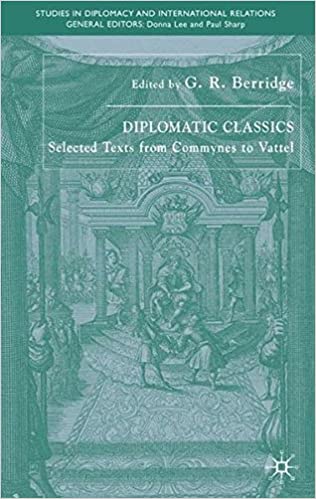
Diplomatic Classics: Selected texts from Commynes to Vattel
The message will focus on highlighting the importance of classic diplomatic texts from Commynes to Vattel in understanding diplomatic history and principles, fostering a deeper comprehension of international relations.

Pragmatics in diplomatic exchanges
Part of Language and Diplomacy (2001): Edmond Pascual interprets diplomatic communication with the linguistic tools of pragmatics. He begins by reminding us that while the diplomat is a "man of action," the particular nature of the diplomat's action is that it consists of speech. Pascual applies three concepts of pragmatics to diplomatic discourse: speech as an intentional act; the effects of the act of speech; and the role of the unsaid in the act of speech.
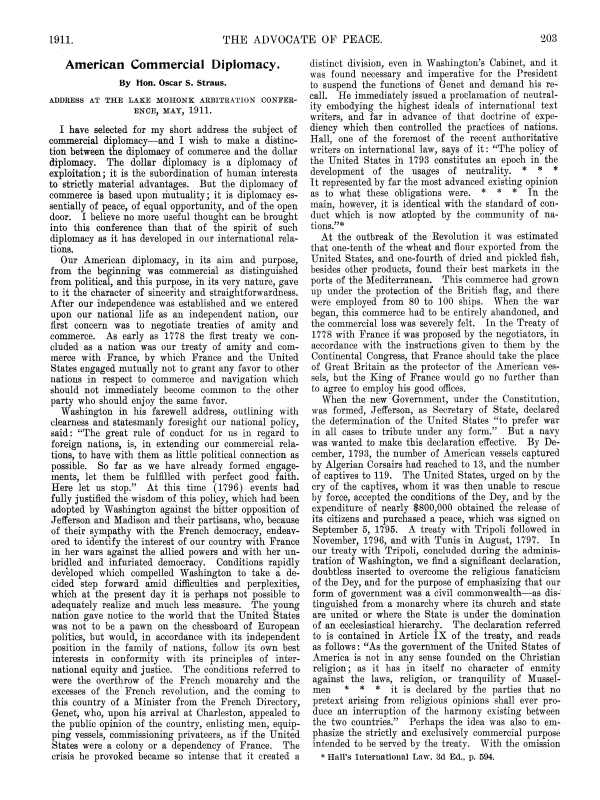
Commercial Diplomacy
The concept of commercial diplomacy involves leveraging international trade and economic relations to achieve diplomatic goals and strengthen international partnerships. It focuses on utilizing economic tools and strategies to advance political objectives and foster cooperation between nations. By integrating economic interests into diplomatic efforts, commercial diplomacy aims to promote mutual benefits and resolve conflicts through trade and commerce. This approach recognizes the interconnectedness of economic and diplomatic activities and seeks to harness the power of commerce to build brid...
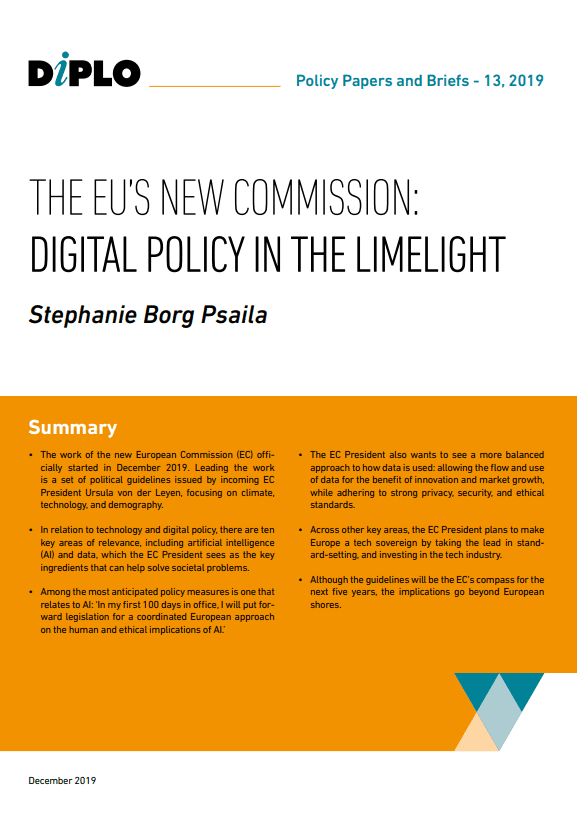
The EU’s New Commission: Digital Policy in the Limelight (Briefing Paper #13)
In this briefing paper, Dr Stephanie Borg Psaila analyses Ursula von der Leyen's new EU Commission's emphasis on digital policy for 2019–2024.
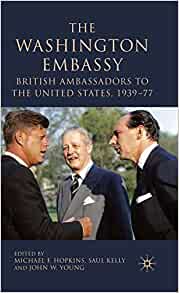
The Washington Embassy: British ambassadors to the United States, 1939-77
The Washington Embassy: British ambassadors to the United States from 1939 to 1977 examines the role and impact of British ambassadors in the United States during this time period.
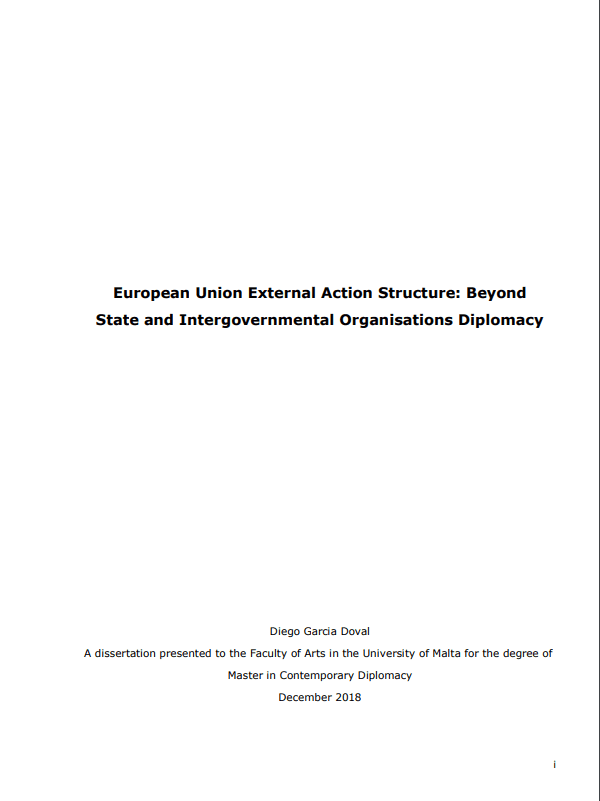
European Union external action structure: Beyond state and intergovernmental organisations diplomacy
This dissertation analyses the organisation of the external action structures of the European Union. As an international actor which is beyond a state, but also different to traditional international organisations, the EU has created a “diplomatic constellation” in which diplomacy from member states is not substituted but complemented by EU external action.
Nation, Class, and Diplomacy: The dragomanate of the British embassy in Constantinople, 1814-1914
In Markus Msslang and Torsten Riotte (eds.), The Diplomats’ World: A Cultural History of Diplomacy, 1815-1914 (Oxford University Press for the German Historical Institute, London: Oxford and New York, 2008), pp. 407-31

Consensus Rule Processes
The text highlights the benefits and challenges of consensus processes, emphasizing that while they ensure decisions meet all parties' interests and garner support, they can be slow, have a high probability of failure, and may not work for quick decisions, favoring those who oppose change and can delay progress by refusing compromise, necessitating control of escalation and skilled facilitation for successful outcomes.

Renegotiating Health Care: Resolving Conflict to Build Collaboration
In the text "Renegotiating Health Care: Resolving Conflict to Build Collaboration," the author elaborates on the importance of resolving conflicts within the healthcare system to foster collaboration and improve patient care.

Economic Geography and International Inequality
The text explores the complicated relationship between economic geography and international inequality, elucidating how spatial factors contribute to disparities in wealth and development across nations.

Twiplomacy Study 2015
The Twiplomacy Study 2015 analyzed the Twitter accounts of 669 heads of state and government, revealing that 86 percent have a presence on the platform. With a combined total of over 300 million followers, these leaders use Twitter for diplomatic relations and communication with citizens and other world leaders. Key findings include the most followed leaders, the most interactive accounts, and the most effective tweets. Twitter is considered an essential tool for modern diplomacy, allowing leaders to connect directly with citizens and shape public opinion on a global scale.
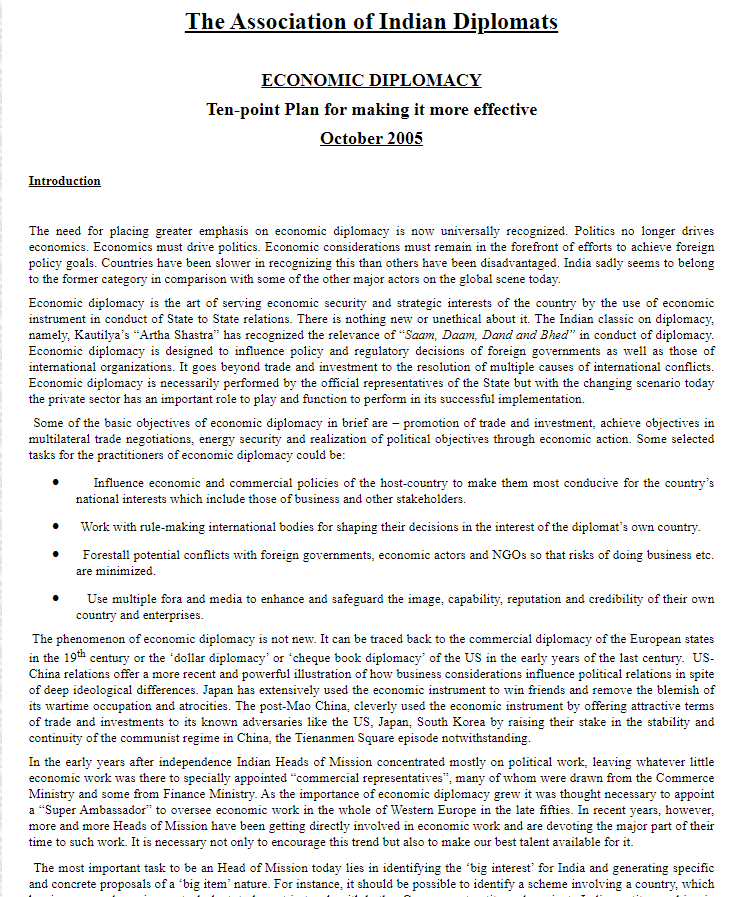
Economic Diplomacy: Ten-point Plan for making it more effective
The message provides a ten-point plan for making economic diplomacy more effective.
U.S. Propaganda in the Middle East – The Early Cold War Version
The text discusses the use of U.S. propaganda in the Middle East during the early Cold War era.

Multistakeholderism is real and can work’
'To the IGF in India I brought the personal challenge to look more deeply into the arguments I was not familiar with, and to try to find the “two sides of a coin” in every speech.' - Raquel Fortes Gatto from Brazil
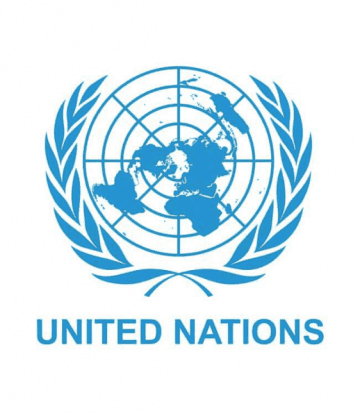
The road to dignity by 2030: ending poverty, transforming all lives and protecting the planet
The message emphasizes the goal of achieving dignity by 2030 through ending poverty, transforming lives, and preserving the environment.

Talking to Americans: Problems of language and diplomacy
Part of Language and Diplomacy (2001): Professor Paul Sharp discusses negotiation with American mediators. He notes that most literature on negotiation is written to advise Americans and other Westerners about negotiating with foreigners.
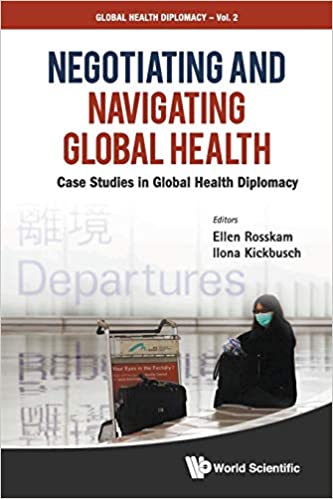
Negotiating and Navigating Global Health: Case Studies in Global Health Diplomacy
The text presents case studies illustrating the complexities and strategies involved in negotiating and navigating global health issues, shedding light on the dynamic intersection of health diplomacy and international relations.
Moving from monologue to dialogue to collaboration: The three layers of public diplomacy
The text discusses the three layers of public diplomacy: moving from monologue to dialogue to collaboration.

Digital diplomacy in the theory and practice of 21st century diplomacy
The book explores how digital diplomacy has transformed international relations by enabling real-time communication, fostering global engagement, and presenting both unprecedented opportunities and critical challenges for states and organizations alike.
Foreign Ministries in Developing Countries and Emerging Markets
The text discusses the importance of foreign ministries in developing countries and emerging markets. It highlights the key role these ministries play in promoting economic development, attracting foreign investment, and fostering international relations. Additionally, it emphasizes the significance of effective diplomacy and strategic communication for these nations to navigate global challenges and opportunities successfully.
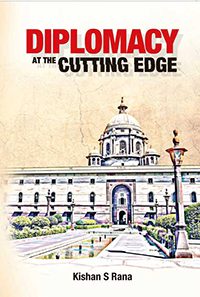
Diplomacy at the Cutting Edge
I started writing a memoire in 1998, but on a long train journey in Germany (Stuttgart to Essen), accompanied by my wonderful wife Mimi, a thought came that it might be much more interesting to write about how the Indian diplomatic system works – or does not really work. That became my first book, Inside Diplomacy (1999). Diplomacy at the Cutting Edge, first published in 2015, is that delayed memoire.
Prenegotiation and Mediation: The Anglo-Argentine Diplomacy after the Falklands/Malvinas War (1983-1989)
This paper studies the process of prenegotiation and the role of mediators during the negotiations between the Argentine and British governments about the dispute over the sovereignty of the Falkland/Malvinas Islands from immediately after the war of 1982 to 1990. In this period, the relationship between both governments evolved from rupture and no-relations to the agreement on the conditions to negotiate the renewal of full diplomatic relations concluded in early 1990. In a preliminary process of prenegotiation, the governments of Switzerland, initially, and the United States played a ro...
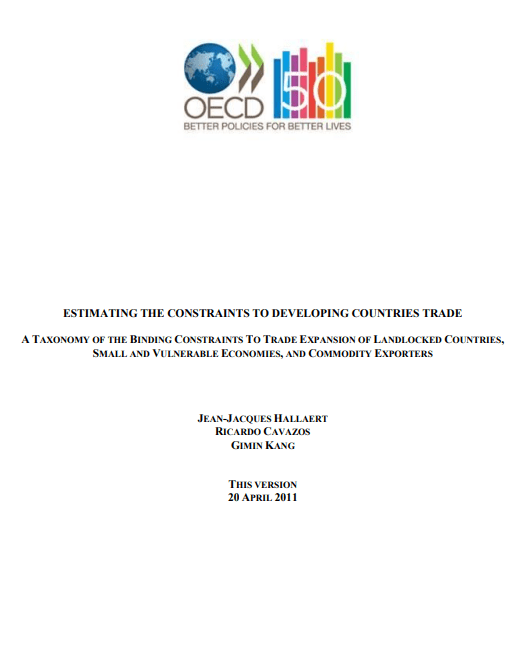
Estimating the Constraints to Developing Countries Trade
The text discusses the challenges that developing countries face in expanding their trade activities due to various constraints such as limited infrastructure, lack of technology, and trade regulations.

The Paris Declaration on Aid Effectiveness and the Accra Agenda for Action
The Paris Declaration and Accra Agenda highlight key principles and actions for improving aid effectiveness in developing countries, emphasizing ownership, alignment, harmonization, managing for results, and mutual accountability among donors and recipients. They aim to enhance the impact of aid by promoting transparency, participation, and partnership in the development process.
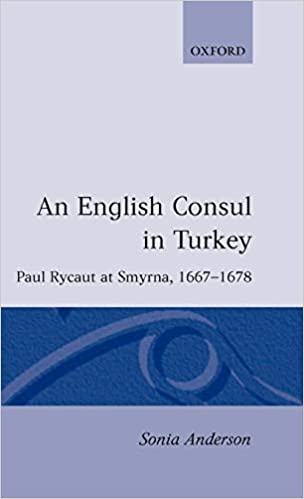
An English Consul in Turkey: Paul Rycaut at Smyrna, 1667-1678
The text discusses the experiences of Paul Rycaut as an English Consul in Smyrna, Turkey, from 1667 to 1678. Rycaut successfully navigated the complex diplomatic and commercial landscape of the Ottoman Empire during his tenure, maintaining good relations with local authorities and overseeing trade agreements. His role as a mediator between European powers and the Ottomans was crucial in ensuring stability and cooperation in the region during this period.
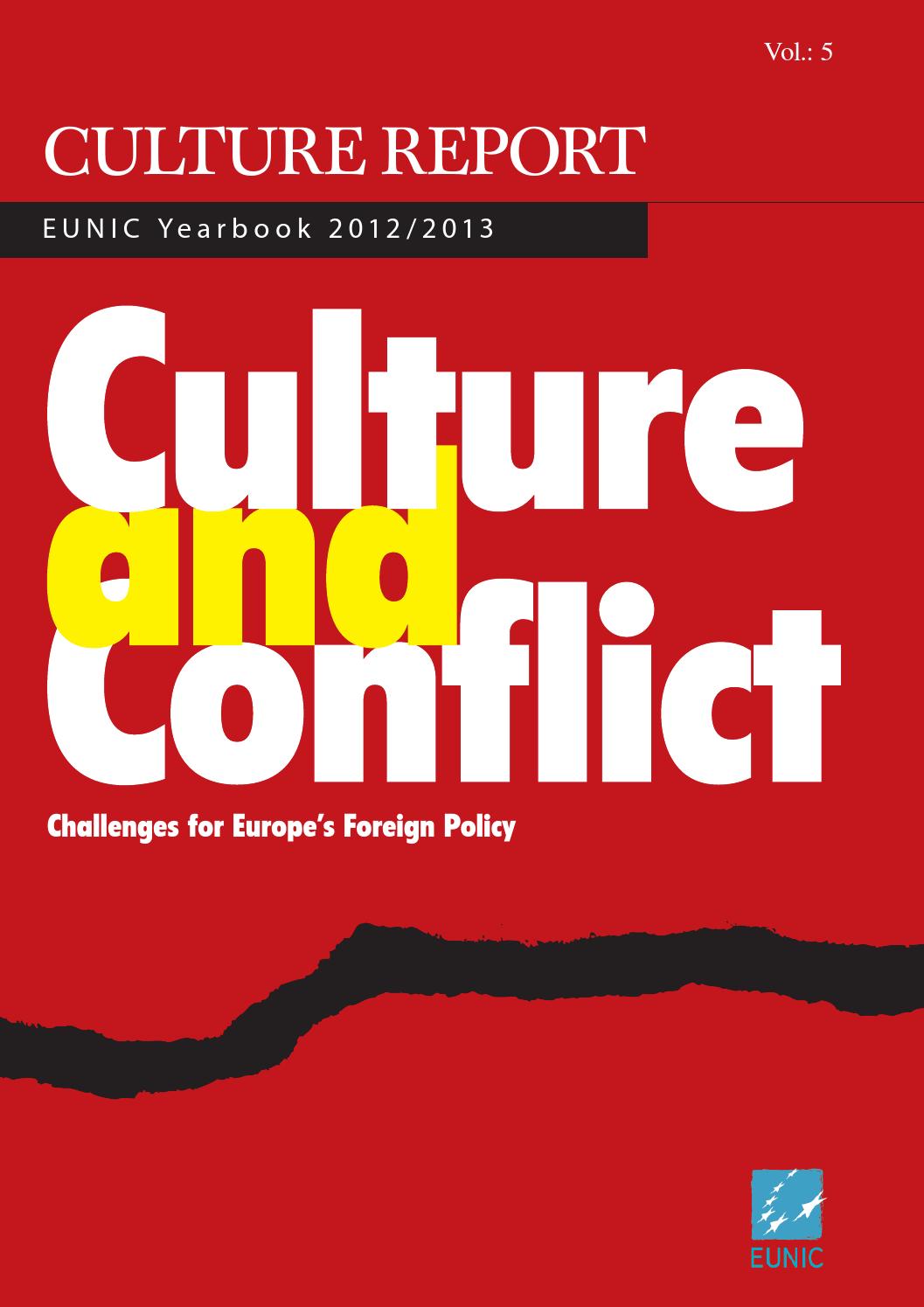
Culture and Conflict: Challenges for Europe’s Foreign Policy
The text discusses the challenges that Europe's foreign policy faces due to cultural differences and conflicts.

Consular Law and Practice, 2nd edn
The author of this book is a member of the US State Department's Senior Executive Service, Chairman of the International Law Association Committee on the Legal Status of Refugees, and Adjunct Professor of Law at the American University. It is not a new book but is still available on demand from OUP (when you look at the price, though, who is holding the pistols is a moot point). The first edition was published in 1961, shortly before consular law was codified in the Vienna Convention on Consular Relations (1963), and the method of the second edition is correspondingly different in emphasis - d...

The Role of Information and Communication Technologies in Diplomacy and Diplomatic Service
Rapid development of information and communication technologies (ICT) has lead to significant changes in social, economical and political relations of the modern society.
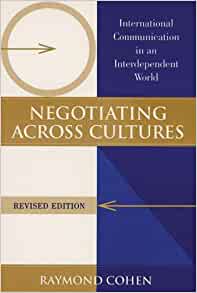
Negotiating across cultures
The text is about the importance of understanding cultural differences in negotiations. It highlights the need for awareness of varying communication styles, etiquette, and values when engaging in cross-cultural negotiations. By acknowledging and respecting cultural nuances, negotiators can build trust, establish rapport, and achieve successful outcomes in diverse settings.
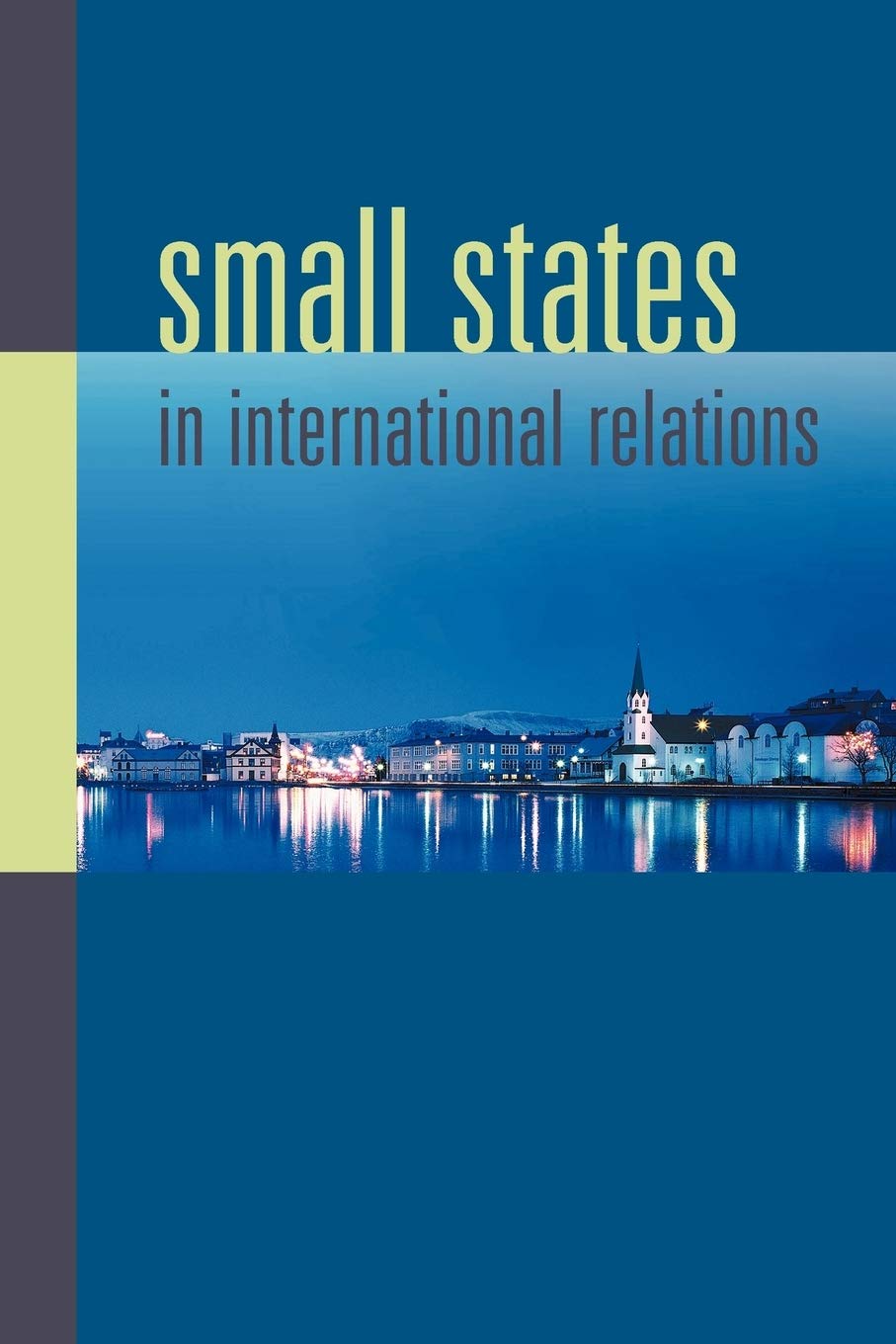
Small States in International Relations
The text discusses how small states navigate the complexities of international relations, highlighting their unique challenges and strategies for exerting influence on the global stage.

Diplomacy of tomorrow
The time of diplomacy is far from over. This paper discusses how its role will become ever more central as most important affairs will have to be handled at global, regional and sub-regional levels.

Re-imagining the future
‘There is so much work still to be done. There are so many unraveling threads. There is so much still to create. There is much need to better use the Internet for development.’ - Sheba Mohammid from Trinidad and Tobago
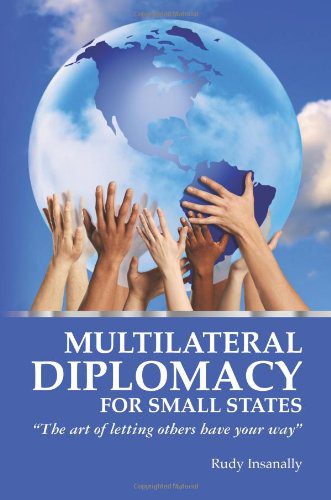
Multilateral Diplomacy for Small States: The Art of Letting Others Have Your Way
Multilateral Diplomacy for Small States: The Art of Letting Others Have Your Way

Diplomacy and Secret Service
Intelligence officers working under diplomatic protection are rarely out of the news for long, and the last two years have been no exception. How did the relationship between diplomacy and secret intelligence come about? What was the impact on it of the bureaucratization of secret intelligence that began in the late nineteenth century? Is diplomatic immunity the only reason why intelligence officers still cluster in embassies and consulates today? What do their diplomatic landlords think about their secret tenants and how do the spooks repay the ambassadors for their lodgings? These are among ...
Making the “other” human: The role of personal stories to bridge deep differences
How do negotiators and other conflict resolution practitioners from different cultures create shared understanding? Is shared understanding enough to bridge deep differences?
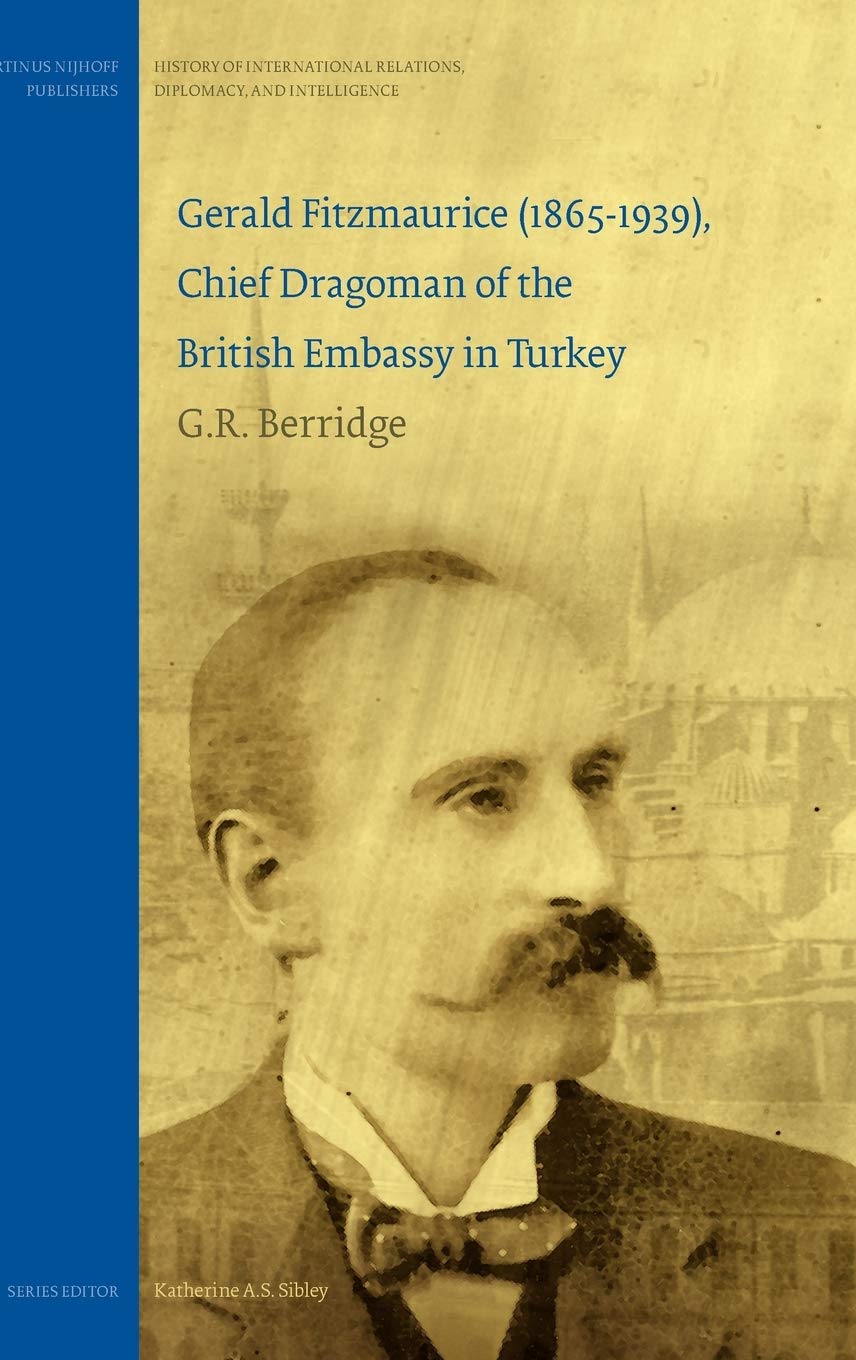
Gerals Firzmaurice (1965-1939), Chief Dragoman of the British Embassy in Turkey
Gerals Fitzmaurice (1865-1939) was the Chief Dragoman of the British Embassy in Turkey.
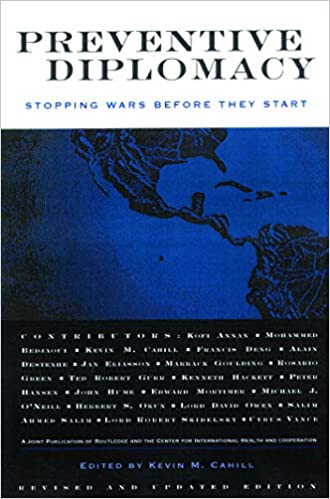
Preventive Diplomacy: Stopping Wars Before they Start
The text discusses the concept of preventive diplomacy as a proactive approach to preventing wars before they begin.
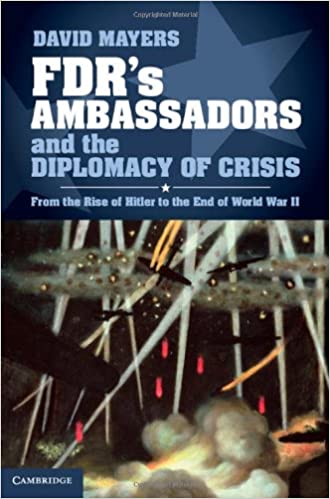
FDR’s Ambassadors and the Diplomacy of Crisis: From the rise of Hitler to the end of World War II
What effect did personality and circumstance have on US foreign policy during World War II? This incisive account of US envoys residing in the major belligerent countries – Japan, Germany, Italy, China, France, Great Britain, USSR – highlights the fascinating role played by such diplomats as Joseph Grew, William Dodd, William Bullitt, Joseph Kennedy and W. Averell Harriman. Between Hitler's 1933 ascent to power and the 1945 bombing of Nagasaki, US ambassadors sculpted formal policy – occasionally deliberately, other times inadvertently – giving shape and meaning not always intended by ...
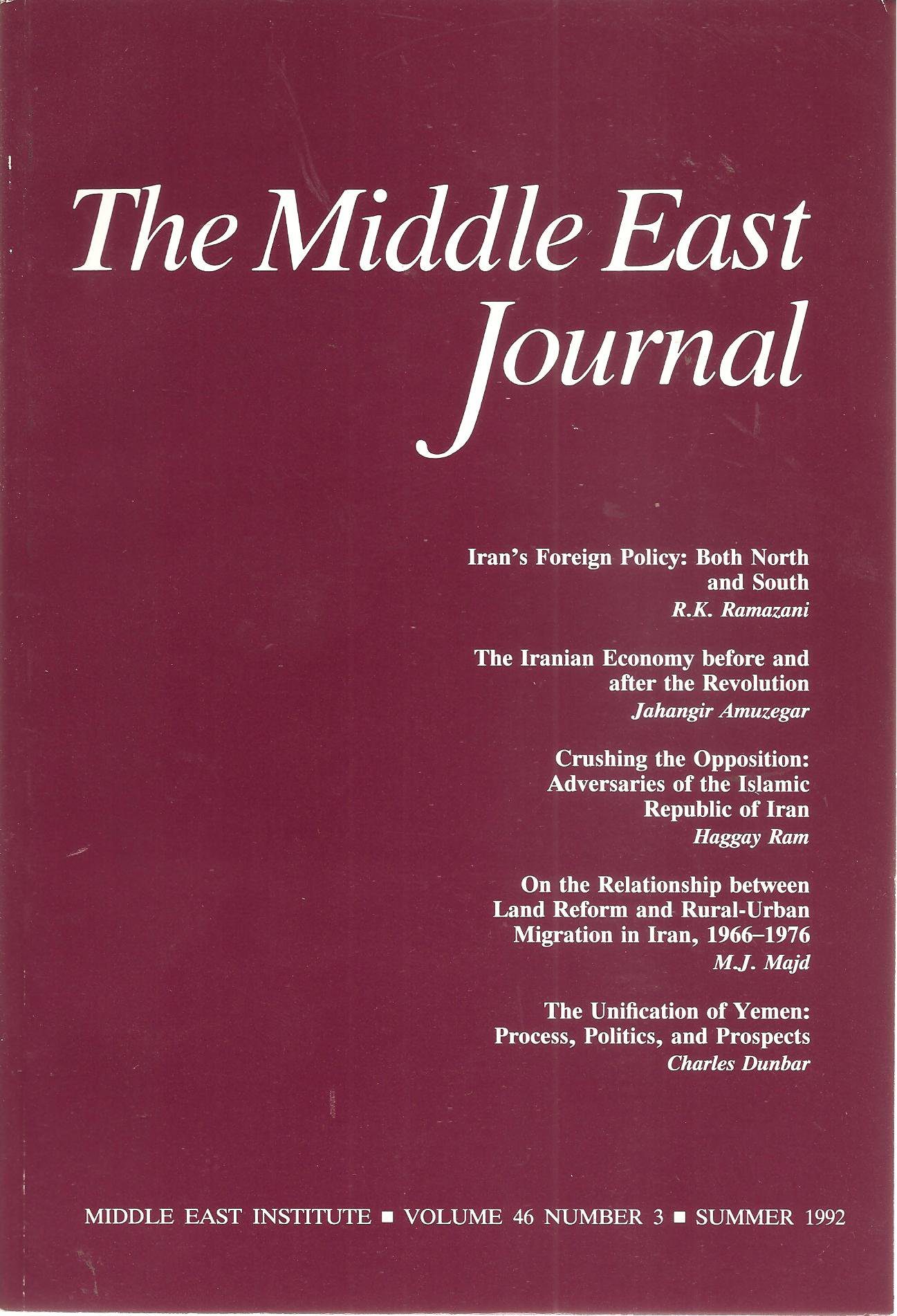
Qatar and the World: Branding for a Micro-State
There are two factors that have shaped Qatar’s integration and place in the international system. The first revolves around the constraints and problems of small states while the second is Qatar’s response — a strategy of branding the state for survival. This article discusses Qatar’s situation as a micro-state and analyzes the nature and success of its response.
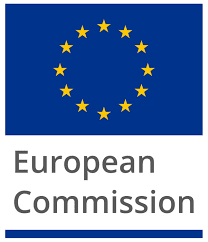
Net neutrality in Europe
The European Union upholds net neutrality, ensuring that all internet traffic is treated equally, without discrimination or interference from internet service providers. This regulation protects consumers' rights to access online content freely and without limitations set by providers.

The transformation of consular affairs: The United States experience
The United States has undergone a significant evolution in consular affairs, largely due to technological advancements and changing global dynamics. This transformation has enabled consular services to become more efficient, accessible, and secure. Modernization efforts include the adoption of biometric data, online appointment systems, and streamlined application processes. As a result, the U.S. consular network is better equipped to serve the needs of citizens, promote national security, and facilitate international travel and trade.
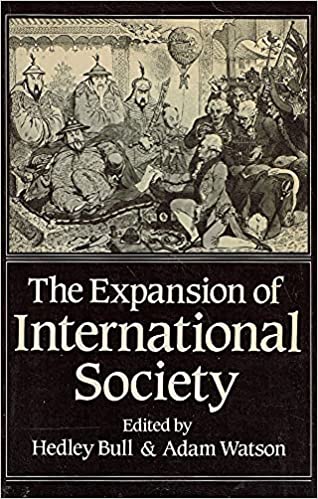
The Expansion of International Society
The text discusses the expansion of international society, highlighting the growth and interconnectedness of nations, cultures, and people globally. It emphasizes the importance of understanding and embracing diversity in order to foster cooperation and mutual respect on a global scale.

Report of the Review Committee on Overseas Representation
The Review Committee on Overseas Representation's report focuses on enhancing global presence and efficiency, recommending streamlining of processes, increased coordination between offices, and leveraging technology for better communication.
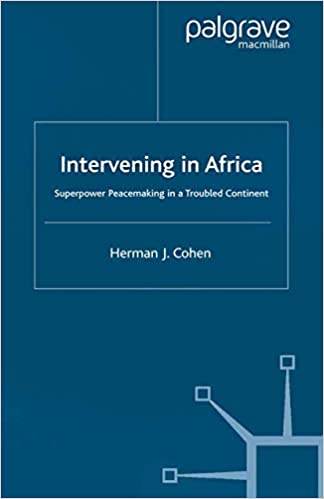
Intervening in Africa: Superpower Peacemaking in a Troubled Continent
The text discusses superpower intervention in Africa for peacekeeping purposes.
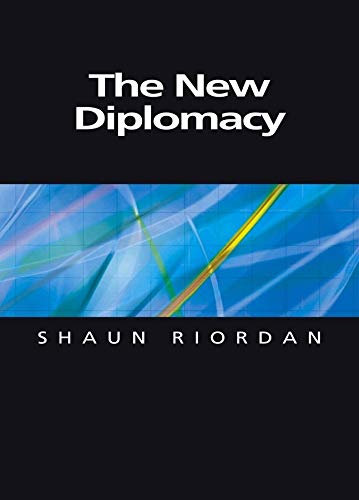
The New Diplomacy
Shaun Riordan was a British diplomat for 16 years before resigning in 2000 to take up private consultancy work and journalism in Spain, where he had ended his diplomatic career as political officer in the embassy. He has written a conceptually flawed, often vague, sometimes contradictory, and essentially polemical attack on 'traditional diplomacy'. It is also peppered with New Labour jargon ('stakeholders', 'global governance', 'civil society'), has its fair measure of superficially examined mantras, misquotes Clausewitz, and sports a shop-soiled title - is he not aware that Abba Ebban publish...

Public diplomacy in Croatia: Sharing NATO and EU values with domestic publics
The importance of public diplomacy in Croatia is highlighted, emphasizing the role of sharing NATO and EU values with domestic audiences to foster understanding and support.

An assessment of economic and commercial diplomacy in micro-states: A case study of Namibia
Economic diplomacy can become an important tool for foreign policy of the government to promote economic interest of Namibia in relation to trade promotion, attracting investment through channels of diplomacy.
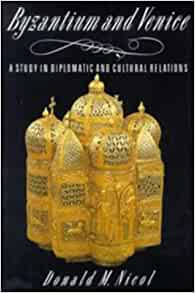
Byzantium and Venice: A study in diplomatic and cultural relations
This book traces the diplomatic, cultural and commercial links between Constantinople and Venice from the foundation of the Venetian republic to the fall of the Byzantine Empire. It aims to show how, especially after the Fourth Crusade in 1204, the Venetians came to dominate first the Genoese and thereafter the whole Byzantine economy. At the same time the author points to those important cultural and, above all, political reasons why the relationship between the two states was always inherently unstable.
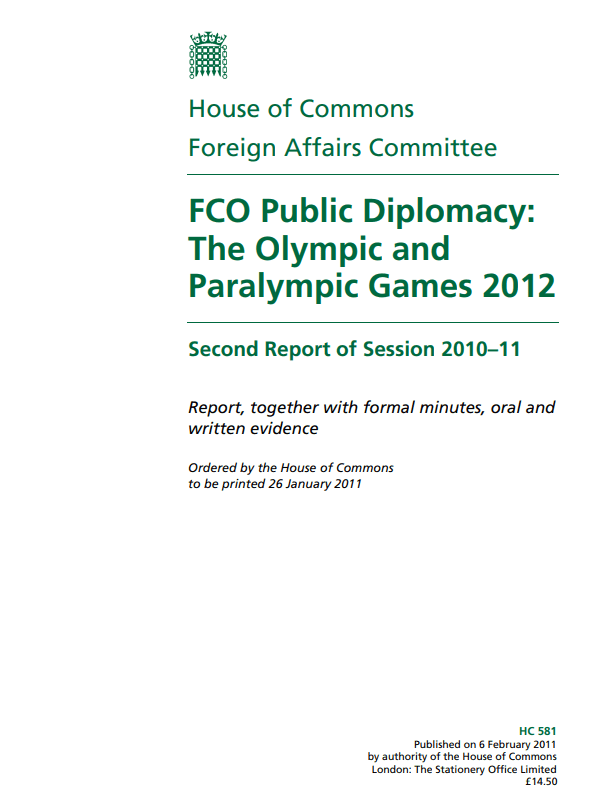
FCO Public Diplomacy: The Olympic and Paralympic Games 2012
The FCO's Public Diplomacy discusses the impact of the 2012 Olympic and Paralympic Games on the UK's international image and relationships. The Games served as a platform for showcasing Britain's creativity and diversity to a global audience. Hosting the Games also presented opportunities for cultural and economic exchanges, contributing to diplomatic efforts and partnerships worldwide.
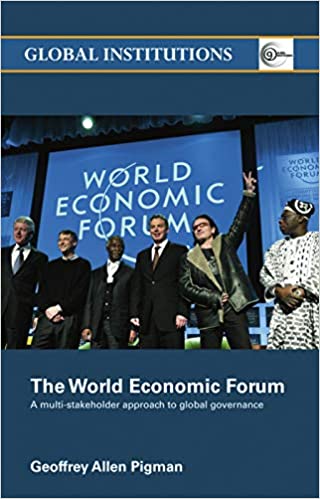
World Economic Forum: A Multi-stakeholder Approach to Global Governance
The World Economic Forum advocates for a multi-stakeholder approach to global governance, emphasizing the importance of collaboration between various sectors to address global challenges effectively. This inclusive method allows for diverse perspectives and expertise to be considered in decision-making processes, fostering innovative solutions and sustainable outcomes for a rapidly changing world.
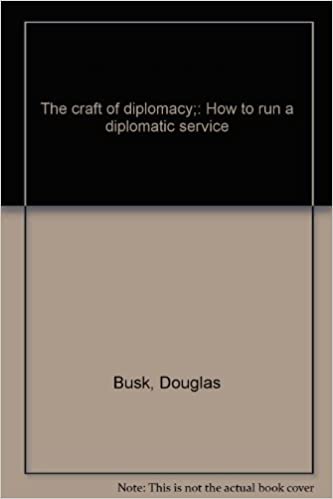
The Craft of Diplomacy: How to Run a Diplomatic Service
The text discusses the key aspects of diplomacy and how to effectively manage a diplomatic service.

The complexification of the United Nations system
The United Nations system has become increasingly complex over time, with the addition of specialized agencies, funds, and programs working alongside the main intergovernmental bodies.
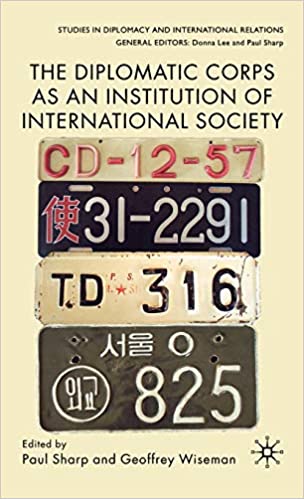
The Diplomatic Corps as an Institution of International Society
The Diplomatic Corps is an institution that plays a crucial role in international society by facilitating communication and negotiation between different countries. It serves as a bridge between nations, fostering peaceful resolutions to conflicts and promoting cooperation on global issues. Diplomats are trained professionals who represent their countries' interests abroad and work to build relationships based on mutual respect and understanding. Through their diplomatic efforts, the Diplomatic Corps helps maintain stability and promote diplomacy in the international arena.
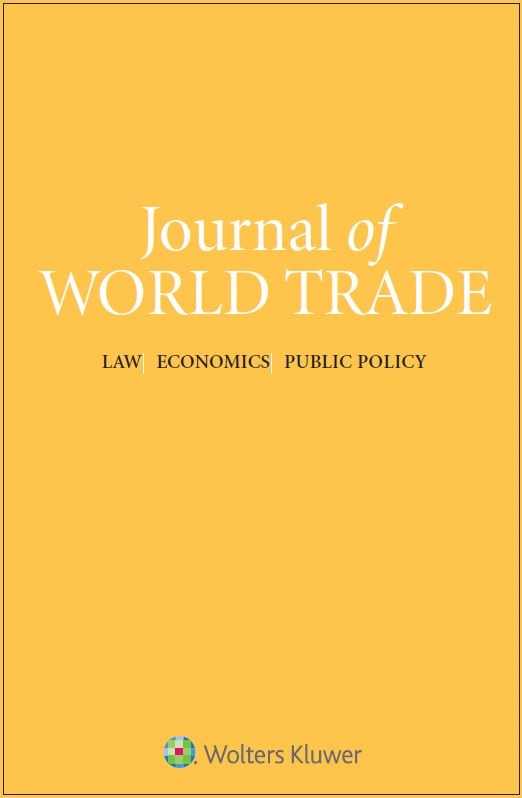
Mainstreaming Development in the WTO
The text discusses the importance of incorporating development goals into the World Trade Organization's (WTO) agenda to ensure more inclusive and sustainable global trade policies. It emphasizes the need for a balance between trade liberalization and development objectives to address the challenges faced by developing countries in the global trading system. It calls for mainstreaming development in the WTO's decision-making processes to promote fair and equitable trade practices that benefit all member countries.
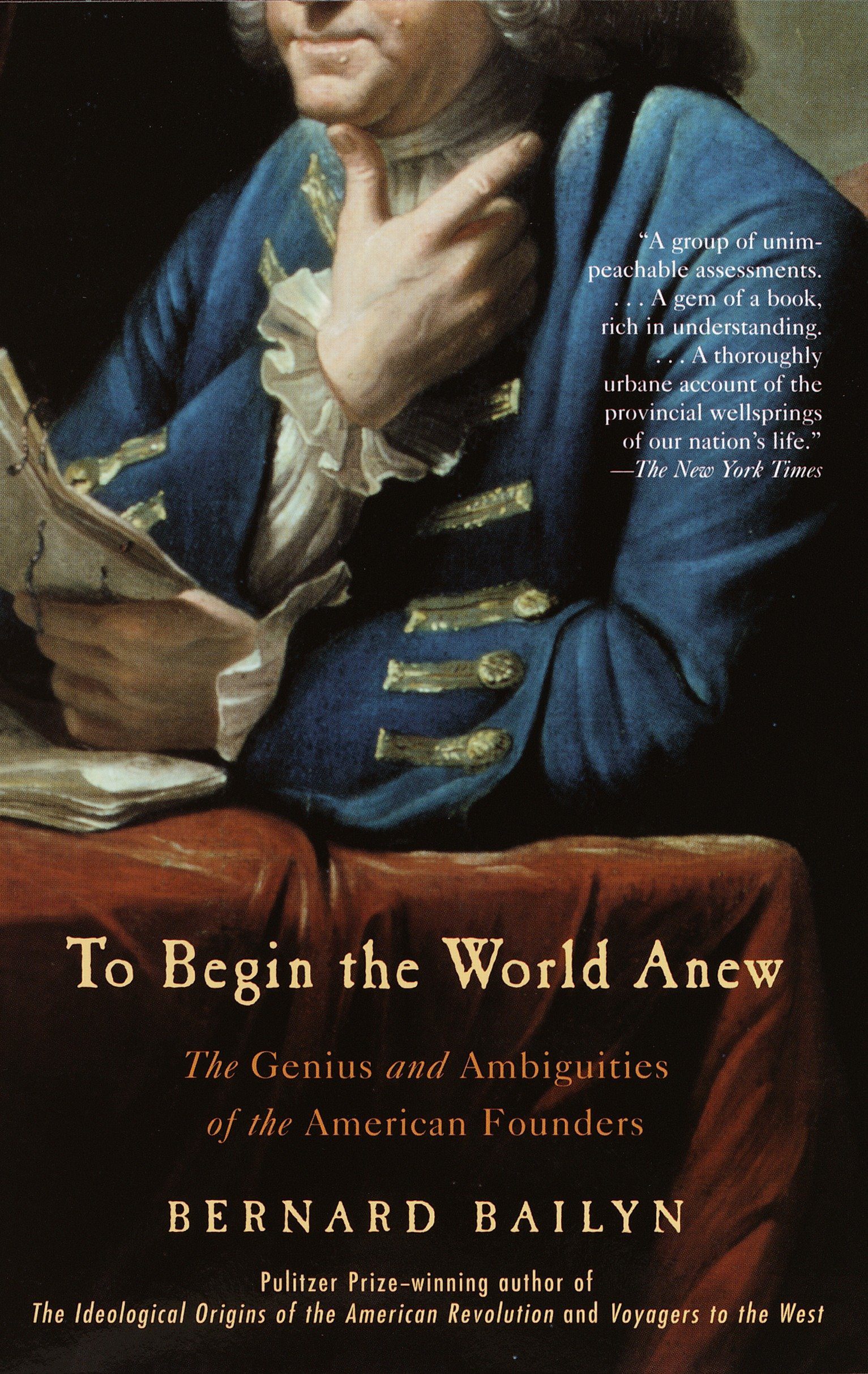
To Begin the World Anew: The Genius and Ambiguities of the American Founders
When I feel dispirited about the current crop of political leaders in Switzerland or around the world, I like to take refuge in one of the most uplifting political stories of mankind – the American Revolution.
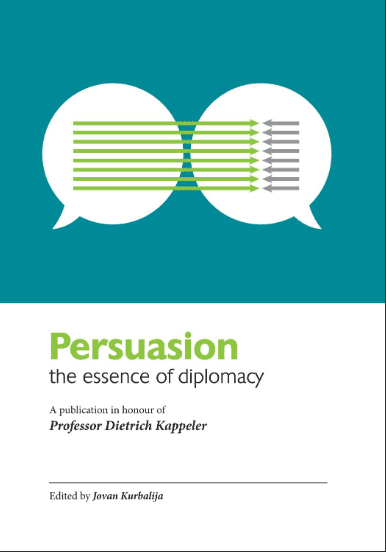
The origins – where is the connection between persuasion and rhetoric?
As ancient rhetoricians believed that language was a potent force for persuasion, they insisted that their students develop copia in all spheres of their art. Copia denotes an abundant and ready supply of language in any situation that arises. Why did ancient teachers of rhetoric insist on this practice? Well, they knew that training their students in different rhetorical arts prepared them for the multitude of communicative and persuasive possibilities that exist in language.
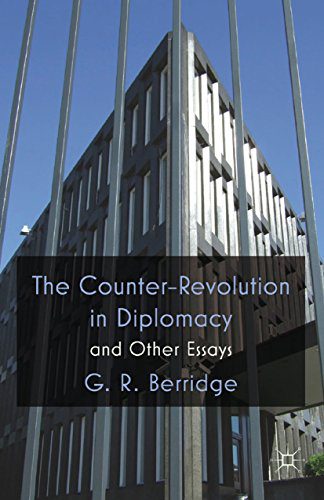
The Counter-Revolution in Diplomacy, and Other Essays
This book brings together for the first time a large collection of essays (including three new ones) of a leading writer on diplomacy. They challenge the fashionable view that the novel features of contemporary diplomacy are its most important, and use new historical research to explore questions not previously treated in the same systematic manner.
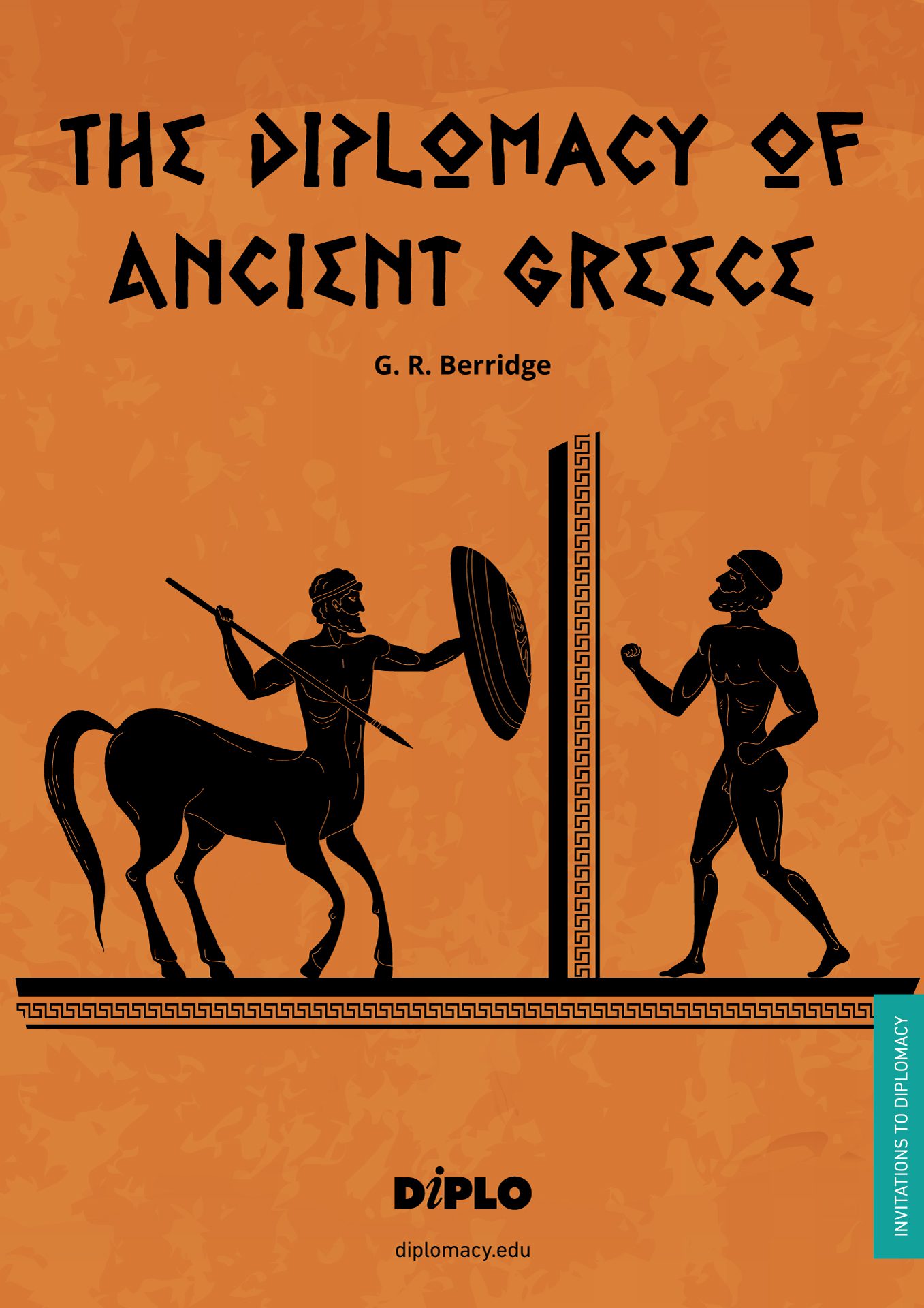
The Diplomacy of Ancient Greece – A Short Introduction
Employed against a warlike background, the diplomatic methods of the ancient Greeks are thought by some to have been useless but by others to have been the most advanced seen prior to modern times.

The role of non-state actors in multistakeholder diplomacy
Raquel Aguirre Valencia gives a detailed study on the role non state actors (NSAs) play in the international arena. In her paper the author identifies many instances where NSAs have played major roles in the decision making process of many organisations such as the UN, WTO and the EU and where these organisations have welcomed and acknowledged the importance of such partnerships.

Health as foreign policy
The text discusses how health is intertwined with foreign policy, highlighting the importance of addressing global health issues in a strategic manner that considers both national and international interests. It emphasizes the need for collaboration between countries to effectively address health challenges and promote overall well-being on a global scale.
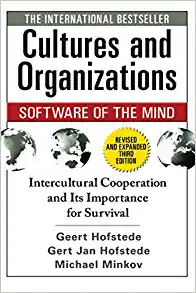
Culture and Organizations: Software of the Mind
This text explores the role of culture in shaping organizations and individuals' behaviors and beliefs. It explains how culture influences the way people act and interact within a specific group or society, serving as a mental software that guides thoughts and actions. Understanding cultural differences is crucial for effective communication and collaboration in diverse settings.

Public diplomacy and soft power
The text explores the concepts of public diplomacy and soft power, elucidating their significance in shaping international relations and promoting a country's influence through attraction rather than coercion.
The Education Millennium Development Goal Beyond 2015: Prospect for Quality and Learners
The text is about discussing the Education Millennium Development Goal post-2015 with a focus on quality and learners.
The Vulnerability of the Small Island Developing States of the Caribbean
The Small Island Developing States of the Caribbean are highly vulnerable to external economic and environmental shocks due to their small size and limited resources, which threaten their sustainability and development.
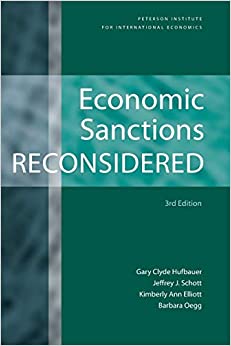
Economic Sanctions Reconsidered
The speech will discuss the effectiveness of economic sanctions.
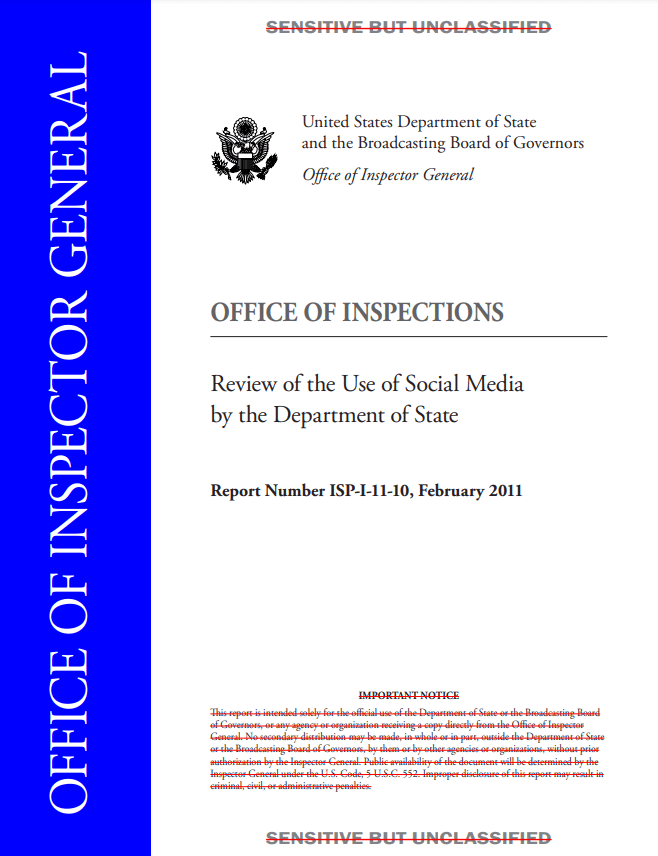
Review of the Use of Social Media by the Department of State
The Department of State's use of social media is reviewed for its effectiveness and potential improvements in engaging with the public and promoting U.S. foreign policy.
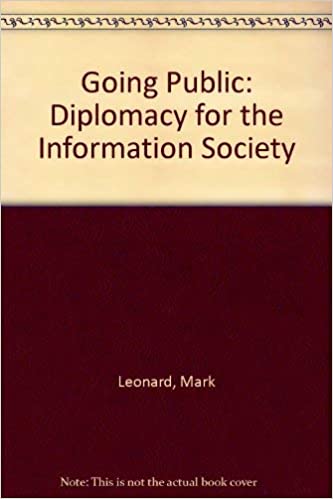
Going Public: Diplomacy for the Information Society
The text is about the importance of public diplomacy in the Information Society.

Small states and NATO: Influence and accommodation
The influence and accommodation of small states within NATO is a vital aspect of the alliance's dynamics. These states play a significant role in shaping NATO's decisions and policies, despite their size. It is essential for NATO to consider the perspectives and needs of small states to ensure their full engagement and commitment to the alliance's collective security goals. Balancing the interests of both small and large states is crucial for NATO's effectiveness and cohesion.
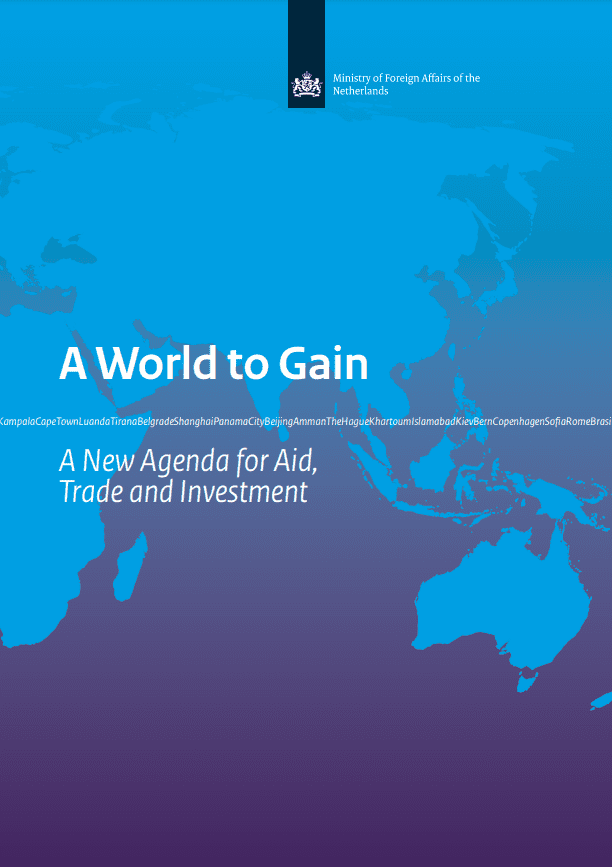
A World to Gain: A New Agenda for Aid, Trade and Investment
A World to Gain: A New Agenda for Aid, Trade and Investment" outlines a comprehensive approach to global development through aid, trade, and investment. It suggests strategies to address economic disparities and foster sustainable growth worldwide. The book advocates for collaboration between countries and institutions to tackle challenges and unlock opportunities for progress on a global scale.
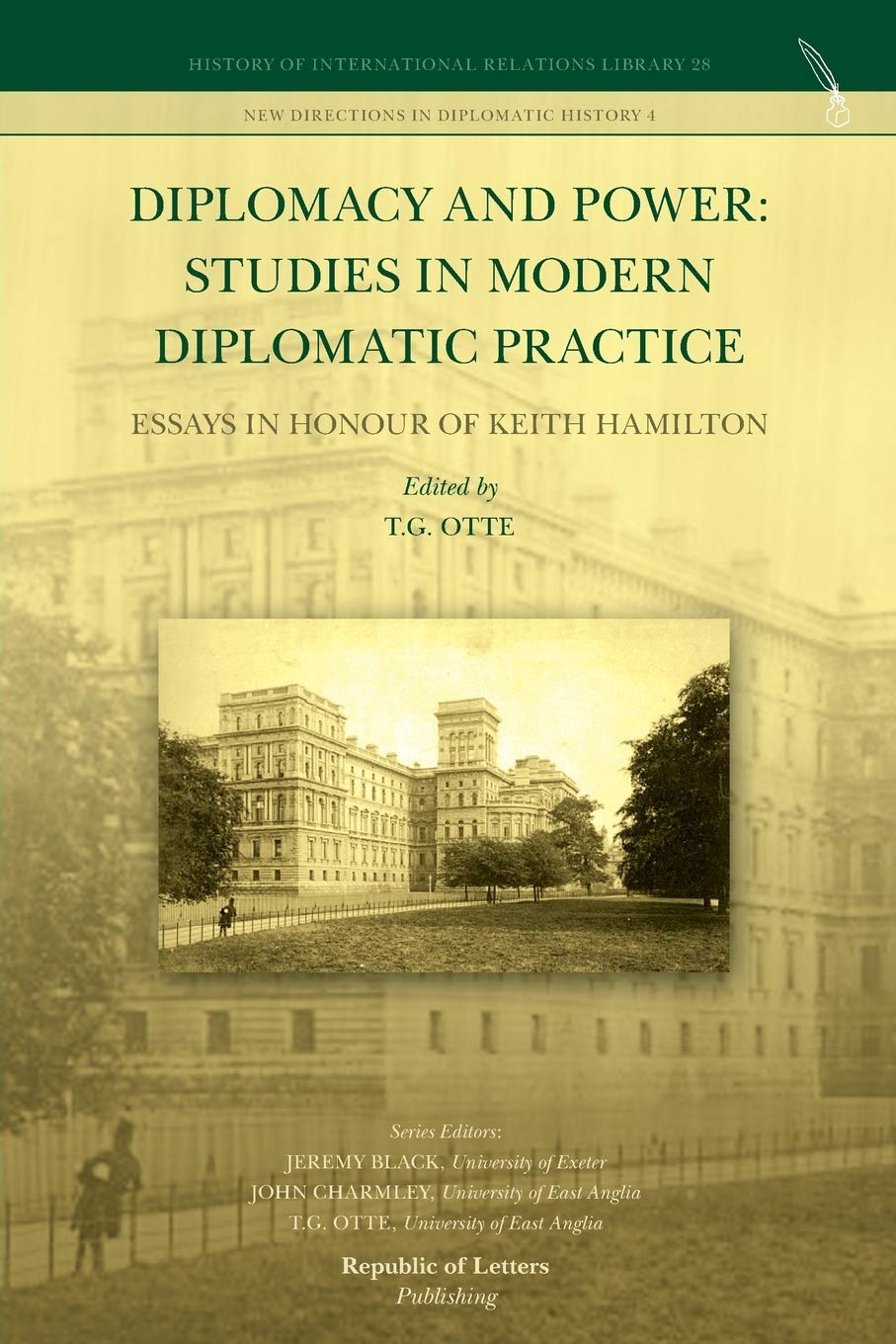
Diplomacy and Power: Studies in Modern Diplomatic Practice
The text explores the complex relationship between diplomacy and power, analysing their interconnectedness and interactions on the global stage.
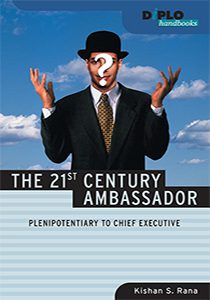
The 21st Century Ambassador: Plenipotentiary to Chief Executive
Ambassador Kishan Rana, a diplomatist for four decades, is now a noted scholar and theorist of international relations and the new diplomacy that has evolved.

Lessons from two fields
A conversation between a diplomat and an interculturalist, combining real-life examples from the diplomatic field with intercultural theory.
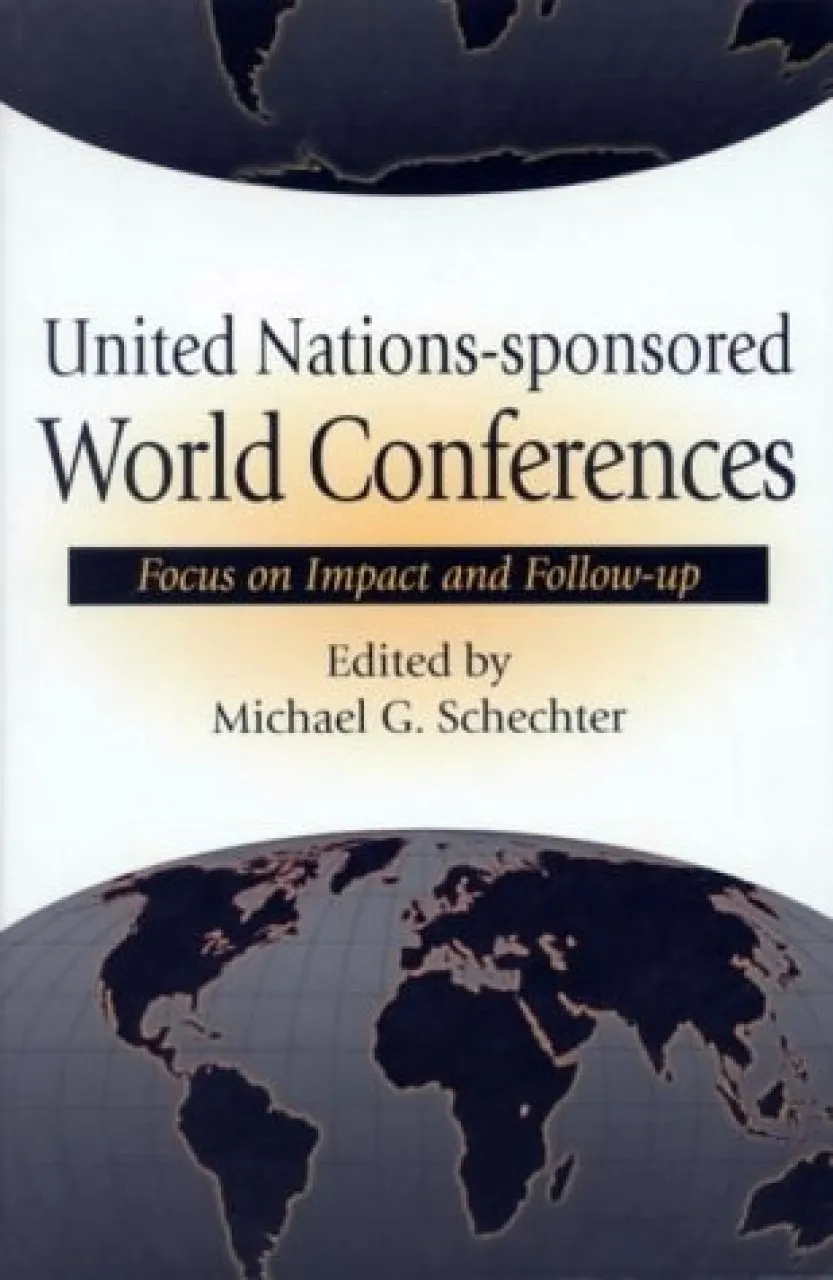
United Nations-Sponsored World Conferences: Focus on Impact and Follow-up
United Nations-sponsored world conferences aim to focus on the impact and follow-up actions of global initiatives.
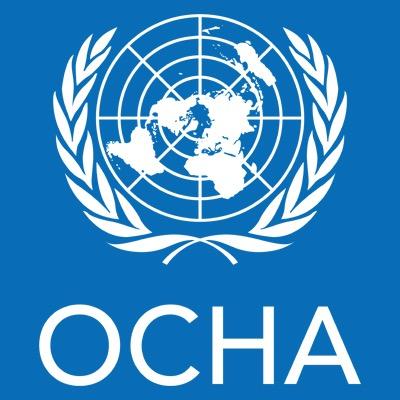
Humanitarian Principles
The text discusses the importance of applying humanitarian principles in aiding vulnerable populations, emphasizing humanity, neutrality, impartiality, and independence. These principles guide humanitarian action, ensuring that assistance is provided solely based on needs and without discrimination. Adhering to these principles helps maintain trust with affected communities and ensures effective and ethical assistance delivery.
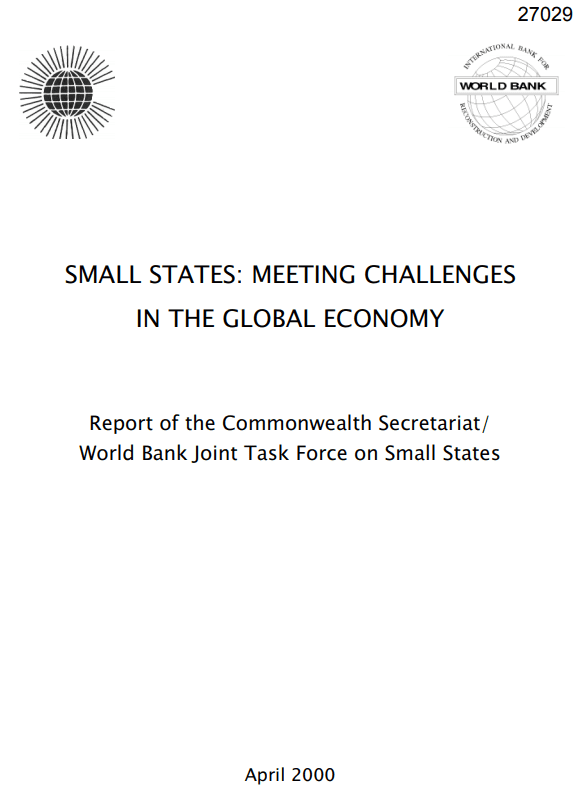
Small States: Meeting Challenges in the Global Economy
The article discusses how small states face unique challenges in the global economy and how they can adapt to overcome these obstacles. It highlights the importance of innovation, strategic partnerships, and leveraging their size to their advantage in order to thrive in the competitive global marketplace. Small states can utilize their flexibility and nimbleness to carve out a niche and find success in the face of larger competitors by focusing on areas where they have a comparative advantage. By embracing innovation and collaboration, small states can position themselves as key players in the...
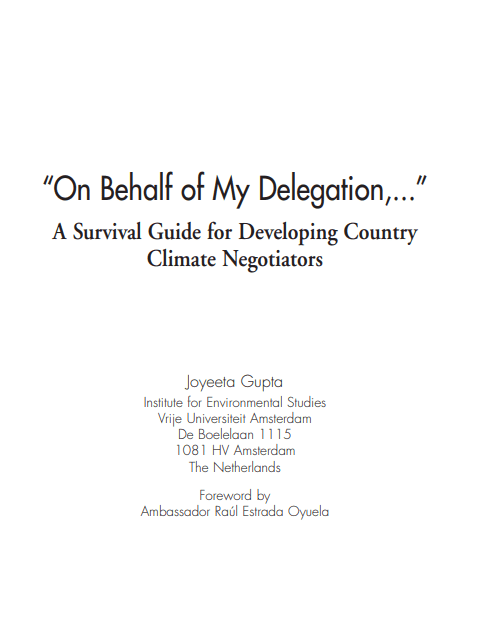
On Behalf of My Delegation,…: A Survival Guide for Developing Country Climate Negotiators
The one hundred pages of this book are in fact a useful Survival Guide for those approaching climate change negotiations for the first time. It has been written for developing country delegates, but delegates from other countries can also profit from its reading the same way that a similar survival guide for industrialized country delegates would be useful for those coming from developing countries, because it is necessary to know both sides of the story
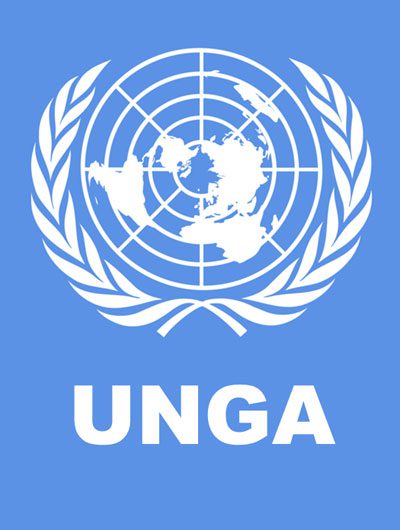
Transforming Our World: The 2030 Agenda for Sustainable Development
Transforming Our World: The 2030 Agenda for Sustainable Development is a comprehensive plan that outlines 17 goals aimed at ending poverty, protecting the planet, and ensuring prosperity for all. It addresses challenges such as climate change, inequality, and peace and justice. The agenda emphasizes the importance of partnerships, data, and financing in achieving these goals. Implementing the agenda requires a collective effort from governments, businesses, civil society, and individuals to create a more sustainable and equitable world by the year 2030.

The impact of cultural diversity on multilateral diplomacy and relations
Basic concepts mean different things in different cultures. In multilateral relations this means that looking at such a concept is always culturally biased. As a result, an interpretation according to one culture also tends to criticise different interpretations according to other cultures. This paper discusses how important it is that diplomats and politicians pay attention to and accept the fact of cultural diversity. If they do, they will understand the underlying causes of many conflicting attitudes and they may become more inclined to seek compromise and consensual approaches rather than ...
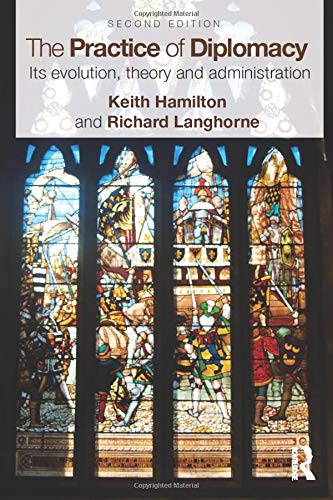
The Practice of Diplomacy: Its evolution, theory and administration
First published in 1995, the long-awaited second edition of this valuable textbook on the history of diplomacy has at last appeared. The first chapter has been expanded to include non-European traditions, and a wholly new chapter has been added to take account of developments over the last 15 years. It is for the main part a work of relaxed authority, clearly written, and – unusually for an introductory work – full of intriguing detail which it would be difficult if not impossible to find in other secondary sources.
The Grand Decade for Global Health: 1998-2008
Jon Lidén's text examines the significant developments and achievements in global health during the pivotal period from 1998 to 2008, highlighting key initiatives and challenges that shaped the landscape of public health on a global scale.

Post Cold War diplomatic training
Victor Shale's paper refers to a specific time period: the post-Cold War period which brought about new forms of conflicts, and high levels of terrorism. In the light of the change in traditional diplomacy, his paper examines multistakeholder diplomatic training and its importance as an approach in penetrating different cultures, and examines whether this approach could be used to minimise intractable conflicts.
Understanding the Digital Divide
The digital divide refers to inequalities in access to and usage of technology. Factors such as income, education, geography, and age can contribute to this gap. Bridging this divide is crucial for ensuring equal opportunities for all individuals in today's technologically-driven world.

Persuasion: importance of trust, relevance for small states, and limitations of computers
Dr George Vella, Minister of Foreign Affairs of Malta, argues that persuasion is central not only to diplomacy but also to society in general. He highlights three aspects of persuasion. First is the high importance of trust for persuasion: trust creates the context in which persuasion can be used.
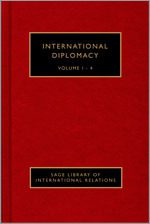
International Diplomacy Volume II: Diplomacy in a Multicultural World
The text discusses the importance of multiculturalism in diplomacy to achieve mutual understanding and cooperation among nations, emphasizing the significance of cultural sensitivity and respect in international relations.
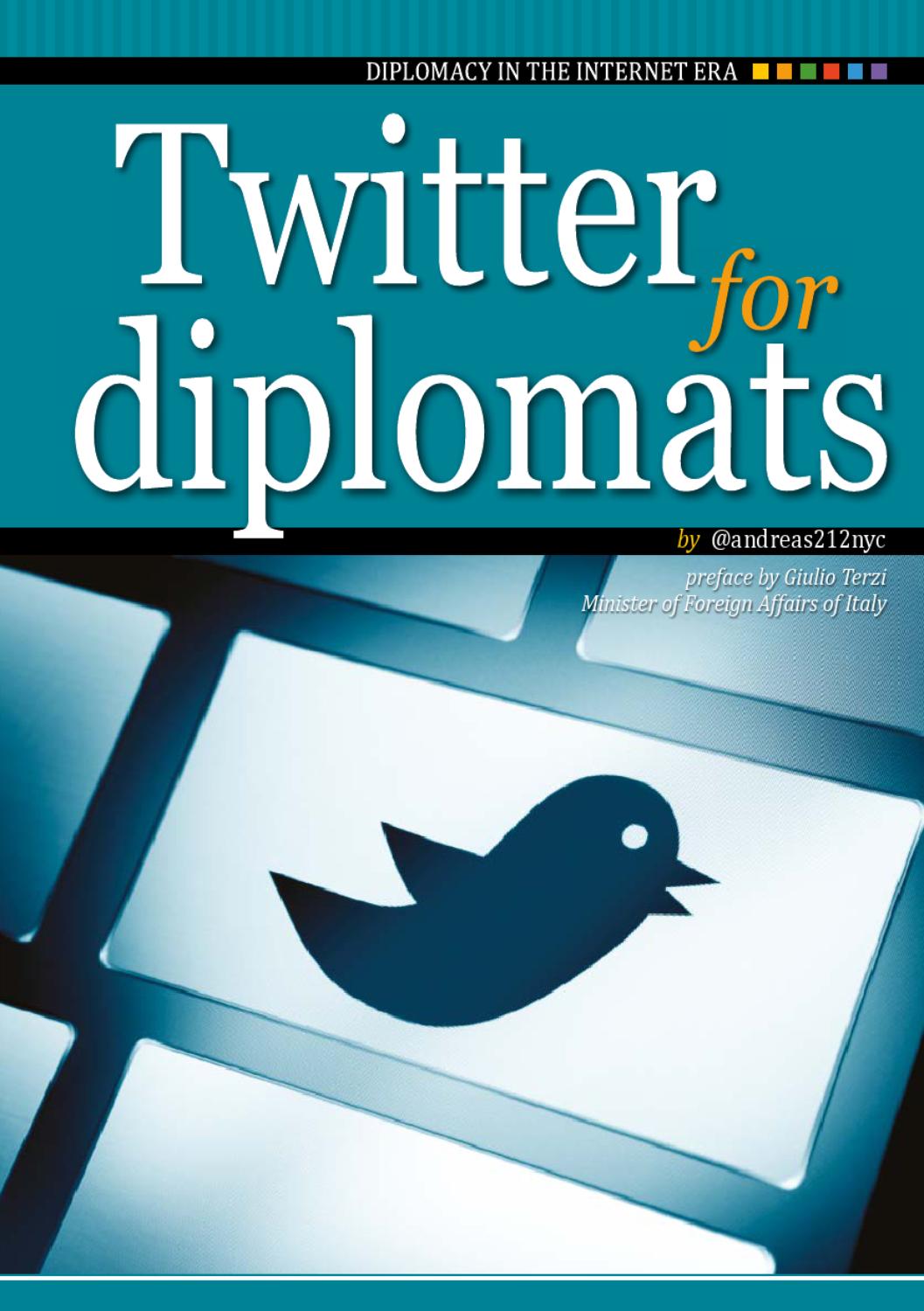
Diplomats on Twitter: The good, the bad and the ugly
The article discusses how diplomats are using Twitter, highlighting both the positive and negative aspects of their presence on the platform.

Organisational culture of UN agencies: The need for diplomats to manage porous boundary phenomena
The goal of this article is to introduce readers to the complexity of the organisational culture of UN agencies in order to limit possible misunderstandings about the functioning of the UN and its agencies and in order to make diplomatic interactions with UN agencies as efficient and as effective as possible.
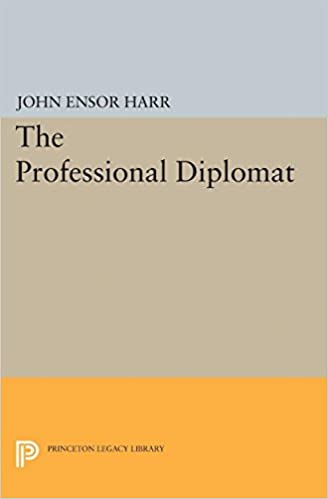
The Professional Diplomat
The message provides guidance and advice on professionalism and diplomacy in interpersonal interactions. It emphasizes the importance of maintaining composure, being respectful, and considering others' perspectives in order to navigate social situations effectively.
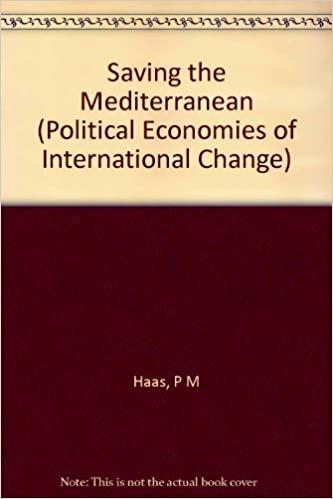
Saving the Mediterranean: The Politics of International Environmental Cooperation
The text discusses the complexities of international environmental cooperation in the Mediterranean region, focusing on the political aspects involved in efforts to save the environment.
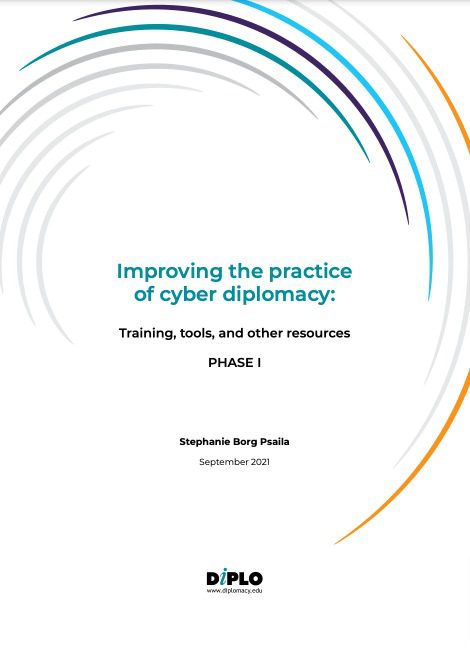
Improving the practice of cyber diplomacy: Training, tools, and other resources – Phase I
Cyber diplomacy, the conduct of diplomacy with respect to a state’s interests in cyberspace, is too important to ignore. Yet, the participation of countries is far from ideal.
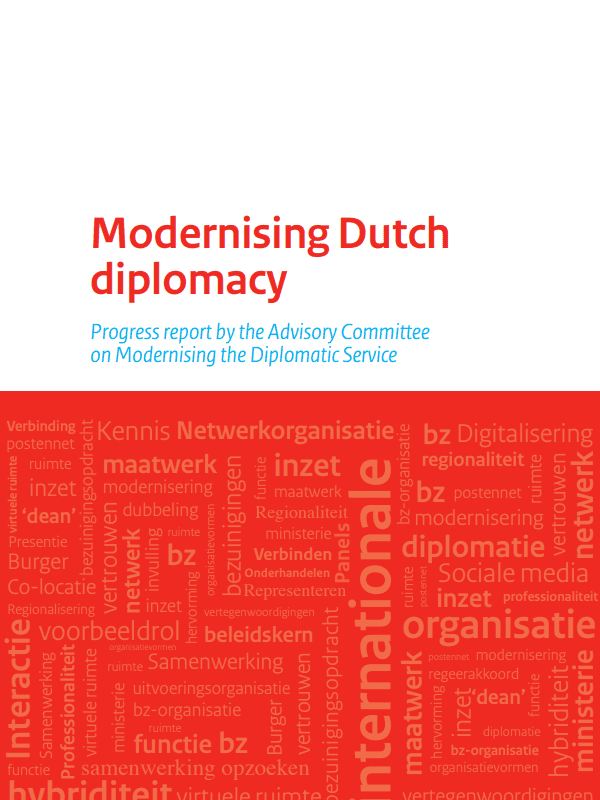
Modernising Dutch Diplomacy
The Dutch government is making investments in the modernization of its diplomatic services to enhance its efficiency, effectiveness, and digital capabilities. This upgrade aims to position the Netherlands as a leader in global diplomacy by adapting to the changing international landscape and embracing innovation.

Digital Diplomacy as a foreign policy statecraft to achieving regional cooperation and integration in the Polynesian Leaders Group
Established in 2011, the Polynesian Leaders Groups serves to fulfill a vision of cooperation, strengthening integration on issues pertinent to the region and to the future of the PLG. Its nine – American Samoa, French Polynesia, Niue, Cook Islands, Tokelau, Tuvalu, Tonga and Wallis Futuna, is argued to have strength in numbers, resources and diversity, and a positive addition to the growing regional diplomacies in the South Pacific.
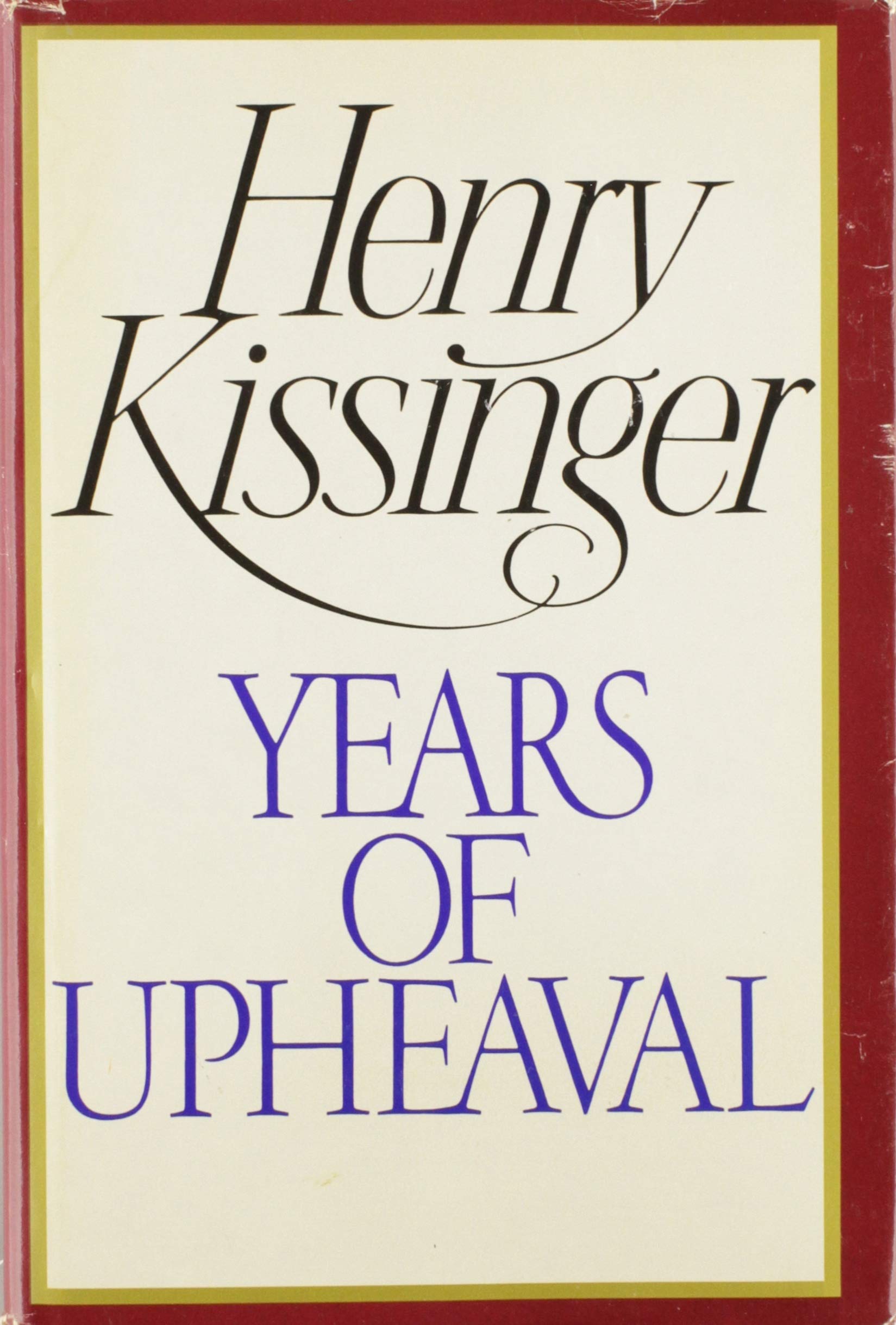
Years of Upheaval
The text discusses the challenges and changes experienced over several years.

Governance Challenges in Global Health
Global health is at the threshold of a new era. Few times in history has the world faced challenges as complex as those now posed by a trio of threats: first, the unfinished agenda of infections, undernutrition, and reproductive health problems; second, the rising global burden of noncommunicable diseases and their associated risk factors, such as smoking and obesity; and third, the challenges arising from globalization itself, such as the health effects of climate change and trade policies, which demand engagement outside the traditional health sector.1 These threats are evolving within a...

The Internet and diplomats of the 20th century
The Internet and diplomats of the twenty century: how new information technologies affect the ordinary work of diplomats.
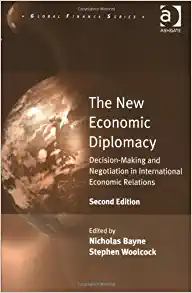
The New Economic Diplomacy
The New Economic Diplomacy focuses on how the intersection of economics and foreign policy is shaping international relations in the modern world. It discusses how economic tools are increasingly being used to achieve political objectives and how countries are utilizing economic diplomacy to advance their interests on the global stage. This shift towards a more economically driven approach to diplomacy reflects the changing dynamics of international relations and highlights the growing importance of economic considerations in foreign policy decision-making.
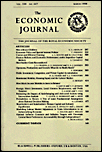
Development Effectiveness: What Have We Learnt?
The text discusses lessons learned regarding development effectiveness.

Management of Natural and Environmental Disasters in Small Island Developing States
The message emphasizes the importance of disaster management in small island developing states due to their vulnerability to natural calamities. These states face unique challenges like limited resources, geographic isolation, and climate change impact. Capacity building, international cooperation, and innovative solutions are suggested as key strategies to enhance disaster resilience in these vulnerable regions.
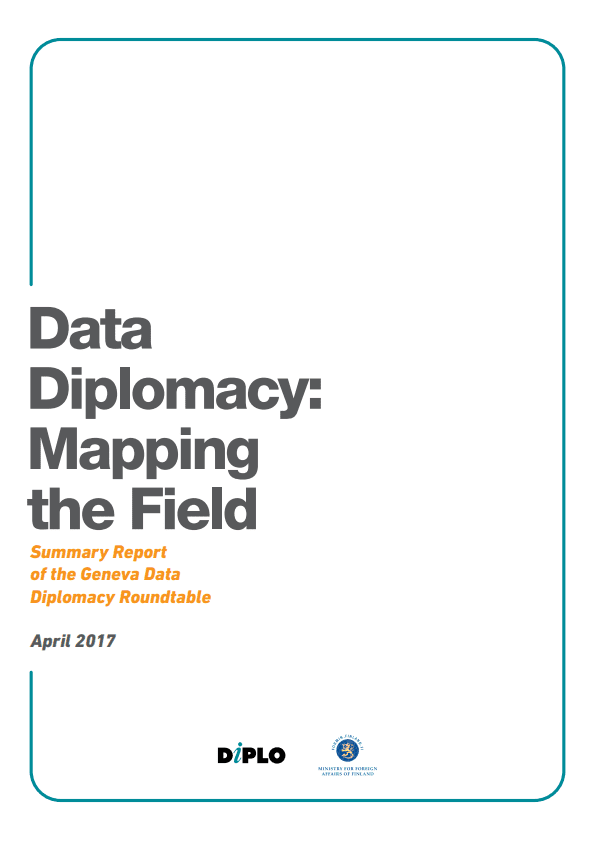
Data Diplomacy: Mapping the Field
The adoption of open data policies and the standardization of data collection were among the recommendations made during DiploFoundation's Data Diplomacy Roundtable: Mapping the Field, a brainstorming event that took place on 5 April 2017 – on the role of (big) data in international affairs and diplomacy.
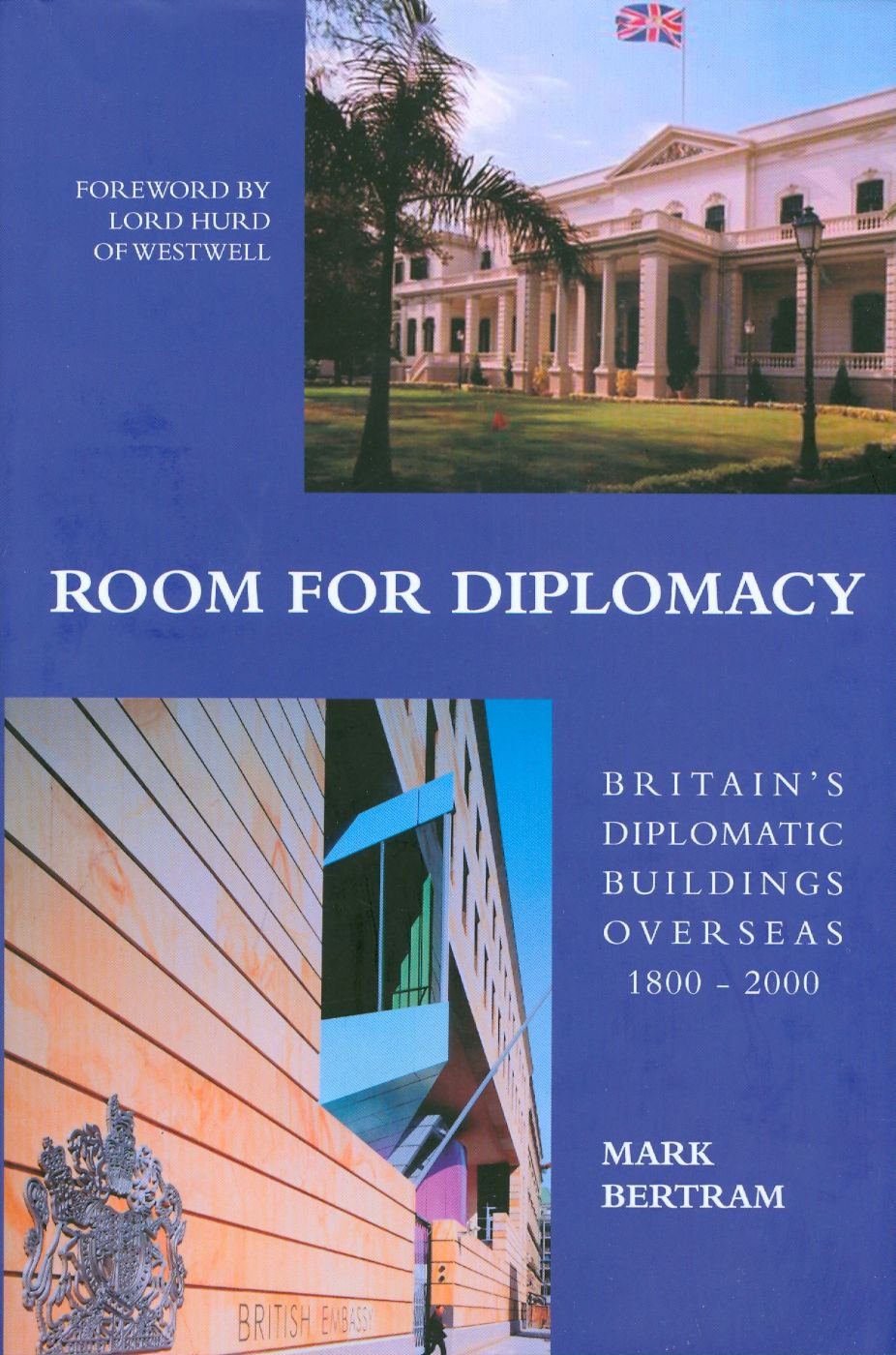
Room for Diplomacy: The history of Britain’s diplomatic buildings overseas, 1800-2000
Mark Bertram joined the Ministry of Public Buildings and Works after reading architecture at Cambridge and remained in the civil service as architect, project manager, administrator, estate manager and – in his own words – ‘quasi diplomat’ for the next thirty years.

Misunderstood: The IT manager’s lament
Communication between information technologists and their clients – including diplomats - does not work as well as it should. We know that information technology has become ubiquitous. We also know that diplomats rely extensively on web services, electronic mail and documents in electronic form. Yet when communication does not work well, technologists poorly understand the needs of the diplomatic community. As a result, technical solutions may not address the real needs of end-users. This paper is a study on inter-professional miscommunication.

A New Wave for the Reform of the Security Council of the United Nations: Great Expectations but Little Results
The reform of the Security Council of the United Nations (UNSC) has been an elusive issue at the United Nations (UN). While practically all Member States agree on the need to change the structure of the most powerful body of the world organization, so far there has been no agreement about what elements of that reform or about the substance of the reform itself.
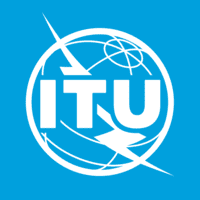
Measuring the Information Society Report 2015
The Measuring the Information Society Report 2015 provides insights into trends related to information and communication technologies globally.

Language and Diplomacy
Language and Diplomacy is a collection of papers presented at the February 2000 Second International Conference on Knowledge and Diplomacy and the January 2001 Conference on Language and Diplomacy. The book examines traditional aspects of language in diplomacy: diplomatic signaling, rhetorical patterns and ambiguities; as well as new issues raised by information technology. The publication is available online.

The impact of the Internet on diplomatic reporting: how diplomacy training needs to be adjusted to keep pace
Over the last 20 years, the Internet has changed the ways in which we work, how we socialise and network, and how we interact with knowledge and information.
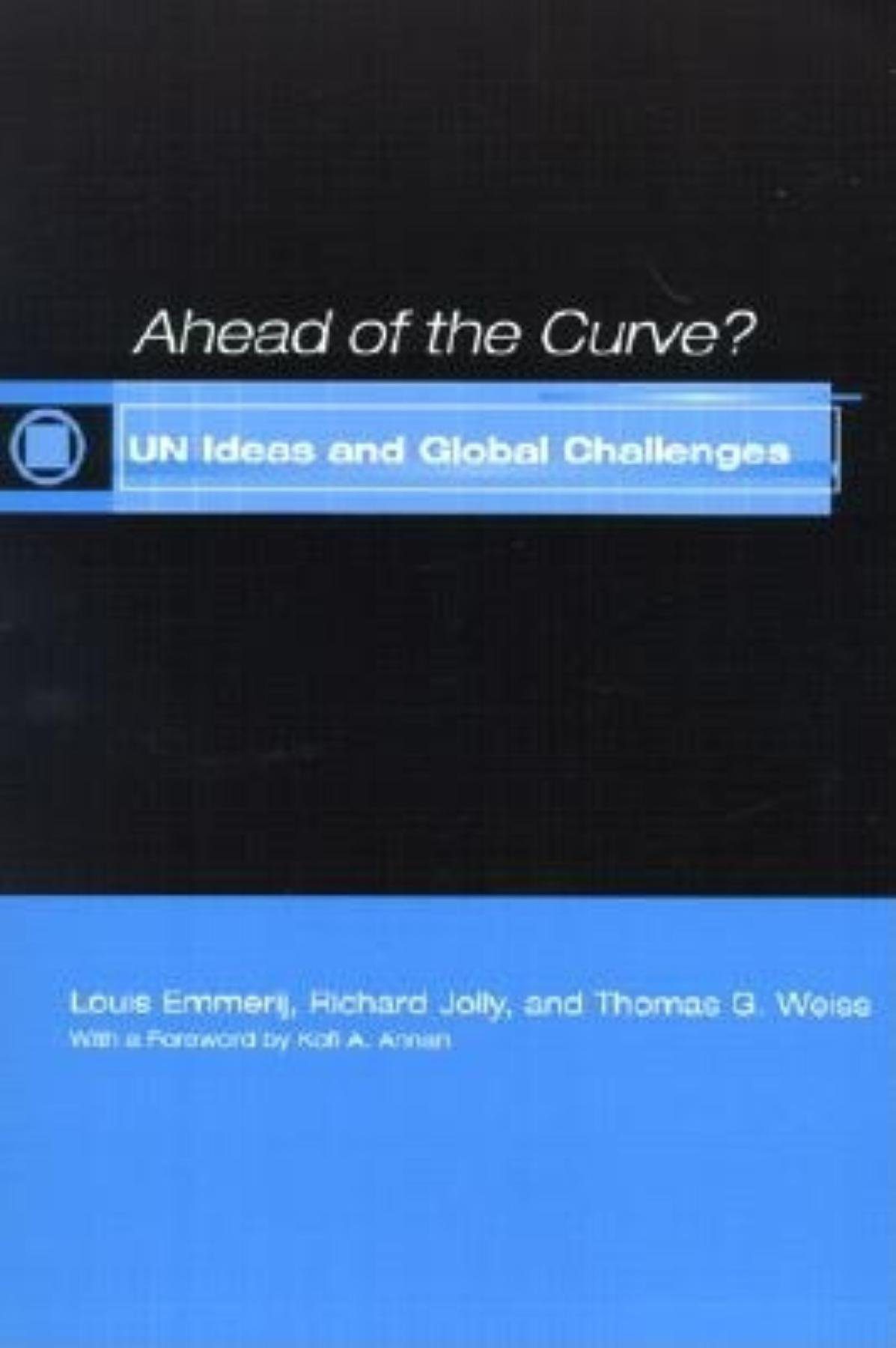
Ahead of the Curve? UN Ideas and Global Challenges
Ideas and concepts are arguably the most important legacy of the United Nations. Ahead of the Curve? analyzes the evolution of key ideas and concepts about international economic and social development born or nurtured, refined or applied under UN auspices since 1945. The authors evaluate the policy ideas coming from UN organizations and scholars in relation to such critical issues as decolonization, sustainable development, structural adjustment, basic needs, human rights, women, world employment, the transition of the Eastern bloc, the role of nongovernmental organizations, and global govern...
Summitry as intercultural communication
In one of his last essays before his premature death in 1972, Martin Wight described international conferences as ‘the set pieces punctuating the history of the European states-system, moments of maximum communication’.
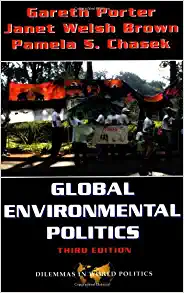
Global Environmental Politics
Global Environmental Politics discusses the intricate relationships between politics, society, and the environment. It delves into how political decisions impact environmental issues and how societal actions can influence political agendas regarding global environmental challenges. By examining the interplay between various stakeholders, policies, and power dynamics, the book sheds light on the complexities of environmental governance on a global scale.

Knowledge management and diplomatic training – new approaches for training institutions
Dietrich Kappeler analyses the new approaches for training institutions in knowledge management and diplomatic training, departing from the premise that a distinction is important between personal characteristics and qualities of the diplomat on one hand, and the knowledge and skills he needs to do his job on the other.
The Limits of Neorealism
The Limits of Neorealism

From Harmonising Cyberpolicies to Promoting Twiplomacy: How Diplomacy Can Strengthen Asia-Europe’s Digital Connectivity
This text was published in the ASEF Outlook Report 2016/2017.
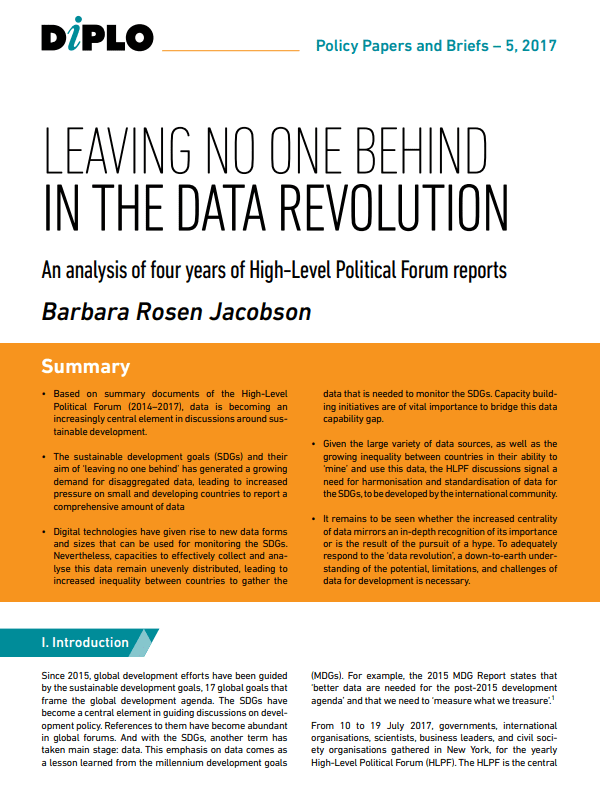
Leaving No One Behind in the Data Revolution (Briefing Paper #5)
The text offers policy recommendations and insights on cybersecurity, focusing on building resilience, fostering cooperation, and addressing challenges in the digital domain.

Beyond diplomatic – the unravelling of history
In his paper, Robert Alston travels through time to rekindle an important highlight – as well as a personal highlight – in the history of knowledge management. His journey takes him back to the 1850s, which saw Antonio Panizzi’s efforts in creating a universal repository of knowledge in the British Museum; and to the 1990s, a time in which he acquired first-hand experience at the same museum, drawing conclusions on the various available ways of navigating large bibliographical and archival databases.
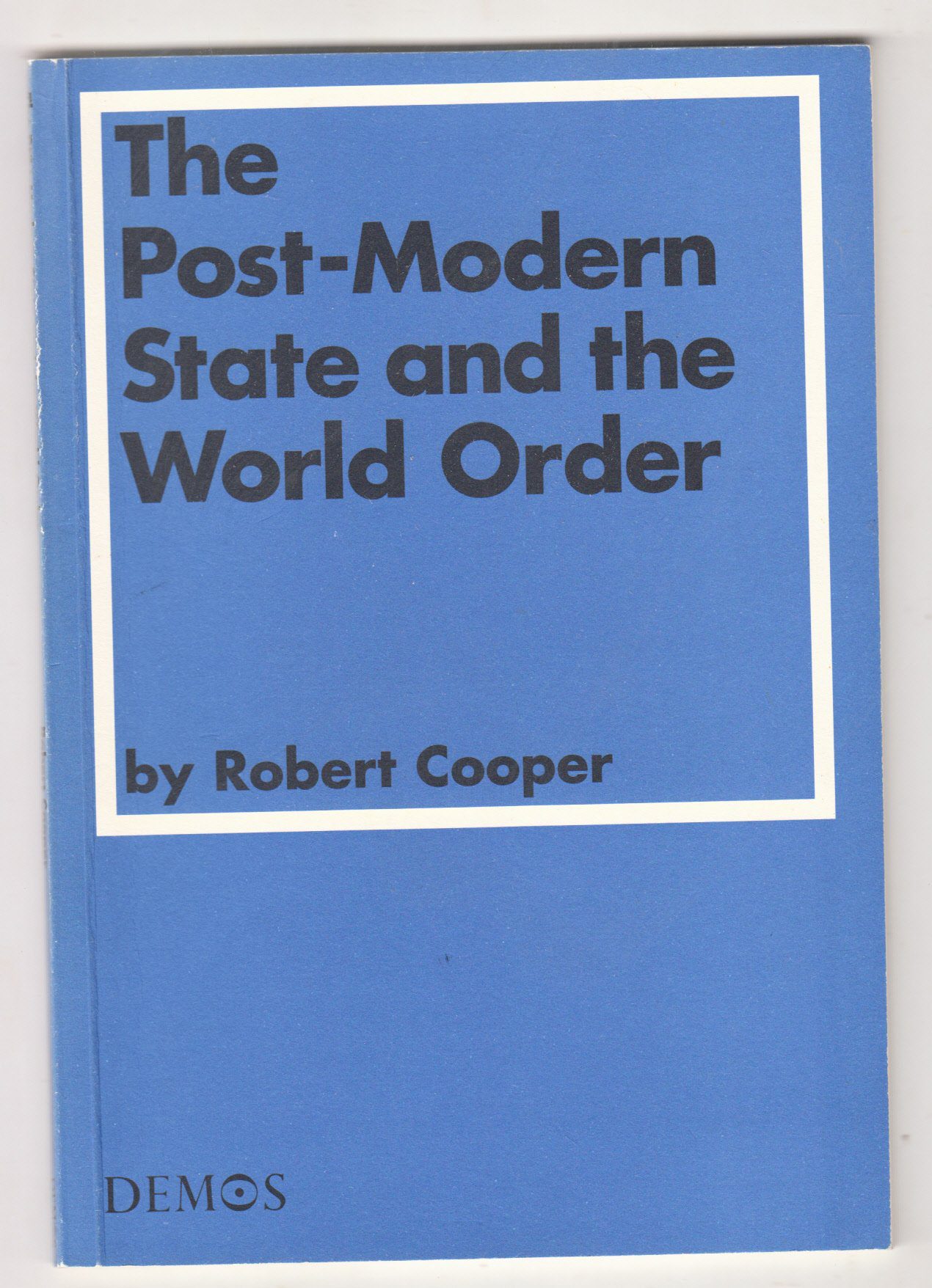
The post-modern state and the world order
1989 marked a break in European history. What happened in 1989 went beyond the events of 1789, 1815 or 1919. These dates, like 1989, stand for revolutions, the break-up of empires and the re-ordering of spheres of influence. But these changes took place within the established framework of the balance of power and the sovereign independent state. 1989 was different. In addition to the dramatic changes of that year – the revolutions and the re-ordering of alliances – it marked an underlying change in the European state system itself. To put it crudely, what happened in 1989 was not jus...
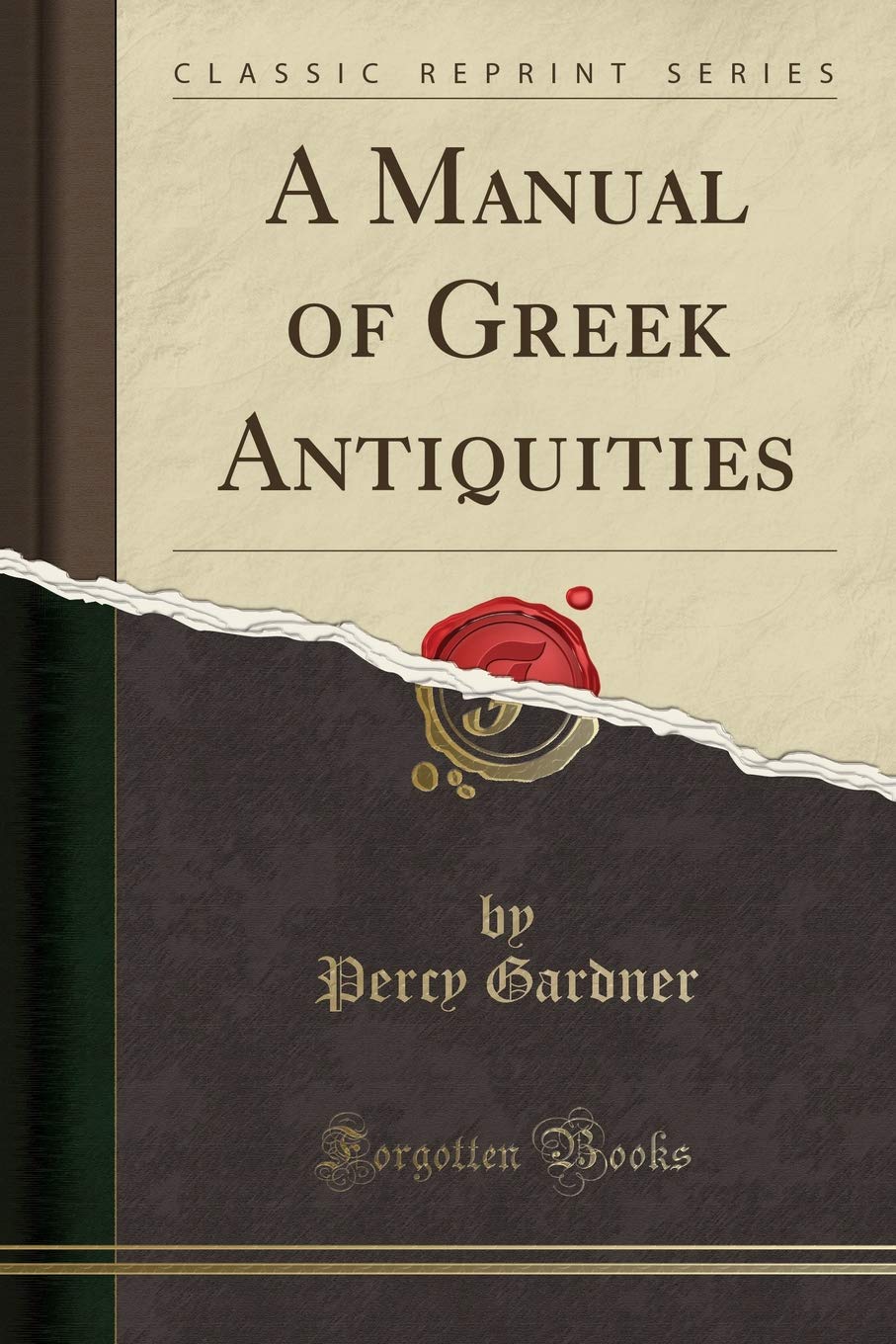
A Manual of Greek Antiquities
Jevons and Gardner’s collaborative effort provides a fascinating glimpse into the fascinating world of ancient Greece, from its temples and sculptures to its social customs and religious practices.
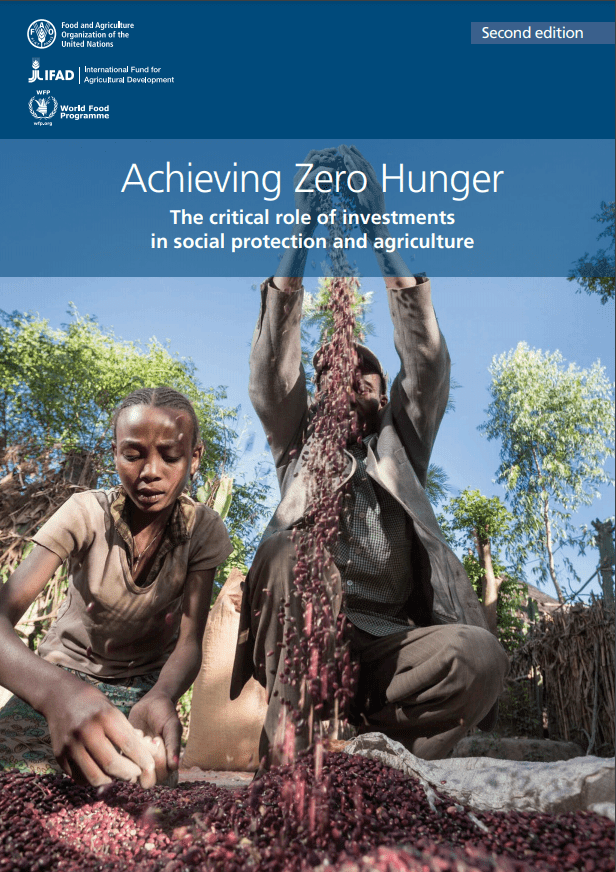
Achieving Zero Hunger: The Critical Role of Investments in Social Protection and Agriculture
The message emphasizes the crucial role of investments in social protection and agriculture in achieving zero hunger.

The origins, use and development of hot line diplomacy
The text is about the history, usage, and evolution of hot line diplomacy.
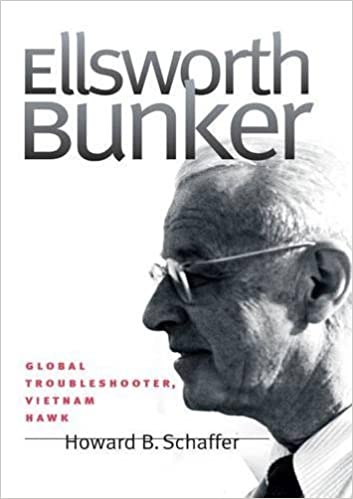
Ellsworth Bunker: Global Troubleshooter, Vietnam Hawk
The message focuses on the life and career of Ellsworth Bunker, depicting him as a global troubleshooter and a Vietnam Hawk.
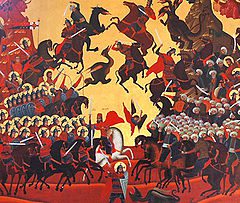
Kosovo and the Metaphor War
The text examines the Kosovo conflict through the lens of metaphorical discourse, analyzing how competing narratives shape perceptions and policy responses to the complex geopolitical dynamics of the region.
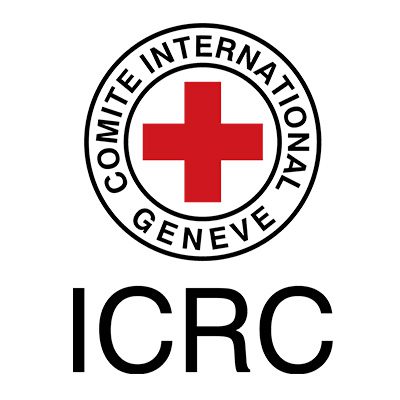
The Humanitarian Diplomacy of the International Committee of the Red Cross
The International Committee of the Red Cross engages in humanitarian diplomacy to promote respect for international humanitarian law and protect victims of armed conflicts.
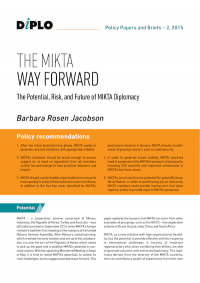
The MIKTA Way Forward (Briefing Paper #2)
Ms Rosen Jacobson assesses the potential, risk, and future of MIKTA, a cooperation scheme comprising Mexico, Indonesia, the Republic of Korea, Turkey, and Australia, which was officially launched in September 2013.
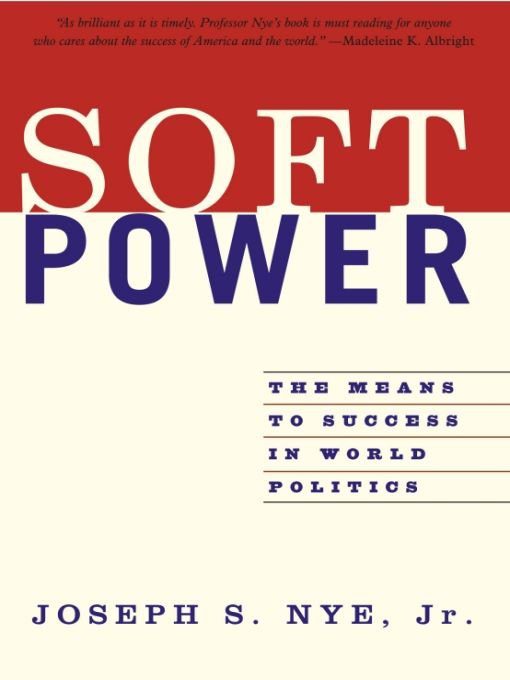
Soft Power by Joseph Nye
In his book, Nye reminds us that many countries have "soft power" to different extents. Their origins are different, but they work the same way as the "U.S.'s soft power."

Commercial diplomacy in advanced industrial states: Canada, the UK, and the US
The text discusses the concept of commercial diplomacy in advanced industrial states such as Canada, the UK, and the US. It explores how these countries engage in economic diplomacy to promote their commercial interests internationally.

Facing the challenges of an Africa-wide ICT strategy
'There is a need to address these challenges to enhance the capacity of the AU organs, institutions and member states to better respond to instances of ICT policy in Africa. As part of the evolving African governance architecture, there is a need to formulate an ICT strategy...' - Eliot Nsega from Uganda

The IberoAmerican System and its Influence in the Ibero-American Regional Summit Diplomacy
The IberoAmerican System plays a crucial role in the Ibero-American Regional Summit Diplomacy, fostering collaboration and partnership between participating countries in the region.
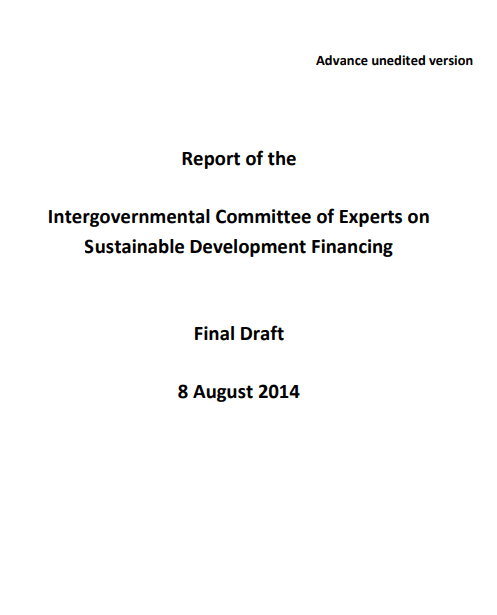
Report of the Intergovernmental Committee of Experts on Sustainable Development Financing
Report of the Intergovernmental Committee of Experts on Sustainable Development Financing.

The World Bank’s Contribution to Poverty Reduction in Peru
Peru’s economy has improved significantly, however poverty is an imperative issue that is not progressing as expected.
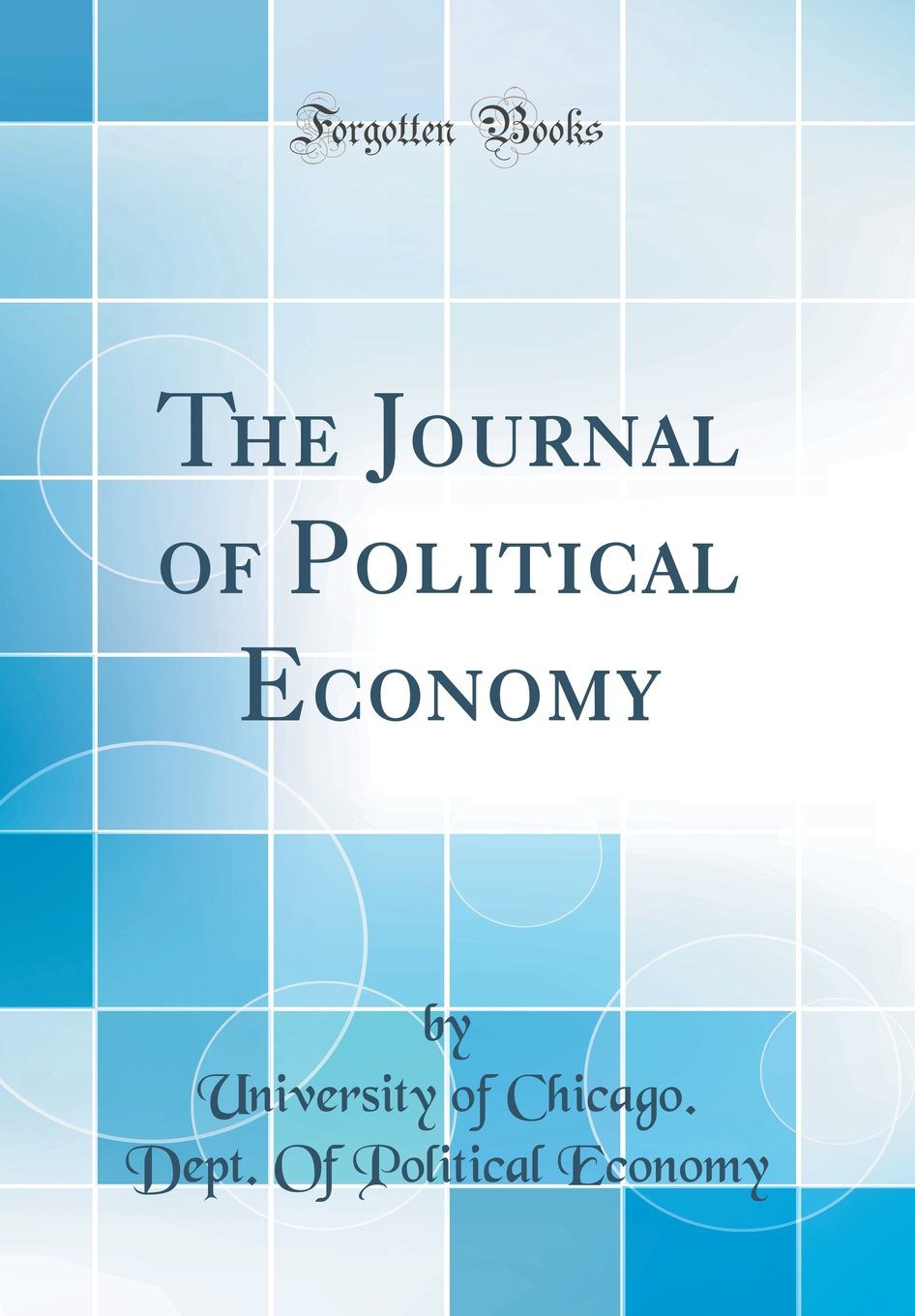
How Much is a Seat on the Security Council Worth? Foreign Aid and Bribery at the United Nations
Ten of the fifteen seats on the U.N. Security Council are held by rotating members serving two-year terms. We find that a country’s U.S. aid increases by 59 percent and its U.N. aid by 8 percent when it rotates onto the council. This effect increases during years in which key diplomatic events take place (when members’ votes should be especially valuable) and the timing of the effect closely tracks a country’s election to, and exit from, the council. Finally, the U.N. results appear to be driven by UNICEF, an organization over which the United States has historically exerted great ...

Development diplomacy by non-state actors
Raymond Saner addresses the growing influence non state actors are having on policy dialogue and policy negotiations in international development. Saner highlights how non state actors have become increasingly involved in the development policy field usually occupied by ambassadors and envoys representing Ministries of Foreign Affairs.
Regionalism versus Multilateralism
The literature on regionalism versus multilateralism is growing as economists and political scientists grapple with the question of whether regional integration arrangements are good or bad for the multilateral system. Are regional integration arrangements "building * blocks or stumbling blocks," in Jagdish Bhagwati's phrase, or stepping stones toward multilateralism?
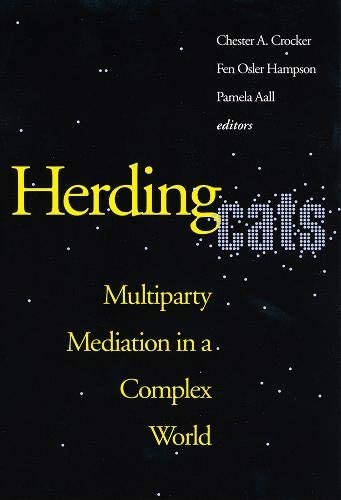
Herding Cats: Multiparty Mediation in a Complex World
This massive book is divided into three main parts, each of the chapters in which is a case study of a particular mediation written by an individual who played a key role in it. The three parts correspond roughly with a central concept of the book, the 'conflict cycle'. Thus the first part deals with cases of conflict prevention and management, for example 'Canada and the Crisis in Eastern Zaire' (Gordon Smith and John Hay). The second covers instances of the ending of violent conflict, such as 'The Road to Madrid' (James Baker). And the third treats cases of settlement and implementation, for...

UN Conferences: Media events or genuine diplomacy?
The text scrutinizes the nature of UN conferences, questioning whether they serve primarily as media spectacles or genuinely effective diplomatic forums for addressing global challenges.

What Can Public Diplomacy Achieve?
The power of public diplomacy lies in its ability to shape perceptions, build relationships, and influence policy. This approach can enhance a country's reputation, foster understanding between different cultures, and promote cooperation on important global issues. Through strategic communication, engagement with foreign populations, and cultural exchanges, public diplomacy can achieve diplomatic goals and advance national interests in the international arena.
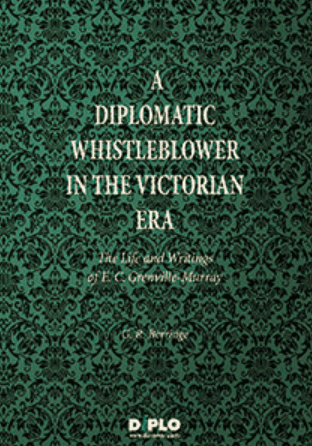
A Diplomatic Whistleblower in the Victorian Era
It’s not often that a fascinating and important new book — in this case about an accomplished diplomat, journalist, whistle-blower, novelist, dissembler and controversial celebrity of Victorian times — is made available, totally free of charge, to anyone with a computer, internet access and Adobe software for downloading a book-length PDF file. This is what Professor Emeritus G R Berridge, prolific writer and author of the classic textbook Diplomacy: Theory and Practice, has done with his latest book, A Diplomatic Whistleblower in the Victorian Era: The Life and Writings of E. C. ...

Challenges facing women in overseas diplomatic positions
This paper identifies challenges that women face when working overseas in diplomatic positions, a professional environment that historically has been male dominated and that can be characterised in some ways as an 'old boys' network. It identifies some of the significant issues from the perspective of women who are serving or have served their countries’ foreign missions.

Britain TM: Renewing Our Identity
This message is about embracing Britain's identity and renewing it for the future. It discusses the importance of celebrating traditions, values, and cultural heritage while adapting to modern challenges and opportunities. The focus is on maintaining a sense of national pride and unity while moving forward towards a bright and successful future.
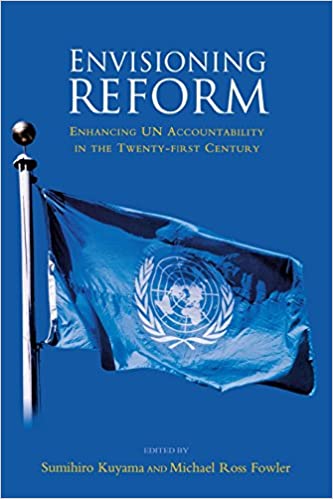
Envisioning Reform: Enhancing UN Accountability in the Twenty-first Century
The text discusses the need to enhance UN accountability in the twenty-first century through reform.
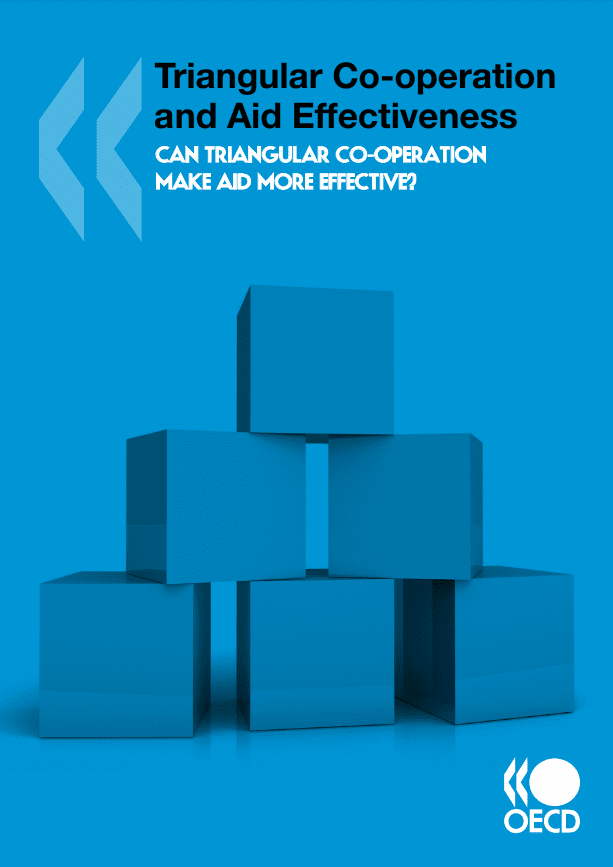
Triangular Co-operation and Aid Effectiveness: Can triangular co-operation make aid more effective?
The text discusses the potential for triangular cooperation to enhance the effectiveness of aid.
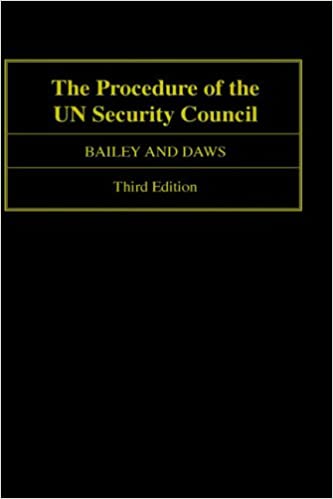
The Procedure of the UN Security Council
The UN Security Council is a key body within the United Nations composed of 15 members, 5 permanent and 10 elected, responsible for maintaining international peace and security. It addresses threats to peace, enacts sanctions, and authorizes military action when necessary, with decisions requiring at least 9 affirmative votes. The Council operates through meetings, where issues are discussed and decisions are made. Additionally, it has subsidiary bodies and committees to address specific matters. The members hold significant responsibility in addressing global challenges and conflicts effectiv...
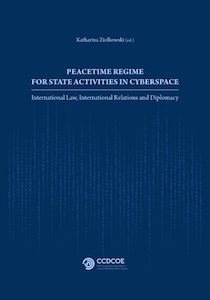
Peacetime Regime for State Activities in Cyberspace
The publication covers in a multi-disciplinary approach the technical, legal, policy and diplomacy aspects of State activities in cyberspace during peacetime. It consists of 23 chapters of academic nature, elaborated by 24 authors specialised in the respective areas of expertise. Diplo's Dr Jovan Kurbalija contributed the chapter on E-diplomacy and Diplomatic Law in the Internet Era.
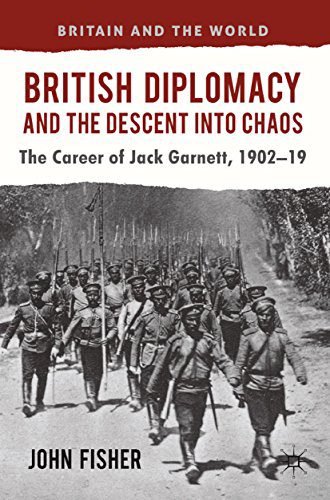
British Diplomacy and the Descent into Chaos: The career of Jack Garnett, 1902-19
I am in favour of biographies of relatively obscure individuals like Jack Garnett because there are plenty of them on the famous; moreover, studies of this kind often turn up interesting details (including how the famous were seen from the foothills) and stimulate thought on bigger questions. John Fisher’s well written and thoroughly researched study of this early twentieth century British diplomat, into which contextual detail is expertly woven, is no exception.

EU Support to peace mediation: developments and challenges
The text discusses the EU's role in supporting peace mediation efforts, highlighting both progress made and challenges faced in this area.

Knowledge management and international development – the role of diplomacy
In this chapter, Walter Fust talks about the role of knowledge management, and knowledge for development, in diplomacy. He describes various methods to assess what knowledge should be stocked, and explains the need for managers who are assigned the task of deciding what should be stocked. These decisions need to be guided by principles, or guidelines - referred to as value management.
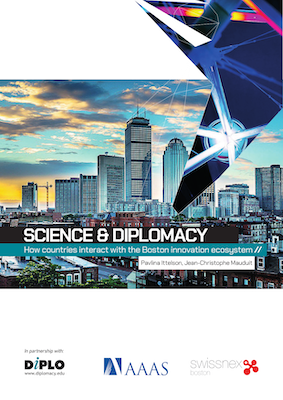
Science & Diplomacy: How countries interact with the Boston innovation ecosystem
Crucial global topics are becoming increasingly dependent on the world’s rapidly changing scientific knowledge and technological capabilities: from global health to digital society, sustainability to development, and beyond. To tackle this growing complexity, countries increasingly seek to engage with international science and technology hubs like Boston, so as to accelerate their ability to innovate and spark collaborative efforts with other nations.
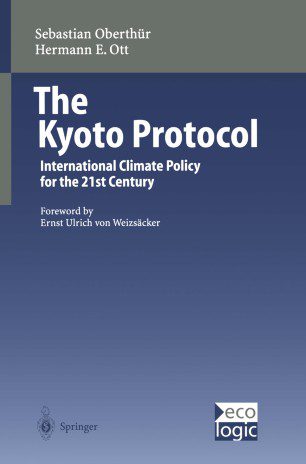
The Kyoto Protocol: International Climate Policy for the 21st Century
The Kyoto Protocol is considered a fundamental agreement in international climate policy for the 21st century, aiming to reduce greenhouse gas emissions to combat global warming.
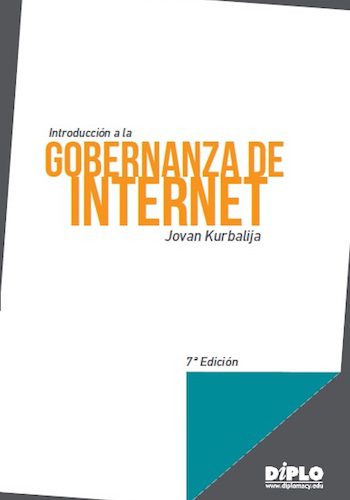
Introducción a la Gobernanza de Internet
Aunque la gobernanza de Internet trata de los fundamentos del mundo digital, la gobernanza no puede manejarse con la lógica digital binaria de lo verdadero o lo falso, lo bueno o lo malo. En cambio, el sujeto exige muchas sutilezas y sombras de significado y percepción, requiriendo un enfoque analógico, cubriendo un continuo de opciones y compromisos. El objetivo del libro Introducción a la Gobernanza de Internet, del Dr Jovan Kurbalija, es proporcionar una visión general de los principales temas y actores en el campo a través de un marco práctico para el análisis, discusión, y resolu...

Framing an argument
Dr Biljana Scott’s article on framing an argument introduces the linguistic and rhetoric aspects of persuasion. The way in which we frame an issue largely determines how that issue will be understood and acted upon. By dissecting Obama’s Nobel Prize acceptance speech of December 2010, Dr Scott illustrates the main techniques for framing an argument.
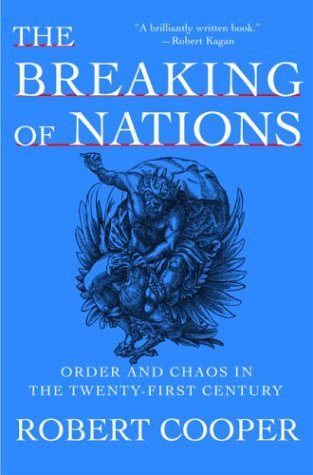
The Breaking of Nations: Order and Chaos in the Twenty-First Century
The message is a summary of the book "The Breaking of Nations: Order and Chaos in the Twenty-First Century.
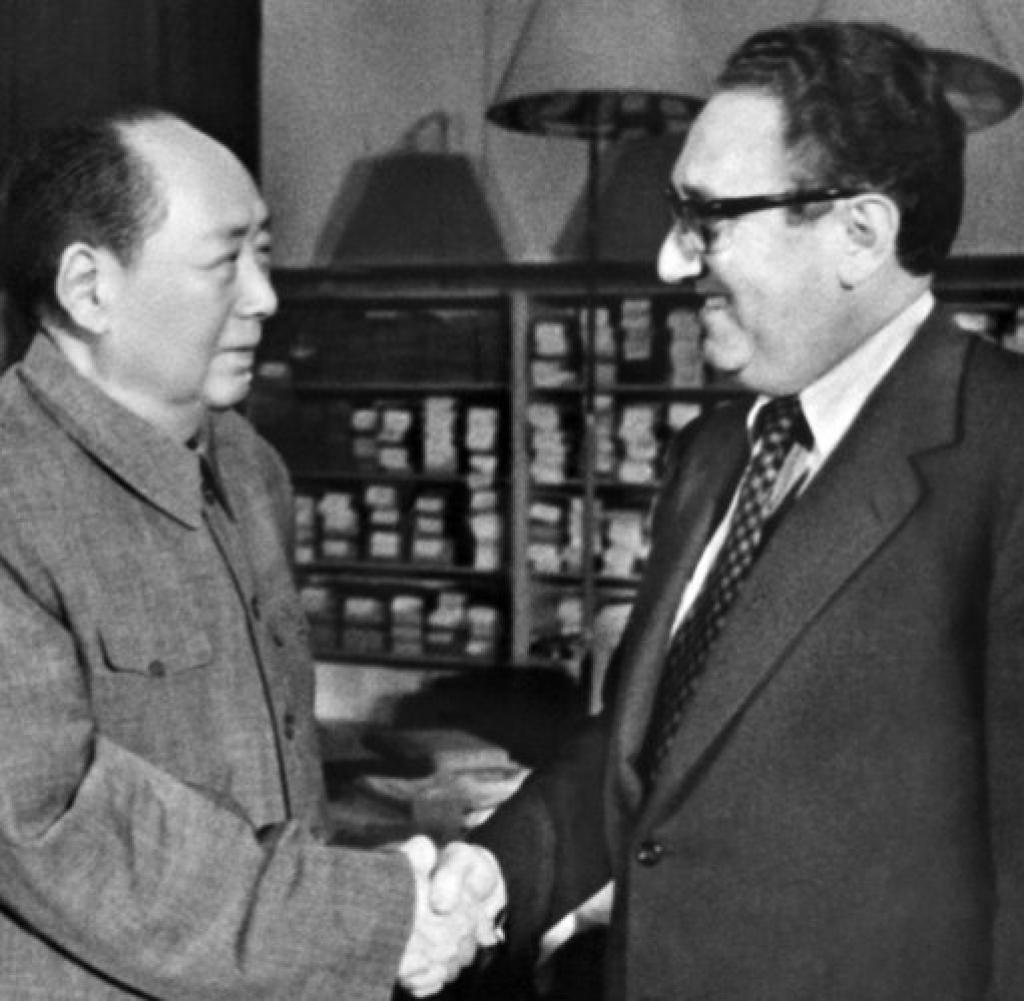
The Beijing-Washington Back-Channel and Henry Kissinger’s Secret Trip to China
The text discusses the Beijing-Washington back-channel and Henry Kissinger's covert visit to China.
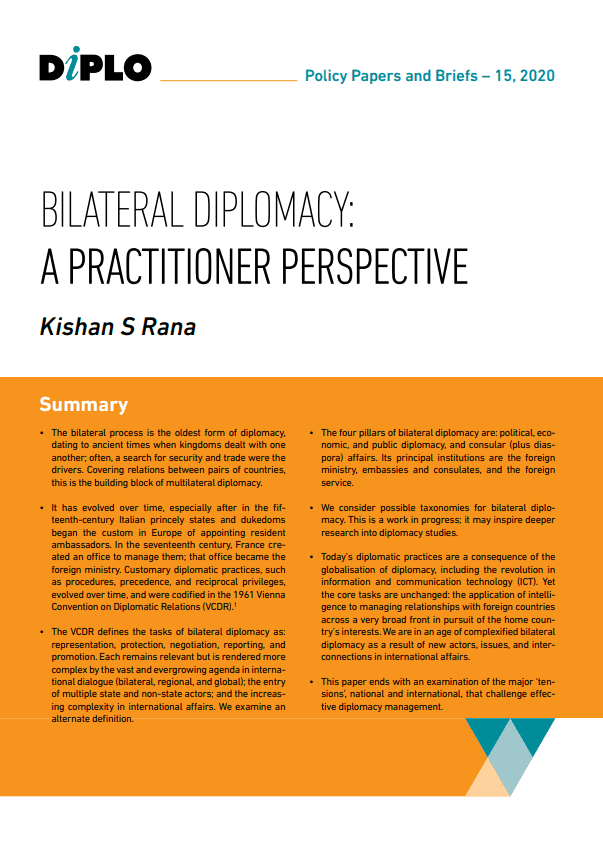
Bilateral Diplomacy: A Practitioner Perspective (Briefing Paper #15)
The text outlines the evolution and significance of bilateral diplomacy as the foundation of international relations, detailing its historical roots, key tasks defined by the Vienna Convention on Diplomatic Relations, and the contemporary challenges and complexities it faces in a globalized world.

International Diplomacy Volume I: Diplomatic Institutions
The message provides information related to international diplomacy found in "International Diplomacy Volume I: Diplomatic Institutions.
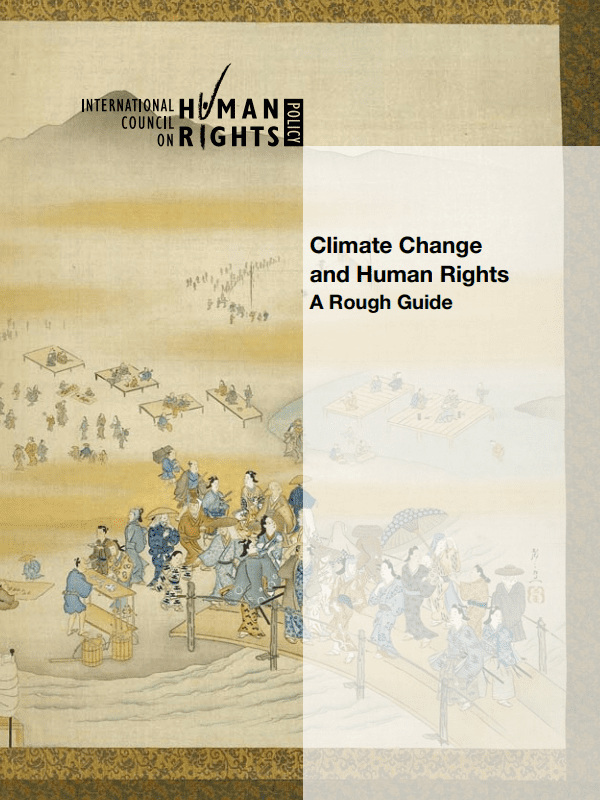
Climate Change and Human Rights: A Rough Guide
This text provides an overview of the intersection between climate change and human rights, emphasizing the impacts on vulnerable populations and the need to address these issues to protect human rights.
The Global Climate Change Regime
The global climate change regime is a complex system of international agreements and protocols aimed at addressing the challenges posed by climate change. It involves collaboration between countries to reduce greenhouse gas emissions, adapt to the impacts of climate change, and promote sustainable development. The regime is characterized by ongoing negotiations, commitments, and actions to combat climate change on a global scale.
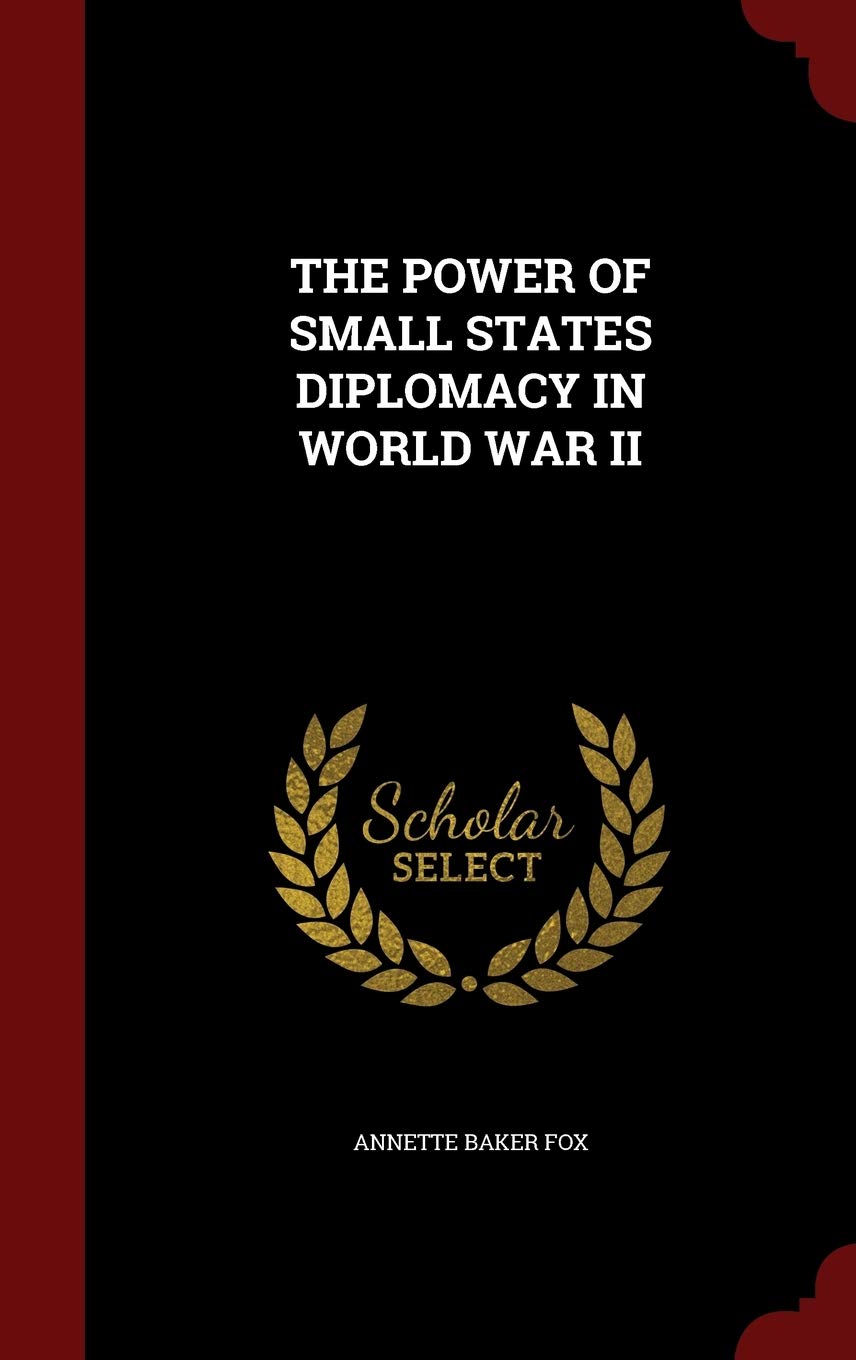
The Power of Small States: Diplomacy in World War II
This Is an inquiry into how the governments of small and militarily weak states can resist the strong pressure of great powers even in crisis periods. The continued existence and, in deed, startling increase in the number of small states may seem paradoxical in the age of superpowers and the drastically altered ratio of military strength between them and the rest of the world. It is well known that the ability to use violence does not alone determine the course of world politics. Some of the other determinants can be observed with exceptional clarity in the diplomacy of the small ...

Bertie of Thame: Edwardian Ambassador
Explore the life of Bertie of Thame, an Edwardian ambassador, to gain insights into his diplomatic achievements and the impact he had on international relations during his time.

Persuading and resisting persuasion
Dr Alex Sceberras Trigona stresses that not only persuasion but also resisting persuasion is highly important for small states, which tend to be seen as the ‘diplomatic prey’ of great powers. He analyses three examples of successful persuasion from Maltese diplomatic history. First were the negotiations on Maltese neutrality, which required a lot of persuasion of two major Cold War powers and numerous regional players in the Mediterranean.
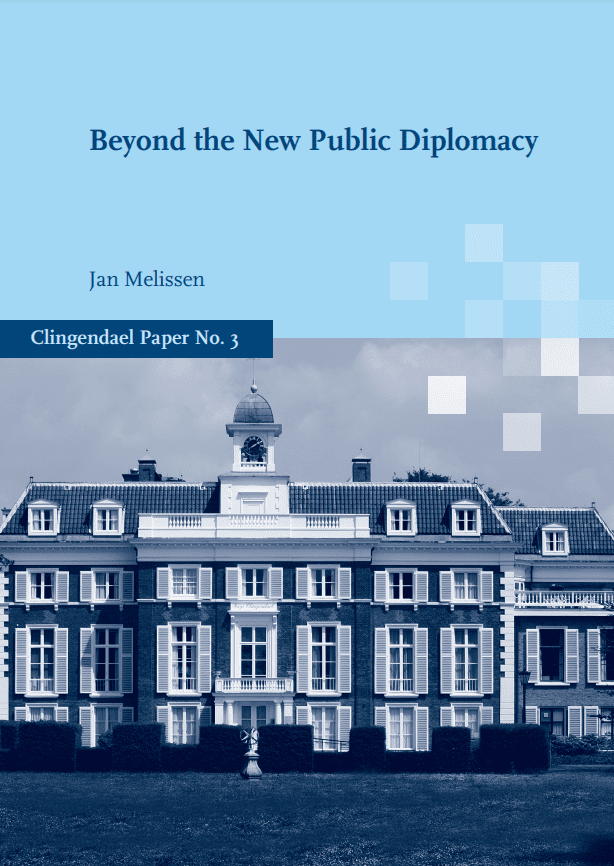
Beyond the new public diplomacy
The text discusses the evolving nature of public diplomacy, emphasizing the importance of adapting to changing communication technologies and embracing a broader, more inclusive approach to interacting with global audiences.
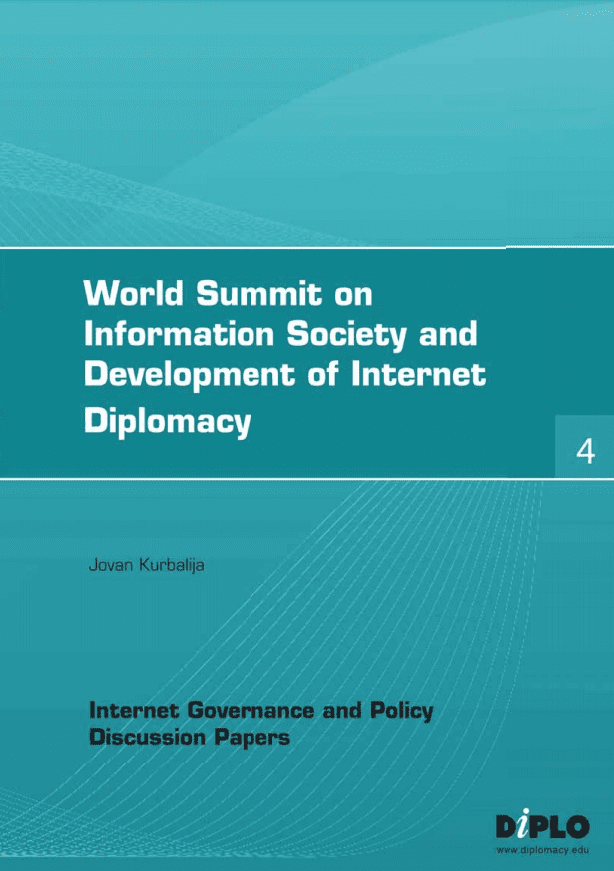
World Summit on the Information Society and development of Internet diplomacy
The purpose of this paper is to identify new developments and innovations in diplomatic practice resultant from the WSIS and WGIG. First, the author describes the overall WSIS framework and specific aspects of the WGIG. Second, he identifies the new developments and innovation in diplomatic practice that are likely of lasting importance. The author does so by comparing WSIS diplomatic practice to the practices developed during other major UN summits held since the Rio Earth Summit in 1992.
EspriTech de Genève
EspriTech de Genève, embodying the tech spirit of Geneva, focuses on responsible, human-centred AI that intertwines historical thought with modern governance and coding. Rooted in the city's rich thining and humanitarian heritage, it transforms classical values into practical AI applications. EspriTech de Genève is a technically and financially viable approach to AI transformation, moving from concept to actionable results in everyday technology use.
The Scottish Diaspora and Diaspora Strategy: Insights and Lessons from Ireland
The text discusses the Scottish Diaspora and Diaspora Strategy, drawing insights and lessons from Ireland.
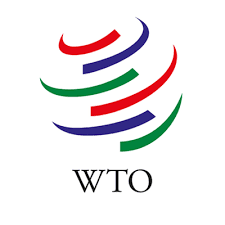
Work Programme on Electronic Commerce
The text outlines the World Trade Organization's work program on electronic commerce, focusing on discussions and negotiations aimed at establishing rules and frameworks to govern digital trade in the global economy.
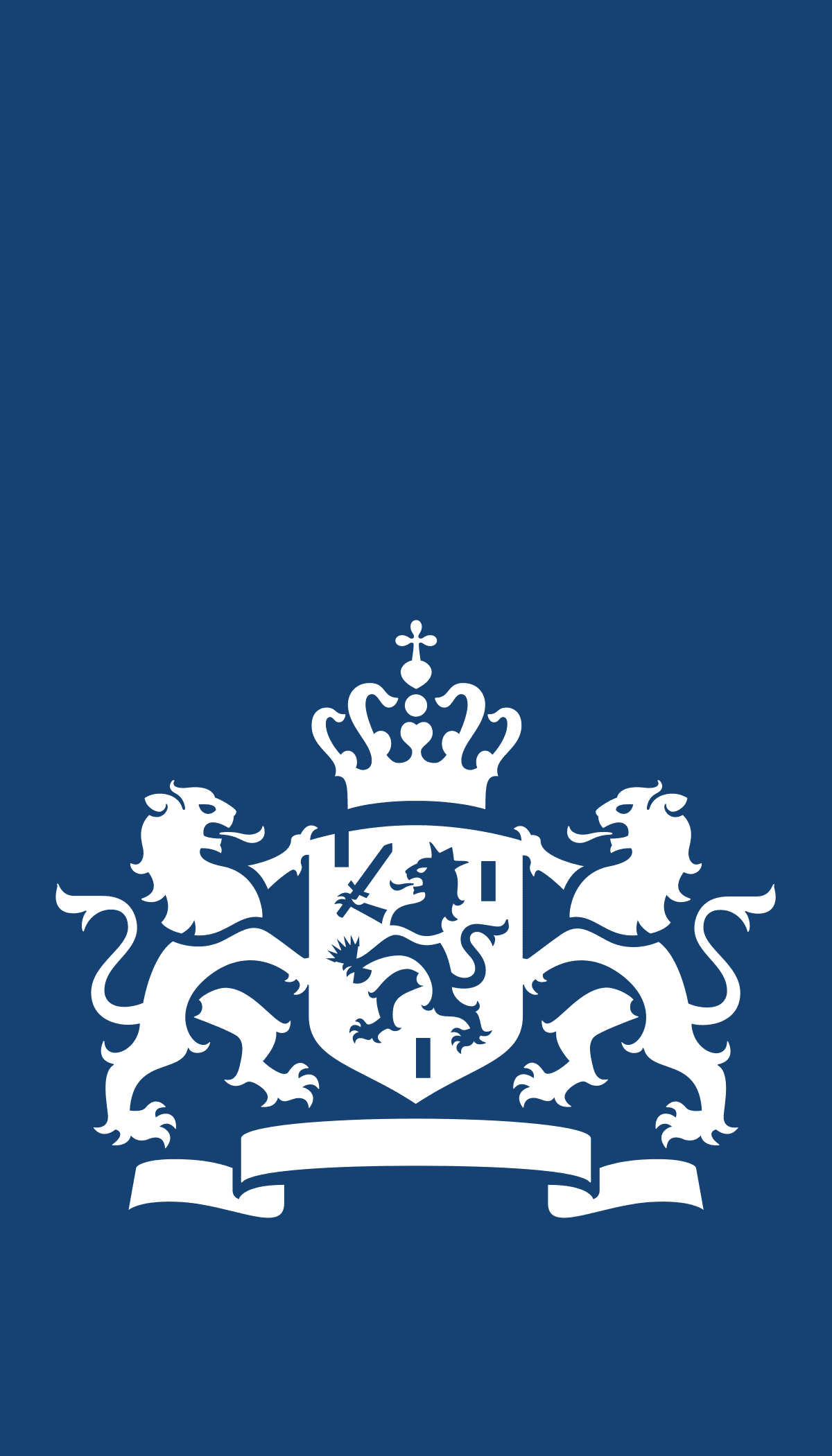
Reforming Diplomacy: Clear Choices, New Emphases
The text discusses the need for reform in diplomacy, emphasizing clear choices and new focal points.
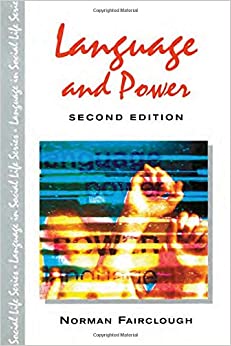
Language and Power
The text discusses the relationship between language and power, highlighting how language can be used to manipulate and control individuals and societies. It explores how those in power often dictate the norms and values through language, influencing perceptions and behaviors. The text also emphasizes the importance of recognizing and challenging power dynamics embedded in language to promote equality and social change. Language is portrayed as a tool that can both reinforce and challenge power structures within a society.
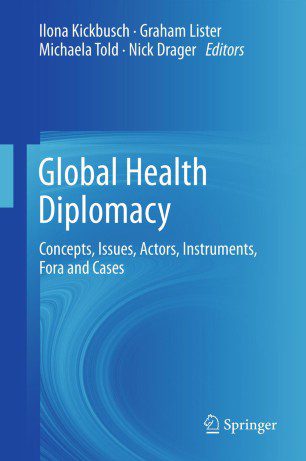
Global Health Diplomacy: Concepts, Issues, Actors, Instruments, Fora and Cases
The message provides information on global health diplomacy, covering concepts, issues, actors, instruments, fora, and cases.

The Diplomacy of Micro States
The message explores how small states navigate the world of international diplomacy and form strategic alliances to maximize their influence.
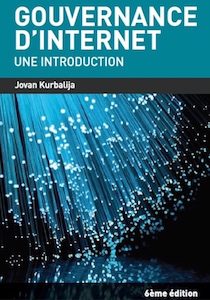
Une introduction à la gouvernance d’Internet
La gouvernance d’Internet n’est pas un sujet simple. Bien qu’elle traite d’une notion qui se veut être un symbole représentatif majeur du monde numérique, elle ne peut pas être abordée avec une simple logique numérique binaire qui ne reconnait que le vrai et le faux, le bon et le mauvais.

The use of ICT in human rights promotion: A case study of the African Commission on Human and Peoples’ Rights
The paper seeks to render a critical analysis that will lead and co-ordinate a programme of promotional work across the region, including the integration of ICT strategies in its promotional work.

Oslo Ministerial Declaration – global health: a pressing foreign policy issue of our time
The Oslo Ministerial Declaration emphasizes the critical nature of global health as a pressing foreign policy concern.

UN conferences on the spot – voices from civil society
In the fourth chapter of the book, Britta Sadou, focuses on non-governmental organisations (NGOs). Sadou introduces this particular group as civil society actors and continues by discussing possibilities provided to NGOs by various UN summits. The author highlights some of the main world conferences during the 1990s and early 2000s and poses two important questions - Has the time of those huge events come to an end? What could be the alternatives?

Intercultural communication in Macedonia: Different people, different stories
This papers examines how the Macedonians and the Albanians live in Macedonia. How do they communicate? Is there friendship everywhere? How do the two nations, live together, how do they communicate. The answer to this question coming from two different people may reveal two opposite viewpoints, the optimistic and the pessimistic. This paper focuses on communication between the Macedonians and the Albanians, considering that these are the two largest ethnic groups in the Macedona and even more, that these two groups were involved in the military conflict in 2001.
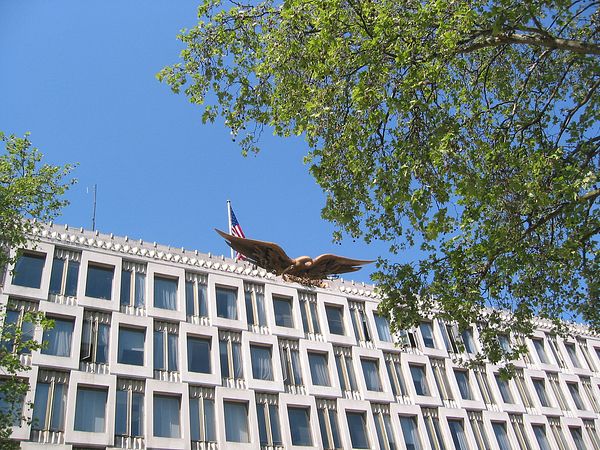
Don’t close foreign embassies, open digital ones
Don't close foreign embassies, open digital ones.

U.S. Public Diplomacy: State Department Efforts to Engage Muslim Audiences Lack Certain Communication Elements and Face Significant Challenges
The State Department's public diplomacy efforts to engage Muslim audiences lack key communication elements and face substantial challenges.

New Media Tools and Public Diplomacy
The article discusses the role of new media tools in public diplomacy, highlighting their importance in shaping international relations and influencing public opinion. It emphasizes the potential of social media platforms for engaging global audiences, fostering dialogue, and promoting a positive image of nations on the global stage. Additionally, the article explores the challenges and opportunities that arise from the digital age in the realm of public diplomacy.
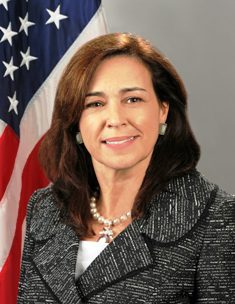
Measuring the Public Diplomacy of the Future
The message explores how changes in technology are impacting public diplomacy efforts and emphasizes the need for innovative strategies to engage with audiences in the future.
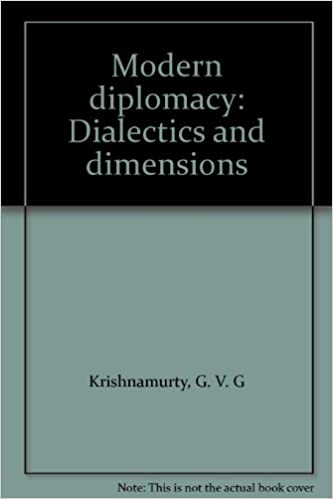
Modern Diplomacy: Dialectics and Dimensions
The message ""Modern Diplomacy: Dialectics and Dimensions"" discusses the intricacies of diplomacy in the contemporary world, examining its complexities and various aspects. It sheds light on the evolving nature of diplomacy, the key role of communication, and the importance of understanding different perspectives and approaches in diplomatic relations. The message delves into the essence of diplomacy in the present-day context, emphasizing the need for adaptability, strategic thinking, and effective communication in navigating the ever-changing international landscape.

Establishment of Public Diplomacy in Slovakia: An Effective New Approach
This paper examines the present Slovak PD with its positive and negative components and outlines the requirements for a modern and effective PD.

Marketing a Country: Promotion as a Tool for Marketing a Country
It has been ten years since the first occasional paper by the Foreign Investment Advisory Service, Marketing a Country, was published. In that time Marketing a CountrY has become a standard text on the structure and functions of agzncies that promote foreign direct investment. I have seen copies of the paper in ministries and promotion agencies all over the -world. Usually pages are dog-eared, and the text is heavily underlined, indicating intense study of the contents. Marketing a Country created a languagTe for discussing the investment promotion function, and has provided a rationale fo...
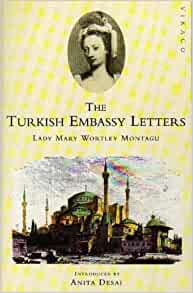
The Turkish Embassy Letters
In "The Turkish Embassy Letters," the author describes her experiences during her stay in Turkey. She shares her observations on the culture, customs, and traditions of the Turkish people. Through her letters, she provides insight into the societal norms and interactions she encounters, offering a unique perspective on life in Turkey.
The Globe: Diaspora Marketing
The Globe: Diaspora Marketing discusses the importance of marketing to diaspora communities, highlighting their economic potential and cultural influence. It emphasizes the need for tailored marketing strategies to effectively reach and engage with these diverse groups scattered around the world. The article underlines the benefits of tapping into diaspora markets, such as increased brand loyalty, word-of-mouth marketing, and unique insights for product development. It concludes by emphasizing the significance of recognizing and embracing the diaspora's multiculturalism to create successful ma...

Global Public Goods: International Cooperation in the 21st Century
This collection of papers offers a new rationale and framework for international development cooperation. Its main argument is that in actual practice development cooperation has already moved beyond aid. In the name of aid (i.e., assistance to poor countries), we are today dealing with issues such as the ozone hole, global climate change, HIV, drug trafficking, and financial volatility. All of these issues are not really poverty related. Rather, they concern global housekeeping: ensuring an adequate provision of global public goods. Many important lessons could be drawn by first recognizing t...

Multistakeholder diplomacy in the context of national diplomatic systems
William Assanvo writes about one aspect of the Multistakeholder Diplomacy Research undertaken under the auspices of the DiploFoundation with the support of the Global Knowledge Partnership. This research program encompassed various topics, of which multistakeholder practices within national diplomatic systems worldwide was one. The author conducted the research reported here during a three-month internship at the DiploFoundation from October 1 to December 31, 2004.

Small States and the Common Foreign and Security Policy (CFSP) of the EU: A Comparative Analysis
The text discusses the role of small states in the Common Foreign and Security Policy (CFSP) of the European Union, comparing their strategies and challenges.

An intercultural model for diplomacy training in New Zealand
This paper develops a model of diplomacy training based on intercultural competence and situated learning and applies the model to intercultural encounters.

Palestinian Economic Diplomacy: Planning for Statehood
This study intends to give the Palestinian policymakers a tool to support the emergence of an economically-viable Palestinian state through equipping the Palestinian Authority PA with legal, economic, and technical policy advice to prepare the regulation for the development of a trade policy for an independent state; the establishment of a WTO compatible sovereign framework for trade; and permanent economic status negotiation with Israel. The two-state solution is the least common denominator for a just and peaceful solution for the conflict, justice means; economic viability and socio-economi...

Wikileaks and the Future of Diplomacy: Summary and Reflections
In 2011, Diplo have held a series of meetings discussing the impact of WikiLeaks on diplomacy. This paper summarises the main conclusions of our discussions and research. It is close enough in time (3+ months) to understand the emotions, dynamics, and concerns raised by WikiLeaks. It is also far enough – in particular since the media hype has died down – in order to be discussed objectively with a necessary distance.
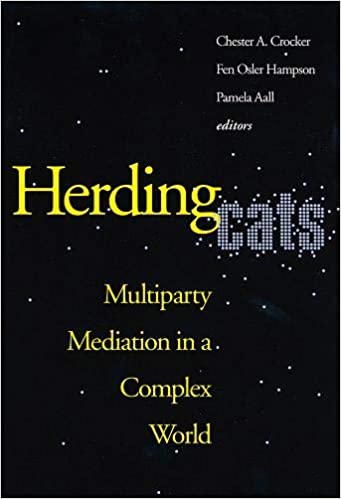
Herding Cats: Multiparty Mediation in a Complex World
Review by Geoff Berridge
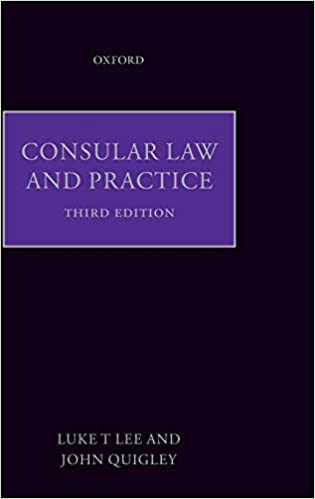
Consular Law and Practice, 3rd ed
First published in 1961, Consular Law and Practice is a classic work of great interest and practical use to diplomats, consuls, and international lawyers.
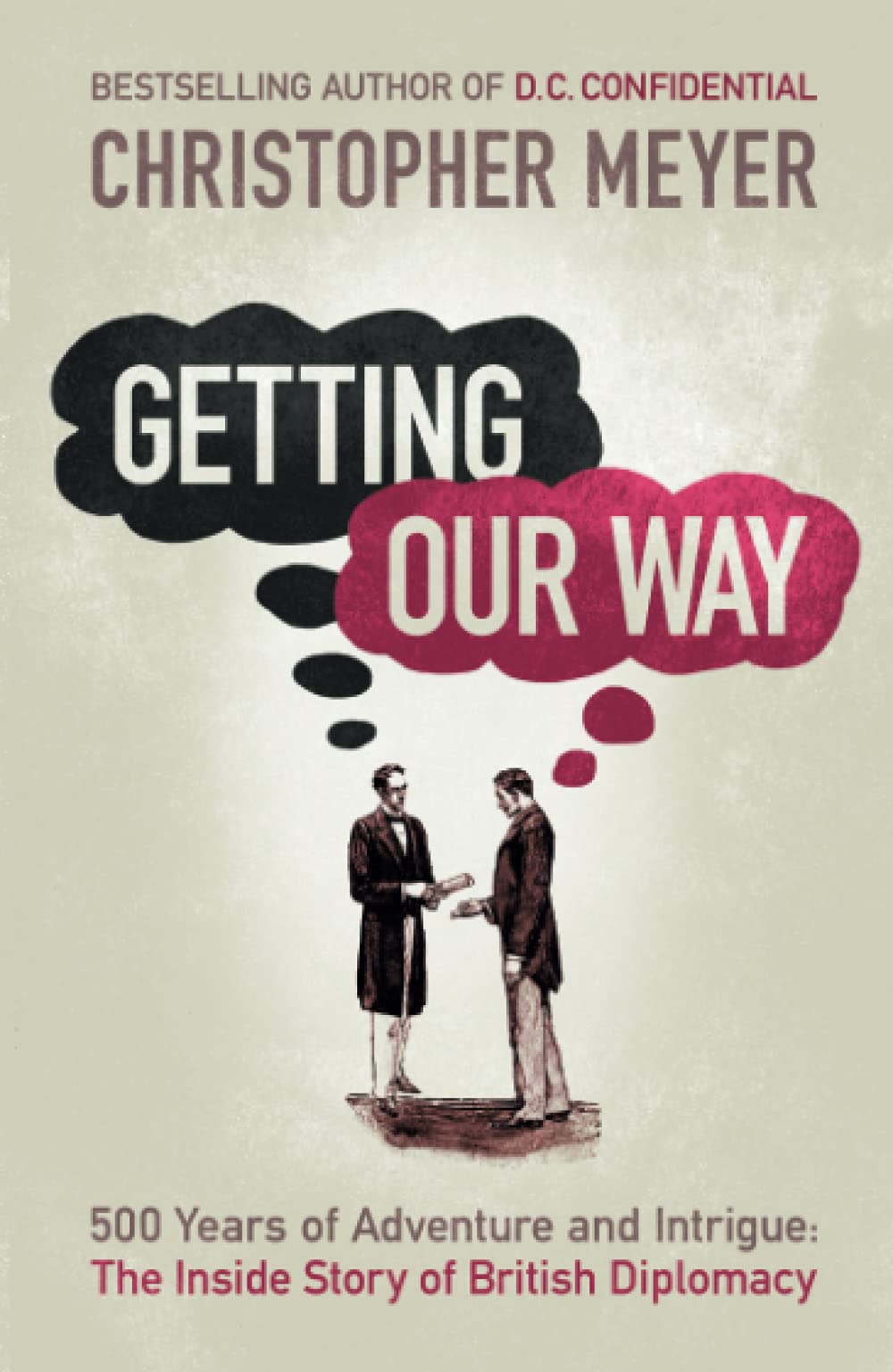
Getting Our Way: 500 Years of Adventure and Intrigue: The Inside Story of British Diplomacy
The message summarizes the book "Getting Our Way: 500 Years of Adventure and Intrigue: The Inside Story of British Diplomacy.
The Environmental Movement in the Global South
The message explores the environmental movement in the Global South, focusing on the challenges faced and the strategies employed to address environmental issues in developing countries.

Reflections on multistakeholder diplomacy
Through analysis of the procedural and institutional arrangements in the functioning of international bodies, Valentin Katrandjiev, seeks to measure the extent to which diplomats accept nonofficial networks and entities as equal partners in the diplomatic negotiation process. Katrandjiev analyses the trend that on the domestic front, societies demand greater public accountability of governments in the process of national foreign policy making. He attempts to do so through the organisational units in MFAs responsible for relationships with domestic stakeholders.
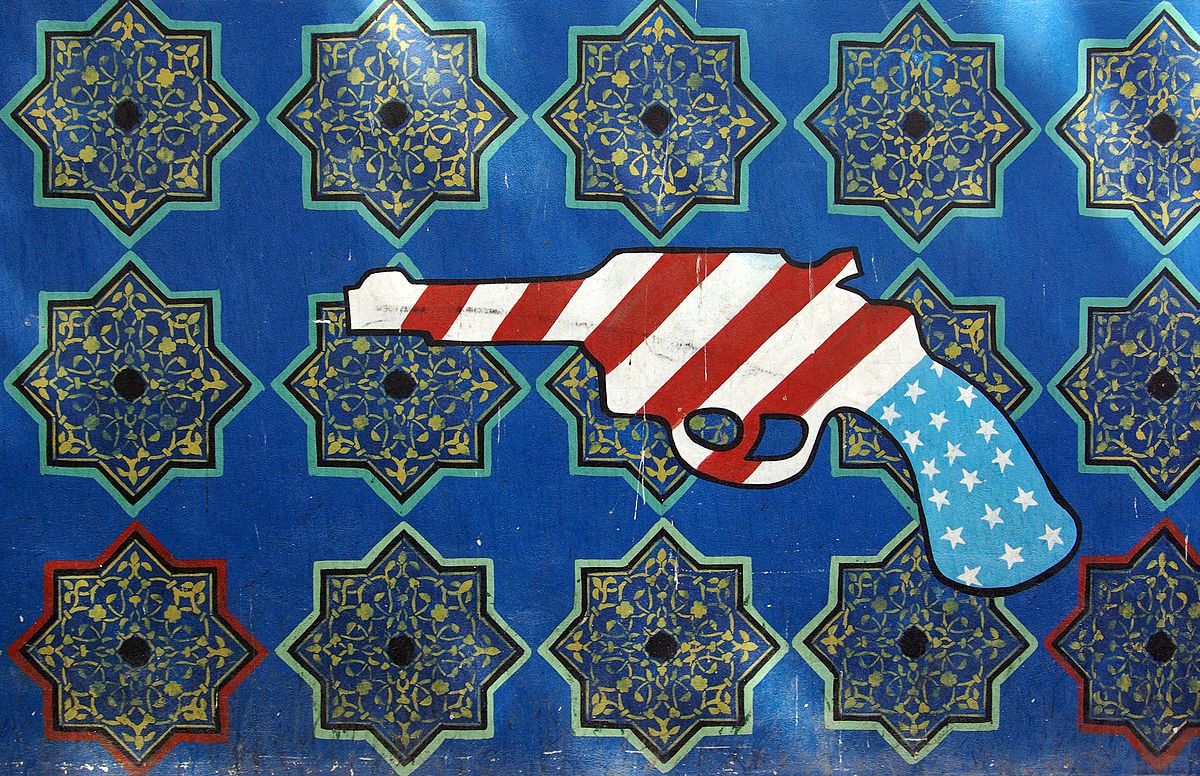
Iran’s Public Diplomacy in Latin America: When Anti-U.S. Rhetoric is Not Enough to Convince
The article discusses Iran's endeavors in Latin America to bolster its public image through public diplomacy efforts beyond anti-U.S. rhetoric, aiming to expand influence in the region.
Brands and national image: An exploration of inverse country-of-origin effect
The study explores the relationship between perceptions about products produced in a country and the country's reputation and image. It considers country-of-origin effect (COO) from an inverse perspective; rather than looking at how national reputation affects perceptions of products, it measures how brand image affects country image. It used a method that blends survey and experimental design to test the effects of brand association on country image using 488 subjects. The results indicate support for an inverse COO: knowledge of the country of origin of a brand can enhance the image of the c...
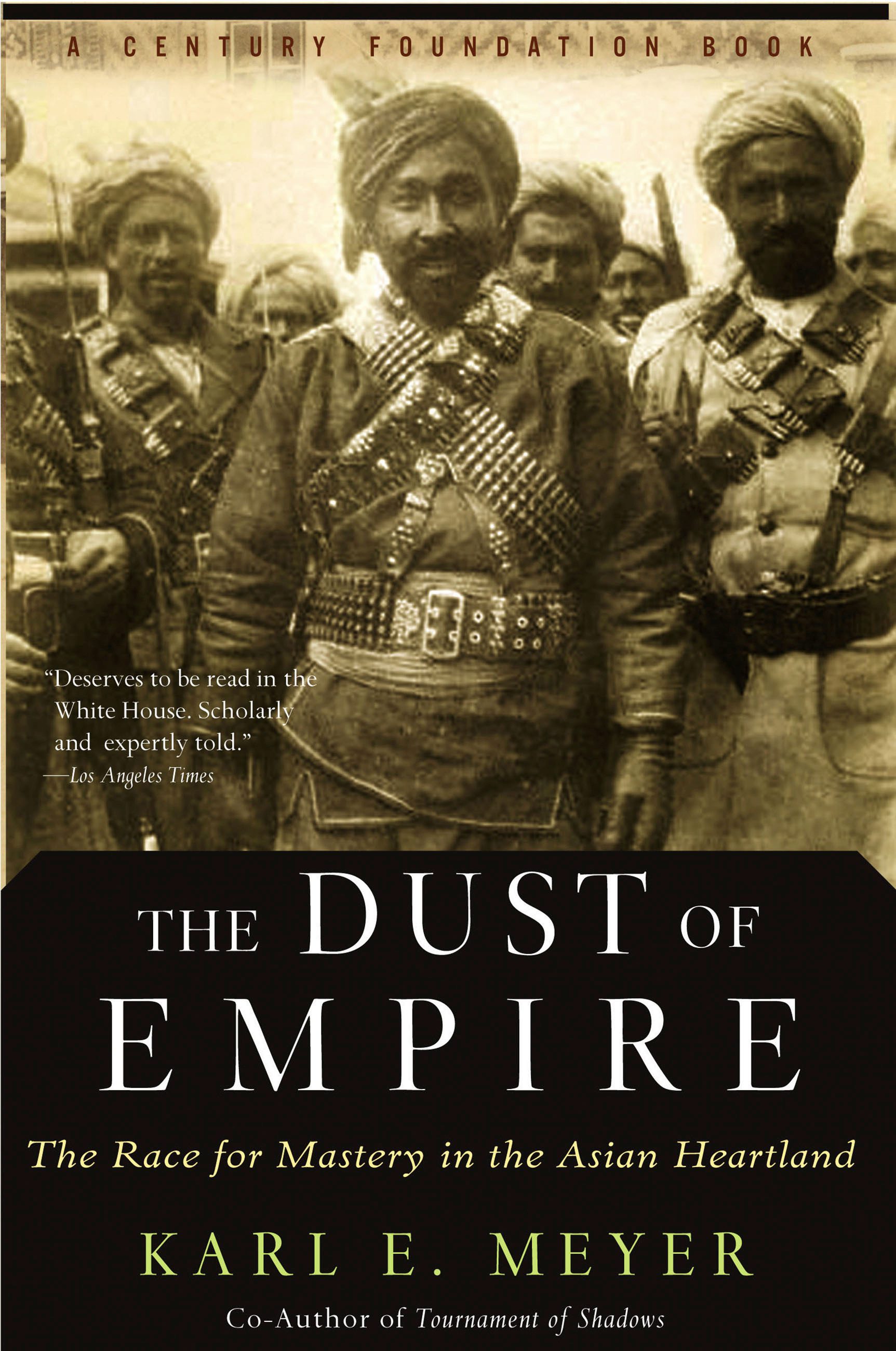
The Dust of Empire: The Race for Mastery in the Asian Heartland
Central Eurasia refers to the countries in the Caucasus and to the five countries of Central Asia: Kazakhstan, Uzbekistan, Turkmenistan, Kyrgyzstan and Tajikistan. These countries that had once been part of the Russian and Soviet Empire were broken off and set adrift when the Soviet Union self-destructed at the end of 1991. They belatedly joined Pakistan, Afghanistan and Iran, three countries that also emerged from the sphere of influence of an empire, the British one, to become – in the words of Charles De Gaulle speaking of the newly independent African states – the dust of empire.
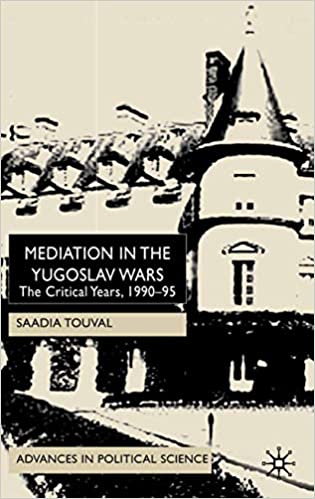
Mediation in the Yugoslav Wars: The Critical Years, 1990-95
The book "Mediation in the Yugoslav Wars: The Critical Years, 1990-95" explores the role of mediation in the Yugoslav Wars during the crucial period from 1990 to 1995. It delves into the efforts made by various individuals and organizations to mediate the conflicts that arose during this time. Through a detailed examination of mediation attempts, the book sheds light on the complexities and challenges faced in trying to bring about peace in the region.
Diplomacy: Theory and Practice (Book review)
The Cold War's end and globalization led to the rise of diplomatic studies as a distinct academic field. Jazbec reviews the impact in his book.
Towards a Single Development Vision and the role of the Single Economy
The text discusses the importance of aligning development goals and the significance of the Single Economy in creating a unified development vision.

The World Summit on the Information Society (WSIS)
Written just before WSIS 2005, Petru Dumitriu takes us through an accounted journey of the WSIS process from 2003 in Geneva to the preparatory stages of the Tunis Summit in 2005. In this chapter Dumitriu also put forward suggestions for a post-multistakeholder summit where all stakeholders could use their creativity and resources to consolidate what has been established and to develop new forms of dialogue and partnership among themselves.

Defining development in the context of current realities
‘My personal knowledge reflects other cultures and types of people in Fiji and the Pacific. I live not only with one race but with many who have different cultural and traditional values.’ - Anju Mangal from Fiji

Humanitarian public diplomacy: International calls to action in the digital era
This dissertation examines IOs (IOs) as emerging stars in the constellation of diplomatic actors, as extra-state and supra-state entities that do not replace, but rather complement, align with and encourage states. Specifically focusing on humanitarian - those attentive to the needs of people - international organisations, the paper explores their use of calls to action as a public diplomacy tool that both activates the public and reflects the needs and desires of individuals and their communities, translated to policy context. Calls to action should be strategic, well-researched, authoritive,...

The African Diaspora Program: Mobilizing the African Diaspora for Development
The African Diaspora Program aims to engage and unite African diaspora communities worldwide to contribute to development efforts in Africa.
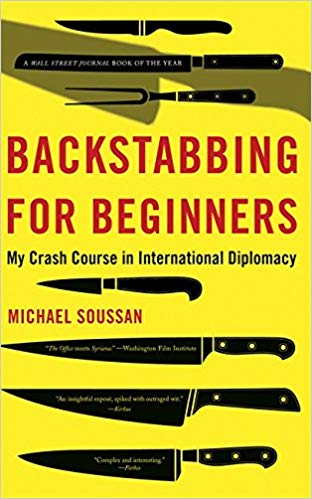
Backstabbing for Beginners: My Crash Course in International Diplomacy
On 21 April 2004, the Security Council adopted resolution 1538(2004), the most embarrassing resolution in the history of the United Nations. The resolution appointed an independent high-level inquiry whose mandate was to 'collect and examine information relating to the administration and management of the Oil-for-Food Programme, including allegations of fraud and corruption on the part of United Nations officials, personnel and agents, as well as contractors, including entities that have entered into contracts with the United Nations or with Iraq under the Programme.'
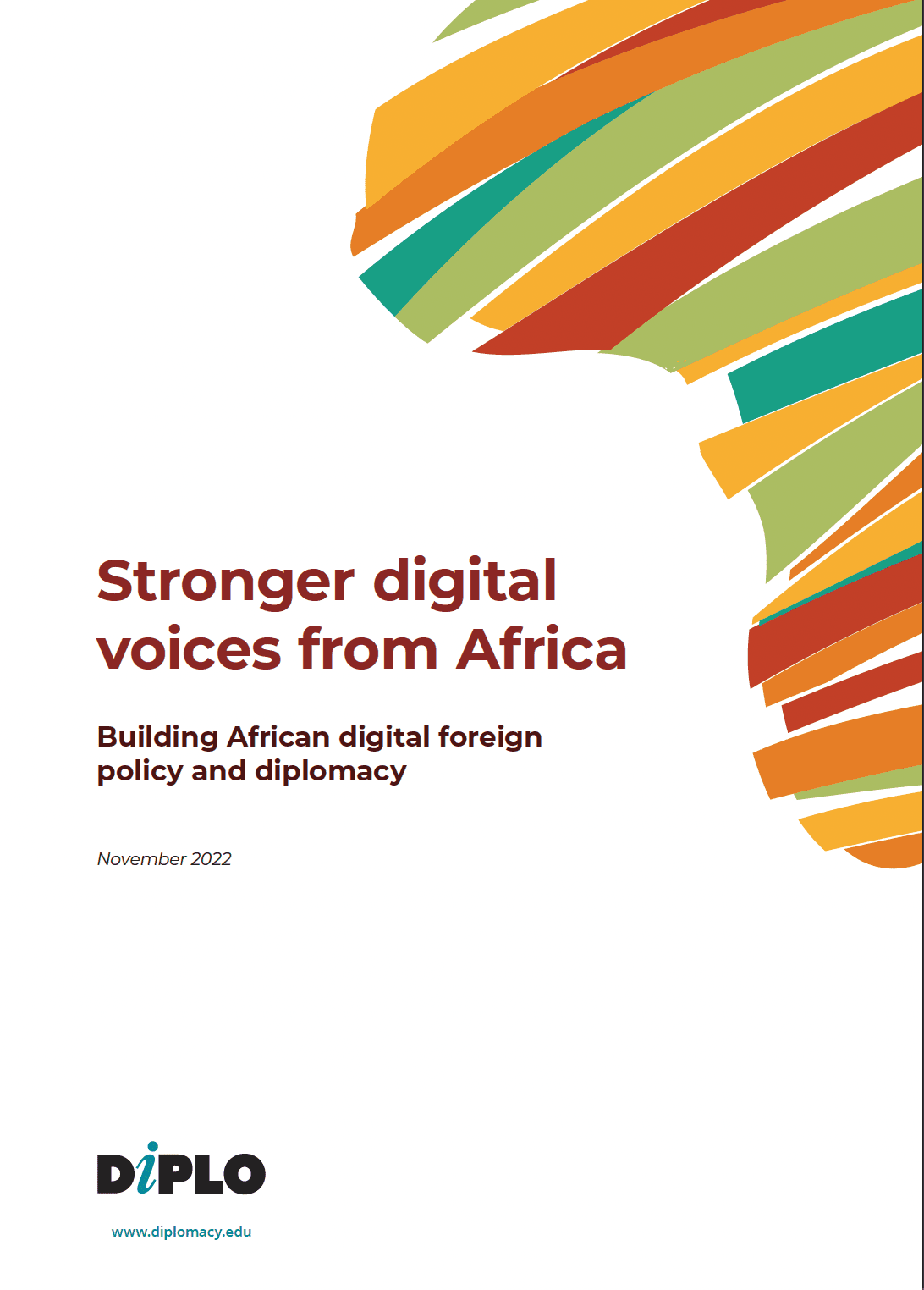
Stronger digital voices from Africa: Building African digital foreign policy and diplomacy
As Africa’s digital dynamism grows, its participation in global digital policy must increase. In this
transition, African countries have to navigate the geopolitical realities of our times.
The report is also available in French.
Global Health, Aid Effectiveness and the Changing Role of the WHO
The text discusses the changing role of the World Health Organization (WHO) in the context of global health and aid effectiveness.

Side-Lights on English Society, or Sketches from Life, Social and Satirical
The text provides insight into English society through social and satirical sketches from daily life.
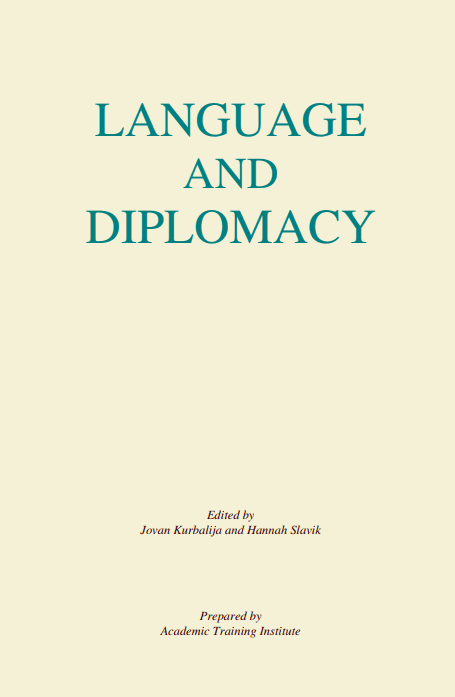
Language and Diplomacy
Part of Language and Diplomacy (2001): Dr Abu Jaber brings a cross-cultural element to the discussion of language and diplomacy, surveying the historical development of diplomatic language particularly in the Arab world. However, he points out that the very idea of a language of diplomacy "is that it should not be culture-bound but an attempt at transcending such boundaries to create a quasi neutral vehicle of exchange." Abu Jaber notes that the language of diplomacy has to this date not been successful in resolving violence between nations and peoples. Yet he believes that solutions to violen...

Diplomats as cultural bridge builders
Diplomats are people who are on the fringe somewhere, because they are either permanently living in or at least dealing with alien cultures, cultures with different values. The success of a diplomat depends on this brinkmanship because, on the one hand, they must remain credible with their superiors back home and, on the other hand, they must have access to the leaders in the country where they are posted. This paper discusses the role of diplomats as cultural bridge-builders.
Small states and diplomacy: An indispensable though much diversified relation
Small states rely heavily on diplomacy to navigate the complexities of international relations. Their approaches to diplomacy vary significantly, reflecting the unique challenges and opportunities they face in the global arena.
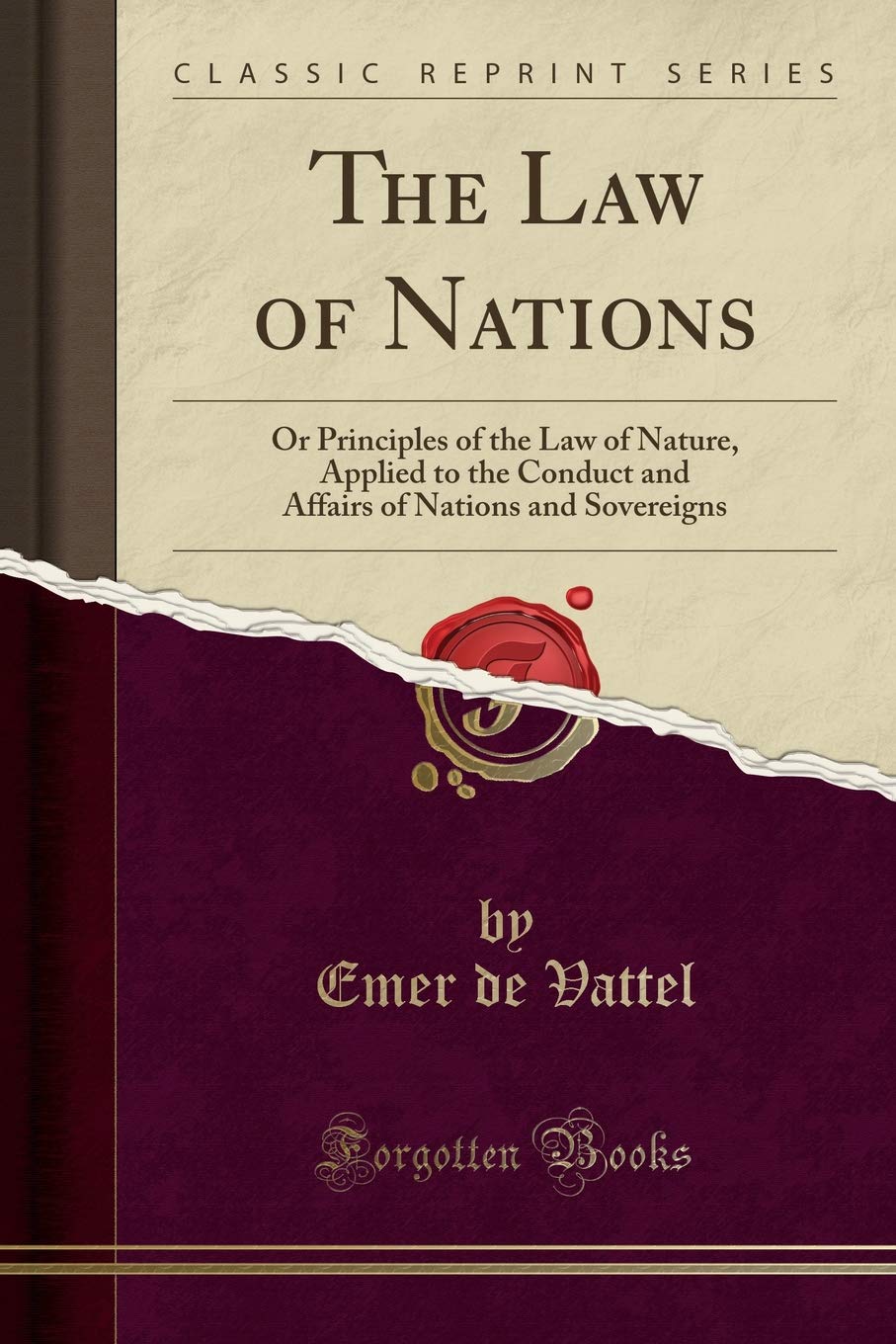
The Law of Nations or Principles of the Law of Nature Applied to the Conduct and Affairs of Nations and Sovereigns
The Law of Nations discusses principles of law applied to nations and sovereigns, guiding their conduct and affairs.
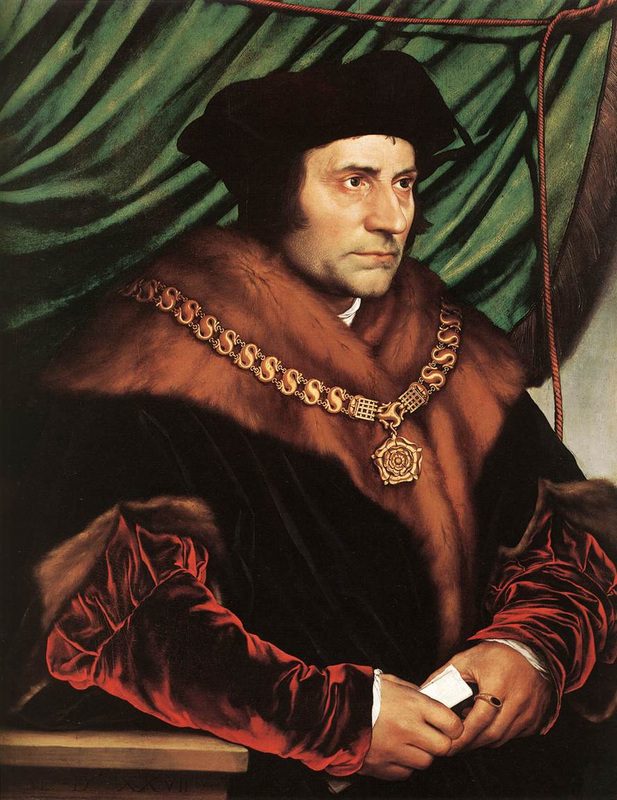
Guicciardini on Diplomacy: Selections from the Ricordi
Guicciardini reflects on diplomacy, emphasizing the importance of discretion, understanding the motives of others, and the necessity of adapting strategies based on changing circumstances. Diplomats should aim to achieve favorable outcomes while safeguarding their state's interests.
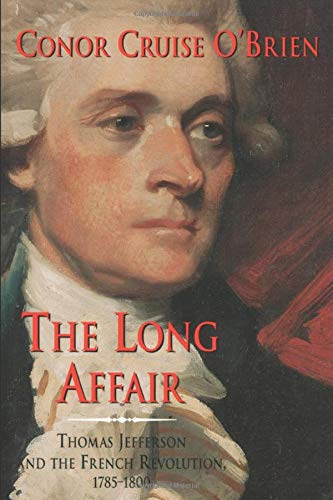
The Long Affair: Thomas Jefferson and the French Revolution
Thomas Jefferson, author of the Declaration of Independence (1776) and third president of the United States (1801-9), was one of the warmest and most influential American supporters of the French revolution. He had also been a diplomat. In fact, he had joined the American mission in France in 1784, and replaced Benjamin Franklin as minister in the following year. He witnessed the outbreak of the revolution in 1789 and was then appointed secretary of state by George Washington. This scintillating book by Conor Cruise O'Brien, himself a former diplomat, analyses the blossoming and slow - very sl...
Do the Experts Mean What Their Metaphors Say? An Exploration of Metaphor in Mediation Literature
The message explores the use of metaphor in mediation literature to determine if experts truly align with what their metaphors suggest.
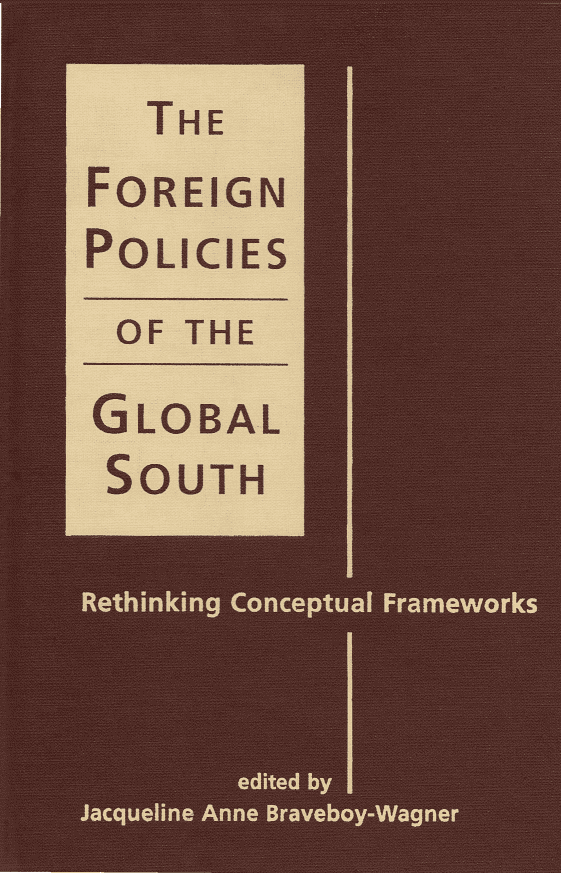
The Foreign Policies of the Global South: Rethinking Conceptual Frameworks
The text provides an analysis of foreign policies in the Global South and suggests reconsidering existing conceptual frameworks.
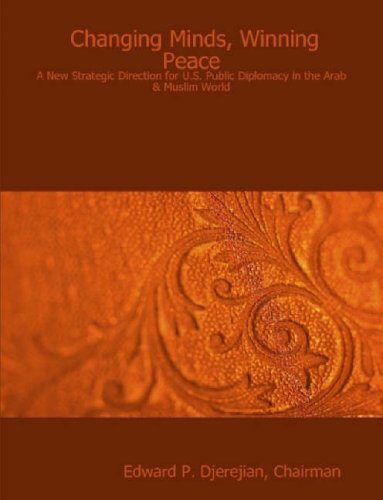
Changing Minds, Winning Peace: A New Strategic Direction for US Public Diplomacy in the Arab and Muslim World
A reprint of the historic report of the Advisory Group on Public Diplomacy for the Arab and Muslim World, this document was submitted to the US Congress in 2003 as a first step toward reforming America's dilapidated strategic communication infrastructure. The bipartisan Advisory Group, chaired by Ambassador Edward P. Djerejian, made a series of recommendations in this report that helped re-shape US public diplomacy.
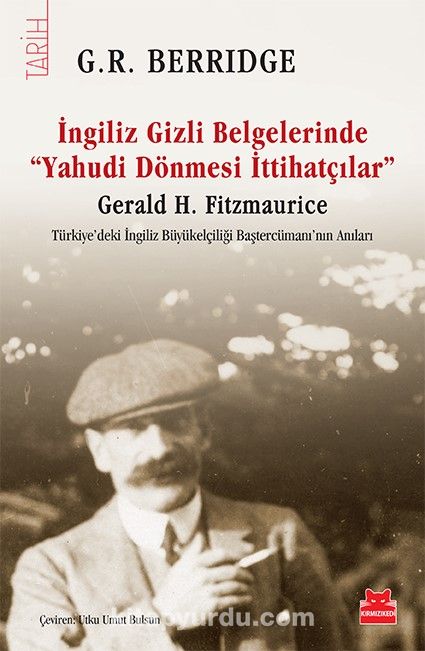
Tilkidom and the Ottoman Empire: The Letters of Gerald Fitzmaurice to George Lloyd, 1906-15
Gerald Henry Fitzmaurice was Chief Dragoman at the British Embassy in Constantinople before the First World War and George Ambrose Lloyd was a young Honorary Attaché based in the Embassy from the autumn of 1905 until the end of 1906. In Gerald Fitzmaurice (1865-1939), which leans heavily on the private letters that Fitzmaurice wrote to Lloyd between 1906 and 1915, I describe the ups and downs of the close friendship which developed between them. I also deal more or less fully with many of the subjects raised in the letters. Why, then, publish them separately?

Global Health and the Foreign Policy Agenda
Global health initiatives are a vital component of foreign policy. Efforts to address healthcare challenges worldwide can improve international relations and promote stability. Investments in global health can yield benefits for both public health and diplomatic relations, demonstrating a commitment to global cooperation and solidarity. As the world becomes increasingly interconnected, prioritizing global health in foreign policy agendas is crucial for fostering a safer and more prosperous global community.

Enhancing Economic Diplomacy (For Trade, Investment and Employment)
The message focuses on the importance of enhancing economic diplomacy for trade, investment, and employment.

Diplomacy as an instrument of good governance
The functioning of diplomacy is influenced by a complicated combination of different interrelated factors. This paper briefly analyses their impact on the evolution of diplomacy and discusses how diplomacy as an instrument of good governance should adjust itself to meet the new challenges, to become more relevant, open and agile, to modify its methods and to fully utilise opportunities offered by the technological revolution.
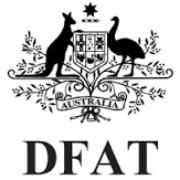
Public Diplomacy and Advocacy Handbook
The Public Diplomacy and Advocacy Handbook emphasizes the importance of building relationships with foreign audiences through strategic communication. It discusses the significance of understanding local cultures and public opinion to effectively promote a country's interests and values. The handbook provides guidance on creating impactful messaging, engaging with international stakeholders, and utilizing various communication tools to advance diplomatic objectives. Additionally, it highlights the role of advocacy in influencing policies and decision-making processes on a global scale.
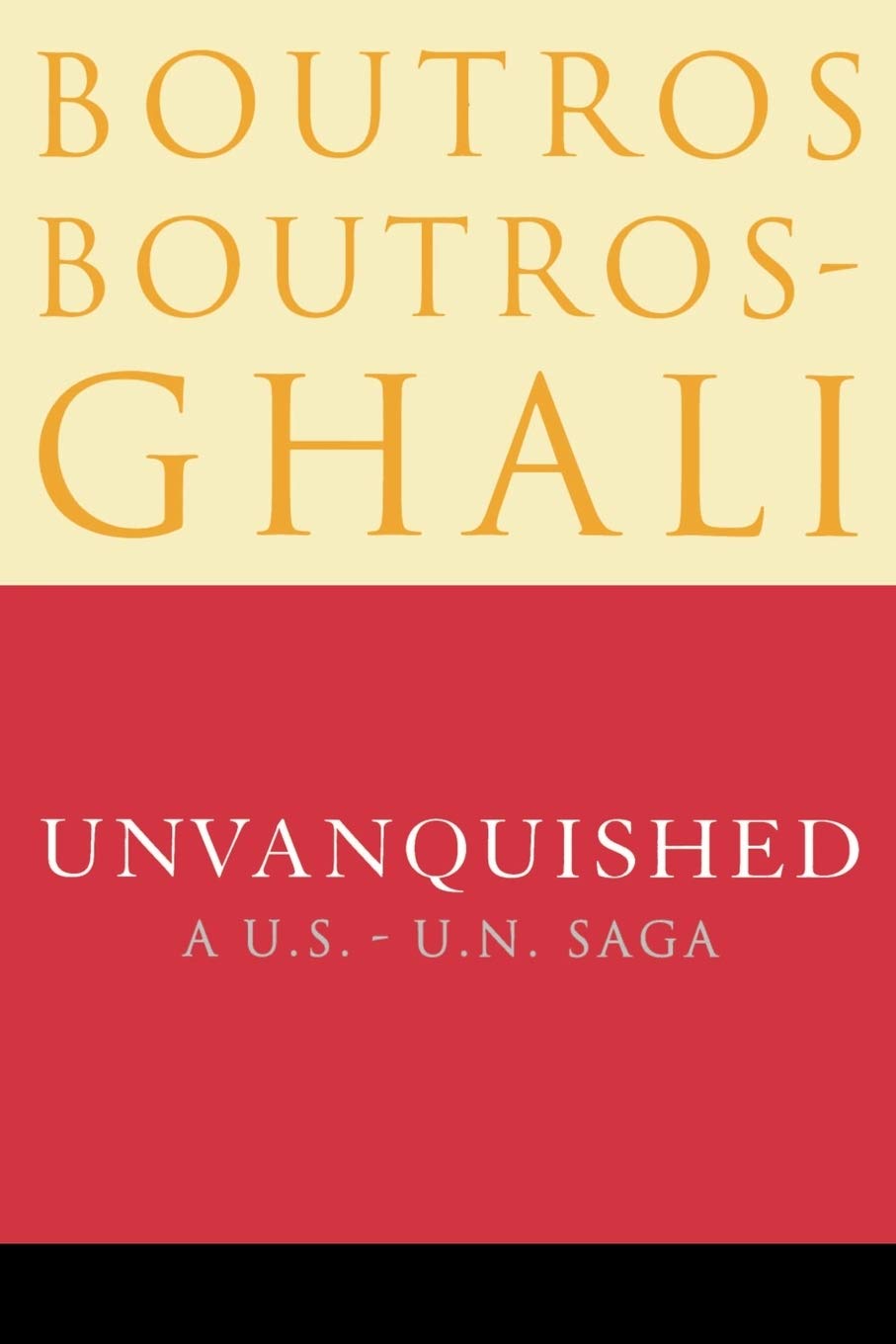
Unvanquished: A U.S.-U.N. Saga
In November 1996, the U.S. wielded its veto power in the U.N. Security Council to prevent Boutros Boutros-Ghali from securing a second term as Secretary-General, despite overwhelming support. The U.S. had attempted various tactics, including disinformation and pressure on other council members, to oust him. Boutros-Ghali's memoir sheds light on the U.S.'s dismissal of diplomacy in this instance, emphasizing the power dynamics at play. The event underscored the potential weakening of the U.N. diplomatic system.
Journal of Moral Theology, Vol. 11, Special Issue no. 1, Spring 2022, “Artificial Intelligence”
Journal of Moral Theology dedicated special issue on 'artificial intelligence'.
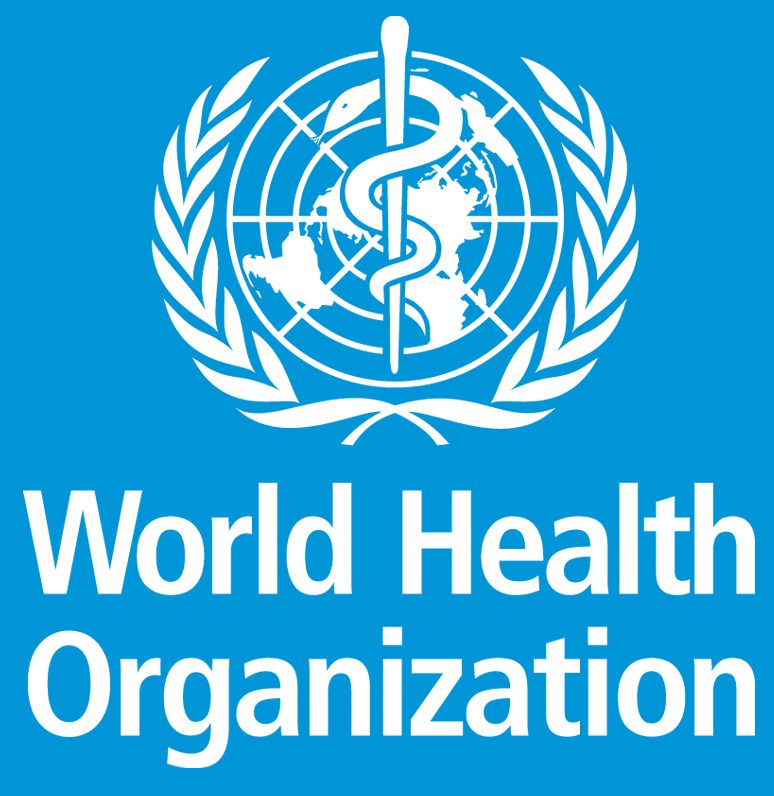
WHO reform process: documents
The World Health Organization (WHO) reform process involves various documents that outline proposed changes and improvements to the organization.
Theories of persuasion and psychology: the power of situations
Throughout its history, humankind has been motivated to war, terrorism, ethnic cleansing, genocide, racist hysteria, religious intolerance and extremism, mass suicide and many other forms of irrational and pathological behaviour. The problem arises as Milan Kundera defines it, when we ask that terrible anthropological question – ‘What are people capable of’?

Public opinion in the Arab and Muslim world: Informing US public diplomacy
The text discusses the importance of understanding public opinion in the Arab and Muslim world to enhance US public diplomacy efforts.

Building relations through multi-dialogue formats: Trends in bilateral diplomacy
The text discusses the importance of building relationships through various dialogue formats in bilateral diplomacy.

Regional water cooperation in the Arab – Israeli Conflict: A case study of the West Bank
The conflict between Israel and Arab countries, with several devastating wars, is about territory and land, and maybe just as crucially on the water that flows through that land. This dissertation, an analysis of the management of water in the West Bank, as a case study, seeks to underline the possibility of using soft power diplomacy, in addition to mediation and water cooperation, for a more collaborative kind of approach to the conflict.
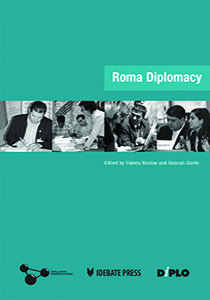
Roma Diplomacy
Roma Diplomacy is a collection of papers written or inspired through Diplo’s 2005/2006 Roma Diplomacy project.

Notes on the origins of the diplomatic corps: Constantinople in the 1620s
The diplomatic corps in Constantinople during the 1620s played a crucial role in diplomatic activities, managing relationships with foreign powers, facilitating negotiations, and gathering intelligence. The ambassadors stationed there were required to navigate complex political landscapes, cultural differences, and personal rivalries. This era marked the beginning of professionalized diplomacy, where ambassadors were trained in the art of negotiation and represented their countries' interests with skill and tact.
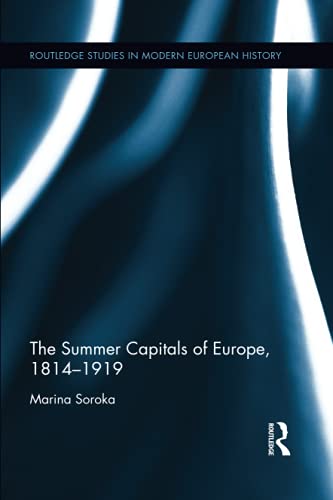
The Summer Capitals of Europe, 1814-1919
This is an original work, meticulously researched, rich in detail, and written in a clear and – here and there – refreshingly pungent style. Soroka is a Russian scholar but at ease in English.
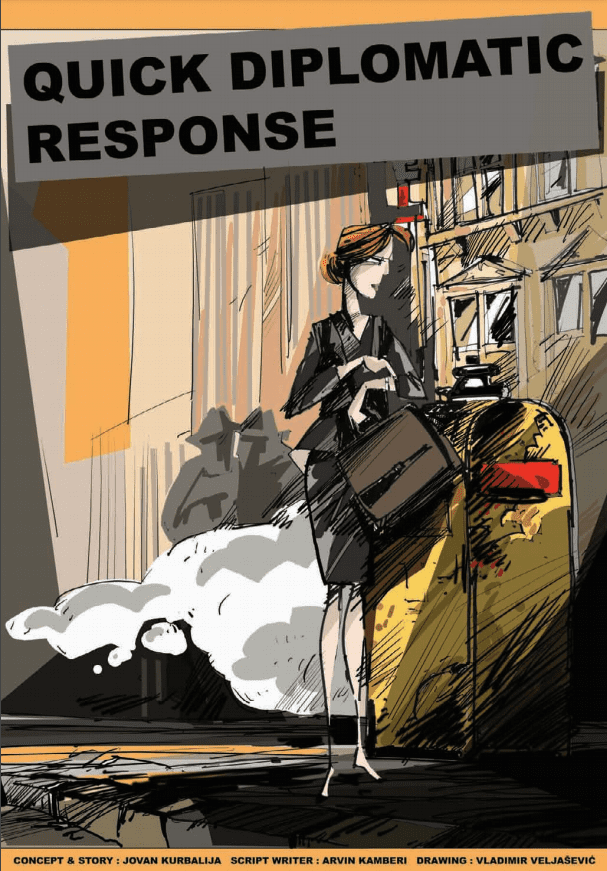
Quick Diplomatic Response
In the increasingly interdependent world, diplomacy is our only alternative. Wars do not provide solutions for modern problems, whether these are regional crises, environmental challenges, such as climate change, or the risk of global pandemics. Compromise and consensus are not only the most ethical approach, but necessity. This interesting comic presents one day in life of an e-diplomat.
Metaphor and War: The Metaphor System Used to Justify War in the Gulf
The text discusses how metaphors are used to justify war in the Gulf.

The evolution of diplomacy in the Caribbean
This paper will focus on the development of diplomacy in the Caribbean and how it impacts the development of small Caribbean States, paying attention to the regional, bilateral and multilateral levels of diplomacy.
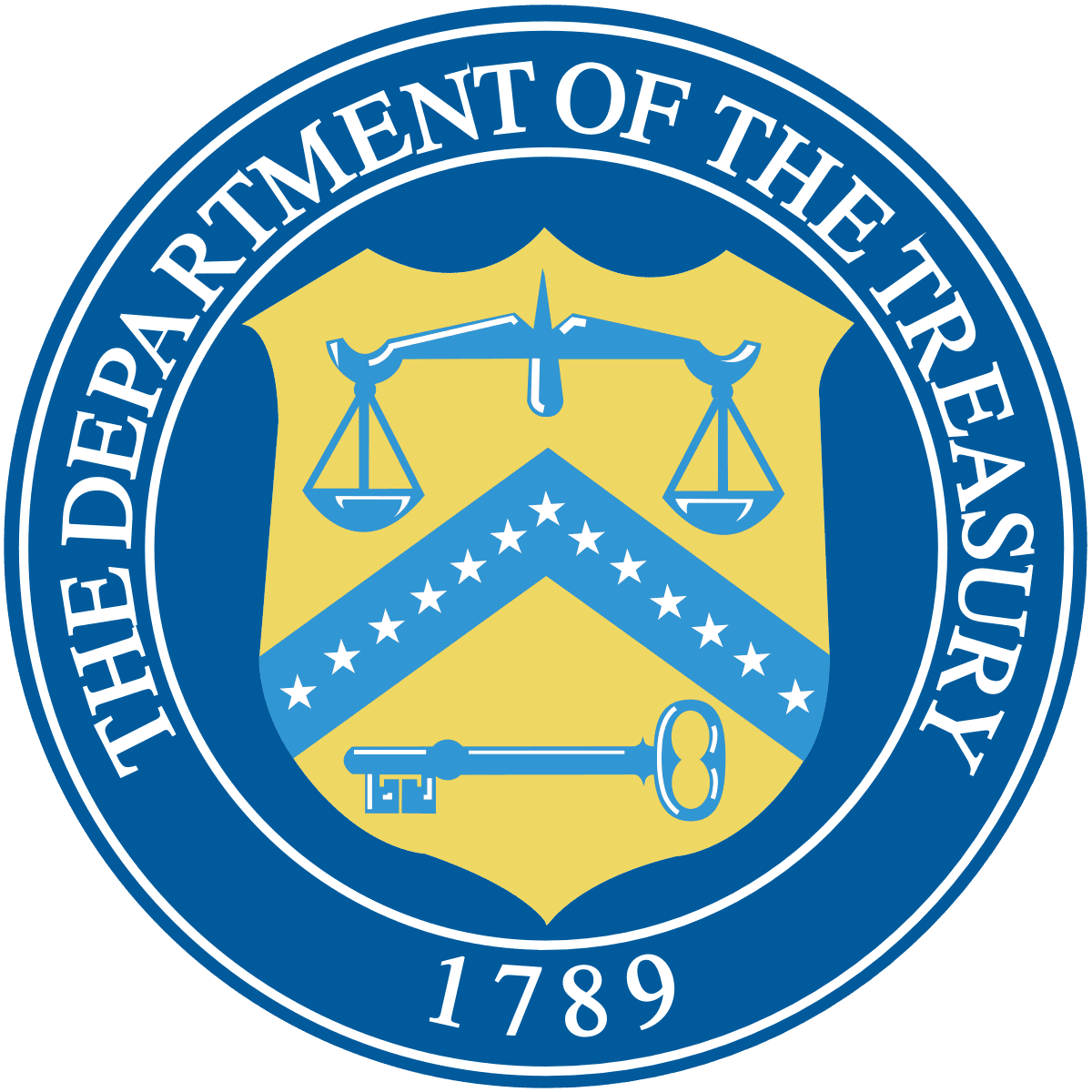
Effectiveness of U.S. Economic Sanctions with Respect to Sudan
The U.S. economic sanctions on Sudan have had limited success in achieving their intended goals due to various factors. The sanctions have impacted the Sudanese economy and government, but they have also inadvertently harmed civilians and hindered humanitarian efforts in the region. Additionally, the sanctions have not been successful in promoting political change or addressing human rights violations in Sudan. The effectiveness of these sanctions remains a topic of debate among policymakers and analysts.

Hypertext in diplomacy
Part of Language and Diplomacy (2001): The final paper in this volume, by Jovan Kurbalija, is based on the experience of ten years of research and development work in the field of information technology and diplomacy. Kurbalija explains the relevance and potential of hypertext software tools for the field of diplomacy.

The European Union and the Latin American and the Caribbean Dialogue: Building a Strong Partnership
The text discusses the importance of building a strong partnership between the European Union and Latin America and the Caribbean through dialogue.
Discussing a Definition of Global Health
The text discusses the concept of global health, encompassing the well-being of populations worldwide, emphasizing equity, collaboration, and addressing underlying determinants of health to achieve optimal health outcomes for all individuals globally.

The use of Information and Communications Technology (ICTs) in human rights promotion: A case study of the African Commission on Human and Peoples’ Rights
The employment of ICT tools as a weapon of choice at the African Commission on Human and Peoples' Rights, an organ established within the African Union with a broad mandate of spearheading human rights promotion on the African Continent has not been emphasised as a crucial element in the struggle towards achieving human rights promotion and protection on the African continent, with the resulting consequence that the Commission is not as visible and known to the people that it is supposed to serve.
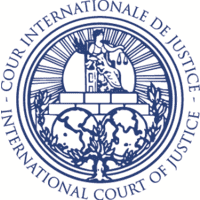
United States Diplomatic and Consular Staff in Tehran (United States of America v. Iran)
The United States took Iran to the International Court of Justice over the 1979 hostage crisis. The US argued Iran violated international law by holding American embassy staff captive. Iran countered with claims of US intervention in Iranian affairs. The Court ruled in favor of the US, directing Iran to release the hostages and provide reparations. Ultimately, the situation strained US-Iran relations and remains a key diplomatic precedent.

Twitter and Diplomacy: How Social Networking is Changing Foreign Policy
The article discusses the impact of social networking, particularly Twitter, on foreign policy and diplomacy, highlighting how governments and leaders are using these platforms to engage with each other and the public in real-time, influencing international relations. Diplomacy is evolving through social media, shaping public opinion and enabling direct communication between officials and citizens.
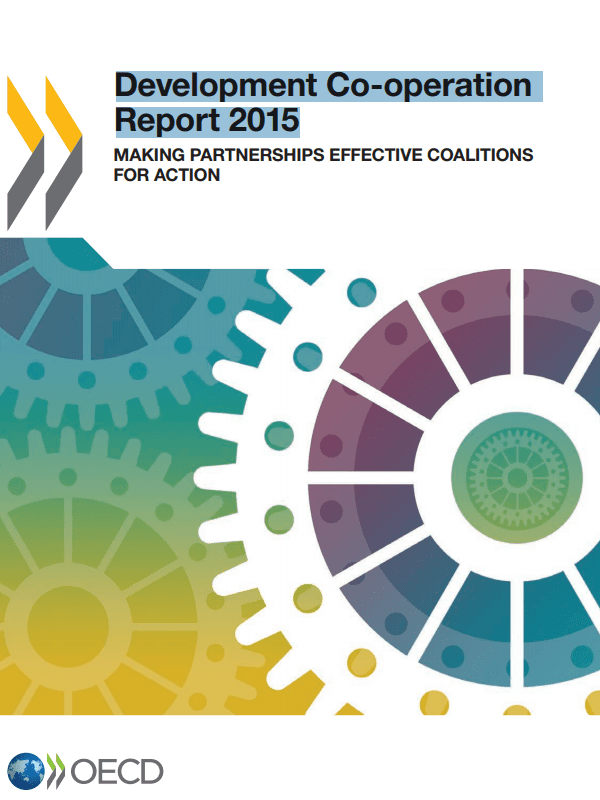
Development Co-operation Report 2015: Making Partnerships Effective Coalitions for Action
The text discusses the importance of effective partnerships and coalitions for action in development cooperation as outlined in the Development Co-operation Report 2015.

Documenting diplomacy, Evaluating documents: The case of the CSCE
Part of Language and Diplomacy (2001): Rather than individual documents, Dr Keith Hamilton looks at the process and purpose of compiling collections of documents. He focuses on his own experience as the editor of Documents on British Policy Overseas, and particularly on his work publishing a collection of documents concerning the Conference on Security and Cooperation in Europe from 1972 until 1975.
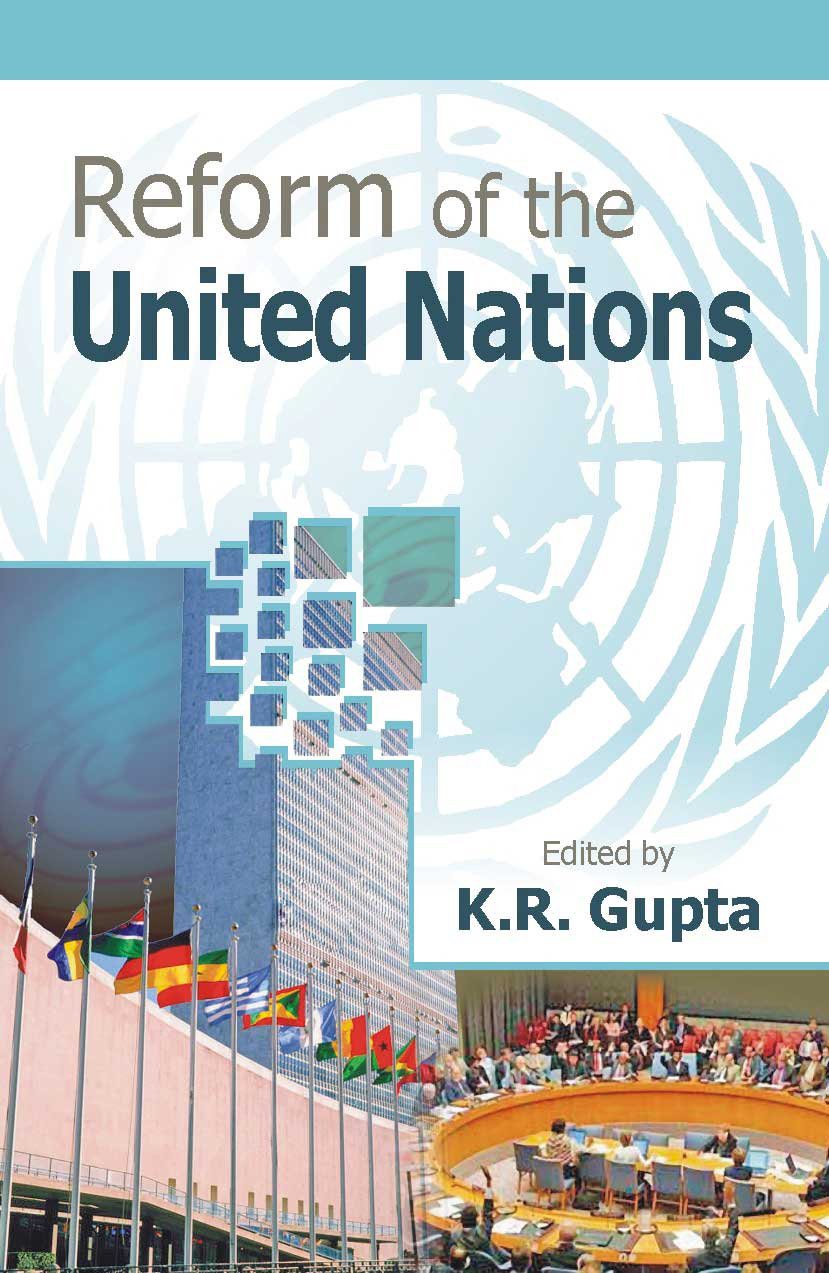
The Reform of the United Nations
The text discusses the Reform of the United Nations.
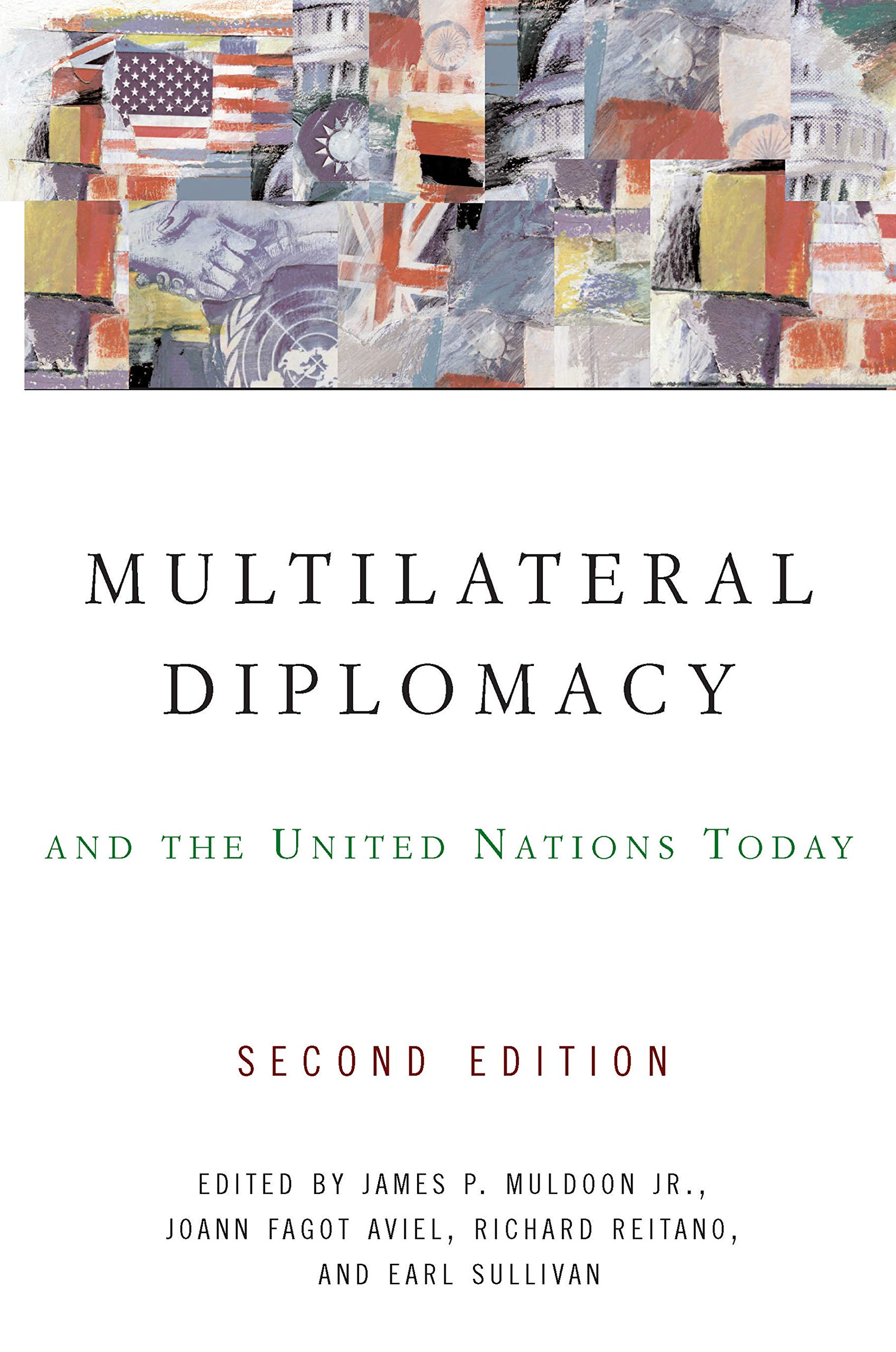
Multilateral Diplomacy and the United Nations Today
As the world confronts new and ongoing challenges of globalization, international terrorism and an array of other global issues, the United Nations and its key attribute-multilateral diplomacy-are more important now than ever before. With new and updated essays that detail the experiences of a diverse group of practitioners and scholars who work in the field of diplomacy, this new edition covers in even greater breadth and depth the quintessential characteristics of multilateral diplomacy as it is conducted within the United Nations framework. Multilateral Diplomacy and the United Nations Toda...

The Role of Diplomacy in the Challenges to Maritime Security Cooperation in the Gulf of Guinea: Case Study of Nigeria
There is presently a pervading feeling that the West and Central African states are long overdue to take control of their maritime environment. However, these expectations show no indication of materialising in the short term.
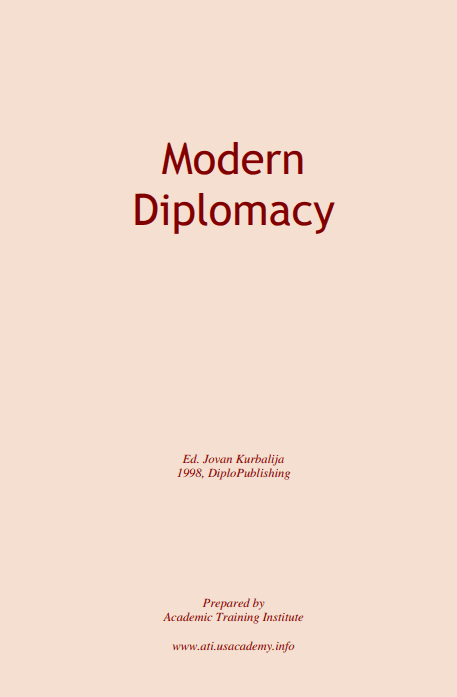
Modern Diplomacy: A preface
The Mediterranean Academy of Diplomacy has recently organised two international conferences addressing the future of diplomacy. The first was the International Conference on Information Technology and Diplomacy (May 1997) and the second was the International Conference on Modern Diplomacy (February 1998). The papers featured in this volume were presented at these conferences. The contributors are professors, diplomats and officials involved in international relations, coming from a wide variety of countries.
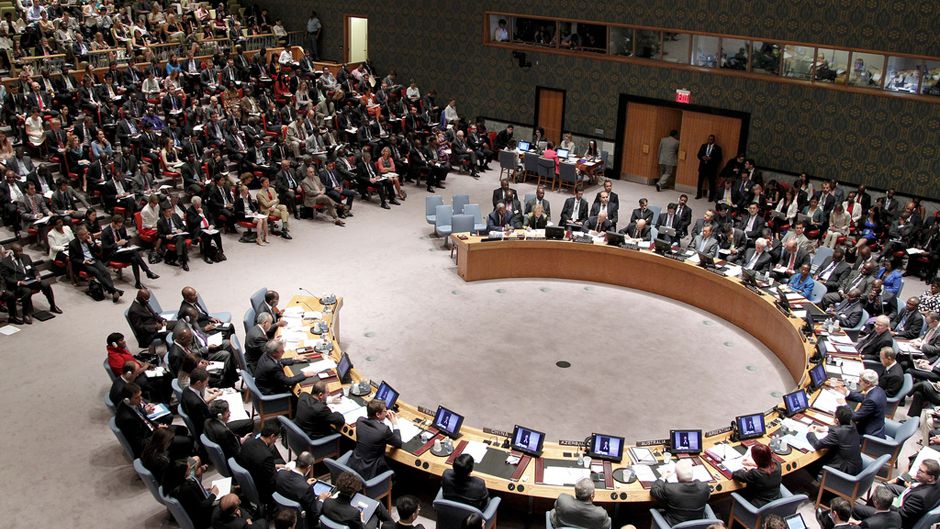
Reform of the United Nations Security Council
The text discusses the need for reform of the United Nations Security Council to make it more representative and effective in addressing global security challenges.
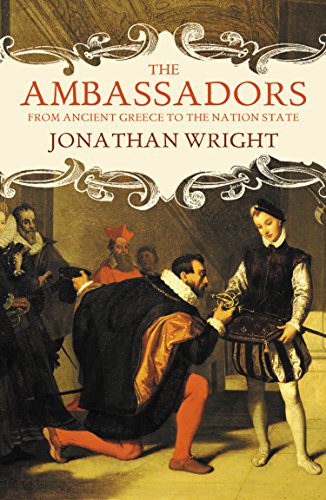
The Ambassadors: From Ancient Greece to the Nation State
The Ambassadors: From Ancient Greece to the Nation State explores the historical role of ambassadors, tracing their origins in ancient Greece through to the present day practices of representing nations on the international stage. The book delves into the evolution of diplomacy, the duties and responsibilities of ambassadors, as well as the impact they have had on shaping the relations between states throughout history. Through a detailed examination of the development of diplomatic protocols and practices, readers gain insight into the crucial role ambassadors play in promoting peace, resolvi...
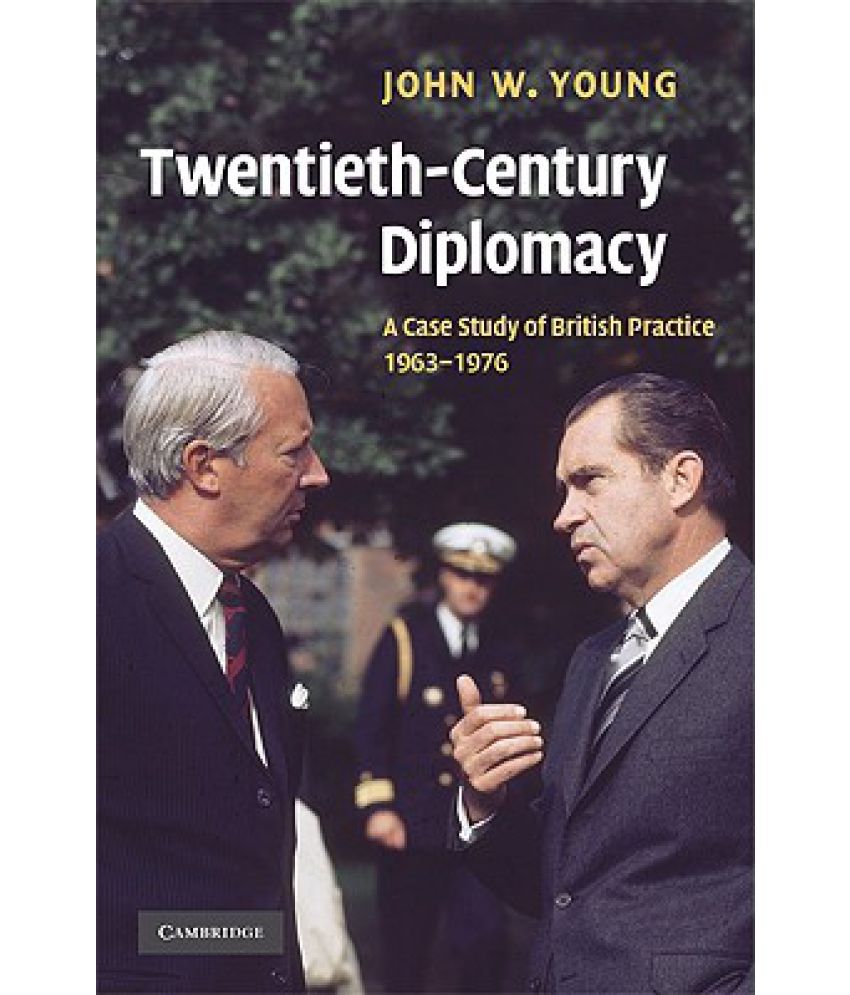
Twentieth-Century Diplomacy: A Case Study of British Practice, 1963-1976
Some years ago, John Young, Professor of International History at the University of Nottingham and long-serving Chair of the British International History Group, turned his thoughts and research in the direction of diplomatic procedure. This is the first monograph to be the product of his shift in direction and it is to be most warmly welcomed. It is original in focus, impeccably researched (private papers and oral history transcripts have been sifted as well official documents in The National Archives), crisply written, and altogether a major contribution to the contemporary history of diplom...
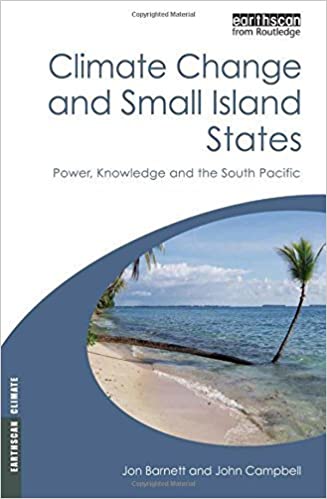
Climate Change and Small Island States: Power, Knowledge and the South Pacific
The text discusses the challenges small island states in the South Pacific face due to climate change. These states lack power and resources to adequately address climate issues, relying on external knowledge and support. The impact of climate change threatens their very existence, highlighting the urgent need for global cooperation and assistance to combat this crisis.
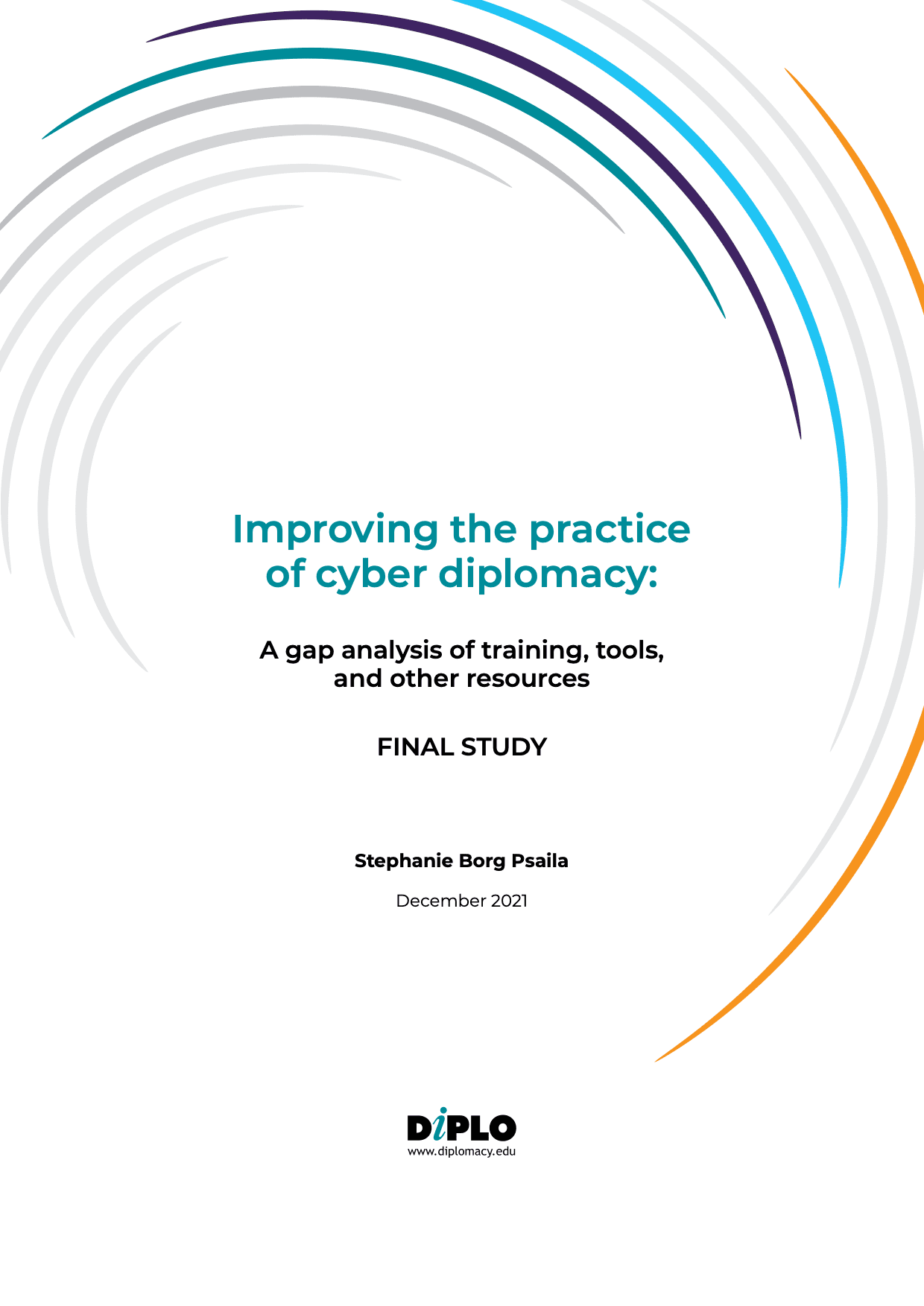
Improving the practice of cyber diplomacy: Training, tools, and other resources – Final study
This study analyses the capacity development of cyber diplomacy, including training opportunities, tools, and other resources, and looks at their reach, take-up, and what should come next. Why? Because although cyber diplomacy, the conduct of diplomacy with respect to a state’s interests in cyberspace, is too important to ignore, the participation of countries is far from ideal.

Intergovernmental organisations sharing and linking open and real-time data for inclusive governance
The rapid rise of the Internet has encouraged the use of open, real-time, and linked data to help understand and improve development processes.The advancement of data use for development without an Internet governance framework, however, raises the importance of inclusion of the most marginalized, as well as privacy and security. This paper will examine such issues, as well as the role inter-governmental organisations can play in helping to encourage the use of data while supporting the protection of privacy and security.

Security for small states
The text discusses the importance of small states being proactive in ensuring their security by engaging in partnerships, investing in defense capabilities, and utilizing diplomatic strategies. It emphasizes the need for small states to take ownership of their security and collaborate with allies to navigate global challenges effectively.
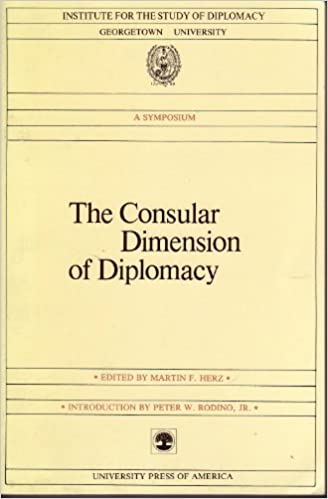
The Consular Dimension of Diplomacy
The Consular Dimension of Diplomacy discusses the crucial role consular officials play in protecting the interests of their respective countries and citizens abroad. Consular work includes providing assistance to citizens in distress, issuing visas, promoting trade and cultural exchanges, and handling legal matters. This aspect of diplomacy is often overlooked but is vital in maintaining relationships and safeguarding the welfare of citizens outside their home countries.
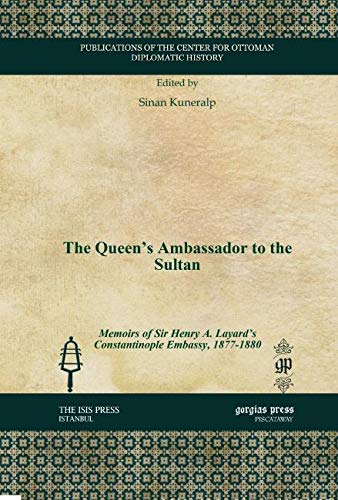
The Queen’s Ambassador to the Sultan: Memoirs of Sir Henry A. Layard’s Constantinople Embassy, 1877-1880
Once more students of Ottoman diplomatic history are in debt to the scholar-publisher, Sinan Kuneralp, for Sir Henry Layard was one of the most remarkable and controversial of British ambassadors to Turkey in the nineteenth century and served there during the Russo-Turkish War of 1877-8 – and yet the volumes of his memoirs dealing with this period have hitherto languished unpublished in the British Library, in part perhaps because of their size. (Layard admits himself to having been ‘somewhat minute, perhaps a great deal too much so’, p. 692.)They are here published almost in their entir...
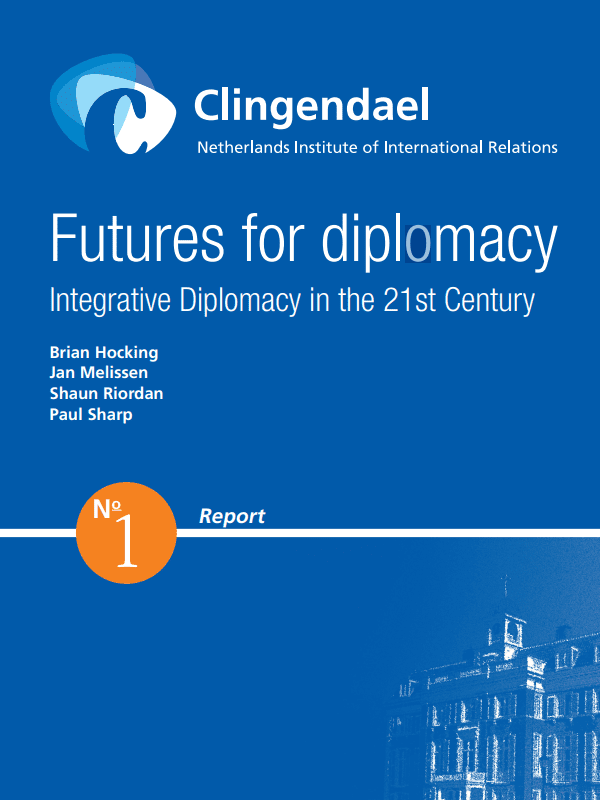
Futures for diplomacy: Integrative Diplomacy in the 21st Century
The text discusses Integrative Diplomacy in the 21st century, emphasizing the importance of adapting traditional diplomacy to current global challenges and opportunities. Diplomacy is viewed as a tool for addressing complex issues through collaboration and integration, fostering mutual understanding and sustainable solutions. The changing dynamics of international relations require a more inclusive and interconnected approach, focusing on partnerships and cooperation in order to navigate the complexities of the contemporary world. Diplomacy is seen as essential in shaping the future of global ...
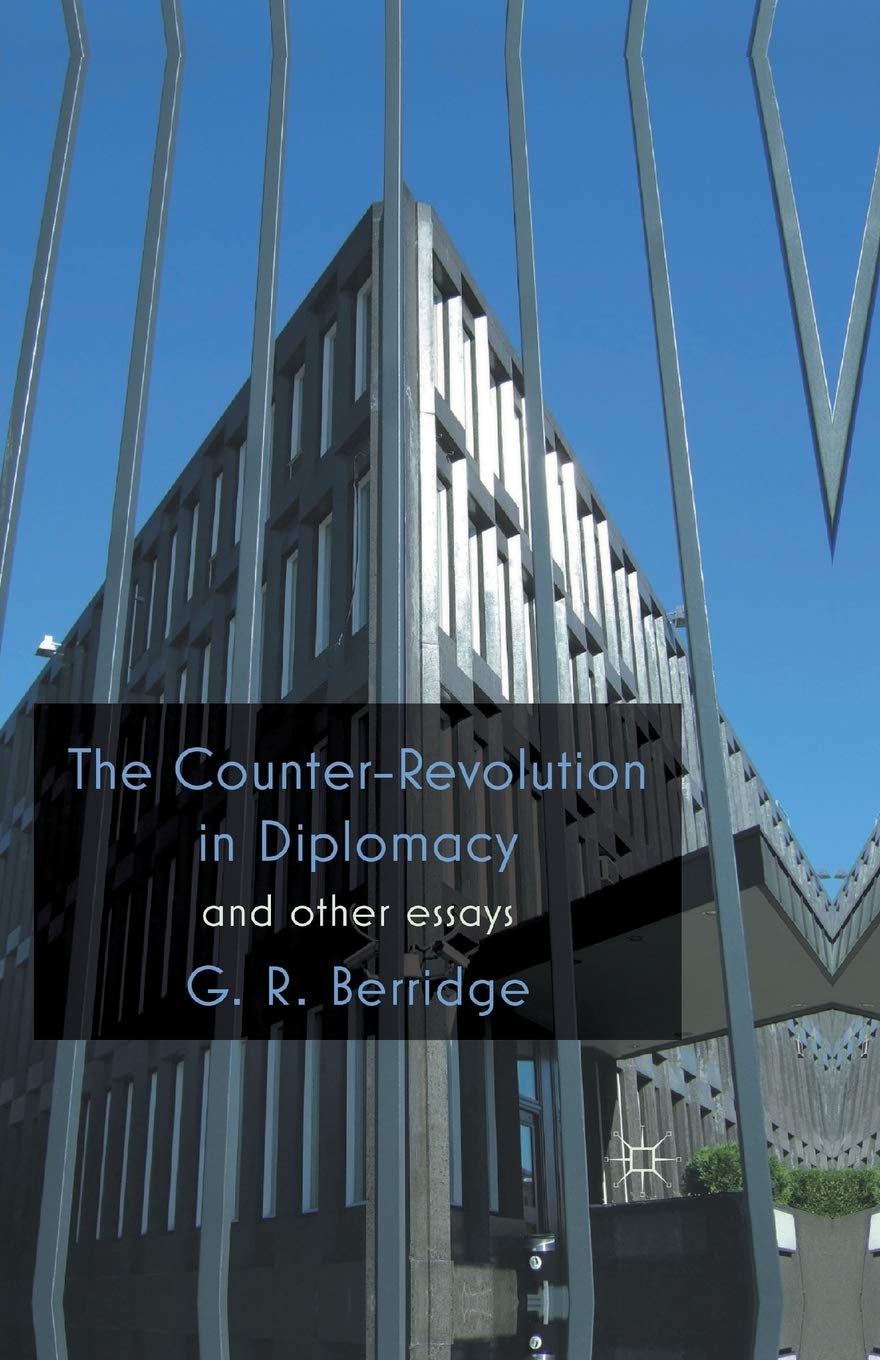
The Origins of the Diplomatic Corps: Rome to Constantinople
The evolution of the diplomatic corps can be traced back to ancient Rome, where envoys played a key role in maintaining relationships with other civilizations. As the Roman Empire transitioned to Constantinople, the concept of diplomatic missions continued to develop, becoming more formalized and structured. From humble beginnings in Rome to the sophisticated diplomatic corps of Constantinople, the foundations of modern diplomacy were laid, shaping the interactions between nations for centuries to come.

The Argentine seizure of the Malvinas [Falkland] Islands: History and Diplomacy
The Argentine seizure of the Malvinas [Falkland] Islands is a historical event that involves complex diplomatic implications.
The Falkland Islands War: Diplomatic Failure in April 1982
The text discusses how the Falkland Islands War of April 1982 was a diplomatic failure.
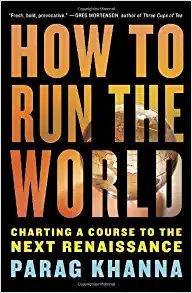
How to Run the World: Charting a Course to the Next Renaissance
The book "How to Run the World: Charting a Course to the Next Renaissance" presents a blueprint for solving global problems by leveraging networks of individuals and organizations. It explores the potential for a new era of collaboration and innovation to address pressing issues on a global scale, highlighting the power of interconnectedness and collective action in shaping a better future for all.
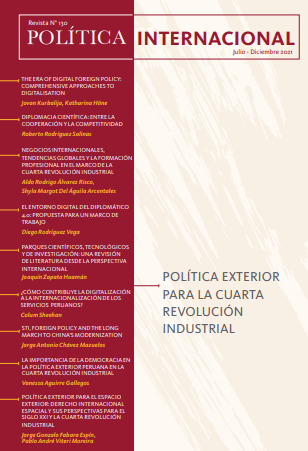
The era of digital foreign policy: Comprehensive approaches to digitalisation
As the theme of this issue, ‘foreign policy for the 4th industrial revolution’, suggests, diplomats and foreign ministries are faced with tremendous changes brought about by digitalisation. The ability to respond to these changes appropriately and effectively determines the future prosperity of countries. Foreign policy is already digital in many ways - including its tools and the topics on bilateral and multilateral agendas. In this article, we introduce the idea of ‘digital foreign policy’ as a comprehensive way of responding to the challenges of digitalisation and the 4th industr...
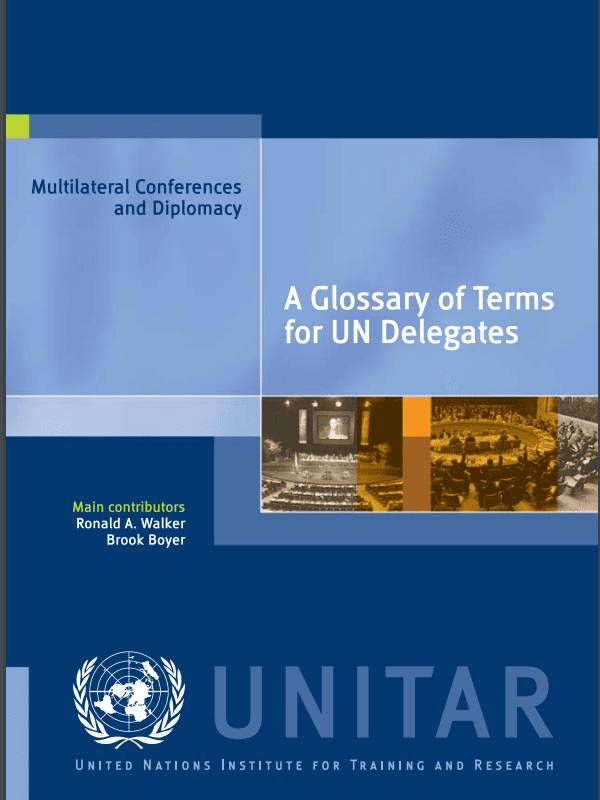
Multilateral Conferences and Diplomacy: A Glossary of Terms for UN Delegates
The text will provide a glossary of terms related to multilateral conferences and diplomacy for UN delegates.
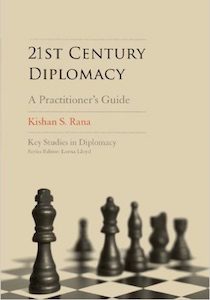
21st Century Diplomacy: A Practitioner’s Guide
In the 21st century, new kinds of challenges resulting from interdependence among states and globalisation have had a determining impact of the conduct of diplomacy. Diplomacy has become multifaceted, pluri-directional, volatile and intensive, due to the increased complexity in terms of actors, dialogues subjects, modes of communication, and plurality of objectives. This unique text, written by a leading scholar and Foreign Service expert, examines all such factors to provide the definitive guide to diplomacy as it is practiced today. With a multitude of examples from around the world, includi...

Social Power in International Politics
In "Social Power in International Politics," the author explores the impact of social power in shaping international relations. Social power encompasses the ability to influence others' behaviors, beliefs, and attitudes through norms, values, and identities. This form of power is not solely possessed by states but also by non-state actors and international organizations. Understanding social power dynamics is crucial for comprehending the complexities of global politics and how ideas and identities shape international interactions and conflicts.
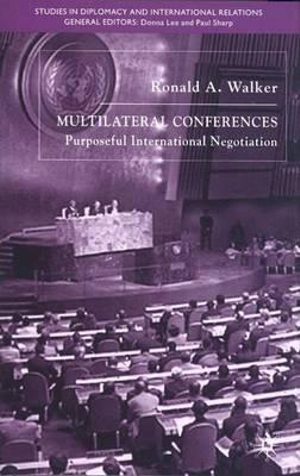
Multilateral Conferences: Purposeful International Negotiation
The message will provide insights on the purpose and significance of multilateral conferences in facilitating international negotiations.
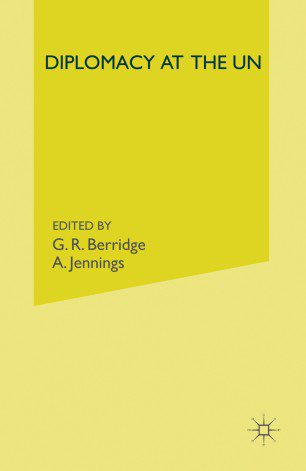
Diplomacy at the UN
The message will provide insights about diplomacy at the United Nations.
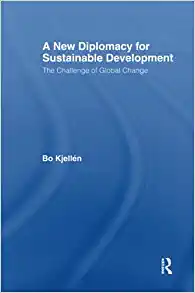
A New Diplomacy for Sustainable Development: The Challenge of Global Change
The text discusses the need for a new diplomacy approach to address the challenges of global change and foster sustainable development.

Australia’s Public Diplomacy: Building Our Image
Australia is elevating its public diplomacy efforts to enhance its global image. The country's focus on strategic communication aims to promote its values, interests, and culture on the international stage, fostering positive relationships and understanding with other nations. Through various initiatives, including cultural exchanges and digital diplomacy, Australia seeks to build strong networks and increase its influence in the global community.
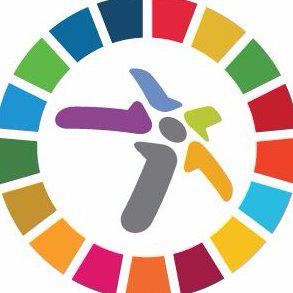
Tunis Agenda for the Information Society
The Tunis Agenda for the Information Society highlights the need to bridge the digital divide, prioritize the development of ICT infrastructure in developing countries, promote internet governance principles, and ensure a people-centered, inclusive, and development-oriented information society. It emphasizes the importance of multilateralism, capacity building, and creating an enabling environment for sustainable ICT development. The document serves as a roadmap for advancing the global information society and ha...
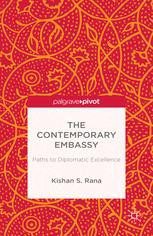
The Contemporary Embassy: Paths to Diplomatic Excellence
The Contemporary Embassy: Paths to Diplomatic Excellence" explores the evolving role of embassies in modern diplomacy, focusing on the diverse strategies and practices that contribute to diplomatic success.

International Humanitarian Norms and Principles
The text discusses the importance of adhering to international humanitarian norms and principles in all circumstances to protect and respect human dignity, regardless of the situation.

The Role of Small States in the Multilateral Framework
The current world geopolitical configuration shows how after the end of a bipolar world set by the top superpowers (United States and the Ex Soviet Republic) along with other major players (such as Germany, Great Britain, France, Japan and China, the P5 United Nations Security Council members + 1 with the full capacity of veto power in all world top decisions and procedures) set up a new world reconfiguration that has emerged since the end of the twenty century and mainly in the beginning of this 21th century standing driven from some centers of power and in parasailed with the political and e...

Nation branding and the role of public diplomacy in assisting small island states in developing strong nation brands
The concept of applying branding principles and strategies to nation states has been around for decades. However, in recent years, the concept has occupied prime attention in academia and the business sector.
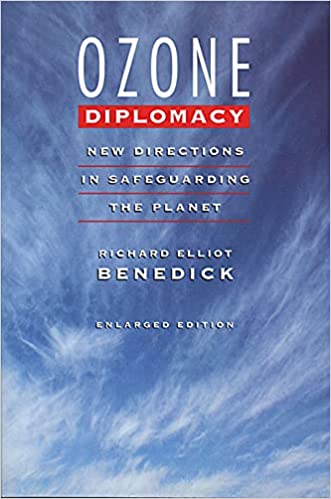
Ozone Diplomacy: New Directions in Safeguarding the Planet
The message focuses on the book "Ozone Diplomacy: New Directions in Safeguarding the Planet.
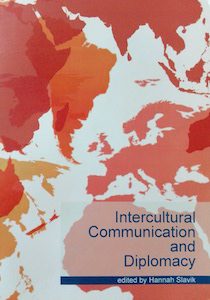
Intercultural Communication and Diplomacy
Intercultural Communication and Diplomacy is a collection of papers presented at two conferences: the 2003 Conference on Intercultural Communication and Diplomacy, and the 2004 Conference on Organisational and Professional Cultures and Diplomacy.
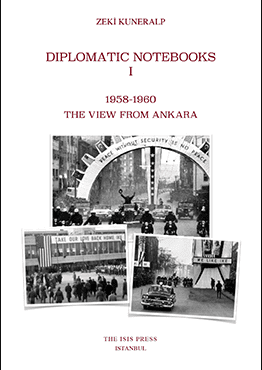
Just a Diplomat
Close students of the new, Conservative Party Mayor of London, the at once engaging and alarming Boris Johnson, will know that he has Turkish cousins. One of these is Sinan Kuneralp, a son of the late Zeki Kuneralp, probably the most distinguished and well liked Turkish diplomat of his generation. Sinan Kuneralp is a scholar-publisher and runs The Isis Press in Istanbul, a house at the forefront of publishing scholarly works and original documents on the Ottoman Empire, chiefly in English and French. The three works noticed here are all its products and reflect the publisher’s own special in...
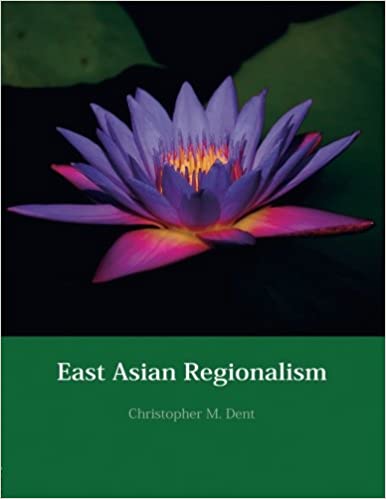
East Asian Regionalism
The text examines the dynamics and evolution of East Asian regionalism, analysing the various economic, political, and social factors influencing regional integration efforts in the East Asian context.

Strengthening the region’s participation
‘Witnessing the open community policy development process at the AfriNIC community led me to further appreciate the importance of the Policy Research Phase of the Diplo IGCBP. AfriNIC-13 was an eye opener...’ - Maduka Attamah from Nigeria

Knowledge management and diplomacy
In this paper we aim to provide a comprehensive introduction to the topic of knowledge management in diplomacy. First we provide working definitions of knowledge and knowledge management, and examine the evolution of the concepts. Next, we consider specific features of diplomacy that affect and limit the way knowledge management can be implemented. Then we look at specific techniques which diplomacy can adapt from the business sector in the field of knowledge management. Finally, we consider some important questions related to human resources and knowledge management.
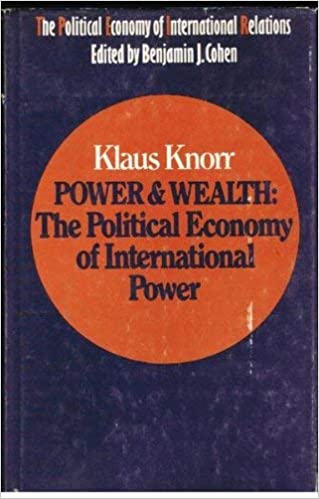
Power and Wealth: The Political Economy of International Power
The text discusses the relationship between power and wealth in the political economy of international power.
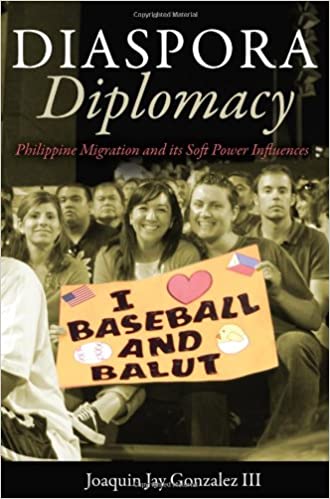
Diaspora Diplomacy: Philippine Migration and its Soft Power Influences
Diaspora Diplomacy: Philippine Migration and its Soft Power Influences is about the remarkable and untapped soft power that international migrants possess and how various sectors-from governments, NGOs, business, and international organizations- could tap this valuable resource to enhance global cooperation and development. With compelling stories from Filipina and Filipino migrants in San Francisco, London, Dubai, Dhaka, and Singapore comprising the large Philippine diaspora, this book illustrates how this widespread community performs numerous acts of public diplomacy, bridging the cultural ...
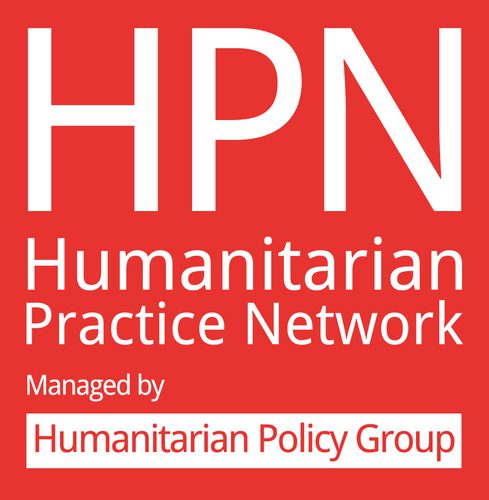
Humanitarian Practice Network Paper
The humanitarian community uses many approaches to evidence. Representative initiatives are presented in Table 1. The many different data gatherers, managers, users and donors have prompted recent efforts to inventory and critique these varied approaches. In October 2007, the UN Office for the Coordination of Humanitarian Affairs (OCHA) began a two-year multisectoral study into the Assessment and Classification of Emergencies (ACE). The terms of reference for the study identified 17 global initiatives relevant to emergency assessment and analysis.1 In the terms of reference of the ...
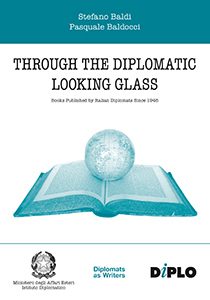
Through the Diplomatic Looking Glass
This study presents and analyses books published by Italian diplomats. The more than seven-hundred and fifty titles listed give a broad and varied picture of diplomats and the diplomatic world. This volume evokes not only the talent for describing situations and characters, but also the broad, diverse interests that distinguish the members of this profession. As well, this study takes a broader view of relations between diplomacy and literature, examining the primary moments and protagonists of this relationship.
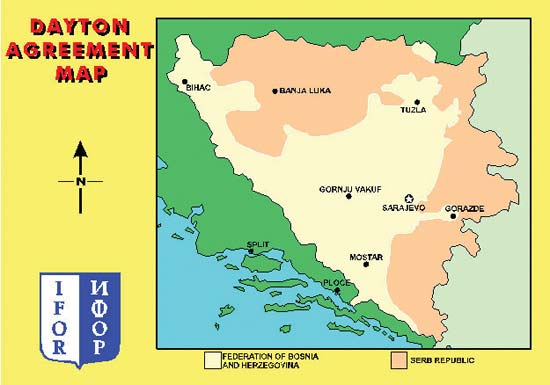
The Secret History of Dayton: U.S. Diplomacy and the Bosnia Peace Process 1995
The Secret History of Dayton: U.S. Diplomacy and the Bosnia Peace Process 1995 recounts the behind-the-scenes negotiations and strategies employed by American diplomats during the Dayton Peace Accords that ended the Bosnian War. The U.S. played a crucial role in brokering peace between the warring factions and outlining the terms of the agreement that led to the successful resolution of the conflict.

China is waking up to the benefits of good diplomacy in Asia
China is realizing the advantages of effective diplomacy in Asia.
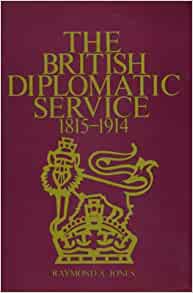
The British Diplomatic Service 1815-1914
The British Diplomatic Service from 1815 to 1914 showcases the evolution of a prestigious institution that adapted to the changing political landscape of the 19th century. This period saw the service expand its reach globally, employing both traditional aristocratic diplomats and a growing number of professionals. The diplomatic corps played a vital role in maintaining British interests abroad, while facing challenges such as increased international competition and demands for specialized knowledge. The period also witnessed the professionalization of diplomatic practices and the development o...
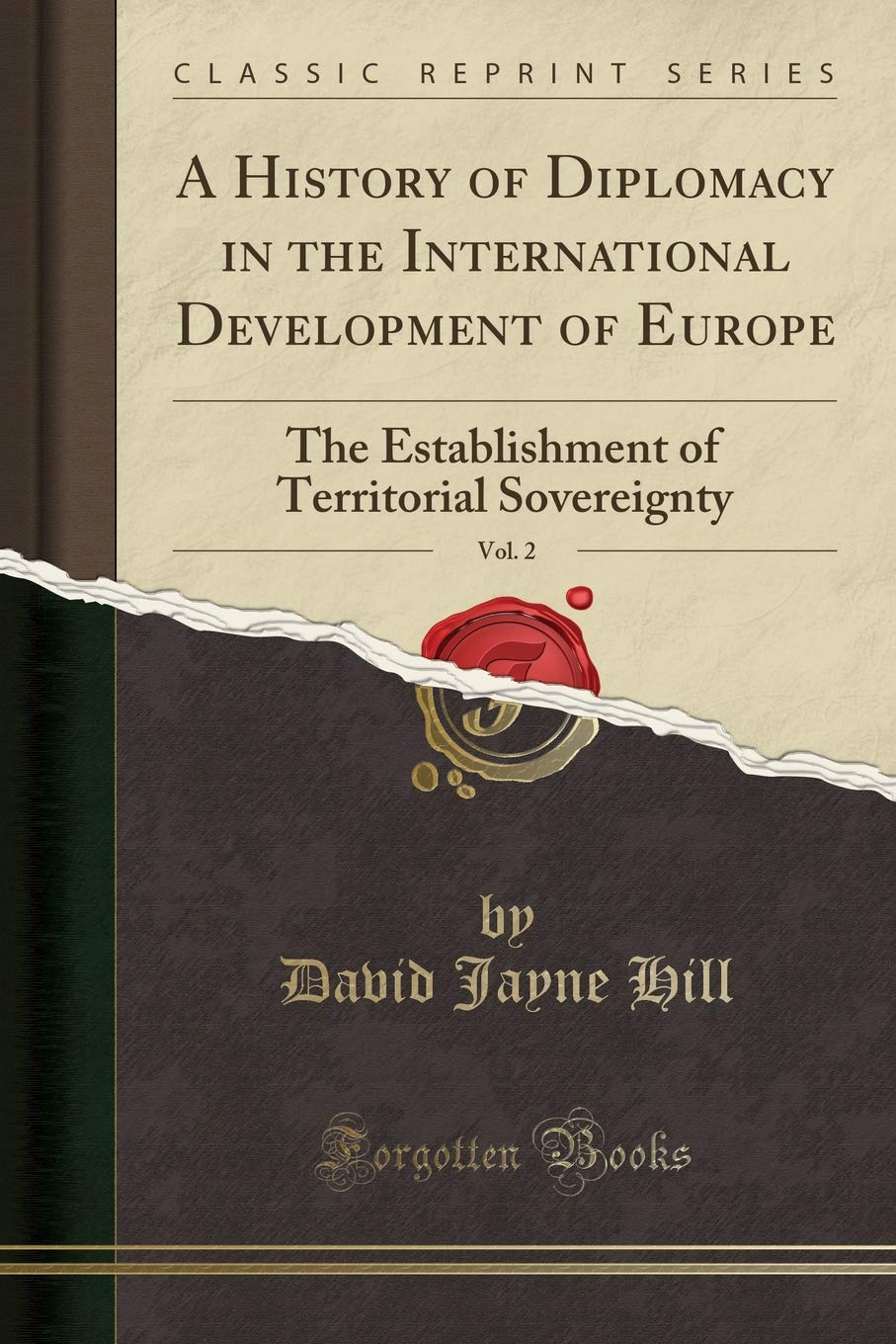
A History of Diplomacy in the International Development of Europe, vol. 2
The message provides an overview of the evolution of diplomacy in Europe, highlighting its significance in international development.
The Struggle for Soft Power in Asia: Public Diplomacy and Regional Competition
The article discusses the importance of soft power in Asia and the ongoing competition for influence through public diplomacy efforts.
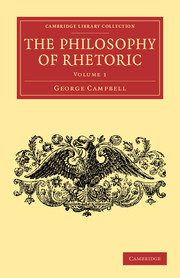
Philosophy of Rhetoric
The author introduces a series of Essays on Rhetoric, explaining their origins and interconnection. This work has been a lifelong pursuit since 1750 and is structured based on a plan laid out in the first two chapters.
Regional and Multilateral Trade Agreements: Complementary Means to Open Markets
The article discusses the benefits of both regional and multilateral trade agreements in opening markets effectively.

Ambiguity versus precision: The changing role of terminology in conference diplomacy
Part of Language and Diplomacy (2001): Of central concern in the field of negotiation is the use of ambiguity to find formulations acceptable to all parties. Professor Norman Scott looks at the contrasting roles of ambiguity and precision in conference diplomacy. He explains that while documents drafters usually try to avoid ambiguity, weaker parties to an agreement may have an interest in inserting ambiguous provisions, while those with a stronger position or more to gain will push for precision.

Applying the pedagogy of positiveness to diplomatic communication
Part of Language and Diplomacy (2001): Dr Francisco Gomes de Matos applies what he calls the "Pedagogy of Positiveness" to diplomatic communication. He proposes a checklist of tips for diplomats to make their communication more positive, emphasising respect and understanding of the other side, and keeping in mind the ultimate goal of avoiding conflict.
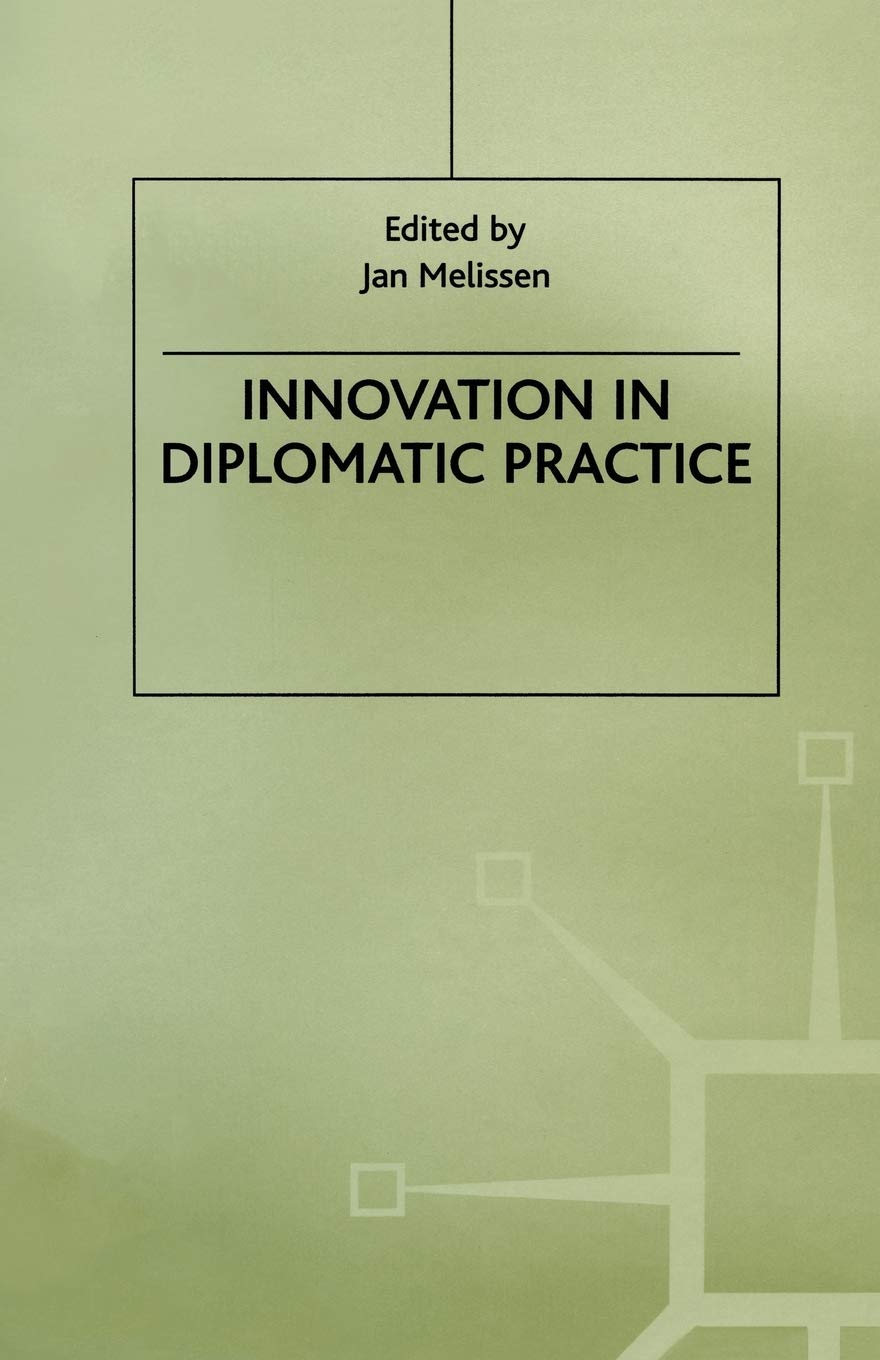
The role of the diplomatic corps: the US-North Korea talks in Beijing, 1988-94
In J. Melissen (ed.), Innovation in Diplomatic Practice, pp. 214-30 (Macmillan, London, 1999), ISBN 0-333-69122-9/

Framework of operational guidelines on United Nations support to South-South and triangular cooperation
The message provides a framework of operational guidelines for United Nations support to South-South and triangular cooperation.
The emergence of international public opinion and the origins of public diplomacy in Japan in the inter-war period
The emergence of international public opinion and the origins of public diplomacy in Japan in the inter-war period.

Leaders’ rhetoric and preventive diplomacy – issues we are ignorant about
In this paper, Drazen Pehar analyses the argumentation made by George Lakoff of the University of California at Berkeley in his seminal paper on ‘Metaphor and War’, in which he tried to deconstruct the rhetoric U.S. president George Bush used to justify the war in the Gulf. He also analyses a reading by psycho-historian Lloyd deMause, whose theory differs from Lakoff’s. Throughout his analysis, Pehar describes the role of rhetoric in diplomatic prevention of armed conflicts, and its several functions, and concludes that the methods of preventive diplomacy depend heavily on the theory of...

Think global, act local: Honorary consuls in a transforming diplomatic world
The paper explores the role of honorary consuls in trade, tourism, and investment promotion. It emphasizes the importance of extending consular coverage through honorary consuls, focusing on the significance of localities over national capitals in business and commerce. Selected nations are utilizing honorary consuls to boost their economies. The conclusion highlights research gaps regarding the effectiveness of honorary consuls in trade and investment promotion.
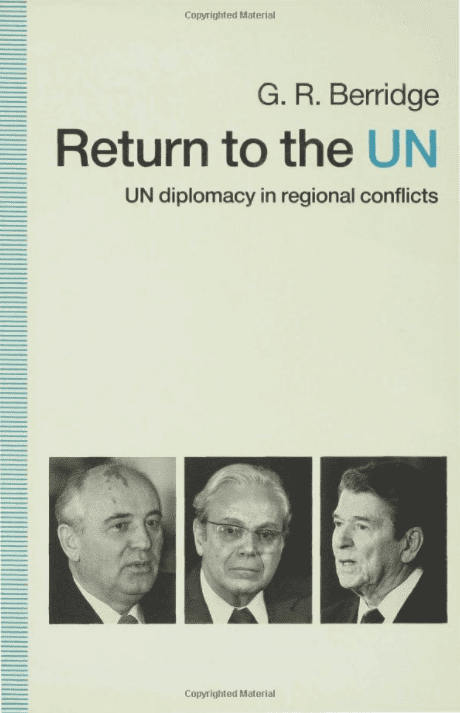
Return to the UN: United Nations diplomacy in regional conflicts
‘… lively … persuasive … careful analysis… This is a very readable study, combining narrative strength with political acuity, and informative on the years of disappointment … Much has changed since the UN’s annus mirabilis, but Berridge’s conclusions still stand’, Nicholas Sims, London School of Economics, Millenium.
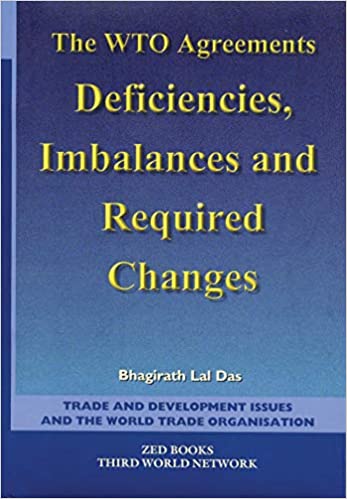
The WTO Agreements: Deficiencies, Imbalances and Required Changes
The text discusses the deficiencies, imbalances, and necessary changes needed within the WTO Agreements.
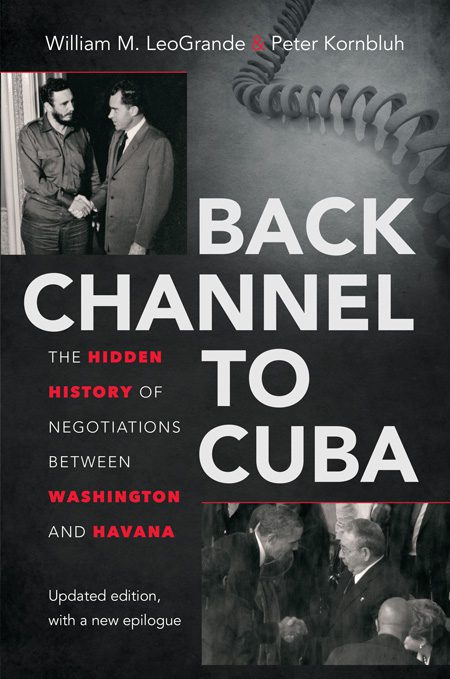
Back Channel to Cuba: The hidden history of negotiations between Washington and Havana
This book went to press after the much-publicised handshake between US president Barack Obama and Cuban president Raul Castro at the memorial service for Nelson Mandela in December 2013 – but before their historic, simultaneous announcements a year later, assisted by a prisoner exchange and the good offices of the Vatican, that they were resolved to end their 50 years of estrangement and normalise relations.
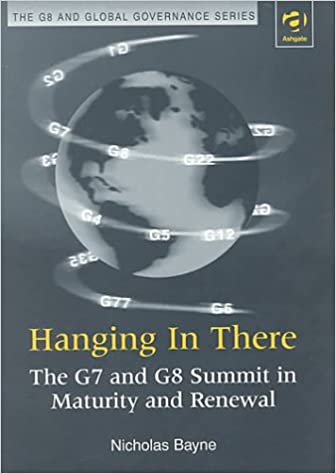
Hanging In There: The G7 and G8 Summit in Maturity and Renewal
The G7 and G8 summits have evolved over time, transitioning from a focus on economic issues to a broader range of global challenges. Despite criticism, they remain relevant due to their ability to adapt and address current issues like climate change and cybersecurity. The summits have provided a platform for dialogue and cooperation among world leaders, underscoring the importance of multilateralism in today's interconnected world.
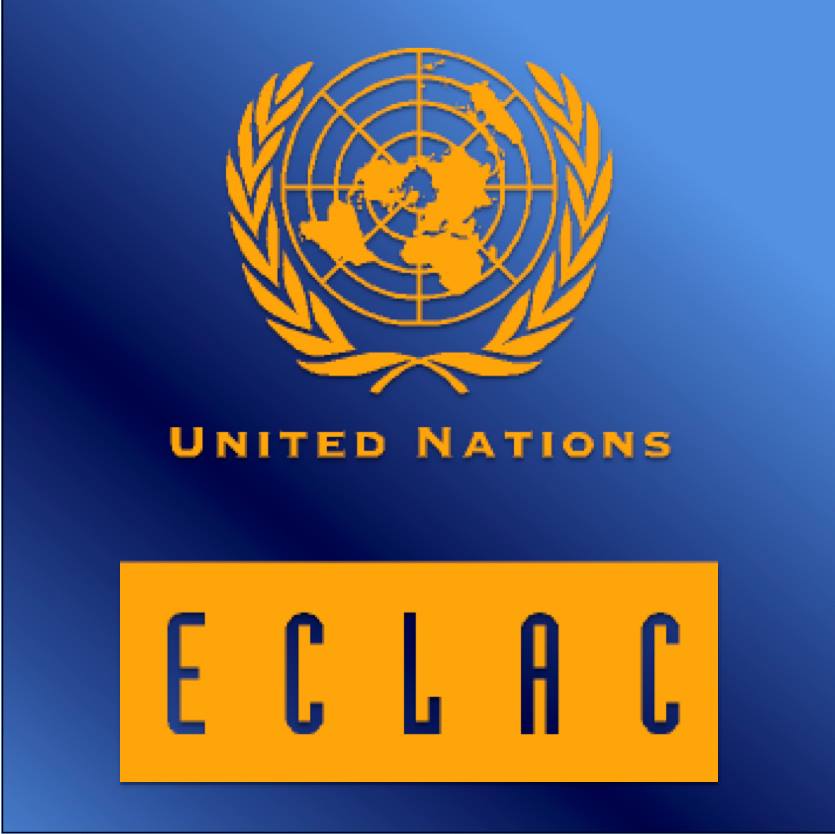
Small Economies in the Face of Globalisation
The text discusses the challenges faced by small economies in the era of globalization, highlighting the need for strategies to navigate and thrive in this interconnected world.

Cultural content on the websites of diplomatic systems
The text discusses the importance of including cultural content on diplomatic systems' websites to promote understanding and build relationships between countries.
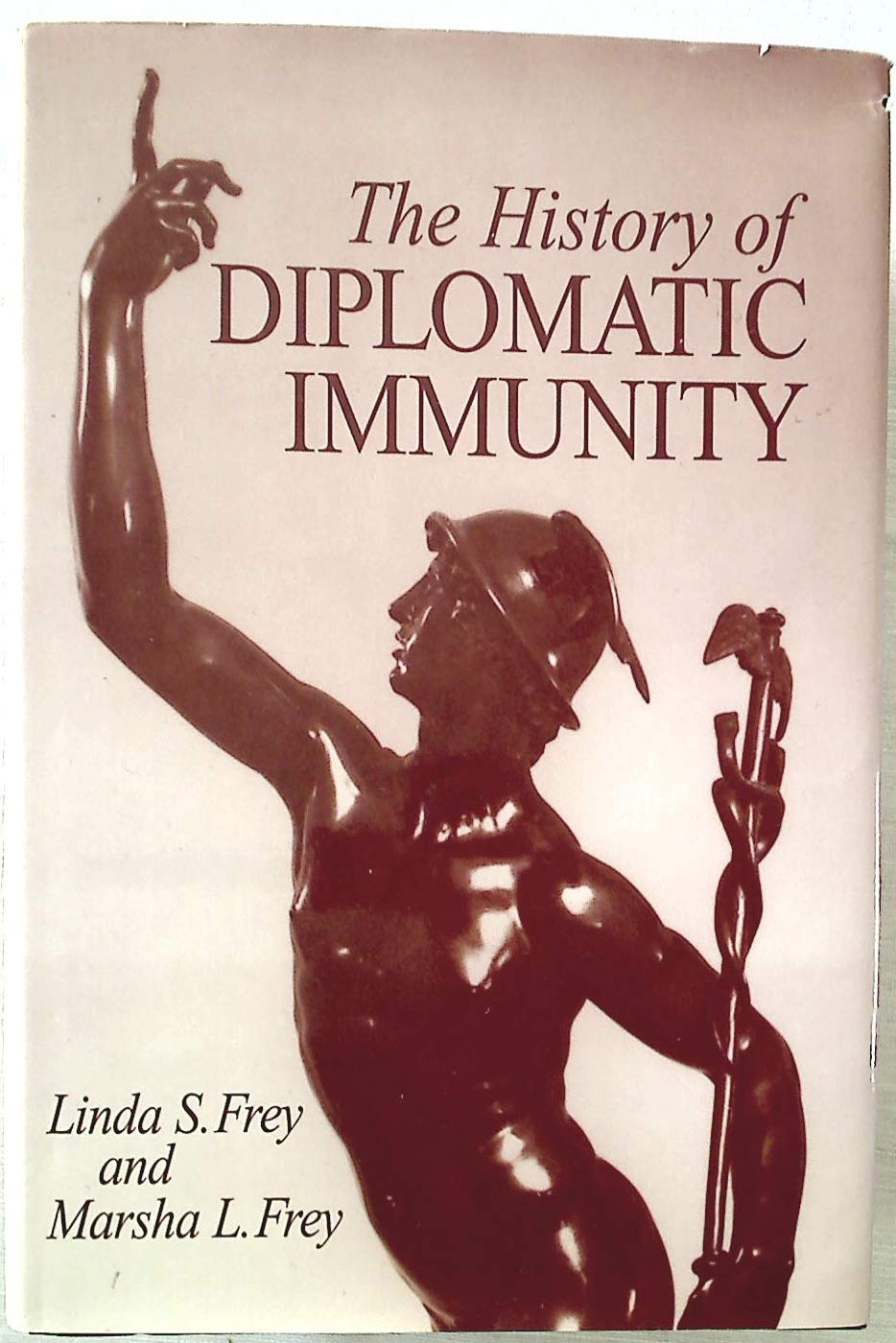
The History of Diplomatic Immunity
This is a massive book in more than one sense. It is over 700 pages long, including an invaluable bibliography which itself stretches over 70 pages. While dwelling chiefly on the Western tradition, it also takes in the Ottoman Empire and the Far East.

International multistakeholder cyber threat information sharing regimes: Policy considerations for scaling trust and active participation
This paper examines cybersecurity information sharing mechanisms. It looks at the research into public-private partnership (PPP) theory, their application for cybersecurity, and the burgeoning field of international cybersecurity collaboration, and draws conclusions on what policy elements are needed to foster success in architecting a platform for cybersecurity information sharing on a large scale. The paper surveys existing information sharing regimes and the policy objectives they attempt to reach, including capacity building, standardized languages for information sharing, liability prote...
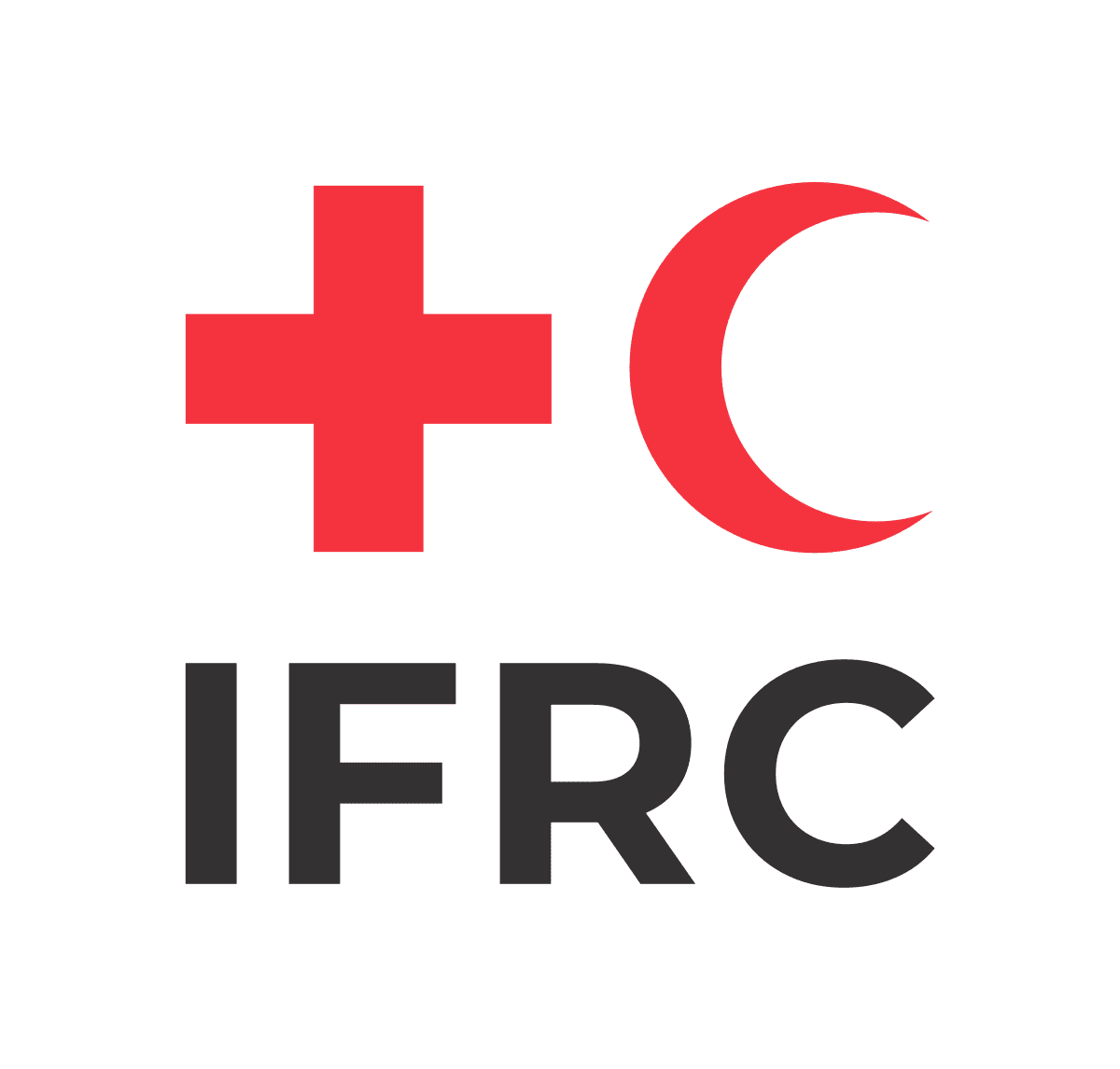
IFRC and Humanitarian Diplomacy
The International Federation of Red Cross and Red Crescent Societies (IFRC) emphasizes the importance of humanitarian diplomacy in assisting vulnerable populations during crises around the world. Through collaboration with governments, organizations, and communities, the IFRC aims to advocate for humanitarian principles and provide essential aid to those in need. By engaging in diplomatic efforts, the IFRC can ensure effective response and support for humanitarian causes globally.
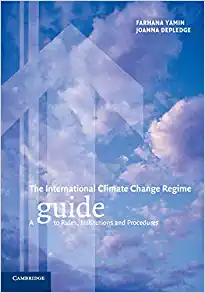
The International Climate Change regime: A Guide to Rules, Institutions and Procedures
The International Climate Change regime is a comprehensive guide that outlines the rules, institutions, and procedures related to addressing climate change on a global scale.
The rhetoric of public diplomacy and propaganda wars: A view from self-presentation theory
Efforts by governments to affect foreign public opinion through direct communication – and in competition with rival governments – have been a stable and consistent feature of international diplomacy since the turn of the twentieth century.
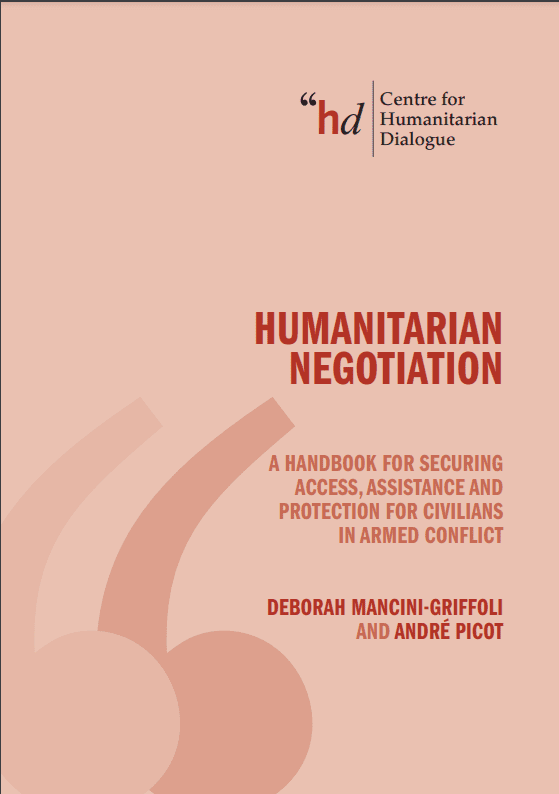
Humanitarian Negotiation: A Handbook for Securing Access, Assistance, and Protection for Civilians in Armed Conflict
This project would not have been possible without the many humanitarian workers who shared their negotiation experience with us. Interviewees are too many in number to be listed separately, but we would like to thank in particular the staff of the International Committee of the Red Cross (ICRC) in Geneva, Switzerland, and Macedonia, the staff of the United Nations High Commissioner for Refugees (UNHCR) in Geneva and Côte d’Ivoire, the members of Save the Children, representatives and inhabitants of La Maison Carrée and the refugee women of Treichville in Côte d’Ivoire, as well a...

Perspectives on Africa’s Integration and Cooperation from OAU to AU
The text provides insights on Africa's integration and cooperation from the OAU to the AU.
The Artemis Accords
The Artemis Accords are a set of principles and guidelines for international cooperation in the exploration and use of outer space, developed by the United States in 2020. The Accords are based on the 1967 Outer Space Treaty and other existing international space law, and are intended to provide a framework for countries to cooperate on activities such as lunar exploration, resource extraction, and scientific research. The Accords also seek to promote safety, transparency, and sustainability in space activities.

On the importance and essence of foreign cultural policy of states
Foreign cultural policy is in itself vital for establishing long lasting and deep relations between countries in international intercourse. But what we should equally bear in mind is that it is important to preserve the variety and the diversity of cultures in our efforts to bring about global cultural communication. Uniform culture is not culture and cannot be communicated.

How important is the role of small states security in the maintenance of international peace and security?
The game of International Peace and Security has for a long time been one played only by the great powers, leading to the singling out of small states in its deliberations. These states would create their own rules and be their own referees, whilst the existing small states would conduct themselves as mere spectators. However, following the effects of the end of the two World Wars, the creation of the UN and decolonization, the role of small states in the maintenance of international peace and security has gathered new responsibilities and in consequence it has made them important agents and m...

Humanitarian Negotiations with Armed Groups: A Manual and Guidelines for Practitioners
The manual provides guidance for practitioners engaging in negotiations with armed groups in humanitarian settings, emphasizing the importance of effective communication, building trust, and understanding the motivations of armed groups. It outlines key principles and strategies to ensure successful humanitarian negotiations and highlights the critical role of negotiation skills in securing access to deliver aid to vulnerable populations.
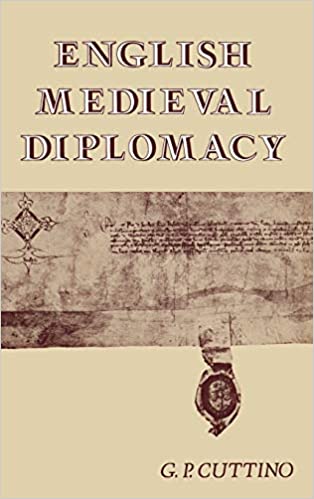
English Medieval Diplomacy
The text discusses English Medieval Diplomacy.
The inertia of Diplomacy
Diplomacy is used to manage the goals of foreign policy focusing on communication. New trends affect the institution of diplomacy in different ways. Diplomacy has received an additional tool in the form of the Internet. In various cases of interdependence and dependence interference in a country’s affairs is accepted. Multilateral cooperation has created parliamentary diplomacy and a new type of diplomat, the international civil servant. States and their diplomats are in demand to curb the excesses of globalization. The fight against terrorism also brought additional work for diplomac...

Globalization and Governance: Essays on the Challenges for Small States
The text is about the challenges faced by small states in the context of globalization and governance.

From a Safer Internet to a Better Internet for Kids
The text is about transitioning from a safer internet to a better internet for kids.
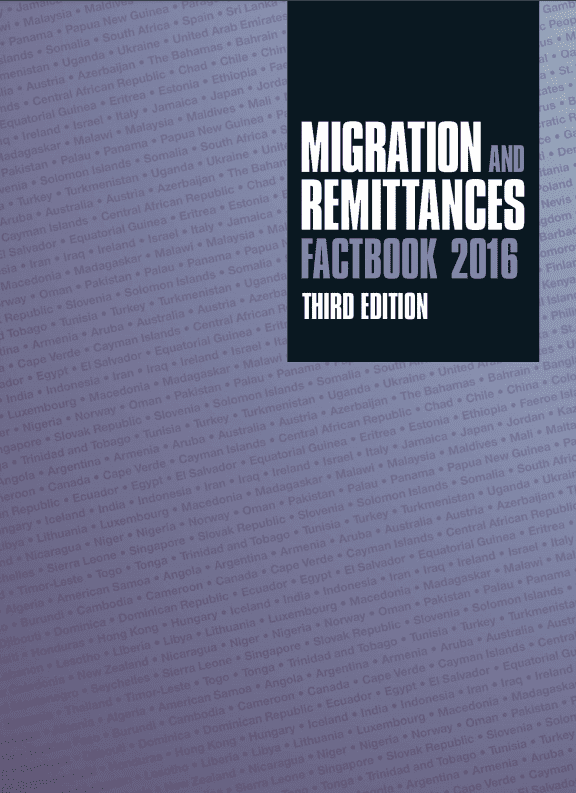
Migration and Remittances Factbook 2016
The Migration and Remittances Factbook 2016 provides comprehensive data on global migration patterns and trends, as well as the impact of remittances on economies worldwide. It covers topics such as migration flows, remittance trends, and policy issues related to migration. The factbook serves as a valuable resource for policymakers, researchers, and anyone interested in understanding the dynamics of migration and remittances on a global scale.

The Breaking of Nations
Robert Cooper is Director-General of External and Politico-Military Affairs for the Council of the EU and thus a man steeped in world affairs. Though he makes no claim to establishing a ‘theory’ of how nations grow and decay, he has presented in this slim volume a rigorous typology of today’s nations. His thoughts are worth setting out in some detail.
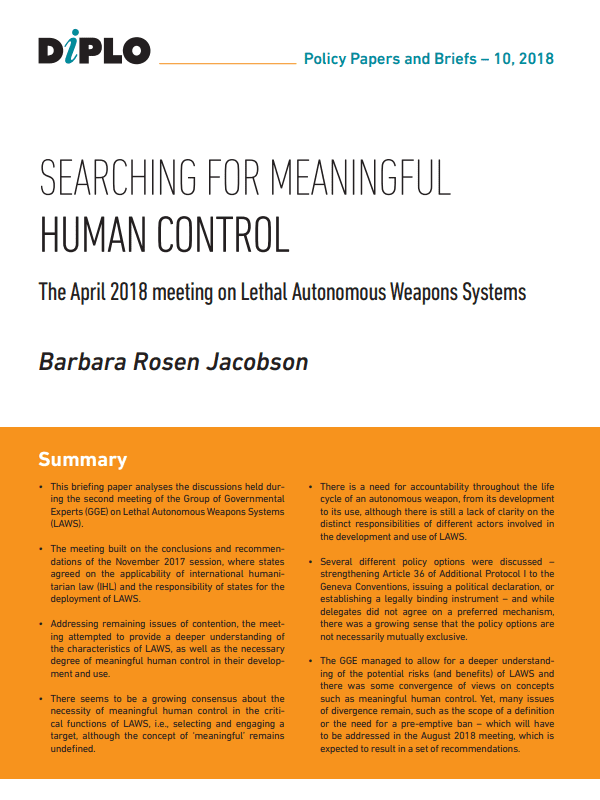
Searching for Meaningful Human Control. The April 2018 Meeting on Lethal Autonomous Weapons Systems (Briefing Paper #10)
In this briefing paper, Ms Barbara Rosen Jacobson analyses the debate of the April 2018 meeting of the Group of Governmental Experts (GGE) of the Convention on Certain Conventional Weapons (CCW). The group was established to discuss emerging technologies in the area of lethal autonomous weapons systems (LAWS).
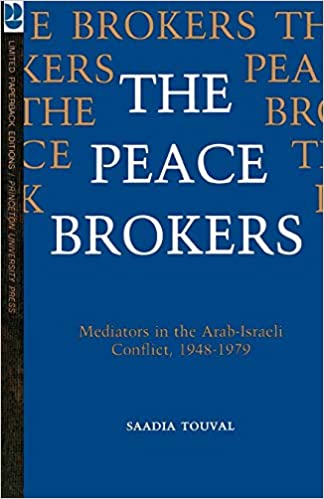
The Peace Brokers: Mediators in the Arab-Israeli Conflict, 1948-79
The text discusses the role of mediators in the Arab-Israeli conflict from 1948 to 1979.
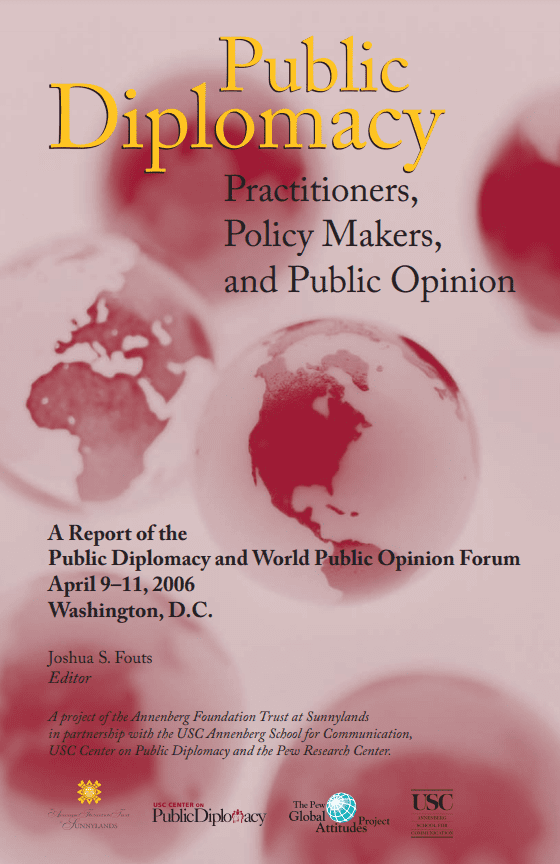
Public Diplomacy: Practitioners, Policy Makers, and Public Opinion
The article discusses the importance of public diplomacy for building relationships between countries. It emphasizes the role of practitioners, policy makers, and public opinion in shaping international perceptions and fostering mutual understanding. Public diplomacy is highlighted as a crucial tool in today's interconnected world for promoting diplomatic goals and enhancing global cooperation.

Who are diplomats?
Many remember Ivo Andric for his Nobel Prize for Literature. He is also remembered as a diplomat with over 20 years of experience. In his note on diplomacy, published here for the first time in English with the kind permission of the Andric Foundation, Andric describes who the diplomat is, and the qualities that those devoting themselves to diplomacy ought to have.
From U Thant to Kofi Annan: UN Peacemaking in Cyprus, 1964-2004
2004 marked the fortieth anniversary of the United Nations presence in Cyprus. Since March 1964, the UN has been responsible for addressing and managing both peacekeeping and peacemaking efforts on the island.
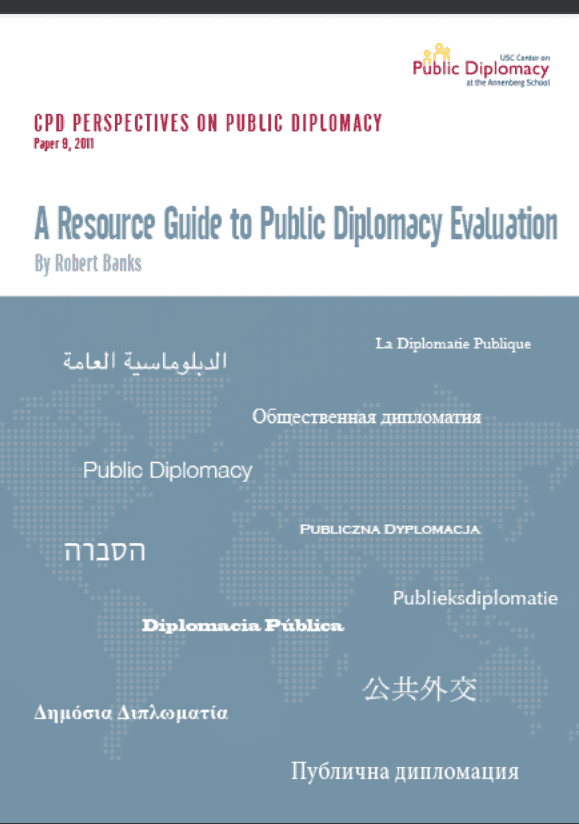
A Resource Guide to Public Diplomacy Evaluation
Ensure public diplomacy efforts are effectively evaluated to measure impact and inform future strategies. Use a mix of qualitative and quantitative methods tailored to specific goals and audiences. Consider factors like reach, engagement, perception change, and policy outcomes when assessing success. Collaboration with stakeholders and consistent monitoring are key to a successful evaluation process.

Common African Position on the Post-2015 Development Agenda
The participatory approach that led to the elaboration of the Common African Position (CAP) on the post-2015 Development Agenda involving stakeholders at the national, regional and continental levels among the public and private sectors, parliamentarians, civil society organizations (CSOs), including women and youth associations, and academia. This approach has helped address the consultation gap in the initial preparation and formulation of the Millennium Development Goals (MDGs).
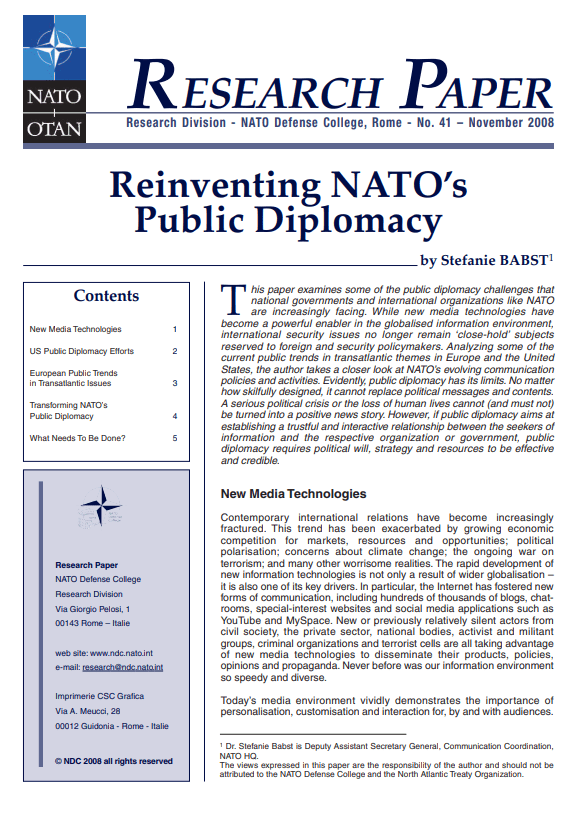
Reinventing NATO’s Public Diplomacy
In "Reinventing NATO's Public Diplomacy," the focus is on adapting NATO's communication strategies to engage with diverse audiences effectively. This entails addressing challenges such as information overload and the spread of disinformation, emphasizing the importance of credibility, transparency, and innovation in public diplomacy efforts. The article highlights the necessity for NATO to evolve its approach to public diplomacy to remain relevant in today's rapidly changing information landscape.
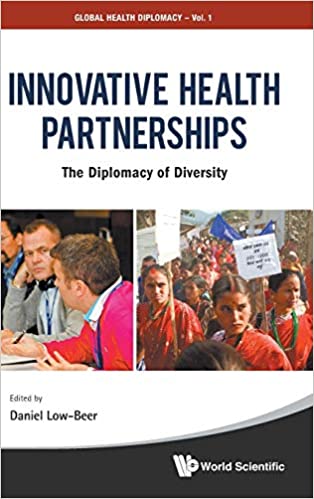
Innovative Health Partnerships – The Diplomacy of Diversity
The text discusses the importance and benefits of forming diverse health partnerships that promote innovation and collaboration.

Exploring the need for speed in deploying information and communications technology for international development and bridging the digital divide
This paper comes on the eve of the millennium development goals deadline of 2015 which acknowledges ICT as the enabler for speeding towards the finish line. The quest is to explore whether we are all speeding towards a clearly defined goal, given our varied capacities and affinities.

Intercultural competence and its relevance for international diplomacy
The changing nature of international diplomacy requires new knowledge and awareness of intercultural and other skills needed to perform effectively in the role of diplomat. The research presented in this paper serves to inform current and future planning for the selection, training, and evaluation of international diplomats.

International domain names from a multilingualism and security perspective
From an Internet governance perspective, multilingualism and security have been two of the cornerstone themes since its inception. The security theme addresses topics regarding the Domain Names System (DNS), Public Key Infrastructure (PKI), Internet attacks, security awareness, and policies and legal measures to ensure a safe and secure Internet experience. Security is a very diverse area where multiple topics should be tackled, and ignoring one or more topics while securing other areas would still jeopardise the safety of Internet users.
The study of regional integration
The study of regional integration involves examining the process of countries coming together to form agreements, policies, and institutions to promote cooperation and economic growth within a specific geographic area. This can involve various levels of integration, such as free trade agreements, customs unions, and common markets, with the ultimate goal of fostering closer relationships between nations to achieve mutual benefits and common goals.
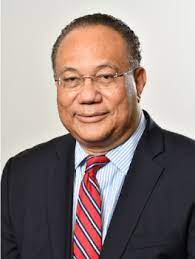
Small Developing Economies in the World Trade Organization
The text discusses the challenges faced by small developing economies within the World Trade Organization. These countries struggle due to limited resources, capacity constraints, and difficulties in implementing trade agreements. Despite efforts to enhance their participation and voice, these nations continue to face obstacles in fully benefiting from the global trading system.
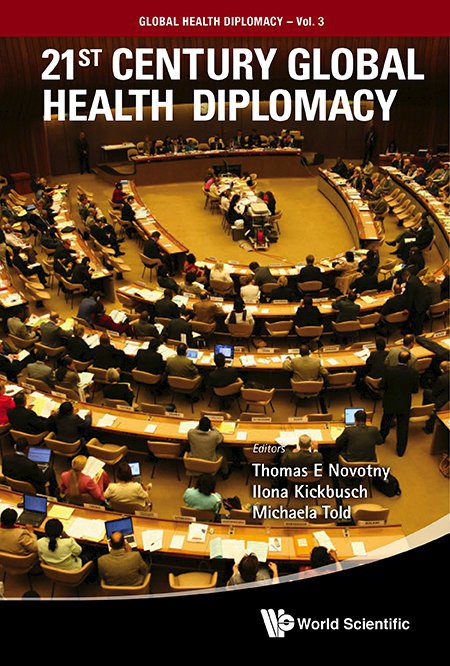
Health diplomacy in the 21st century
The text explores the evolving landscape of health diplomacy in the 21st century, emphasizing its crucial role in addressing global health challenges and fostering cooperation among nations for improved public health outcomes.
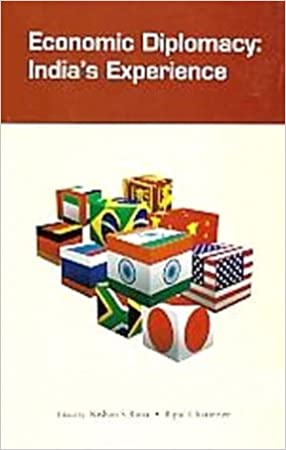
Economic Diplomacy: India’s Experience
The book "Economic Diplomacy: India's Experience" edited by Kishan Rana and Bipul Chatterjee, both experienced diplomats and economists, explores various aspects of India's economic diplomacy. It delves into topics like export promotion, investment, and managing networks. The development of India's economic diplomacy was largely influenced by the 1973 oil crisis. The editors draw on a wide range of diplomatic experiences, making this book a unique and valuable contribution to diplomatic studies. A new edition is in progress to address previous issues with the index and provide additional conte...
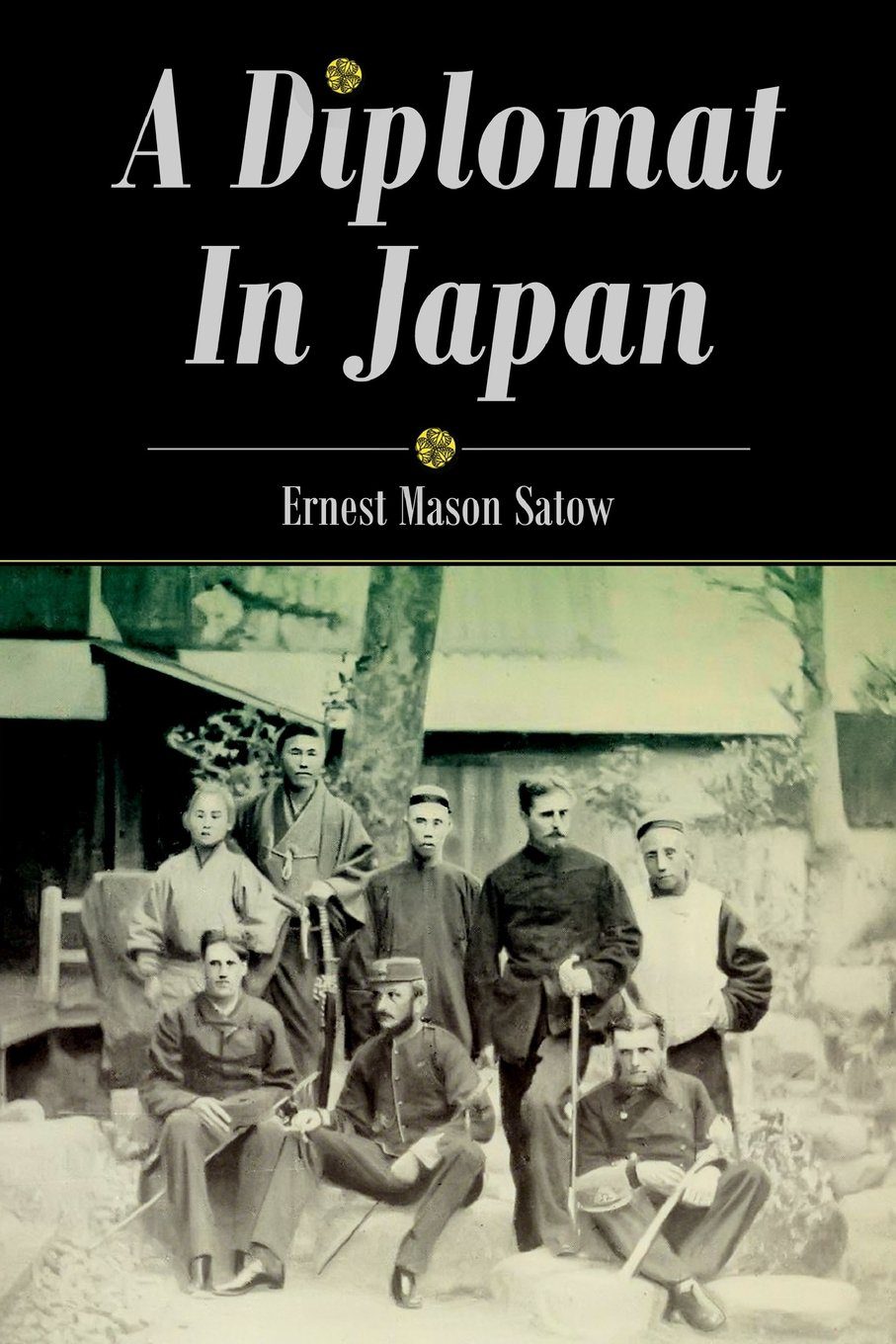
A Diplomat in Japan
The first portion of this book was written at intervals between 1885 and 1887, during my tenure of the post of Her Majesty's minister at Bangkok. I had but recently left Japan after a residence extending, with two seasons of home leave, from September 1862 to the last days of December 1882, and my recollection of what had occurred during any part of those twenty years was still quite fresh. A diary kept almost uninterruptedly from the day I quitted home in November 1861 constituted the foundation, while my memory enabled me to supply additional details. It had never been my purpose to...
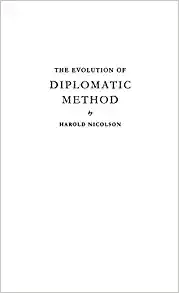
The Evolution of Diplomatic Method
The Evolution of Diplomatic Method discusses the changing nature of diplomacy over time. From traditional methods to modern practices, diplomacy has adapted to technological advancements and global challenges. The article emphasizes the importance of evolving diplomatic strategies to effectively address the complexities of the contemporary world.
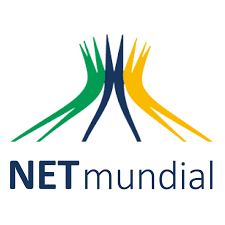
NETmundial Multistakeholder Statement
The NETmundial Multistakeholder Statement emphasizes the importance of a collaborative approach between stakeholders in addressing Internet governance issues. It highlights principles such as human rights, open standards, and transparent processes as key foundations for managing the Internet. The statement calls for shared responsibility, inclusivity, and diversity in decision-making processes to ensure a free, open, and secure cyberspace for all.
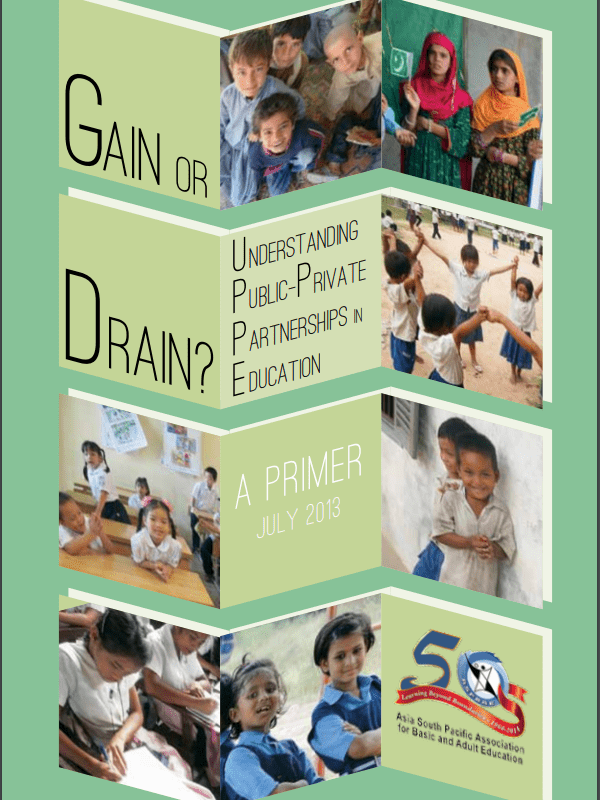
Gain or Drain? Understanding Public-Private Partnerships in Education
The article discusses the potential benefits and drawbacks of public-private partnerships in education, highlighting the need to understand their impact on students, teachers, and stakeholders.
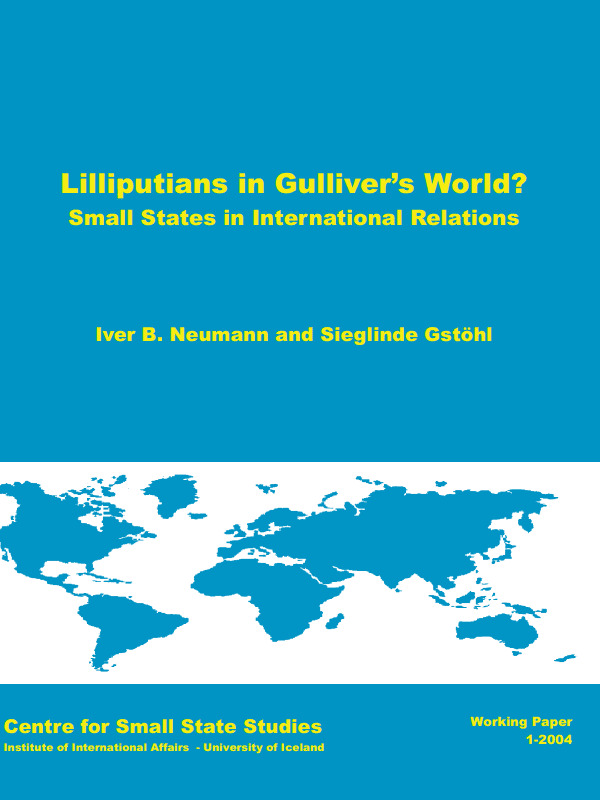
Lilliputians in Gulliver’s World? Small States in International Relations
A social science that is worthy of its name must study the universe of its cases in its entirety. If the states system remains a key component of world politics, then the study of small states is simply part and parcel of what the discipline of International Relations (IR) is about. In this piece, we want to demonstrate the importance of studying small states in some detail. We start, in this Introduction, with an outline of justifications for small states’ studies and with some historical and conceptual observations on what “smallness” entails. In Section 2 we show how small states...

Virtual Diplomacy: Diplomacy of the Digital Age
Olesya Grech investigates the impact of information and communication technologies on the conduct of modern diplomacy.

Small developing economies and the multilateral trading system: A Caribbean perspective
Small developing economies are often constrained in participating in the negotiation and regulation of multilateral trading rules due to severe cost and resource limitations. This article argues that, despite the costs and difficulties, small states must remain engaged in the multilateral trading system in order to ensure that their specialised commercial interests are recognised and to protect their rights. Umbrella entities like the Caribbean Regional Negotiating Machinery (CRNM) provide a means of maximising the influence of small states in an international forum such as the World Tra...
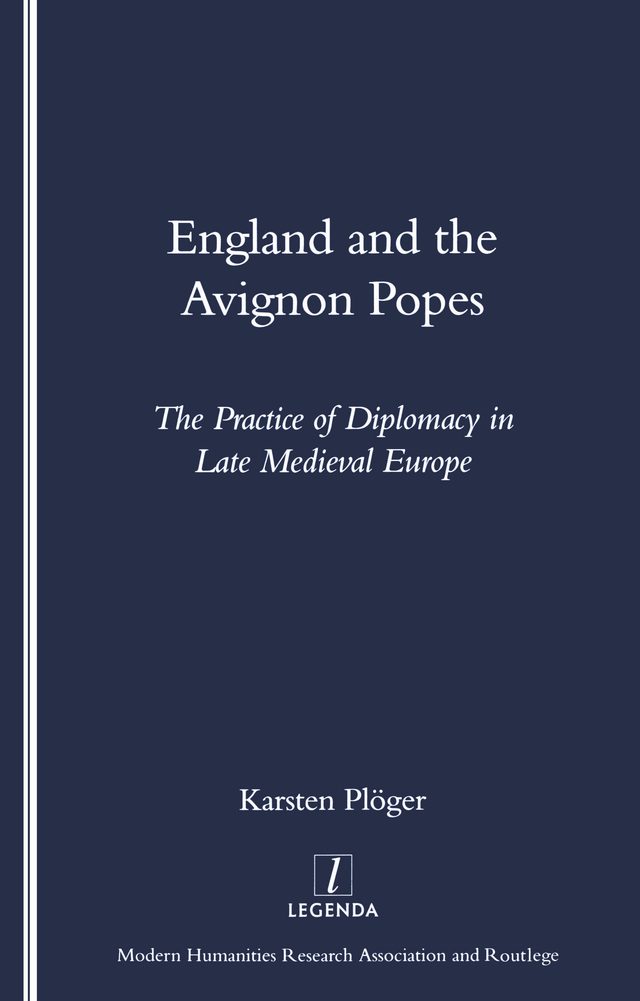
England and the Avignon Popes: The practice of diplomacy in late medieval Europe
In England and the Avignon Popes, Karsten Plöger, who is a Research Fellow at the German Historical Institute in London, has provided an invaluable book not only for students of medieval diplomatic method but for students of diplomacy in general. It is a work of immense and meticulous scholarship: exhaustively researched, well organized, carefully worded, penetrating, and beautifully written.
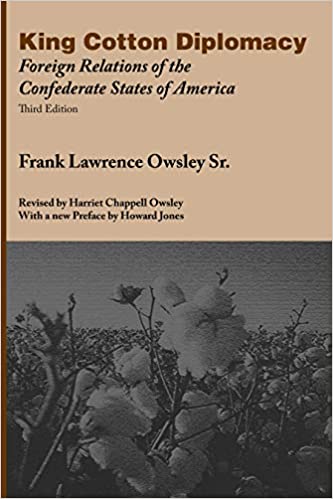
King Cotton Diplomacy: Foreign Relations of the Confederate States of America
The text discusses the foreign relations strategy of the Confederate States of America known as King Cotton Diplomacy, which aimed to leverage the economic power of cotton to gain support from European nations during the Civil War.
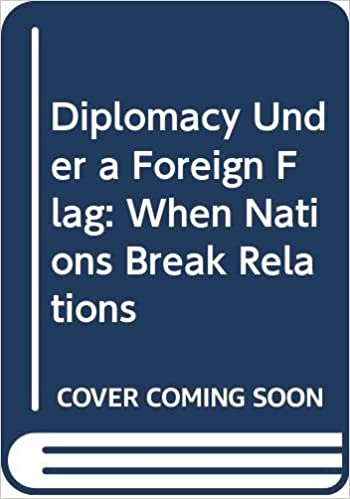
Diplomacy under a Foreign Flag: When nations break relations
The text is about diplomatic relations between countries and the implications of breaking these ties.
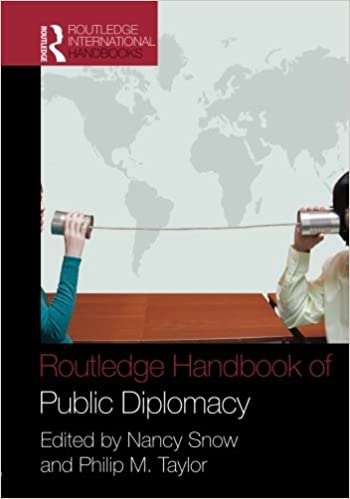
Routledge Handbook of Public Diplomacy
The Routledge Handbook of Public Diplomacy explores the field's evolution, challenges, and strategies in the modern interconnected world. It investigates the role of both state and non-state actors in shaping international relations through communication and cultural exchange, emphasizing the importance of building relationships and understanding diverse perspectives for effective public diplomacy efforts.
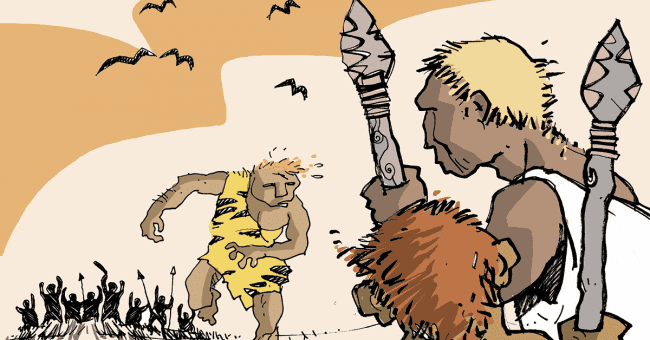
Diplomatic Privileges and Immunities
The text discusses the distinctions between privileges, immunities, and facilities in the context of diplomatic relations. It explains how privileges exempt diplomats from certain laws, while immunities protect them from legal processes in the receiving state. Diplomatic facilities are provided to aid in the duties of diplomatic missions. The history of diplomatic privileges and immunities is traced from ancient times to modern diplomacy, highlighting the role these concepts play in international relations. The text also touches on the evolution of diplomatic practices, from the Renaissance to...
Mapping e-Diplomacy
This list of themes and topics is an attempt to map the field of e-diplomacy. It is work in progress, and all comments welcomed.

Multistakeholder diplomacy at the OECD
In his paper John West outlines multistakeholder diplomacy at the OECD. West first explores the main points and facts of the OECD before going into the emergence of globalising stakeholder societies. Finally he gives his remarks on multistakeholder diplomacy at the OECD.

How do you know what you think you know?
In his paper, J. Thomas Converse focuses on four records-related areas where the issues of knowledge management and diplomacy come together and provide the greatest challenges to archivists, diplomats, historians and technology providers: validation, trustworthiness, context and longevity. He also explores some of the changes and challenges brought about by technology, and urges for a continued embrace of technology, while at the same time demanding the validating and relational functions which give archives their trustworthiness.
Small State Diplomacy
Small states can utilize diplomacy effectively by relying on their unique advantages, such as flexibility, agility, and the ability to form strategic alliances based on common interests. These states can leverage their size to create partnerships with larger nations, international organizations, and non-state actors to advance their interests on the global stage. By focusing on niche areas, networking, and utilizing innovative approaches, small states can play an important role in shaping international relations and achieving their foreign policy objectives.

Tech Diplomacy: Actors, Trends, and Controversies
In today’s world, tech diplomacy bridges governments and tech companies, focusing on governance, policy, and cooperation in digital technologies and AI. This publication examines its definition, relevance, key actors, methods, and global hubs. It builds on prior reports and highlights Denmark’s pioneering efforts in establishing a dedicated tech diplomacy policy.
*UPCOMING* Diplomacy decoded: 300+ types of diplomacy explained
Do you ever feel that diplomacy is like an impenetrable fortress, a domain reserved for a select few, filled with specialised language and complex protocols? Are you tired of a topic so essential to our global well-being feeling distant and unclear? If so, prepare for a revelation. Dr.Jovan Kurbalija's new book will open the gates, inviting you to explore the dynamic, diverse, and surprisingly accessible world of diplomatic engagement. You will learn that diplomacy is not just one thing, but a range of over 300 different types. These include old treaty negotiations, envoy m...

Canada and the new public diplomacy
The text discusses Canada's approach to public diplomacy, emphasizing the country's commitment to engaging with international audiences through digital platforms, strategic communication, and cultural exchanges. Canada aims to promote its values and interests globally by leveraging soft power initiatives such as education, arts, and innovation. The country's public diplomacy efforts focus on building relationships, enhancing its reputation, and fostering dialogue with diverse communities around the world, reflecting a modern and inclusive approach to international relations.
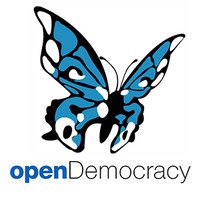
Security Council reform: Why it matters and why it’s not happening
This message discusses the importance of Security Council reform and the challenges hindering its progress.
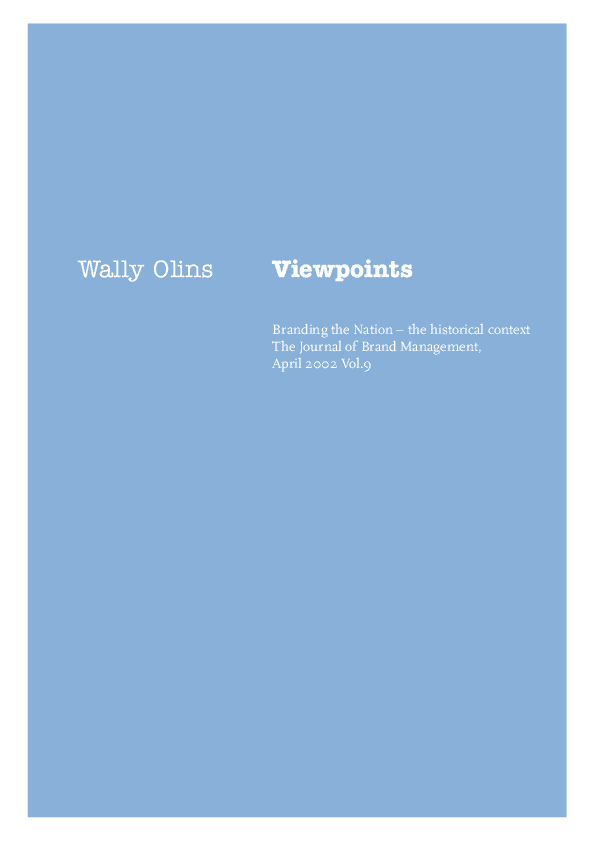
Branding the Nation – The historical context
The text discusses the importance of branding a nation within a historical context. It emphasizes how branding has been used throughout history to shape national identities and perceptions, highlighting examples such as coat of arms, flags, and national symbols. The message underlines the significance of branding in establishing a strong national image and fostering unity among citizens.

Education and Conflict: Complexity and Chaos
The relationship between education and conflict is intricate and tumultuous. Factors such as historical influence, societal norms, and educational policies all contribute to this complex dynamic. Conflicts can disrupt education systems and vice versa, leading to a chaotic environment where the role of education in promoting peace and reconciliation becomes crucial. Understanding this complexity is essential for addressing conflicts and creating sustainable peace-building efforts.

Influence of Economic Relations on Bilateral Relations
The title of the master thesis is "Influence of economic relations on bilateral relations". Firstly, three thesis statements concerning the influence of economic relations on non-economic bilateral relations have been developed. In order to validate the thesis statements a methodology was chosen that is mainly data driven and based on two case studies and a data comparison procedure, as opposed to a "theoretical approach".
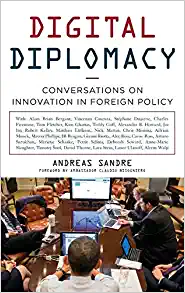
Digital diplomacy: Conversations on Innovations in Foreign Policy
The text discusses the role of digital diplomacy in shaping innovative foreign policy strategies.
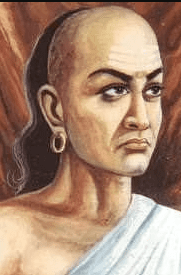
Kautilya’s Arthasastra on war and diplomacy in Ancient India
Kautilya's Arthasastra offers insights into war and diplomacy in Ancient India, emphasizing strategic thinking, espionage, alliances, and statecraft.
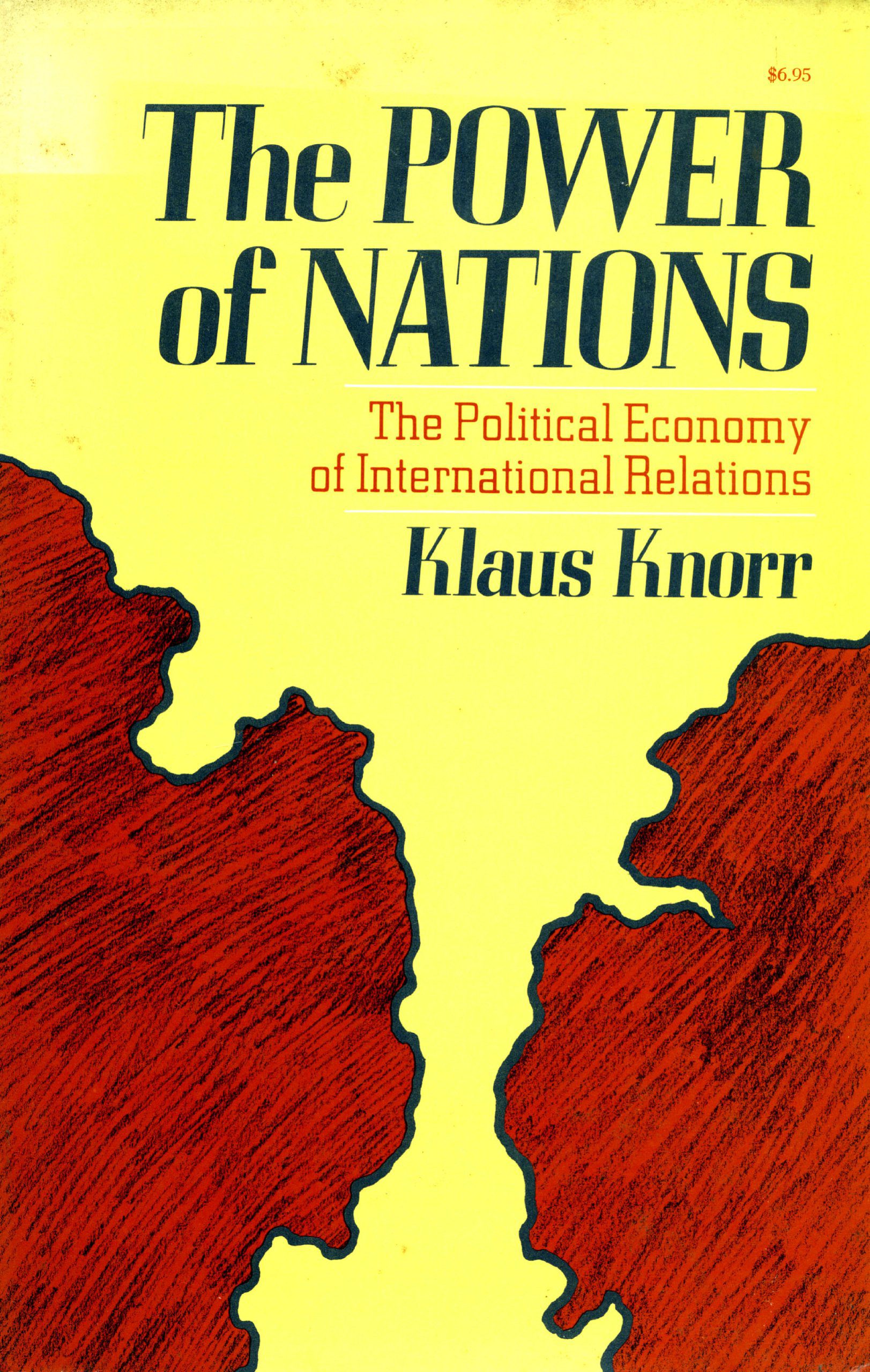
The Power of Nations: The Political Economy of International Relations
The Power of Nations: The Political Economy of International Relations" discusses how countries use their economic resources and political strengths to navigate international relationships effectively.

Outcome document of the Third International Conference on Financing for Development: Addis Ababa Action Agenda
The Addis Ababa Action Agenda outlines commitments made at the Third International Conference on Financing for Development to address global financial challenges and promote sustainable development.

Language, signaling and diplomacy
Part of Language and Diplomacy (2001): Ambassador Kishan Rana introduces the dimension of diplomatic signalling. Beginning with a reference to the Bhagwad Gita, one of the sacred texts of the Hindus, Rana outlines the qualities of good diplomatic dialogue: not causing distress to the listener, precision and good use of language, and truthfulness.
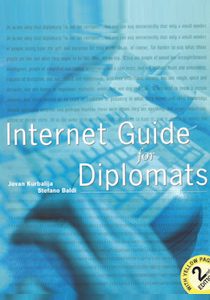
Internet Guide for Diplomats
The Internet Guide for Diplomats is the first guide specifically conceived and realised to assist diplomats and others involved in international affairs to use the Internet in their work. The book includes both basic technical information about the Internet and specific issues related to the use of the Internet in diplomacy. Examples and illustrations address many common questions including web-management for diplomatic services, knowledge management and distance learning.

Use of ambiguities in peace agreements
Part of Language and Diplomacy (2001): Drazen Pehar looks specifically at the use of ambiguities in peace agreements. Pehar explains why ambiguities are so often used and why diplomats and others involved in international relations may think it best to eliminate ambiguities from peace agreements altogether.

Interpretation and diplomacy
Part of Language and Diplomacy (2001): Conference interpreters Vicky Cremona and Helena Mallia outline the different types of conference interpretation, difficulties in interpretation, preparation and techniques, and team work. On the topic of diplomatic conferences they point out that "confidence in the interpreters is essential.

Dialogue-based Public Diplomacy: A New Foreign Policy Paradigm?
The text explores dialogue-based public diplomacy as a potential new foreign policy paradigm, analyzing its effectiveness and implications for diplomatic practice in contemporary international relations.

International Diplomacy Volume IV: Public Diplomacy
The text explores the domain of public diplomacy within the broader context of international diplomacy, offering insights into the evolving strategies and practices of statecraft aimed at engaging and influencing foreign publics.

Knowledge management and change in international organisations: Learning from the private sector
In this paper, John Harper and Jennifer Cassingena Harper talk about knowledge as a vital resource, and the necessity of building competencies and establishing new skills. Analysing the theories by Ernst B. Haas in When Knowledge is Power: Three Models of Change in International Organisation, the authors trace the development of knowledge-oriented activities in the private sector, and its implications for organisations in the public and international domain.
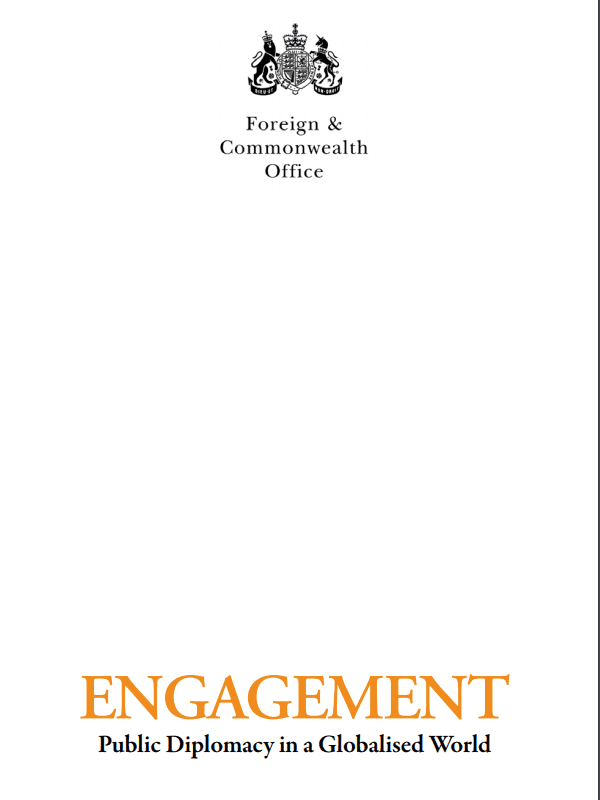
Engagement: Public Diplomacy in a Globalised World
We need a public diplomacy which fits our time. The policy issues which confront us are increasingly global. Systematic engagement with publics both at home and abroad will be required if we are to identify and implement solutions. Policy-makers and diplomats must work with a wider range of constituencies beyond government, moving towards a more open, inclusive style of policy-making and implementation. Understanding of complexity, difference, networks and cultural heritage will be needed, alongside more imaginative use of technology. Engagement, conducted with energy, ambition and cre...

Unvanquished: A U.S.-U.N. Saga
Question: When is a diplomatic victory not a diplomatic victory? Answer: When it is achieved by means of a veto in the Security Council of the United Nations. Nowhere is this maxim more tellingly illustrated than in the Council's meeting in New York in November 1996 which voted on the issue of whether or not to give a full second term (five years) to the Secretary-General, the University of Paris educated Egyptian scholar-diplomat, Dr Boutros Boutros-Ghali. Of the 15 members of the Council, 14 voted in favour and one voted against. Since that member was the United States this represented a vet...

Australian aid: Promoting prosperity, reducing poverty, enhancing stability
The text is about Australian aid focusing on promoting prosperity, reducing poverty, and enhancing stability.
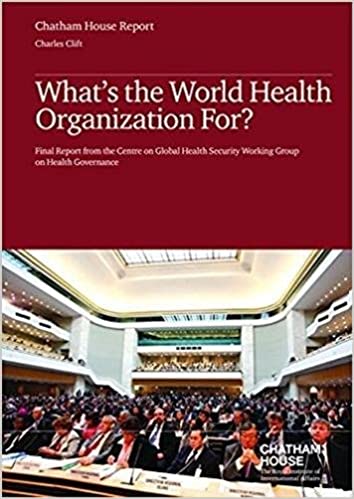
What’s the World Health Organization For?
The text discusses the purpose and functions of the World Health Organization (WHO), highlighting its role in global health and disease prevention.
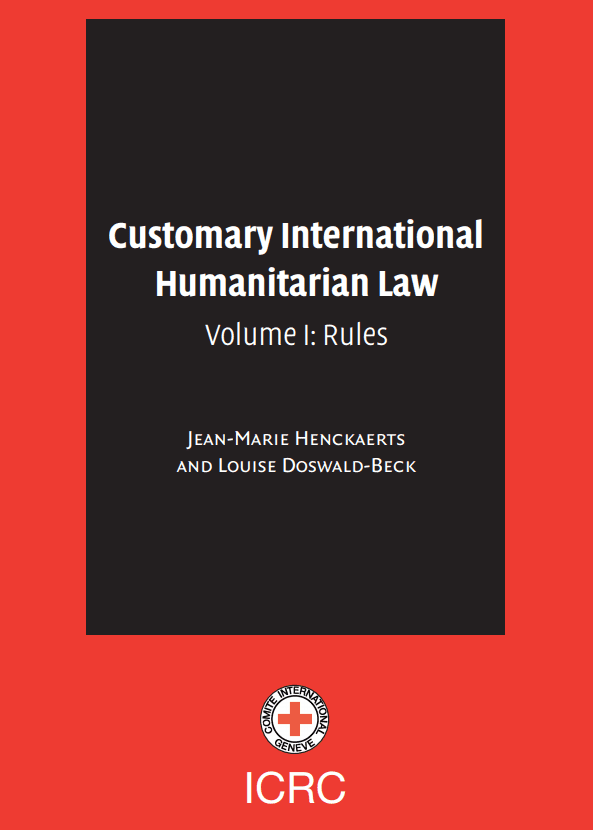
Customary International Humanitarian Law
Customary international humanitarian law is a set of unwritten rules derived from a general, or common, practice which is acknowledged as law. It's the basic standard of conduct in armed conflict accepted by the world community. Customary international humanitarian law is applicable universally – independently of the application of treaty law – and is based on extensive and virtually uniform State practice regarded as law.
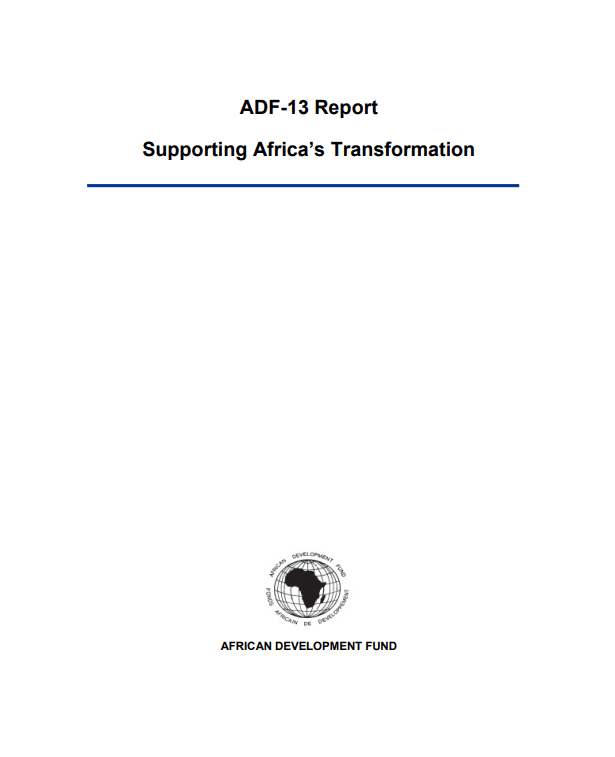
ADF-13 Report: Supporting Africa’s Transformation
The message summarizes the content of the ADF-13 report, which focuses on supporting Africa's transformation.
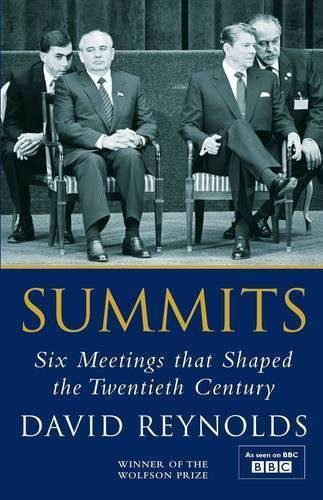
Summits: Six Meetings that Shaped the Twentieth Century
Summits: Six Meetings that Shaped the Twentieth Century" explores the impact of six key summits in the 20th century, highlighting their significance in shaping global politics and history. These meetings, involving world leaders like Roosevelt, Churchill, Stalin, and Kennedy, influenced major events such as the Cold War, arms control negotiations, and diplomatic relations. Through detailed analysis, the book demonstrates how these summits played a crucial role in shaping the geopolitical landscape of the 20th century.

Consular Diplomacy: A Conceptual Framework for Analysis and Decision Making
This dissertation explores the consular functions performed in three developed countries and draws from that data to develop a conceptual framework for decision making and analysis of consular affairs. The paper examines the historical evolution of consular functions and the problems of defining consular functions on a universal basis. The findings of this research initially define the categories of consular services performed in contemporary diplomacy, and subsequently, conceptualises how each function may become relatively more important to a nation state. Among the important finding of this...

Propaganda in International Politics
The text examines the role and impact of propaganda in shaping international politics, exploring its use as a tool for influencing public opinion and advancing political agendas on the global stage.

Multilateralism under Challenge? Power, International Order, and Structural Change
The values and institutions of multilateralism are not ahistorical phenomena. They are created and maintained in the context of specific demands and challenges, and through specific forms of leadership, norms, and international power configurations. All of these factors evolve and change; there is little reason to believe that multilateral values or institutions could or should remain static in form and nature. The relationship between the distribution of power, the nature of challenges and problems, and the international institutions that emerge to deal with collective challenges is const...
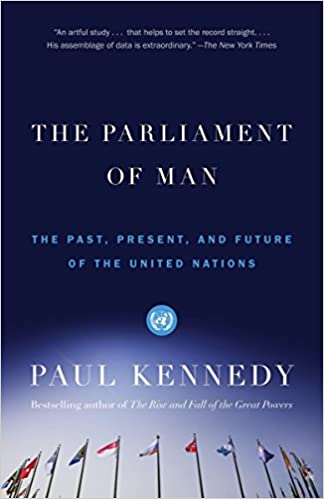
The Parliament of Man: The Past, Present and Future of the United Nations
The United Nations, established in 1945, aims to promote peace, security, and cooperation among countries worldwide. It provides a platform for global dialogue and decision-making on various issues, striving to uphold human rights and international law. While facing challenges and limitations, the UN continues to play a crucial role in addressing global challenges and advocating for a more peaceful and sustainable world.
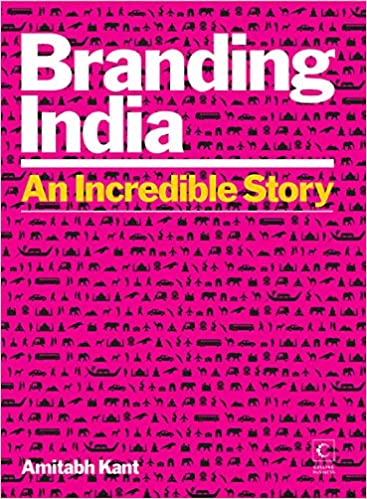
Branding India: An Incredible Story
Branding India: An Incredible Story" explores India's journey in establishing itself as a global leader through strategic branding initiatives. The book delves into how India has successfully leveraged its rich cultural heritage, diversity, and innovation to enhance its global presence and attract investments. It showcases the country's transformation from a land of snake charmers to a hub of technology and entrepreneurship, presenting a compelling narrative of India's branding evolution on the world stage.
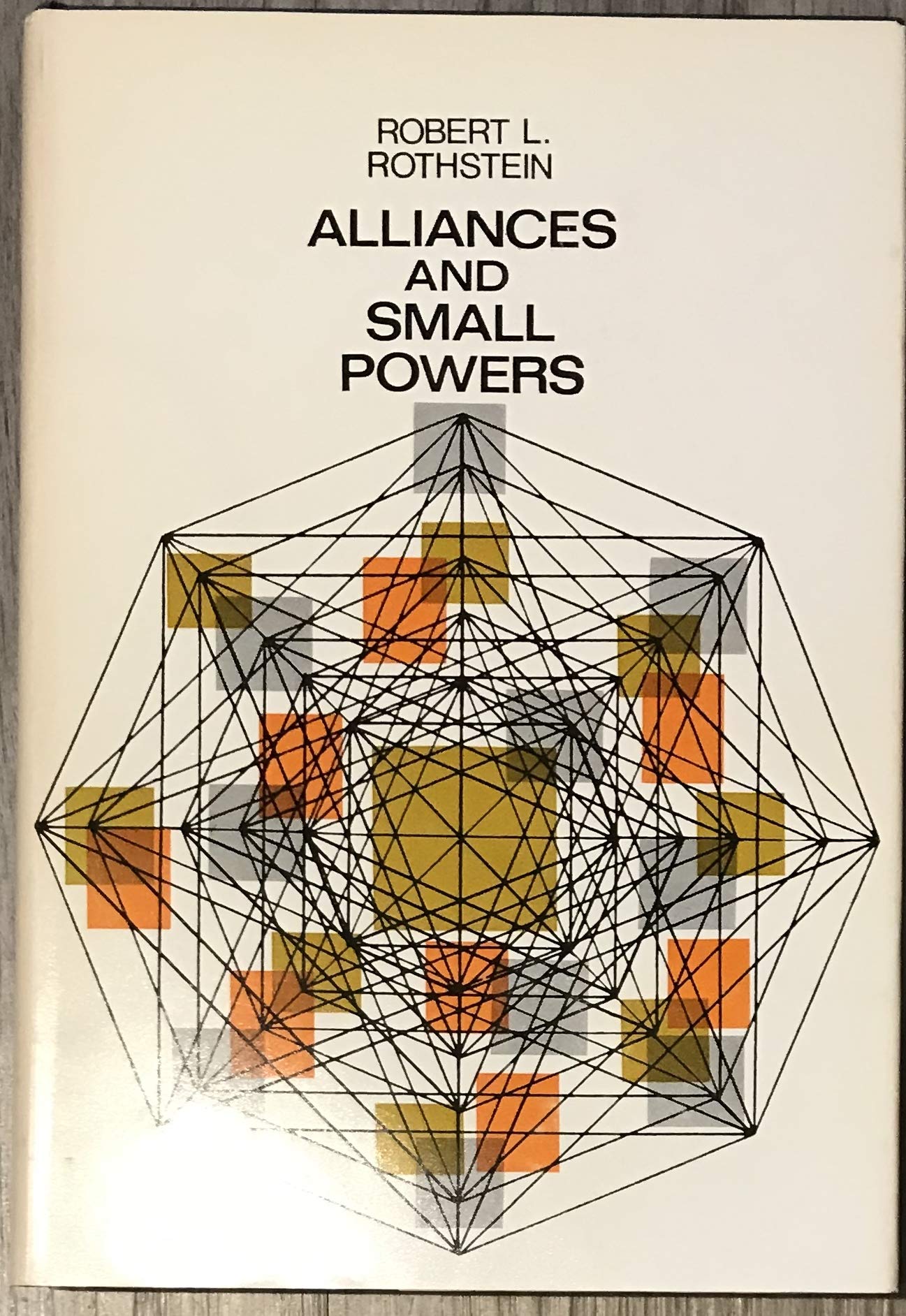
Alliances and Small Powers
This message was empty and did not contain any content to summarize.

Small Island Developing States and Climate Change: Effects, Responses and Positions beyond Durban (WP)
The paper discusses the impact of climate change on Small Island Developing States (SIDS) and their responses and positions post-Durban.
Moon Agreement
The Moon Agreement is an international agreement that was adopted in 1979 by the United Nations General Assembly. It is a set of principles that govern the exploration and use of outer space, including the Moon and other celestial bodies. The agreement sets out the legal framework for activities in space, including the establishment of a framework for international cooperation and the sharing of resources. It also establishes principles for the equitable and peaceful use of outer space, as well as the protection of the environment. It entered into force on 11 July 1984. The agreement states t...
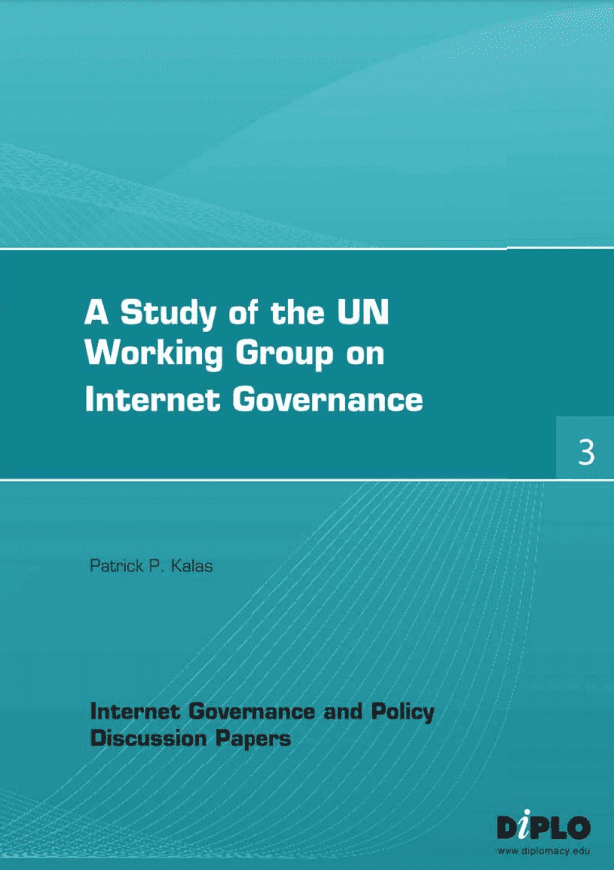
A study of the UN Working Group on IG – MSP in communication technology for development at the global level
The paper aims to identify best practices and lessons learned in multi-stakeholder partnership (MSP) practices at the global policy level through a participatory methodology based on interviews and an online electronic survey.

Palestinian statehood diplomacy: The Palestinian UN bids of 2011-2012
The Palestinian Authority (PA) launched an intense diplomatic campaign to garner a supporting vote in the United Nations General Assembly (UNGA), which was finally realized in 2012 by an upgrade to a 'non member observer state', granting Palestine a set of new privileges. It represents a victory for Palestinian diplomacy and presents a model of statehood diplomacy that received support as much as criticism. It stirred discussions about statehood and state recognition, and exposed the limited success of international interventions in post-conflict state building efforts.
Global environmental diplomacy: Comparing and sharing
The article discusses the importance of global environmental diplomacy in addressing environmental issues and highlights the benefits of comparing and sharing strategies among nations.
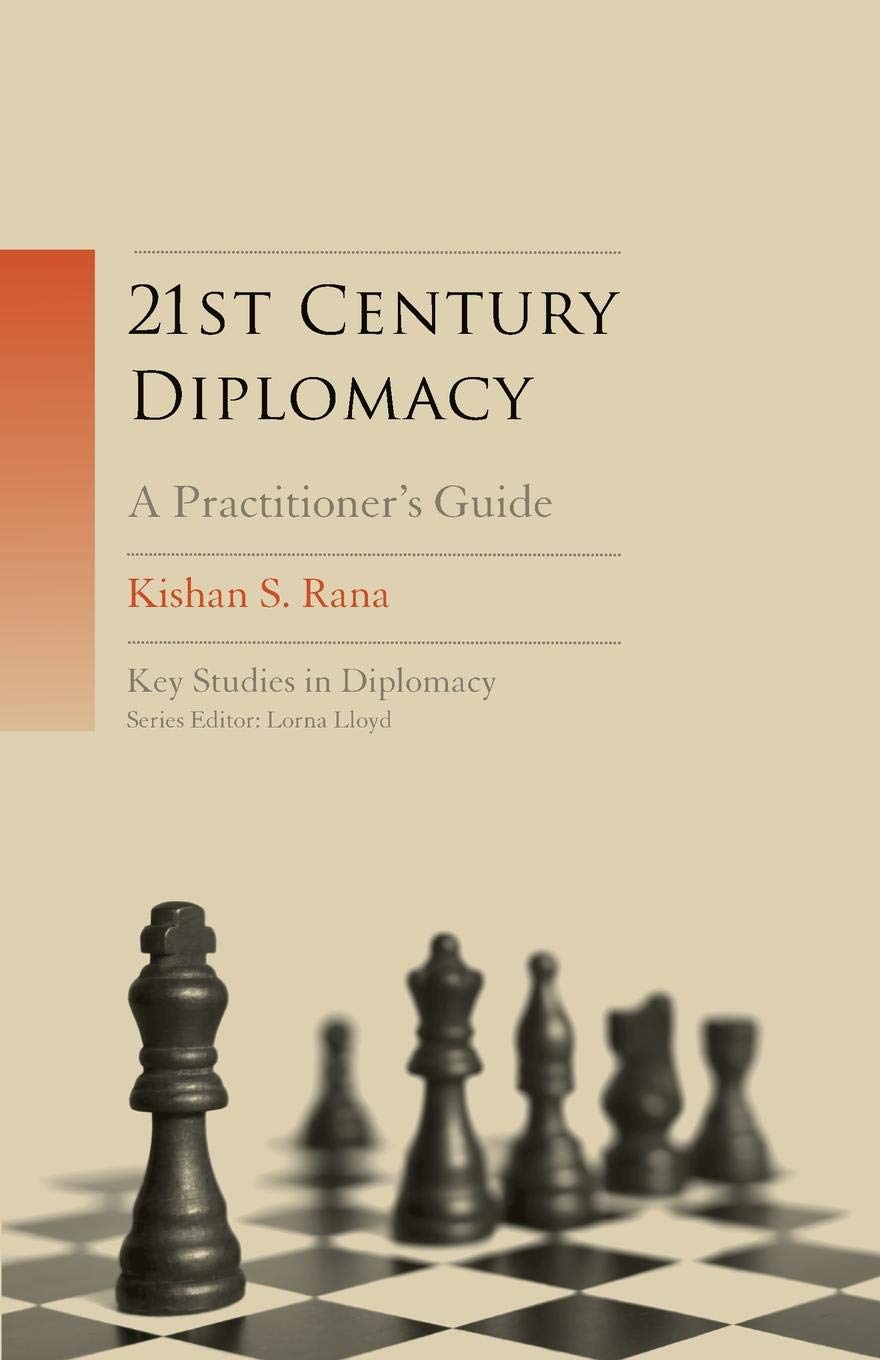
21st Century Diplomacy: A practitioner’s guide
Kishan Rana is a man of lengthy and varied experience in the Indian Foreign Service, ending his career as ambassador to Germany. Since then he has spent many years as a globe-trotting trainer of junior diplomats on behalf of DiploFoundation. Few people, therefore, are as well placed to write a practitioners’ guide to the diplomatic craft; and, insofar as concerns the content of his book, which can be found described here, he has not disappointed.
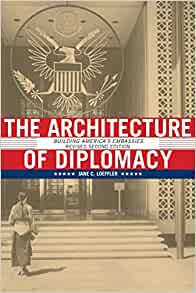
The Architecture of Diplomacy: Building America’s Embassies, 2nd ed
The Architecture of Diplomacy: Building America's Embassies, 2nd ed. explores the intricate design process behind creating US embassies worldwide, showcasing the significance of architecture in diplomacy and international relations. It delves into the cultural, historical, and political considerations that shape embassy structures, emphasizing the crucial role architecture plays in representing American values and promoting diplomatic relationships globally. This revised edition offers a comprehensive look at the evolving architectural landscape of US embassies and the impact of design on dipl...

Weapons Overview
The Weapons Overview provides an in-depth analysis of various weapons, including firearms, melee weapons, and explosives, covering their specifications, advantages, and best use scenarios. It aims to assist readers in making informed decisions regarding weapon selection for different situations.
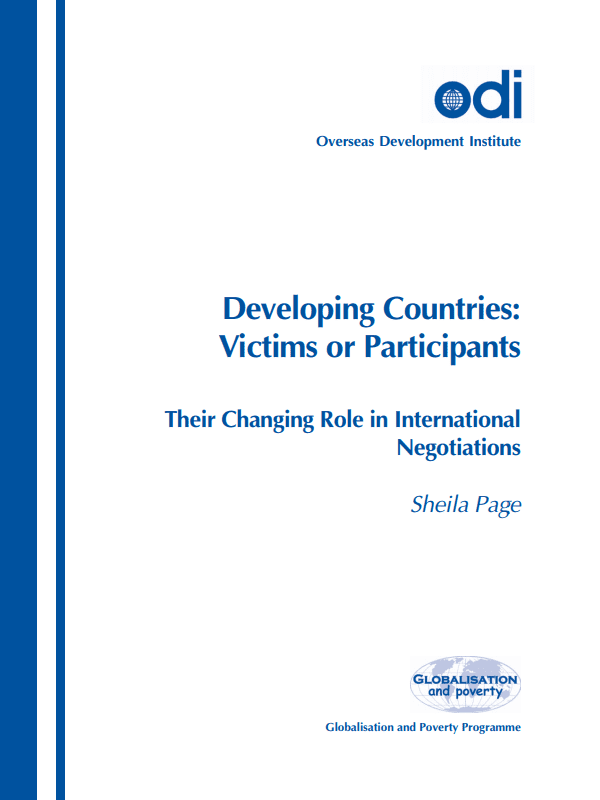
Developing Countries: Victims or Participants? Their Changing Role in International Negotiations
The roles of developing countries in international negotiations are evolving from being seen as victims to active participants. They are now asserting themselves and playing more significant roles in shaping global policies and agreements.
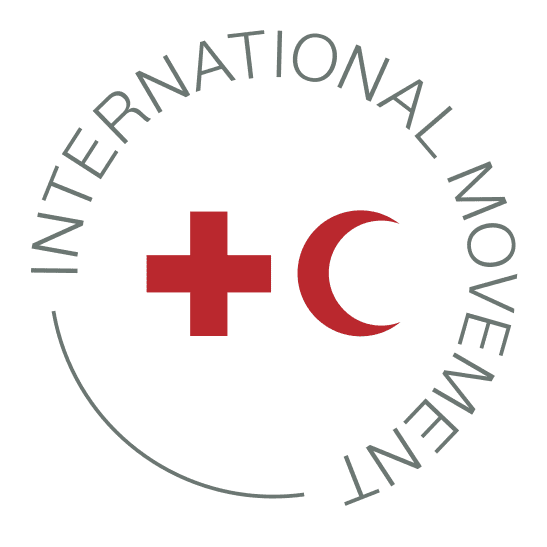
Resolution on Safeguarding Humanitarian Data
The resolution Safeguarding Humanitarian Data addresses the centrality of data for humanitarian actions. It reiterates previous initiatives and resolutions of the International Red Cross and Red Crescent Movement.
Caribbean Development Report, Volume I
The Caribbean Development Report, Volume I, analyzes key challenges faced by the Caribbean region, focusing on the implications of climate change, the impact of natural disasters, and economic vulnerability. It also emphasizes the importance of building resilience, promoting sustainable development, and fostering innovation and technology to address these challenges effectively. The report highlights the need for coordinated efforts from governments, private sector, and civil society to create a more resilient and prosperous future for the Caribbean region.

Economic coercion as an instrument of foreign policy: US economic measures against Cuba and the Dominican Republic
The text discusses how the United States has used economic coercion as a foreign policy tool against Cuba and the Dominican Republic.
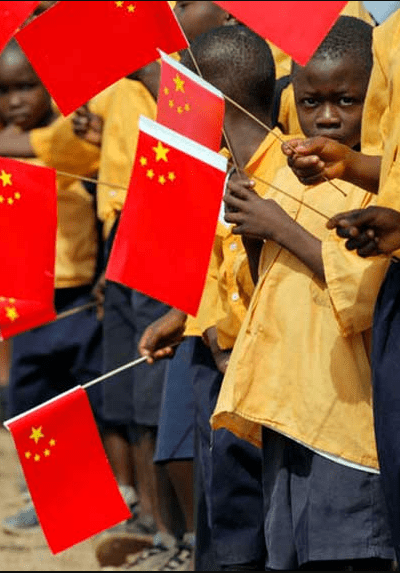
China’s soft power in Africa: From the ‘Beijing Consensus’ to health diplomacy
China has deepened its engagement with Africa since 1949, shifting from ideological to pragmatic approaches. This evolution includes aiding socialist nations with infrastructure projects, sending experts, and fostering economic and political ties. Present-day interactions involve Chinese officials, bankers, and businesspeople promoting sustainable economic growth. China's focus on raw materials has not overshadowed its support for aid programs like medical assistance. The relationship is set to progress through a mix of traditional aid, technical support, and increased trade and investment.

Connectivity and networks rule: Virtuality, public diplomacy and the foreign ministry
The text discusses the impact of connectivity and networks on public diplomacy and foreign ministries, emphasizing the importance of virtual communication in today's world.

Cultures of Corruption: Evidence from Diplomatic Parking Tickets
Corruption is believed to be a major factor impeding economic development, but the importance of legal enforcement versus cultural norms in controlling corruption is poorly understood.

Modern Diplomacy
Modern Diplomacy is a collection of papers presented in Malta at the International Conference on Information Technology and Diplomacy (May 1997) and the International Conference on Modern Diplomacy (February 1998). Papers examine technological development, new actors in international relations, the decline in the sovereignty of states, public diplomacy and globalisation. This publication is only available online.
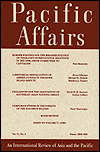
Roaring Mice Against the Tide: The South Pacific Islands and Agenda-Building on Global Warming
The text discusses how South Pacific Islands are exerting influence in global warming agenda-building despite their small size.

Valletta Statement on Multilateral Trade
The Valletta Statement on Multilateral Trade emphasizes the importance of a rules-based multilateral trading system in fostering sustainable development and economic growth. It calls for the preservation of the World Trade Organization (WTO) as the cornerstone of global trade governance. The statement stresses the need for WTO reform to address current challenges, defend against protectionism, and ensure that the organization remains responsive to the evolving needs of its members. It highlights the significance of multilateral cooperation in promoting a level playing field for all countries a...

Public diplomacy and the rise of Chinese soft power
The article discusses the concept of public diplomacy and the growth of Chinese soft power on the global stage.
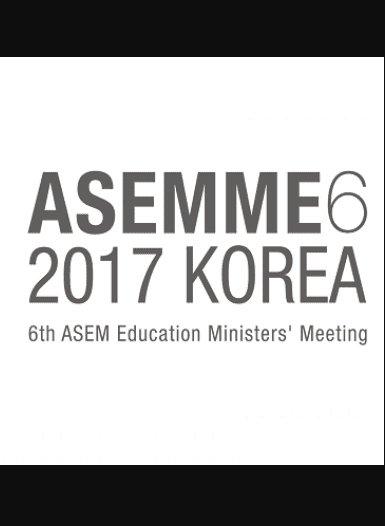
ASEAN Education Ministers Meeting (ASED)
Summary: The message will provide information related to the upcoming ASEAN Education Ministers Meeting (ASED).
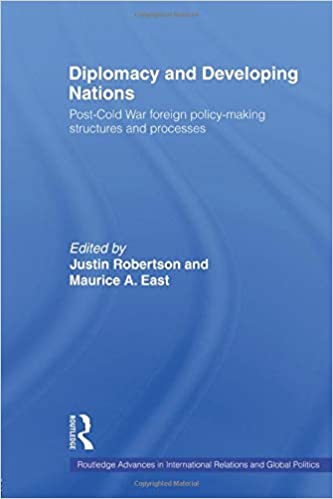
Diplomacy and Developing Nations: Post-Cold War foreign policy-making structures and processes
The text discusses how post-Cold War foreign policy-making structures and processes impact diplomacy with developing nations.

Commercial diplomacy and international business
The importance of commercial diplomacy in international business cannot be overstated. By utilizing diplomatic tactics and strategies, businesses can navigate foreign markets effectively and establish strong relationships with partners and stakeholders. This approach is essential in overcoming trade barriers and fostering a conducive environment for global business growth and success. Emphasizing the role of diplomatic efforts in business dealings can lead to mutually beneficial outcomes and contribute to sustainable economic development on a global scale.
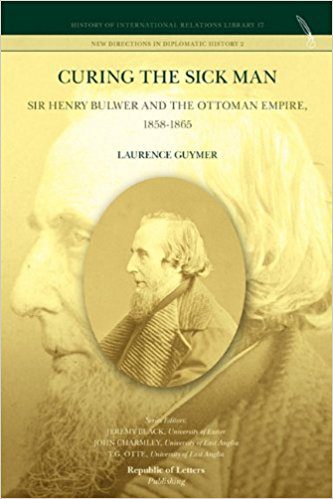
Curing the Sick Man: Sir Henry Bulwer and the Ottoman Empire, 1858-1865
This is the first book of a very promising young historian. Laurence Guymer, who is head of the Department of History at Winchester College and a research associate in the School of History at the University of East Anglia, has produced a biography of Sir Henry Bulwer that successfully challenges the conventional account of this colourful mid-Victorian figure. It also raises the question of how ‘diplomatic success’ is judged.
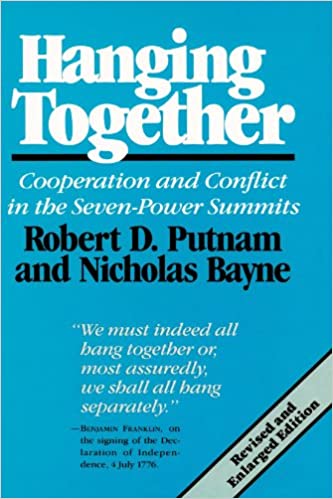
Hanging Together: Cooperation and conflict in the seven power summits
The text discusses the dynamics of cooperation and conflict within seven power summits.

A History of the United Nations. Volume I: The Years of Western Domination 1945-1955
The United Nations was formed in 1945 with a focus on maintaining world peace and promoting cooperation among nations. Initially dominated by Western powers, the organization's structure and policies evolved over the years to address global challenges and represent a more diverse membership.

The Role of Regional Cooperation in Eradicating Poverty and Aid Dependency in East Africa
The hypothesis of this thesis is that regional cooperation and integration are effective tools in alleviating poverty within nations and reducing their dependency on foreign or development aid.
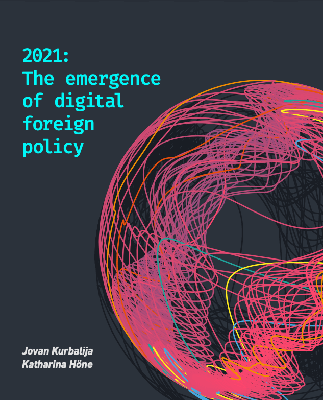
2021: The emergence of digital foreign policy
While digital tools, in particular social media, have been gradually introduced to the practice of diplomacy, many open questions remain regarding the impact of digitisation on foreign policy and the environment in which diplomacy is practised. This is where digital foreign policy becomes important. The report is available for download. The summary and recordings of the online conference 2021: The emergence of digital foreign policy are also available.
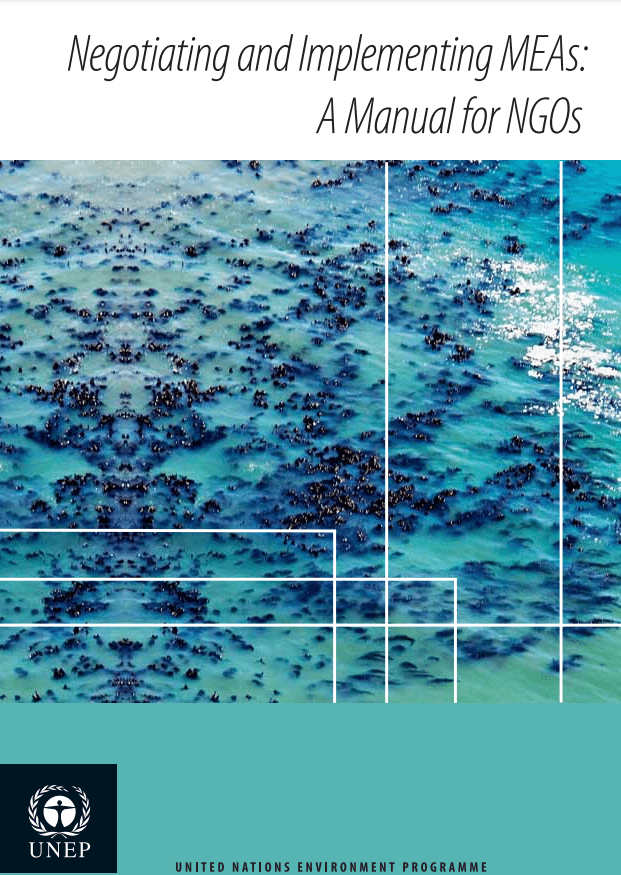
Negotiating and Implementing MEAs: A Manual for NGOs
The manual provides guidance for non-governmental organizations on negotiating and implementing Multilateral Environmental Agreements (MEAs). It offers practical advice and strategies for NGOs to effectively participate in these processes, ensuring their voice is heard and their expertise is utilized in shaping environmental policies at the international level.

Paradiplomatic’ Relations between the United States and Kosova: A Friendship between an Elephant and a Mouse
Naim Dedushaj's thesis 'Paradiplomatic relations between the United States and Kosova' studies the relations between the Albanian nation and America that date way back in history. The first Albanian immigrants moved to the United States in the second half of the 19th century. The major migration flows from Kosova and other parts in ex-Yugoslavia took place in the 20th century.

International Diplomacy Volume III: The Pluralisation of Diplomacy
The message is not present.
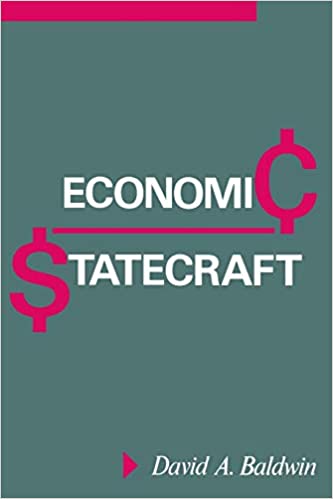
Economic Statecraft
The text is about economic statecraft.
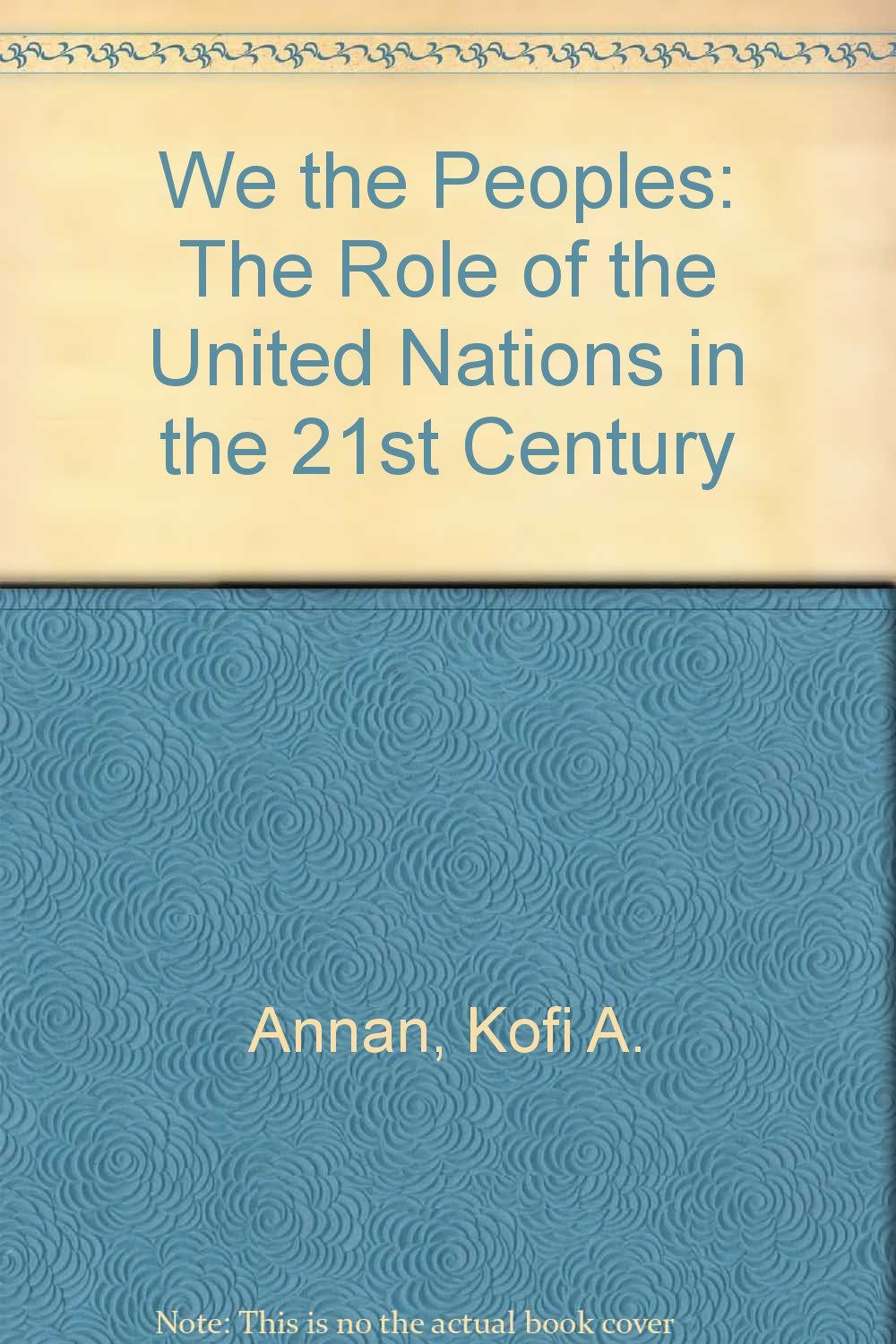
We the Peoples: The Role of the United Nations in the 21st Century
The world did celebrate as the clock struck midnight on New Year’s Eve, in one time zone after another, from Kiribati and Fiji westward around the globe to Samoa. People of all cultures joined in—not only those for whom the millennium might be thought to have a special significance. The Great Wall of China and the Pyramids of Giza were lit as brightly as Manger Square in Bethlehem and St. Peter’s Square in Rome. Tokyo, Jakarta and New Delhi joined Sydney, Moscow, Paris, New York, Rio de Janeiro and hundreds of other cities in hosting millennial festivities. Children’s faces ref...

The UN and the world diplomatic system: lessons from the Cyprus and US- North Korea talks
In Bourantonis, D. and M. Evriviades (eds), A United Nations for the Twenty-First Century(Kluwer Law International, 1996), pp. 105-16
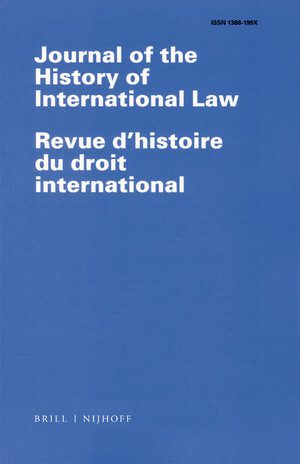
Did diplomatic immunity exist in the ancient Near East?
The text discusses the concept of diplomatic immunity in the ancient Near East.
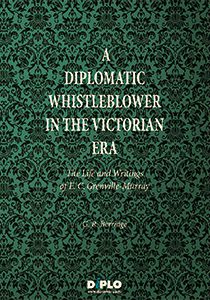
A Diplomatic Whistleblower in the Victorian Era: The Life and Writings of E. C. Grenville-Murray, Second Edition (Revised) 2015
Unlike Bradley Manning and Edward Snowden, the most well-known whistleblowers of the present day, Eustace Clare Grenville-Murray (1823-1881), the illegitimate son of an English duke and an actress who was also a lover of Lord Palmerston, did not make public highly classified documents. Instead, while serving as a diplomat behind the fragile shield of anonymity, he employed satire and ridicule in books, periodicals, and newspapers to attack the aspects of diplomacy he disliked.
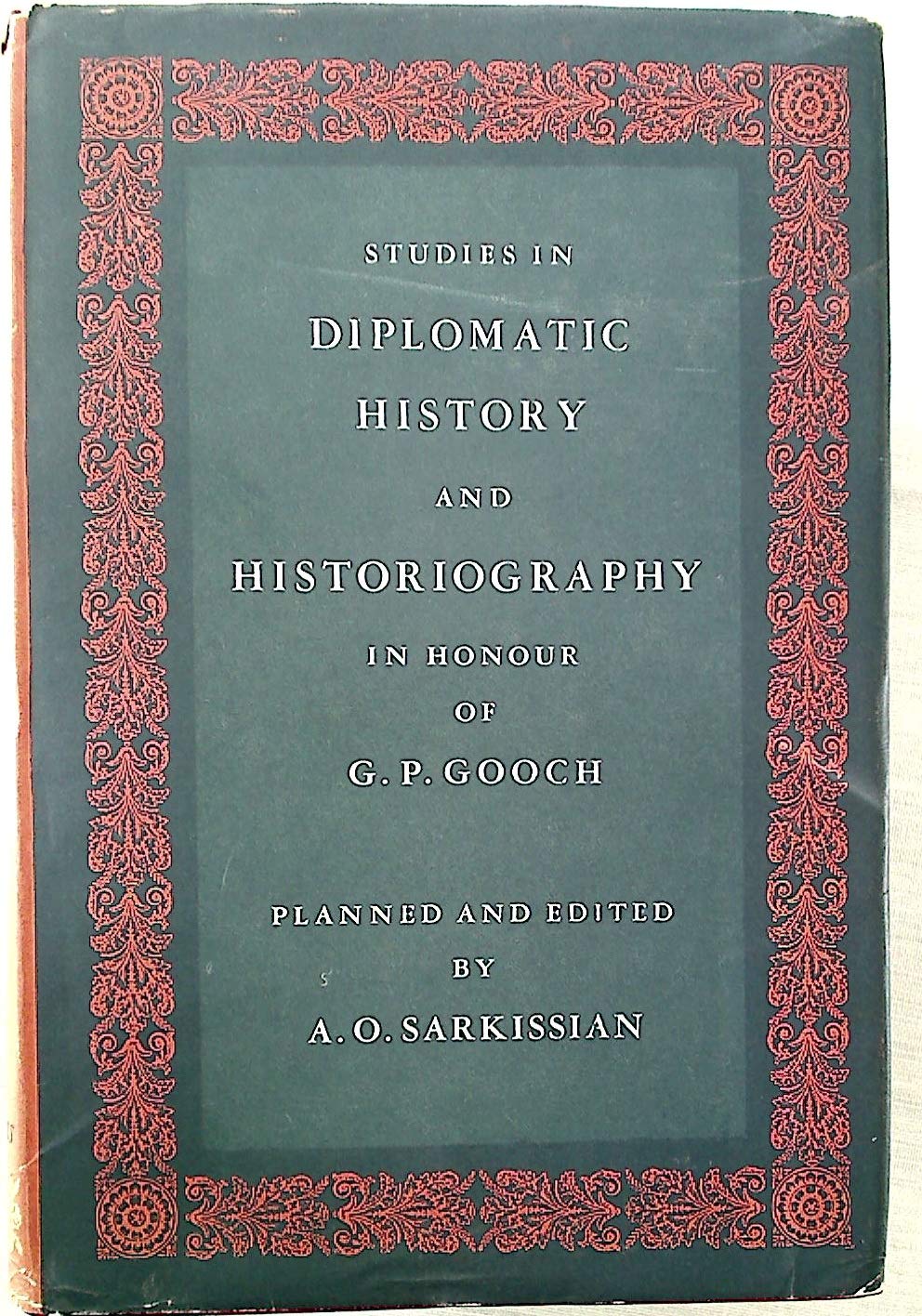
Studies in Dipomatic History and Historiography in honour of G. P. Gooch, C. H.
This book is a tribute to G. P. Gooch, exploring the realms of Diplomatic History and Historiography through a collection of studies.
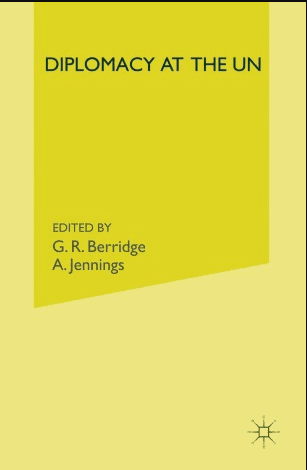
Old diplomacy in New York
The message details the use of old diplomacy in New York, focusing on traditional methods being employed to navigate modern challenges.

A practitioner’s view
Part of Language and Diplomacy (2001): With examples from a detailed case study of the historical New Zealand Treaty of Waitangi, Aldo Matteucci shows us that the diplomat's job is to decode language. Matteucci writes that all language comes with "hidden baggage": hidden meanings and intentions, historical and political context, legal precedents, etc. In order to find these hidden meanings the diplomat needs a broad understanding of the context of a situation.

The National Security of Small States in a Changing World
The text discusses how small states must adapt their national security strategies to address the challenges presented by a rapidly changing global environment.
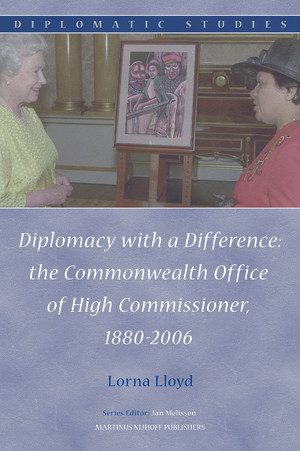
Diplomacy with a Difference: The Commonwealth Office of High Commissioner, 1880-2006
Book review by Geoff Berridge

Deconstruction and the undoing of diplomacy
Part of Language and Diplomacy (2001): Ivan Callus and Ruben Borg apply a very different set of tools to the analysis of diplomatic discourse. Their paper applies the discourse of deconstruction, a form of literary criticism, to the Vienna Convention on Diplomatic Relations.
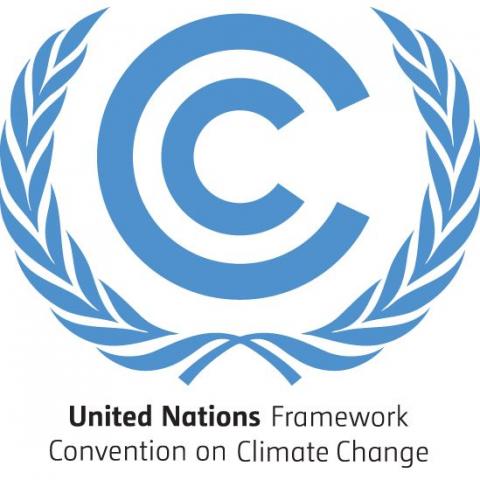
United Nations Framework Convention on Climate Change
The United Nations Framework Convention on Climate Change aims to address global warming by promoting international cooperation and agreements to reduce greenhouse gas emissions and mitigate climate change impacts.
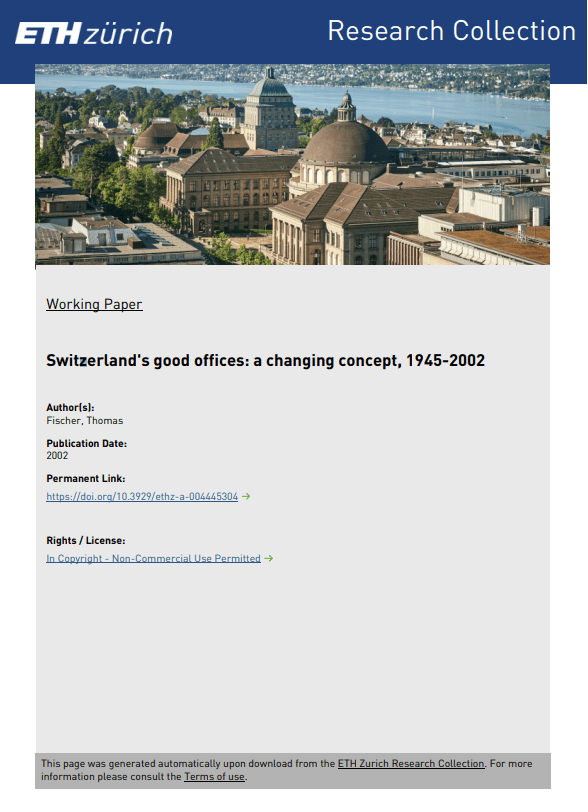
Switzerland’s good offices: a changing concept, 1945-2002
Switzerland's role in international diplomacy evolved from the end of World War II to 2002, showcasing its changing concept of good offices.

Marrying education with ICT
‘It is necessary to ensure the responsible use of technology and to stress the innovation and knowledge sharing that technology allows over the opportunity for piracy, slander, and other ‘negative’ activities’ - Arlene Buckmire-Outram from Grenada
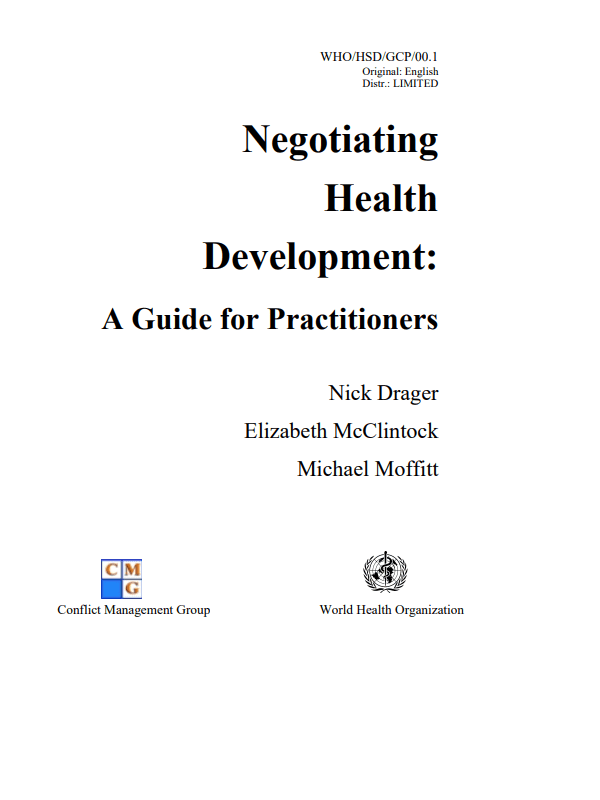
Negotiating Health Development: A Guide for Practitioners
The text provides guidance for practitioners on negotiating health development.
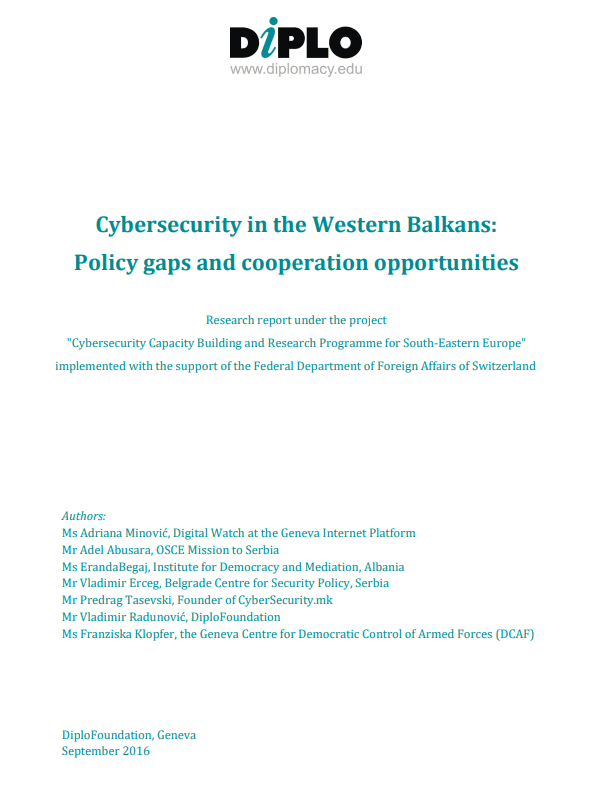
Cybersecurity in the Western Balkans: Policy gaps and cooperation opportunities
Report on cybersecurity cooperation in the Western Balkans.
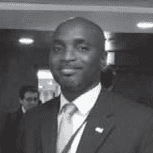
Advancing the interests of small developing countries
'Given the disparity between the participation of developing and developed countries it was clear that more support was needed for the former group to be able to understand the issues and make a meaningful input.' - Rodney Taylor from Barbados

Global Health and Foreign Policy
Global health and foreign policy are closely intertwined as health issues have significant impacts on international relations and diplomacy. Collaborative efforts between countries are essential to address global health challenges and promote well-being worldwide.

Setting priorities for a ‘world language’ initiative
Part of Language and Diplomacy (2001): Dr Donald Sola asks whether software innovation can make a contribution to the needs of those learning the world "languages of wider communication". He presents his work in developing computer-assisted language learning software, a multi-disciplinary activity not based simply on technology but also on the theory and practice of education and linguistics.

Multistakeholder processes in conflict resolution
In this paper, Anush Begoyan presents a summary of multistakeholder processes in conflict resolution, conducted for DiploFoundation; it provides a brief theoretical introduction to current developments within the international system, to changes in the reality and the conceptualization of the nation-state, and to resultant changes in the security system and the notion of national (state) interests.

Summary of the Doha Climate Change Conference
Summary of the Doha Climate Change Conference. The Doha Climate Change Conference held in 2012 aimed to advance global efforts to address climate change. The conference resulted in an extension of the Kyoto Protocol, commitments for a new global agreement by 2015, and pledges by developed countries to provide financial support to developing nations. Additionally, the conference emphasized the importance of adaptation measures for vulnerable countries and discussed the need for long-term climate finance mechanisms. The conference highlighted the need for cooperation and collective action to com...
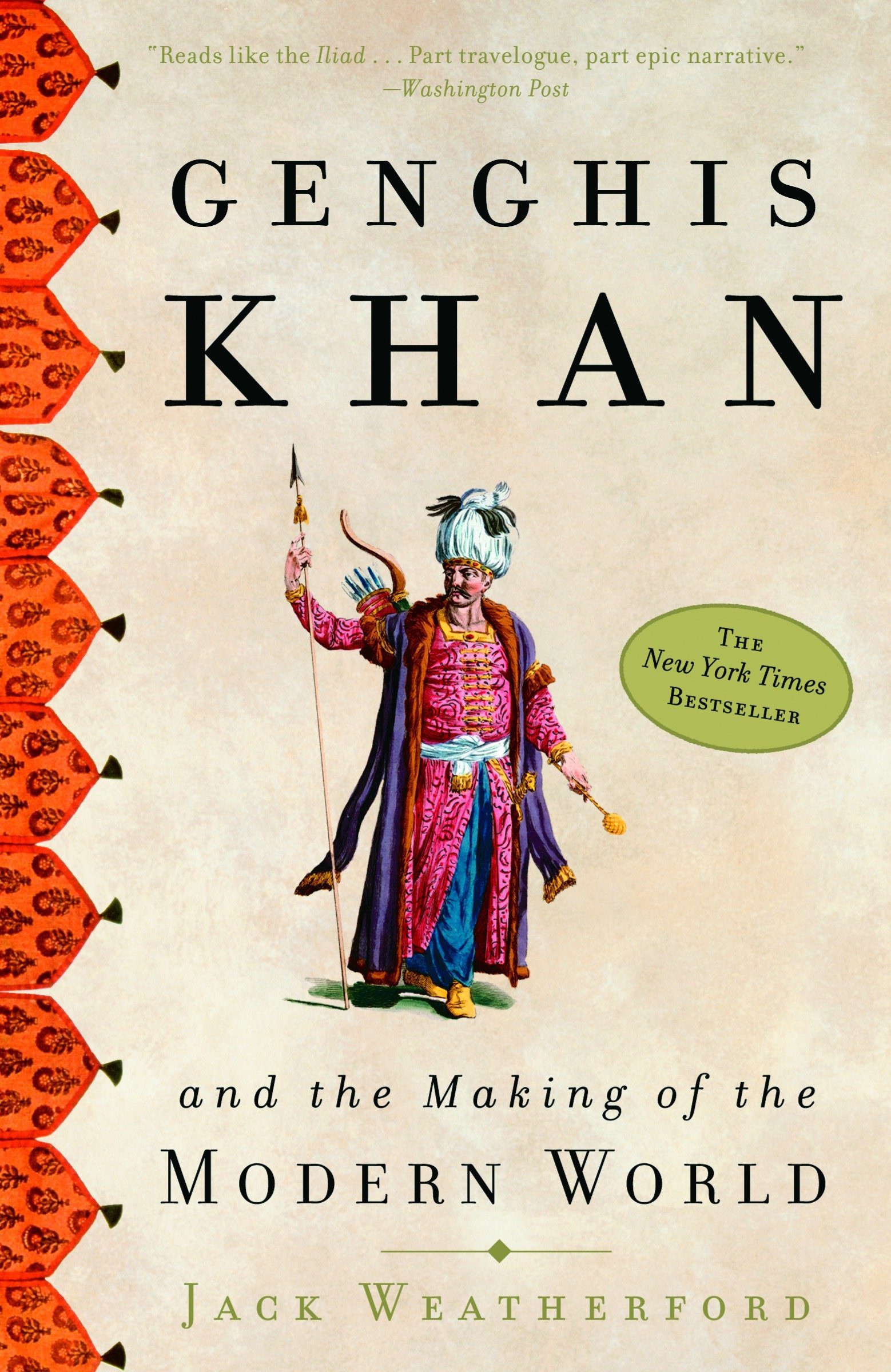
Genghis Khan and the Making of the Modern World
Ask anyone who was the person that most influenced world history: few would mention Genghis Khan. Arguably, however, Genghis Khan and the Mongols were the dominant force that shaped Eurasia and consequently the modern world. Not for what they destroyed – though they wrought much destruction all over the continent – but for what they built. They came close to uniting Eurasia into a world empire, and in so doing they spread throughout it technologies like paper, gunpowder, paper money, or the compass – and trousers. They revolutionised warfare. More lastingly, in the words of the author: '...

Island entrepreneurs: Insights from exceptionally successful knowledge-driven SMEs from 5 European island territories
The message provides insights on successful knowledge-driven SMEs from 5 European island territories.

Hands on digital diplomacy
The text "Hands on digital diplomacy" suggests a practical approach to engaging in diplomatic efforts using digital tools and platforms.

Searching for the prehistoric origins of diplomacy
What if diplomacy had started in the first contact between two distinct bands of nomadic Homo sapiens hunter-gatherers in the Palaeolithic period, even before the advent of agriculture and the transition from nomadism to Neolithic sedentary societies? In this post, prepared especially for this blog, a summary of the author’s argument, originally published by the Cambridge Review of International Affairs [1], is presented to DiploFoundation readers searching for the ancient origins of the diplomatic practice.
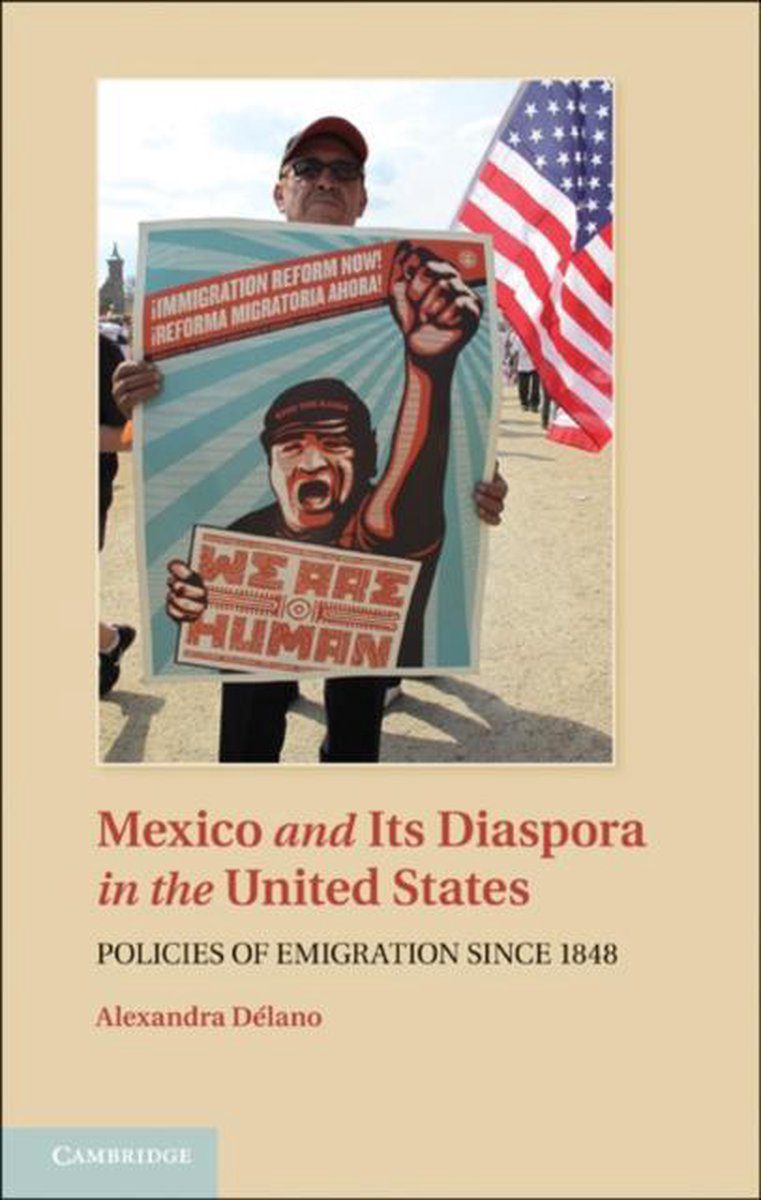
Mexico and its Diaspora in the United States: Policies of Emigration since 1848
This book is unique in many ways and is different from other studies on migration and diaspora. Délano looks at migration from the perspective of a sending state, focusing on its role in the evolution of emigration policies, as they are shaped under diverse pressure. Spread over a period of over 100 years, the content is neatly divided into five distinct phases. A departure from other studies, the emigration process is seen through the prism of a social scientist and not that of an anthropologist, as is the standard pattern. Its focus is on Mexican emigration policies, yet the same are not se...
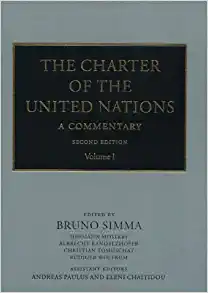
The Charter of the United Nations: A Commentary
The Charter of the United Nations: A Commentary offers an in-depth analysis of the United Nations Charter. It explores the history, structure, and principles of the Charter, highlighting its role in promoting peace and cooperation among nations. The commentary also delves into the Charter's provisions on issues such as human rights, security, and international law, providing valuable insights for scholars, diplomats, and practitioners in the field of international relations.
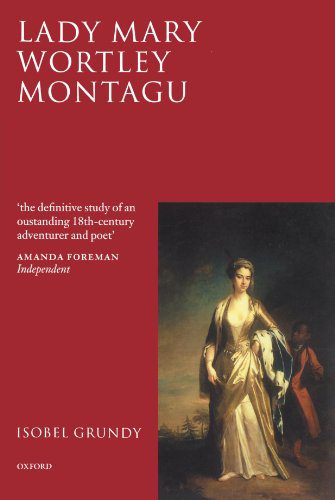
Lady Mary Wortley Montagu: Comet of the Enlightenment
The text discusses Lady Mary Wortley Montagu's influential role in the Enlightenment period, emphasizing her advocacy for inoculation against smallpox. Her writings and personal experiences helped spread the practice across Europe and challenge prevailing medical beliefs.

E-learning at Fiji National University
In this paper, Fiji National University (FNU) was used to determine the possibility of e-learning. A new programme was chosen and a programme document was written. Based on the programme, a unit syllabus was developed. Given the infrastructure of the information and communication technology (ICT) department at FNU, this project will be deployed as a pilot project for evaluation and monitoring of e-learning research.

Communication barriers to negotiation: Encountering Chinese in cross-cultural business meetings
When two negotiating parties from different cultural backgrounds attempt to communicate, the potential for disagreement and misunderstanding is great. People from other cultural backgrounds, especially from the West, often find the behaviour of Chinese negotiators strange and unintelligible. This paper examines communication barriers between Chinese, Australian and American negotiators.
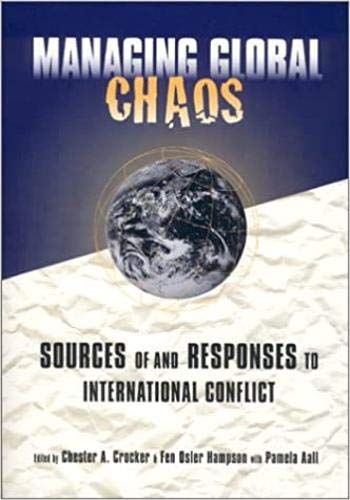
Managing Global Chaos
The message deals with strategies for managing global chaos. It discusses the importance of adaptability, resilience, and communication in navigating turbulent international waters. Leaders are advised to anticipate challenges, foster collaboration, and maintain a proactive approach to addressing crises on a global scale. The text emphasizes the need for flexibility and innovation to effectively manage chaos in a rapidly changing world.
The State of the Humanitarian System
The text discusses the challenging state of the humanitarian system, highlighting gaps in funding, coordination, and response effectiveness.
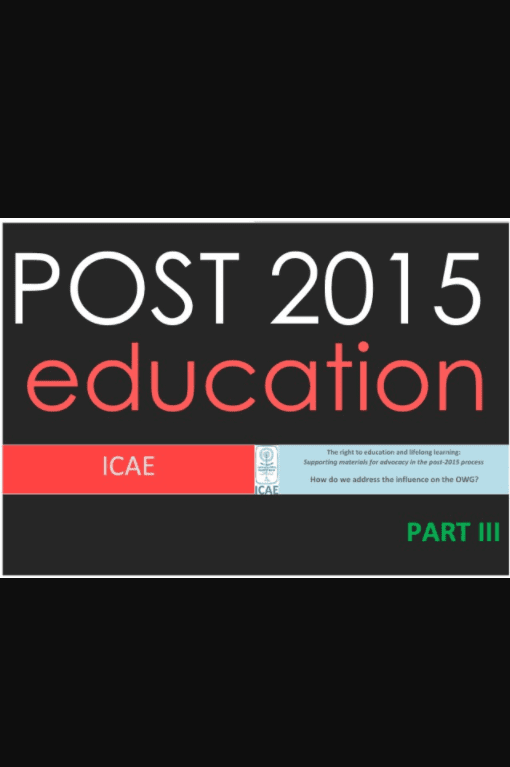
Post-2015 Education Part III: How do we address the influence on the OWG?
The message provides insight into addressing the influence on the OWG concerning post-2015 education.
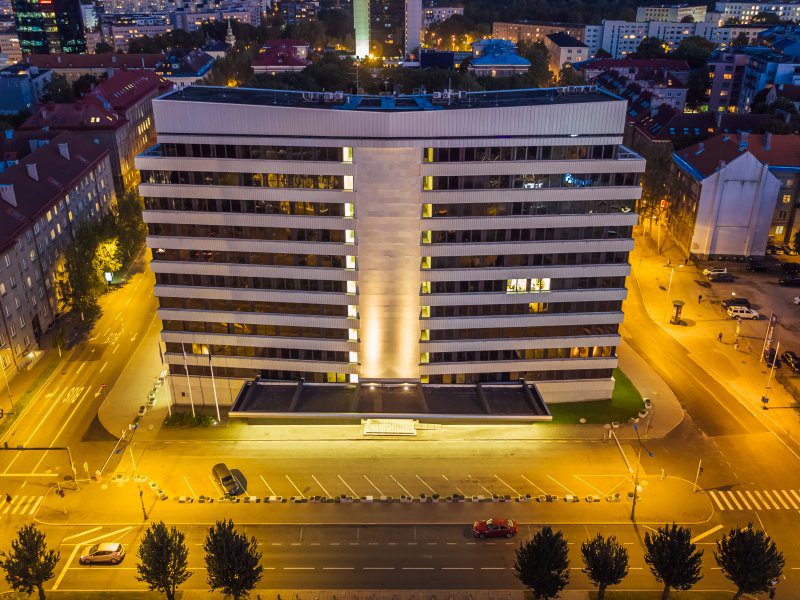
Conclusion of 5th Conference for Honorary Consuls of Estonia
Honorary Consuls of Estonia from 44 countries worldwide gathered for the 5th conference, highlighting the importance of the event for networking, knowledge-sharing, and strengthening ties with Estonia. The conference included visits to various institutions, discussions on consular issues, and a charitable donation. With 104 honorary consuls in 50 countries, their voluntary efforts play a crucial role in fostering connections and assisting Estonian citizens globally, contributing significantly to diverse fields such as politics, economics, and culture.
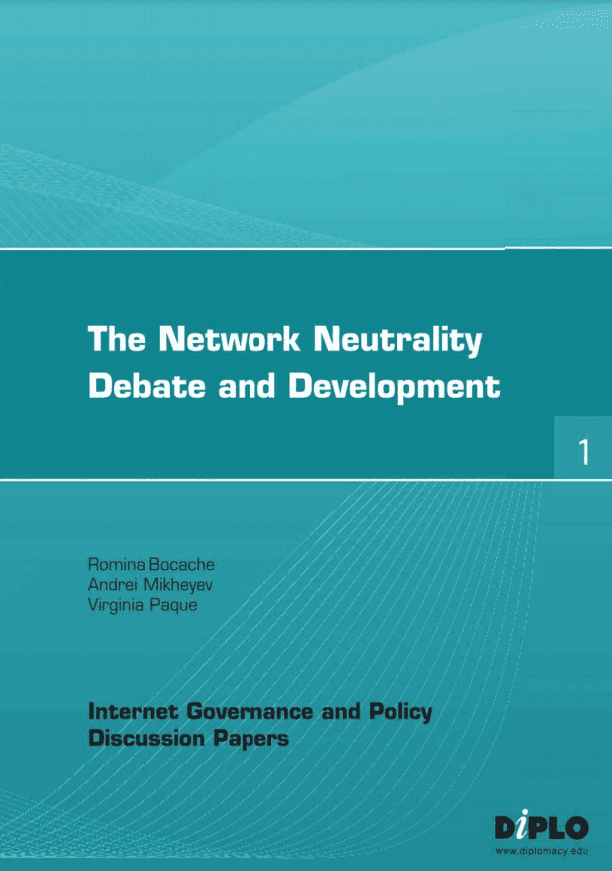
The network neutrality debate and development
This study focuses ont he Net Neutrality controversy. It aims to answer a number of questions including - If Net Neutrality deserves protection, the question is how? Should a political or legal solution be enacted at national or international levels? Can we trust an informal free-market solution that may develop on its own, or should legal and political means be used to enunciate this principle? Will market forces ensure the best outcome, whatever this may be?

Red Cross and Red Crescent Societies in multistakeholder diplomacy
In his paper, Chris Lamb reflects on the role of the Red Cross and Red Crescent Societies in Multistakeholder Diplomacy. He traces the IFRC's main developments since 1994, including its strategy document, and its obtaining of the status of observer with the UN General Assembly. The paper also looks at the future of IFRC in the light of its main objectives.
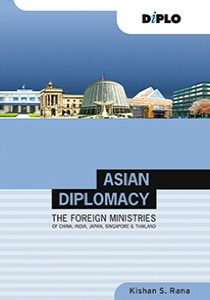
Asian Diplomacy: The Foreign Ministries of China, India, Japan, Singapore and Thailand
Based on eight years of research and interviews with over 160 professional diplomats and others, this book offers a range of information on the structures, operation and the working style of the foreign ministries of five key countries in Asia: China, India, Japan, Singapore and Thailand. The rise of Asia adds salience to this book, since it has become more important than ever before to understand the dynamics of the foreign policy process in these countries.
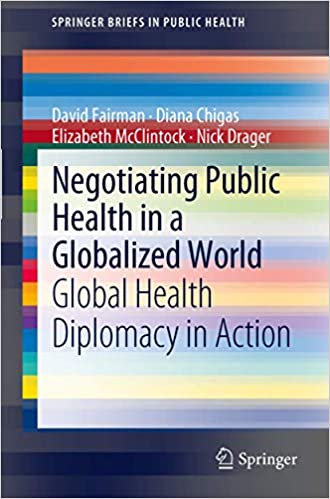
Negotiating Public Health in a Globalized World: Global Health Diplomacy in Action
The text is about the challenges and opportunities of negotiating in the global health diplomacy landscape, emphasizing the importance of collaboration and innovation to address public health issues on a global scale.

Decision-Making in the UN Security Council: The case of Haiti, 1990-1997
Question: 'When is a "Foreword" not a "Foreword"? Answer: When it is written by Adam Roberts. This book started life as an Oxford doctoral thesis under the supervision of Professor Roberts, and the former supervisor has done both the former student and readers of this book a great service by prefacing it with a seven-page essay in which he underlines its importance in convincing detail. So this, unlike ninety-nine per cent of examples of the same genre, is a Foreword that should not be ignored.

Foreign ministries and the management of the past
In his paper, Keith Hamilton looks at Foreign Ministries’ treatment of historical diplomacy, and specifically, the publication of diplomatic documents. Through his historical analyses, the author examines the various aims of these documents, such as, to shed light on past developments and help in current and future negotiations; to influence parliamentarians and a wider public; and to further international relations’ studies.

Amarna Diplomacy: A Fully-fledged Diplomatic System in the Near East?
The text analyses diplomatic relations during the Amarna period in ancient Egypt, examining the structure, protocols, and effectiveness of the diplomatic system in facilitating communication and negotiation among the various Near Eastern powers of the time.
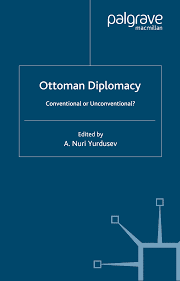
Ottoman Diplomacy
In tne text "Ottoman Diplomacy," the Ottoman Empire's diplomatic practices are explored, focusing on their use of ambassadors, gifts, and protocol to maintain relationships with other powers. This diplomacy was essential to the empire's survival and success throughout its history.

DAC High Level Meeting: Final Communiqué
On 15-16 December 2014 the OECD Development Assistance Committee (DAC) came to an important and historic consensus on how to modernise its statistical framework for measuring development finance to developing countries. It paved the way for the ambitious Sustainable Development Goals (SDGs).
The British Interests Section in Kampala, 1976-7
The message below provides an overview of the activities and challenges faced by the British Interests Section in Kampala between 1976 and 1977.
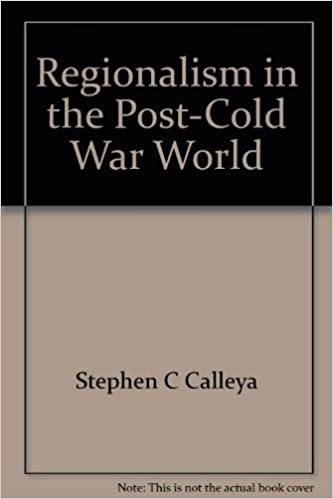
Regionalism in the Post-Cold War World
Regionalism in the Post-Cold War World emphasizes the shift towards regional cooperation and integration following the end of the Cold War. It discusses how national interests can align with regional cooperation and highlights the importance of regional organizations in addressing common challenges such as security, economic development, and environmental issues. Overall, it examines the evolving nature of regionalism in the contemporary global landscape.

Machiavelli’s Legations
The text provided for summarization appears to be missing. Could you please provide the content you would like summarized?
Public diplomacy: Sunrise of an academic field
The text discusses the emergence and growth of public diplomacy as a field of study within academia.
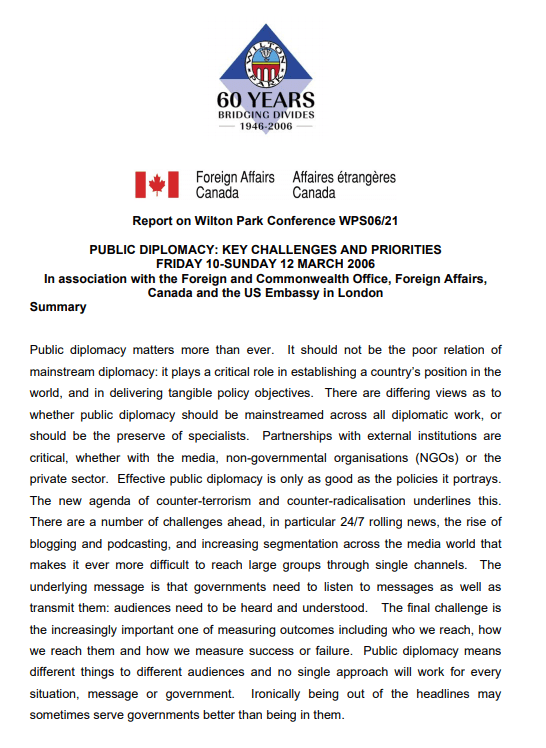
Public Diplomacy: Key Challenges and Priorities
The message focuses on discussing key challenges and priorities in public diplomacy. It aims to provide insights and strategies to navigate the complexities of public diplomacy effectively.

To joke or not to joke: A diplomatic dilemma in the age of internet
Part of Language and Diplomacy (2001): The first paper, presented by Prof. Peter Serracino-Inglott as the keynote address at the 2001 conference, examines the serious issue of diplomatic communication in a playful manner, through one of the most paradigmatic and creative examples of language use: joking.
E-diplomacy and Diplomatic Law in the Internet Era
Peacetime Regime for State Activities in Cyberspace (ed by Katharine Ziolkowski) covers in a multi-disciplinary approach the technical, legal, policy and diplomacy aspects of State activities in cyberspace during peacetime. It consists of 23 chapters of academic nature, elaborated by 24 authors specialised in the respective areas of expertise. Diplo's Dr Jovan Kurbalija contributed this chapter on E-diplomacy and Diplomatic Law in the Internet Era.
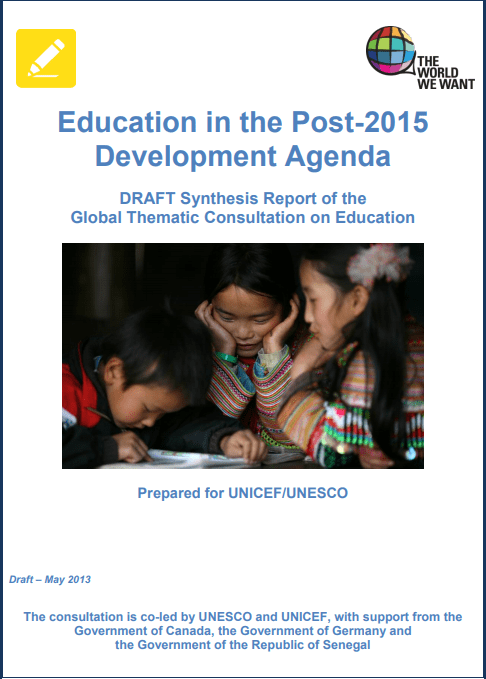
Making Education a Priority in the Post-2015 Development Agenda
The post-2015 development agenda should prioritize education to address global challenges effectively and promote sustainable development. Educational goals must encompass quality, inclusivity, equity, and lifelong learning opportunities for all individuals, regardless of background. Investing in education not only benefits individuals by improving their opportunities and well-being but also contributes to societal advancement by fostering economic growth, reducing poverty, and promoting social cohesion. Education is a fundamental human right and a key driver of progress, making it essential f...

The role of the Beijing Olympics in China’s public diplomacy
The Beijing Olympics play a significant role in China's public diplomacy.

Environment and Natural Resources in Small Island Developing States
The message is likely a discussion or information about the environment and natural resources in Small Island Developing States.
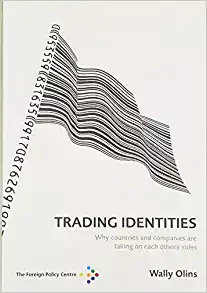
Trading Identities: Why Countries and Companies are Taking on Each Others’ Roles
The text discusses how countries and companies are increasingly adopting each other's roles in global trade.

Digital Opportunities for All: Meeting the Challenge
The text is about embracing digital opportunities to overcome challenges and ensure access for all.

Multiculturalism for the masses: Social advertising and public diplomacy post-9/11
The terrorist attacks of 9/11 have brought an old problem into new focus: how to unite a population potentially divided along racial, ethnic and denominational fault lines. In the light of unprovoked and indiscriminate racist attacks on Muslim-looking minorities, multi-media advertising campaigns were mounted in several countries in order to quell racism and sell multiculturalism. This paper examines the use of advertising campaigns as a medium for public diplomacy, and focuses on the promotion of national unity out of cultural diversity.
Activities of the Department of Public Information: Strategic communications services
The Department of Public Information provides strategic communications services.
German Strategy for International Digital Policy
The German government's Strategy for International Digital Policy outlines their commitment to safeguarding democracy and freedom online, promoting human rights, advocating for a global, open, free, and secure internet, enhancing technology partnerships, supporting cross-border data flows, shaping international standards, ensuring sustainable and resilient digital societies, and utilizing digitalization to address global challenges. This strategy aligns with various policy goals and emphasizes the importance of cooperation at global, regional, and national levels to advance digital governance,...

Adoption and adaptation of e-health systems for developing nations: The case of Botswana (Research by Benson Ncube)
This paper seeks appropriate solutions to improve the access and capability of the health delivery systems in Botswana. The research reveals that many countries are now using information-based services to assist in the administration and delivery of medical services via telecommunication infrastructures.

Cloud computing: Opportunities and issues for developing countries
This paper looks at how cloud computing will surpass the Internet in adoption and usage as this technology’s users are on the other side of the digital divide. It looks at the diffusion of mobile phones and devices in developing countries and its continuous dramatic rise and at some popular mobile applications that are helping development efforts, such as m-Banking, m-Education, m-Health, m-Agriculture, and others that already exist and are popular within developing countries.
Negotiating the International Health Regulations
The International Health Regulations require effective negotiation to address global health issues, focusing on building consensus among countries, ensuring transparency, and fostering cooperation to promote public health security and response to health emergencies.
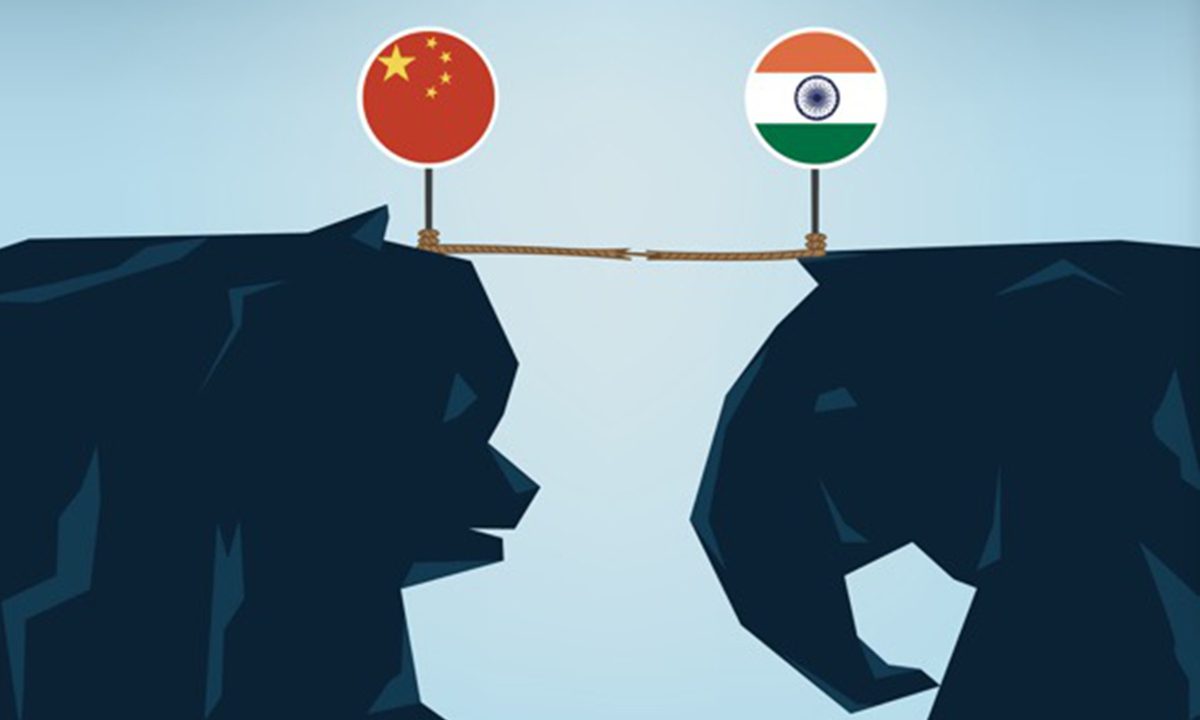
Resetting India’s public diplomacy
The text explores the concept of resetting India's public diplomacy, offering insights and recommendations for enhancing India's global engagement and soft power projection in the contemporary geopolitical landscape.
Preventive Diplomacy in Southeast Asia: Redefining the ASEAN Way
Preventive Diplomacy in Southeast Asia: Redefining the ASEAN Way" discusses how ASEAN can enhance preventive diplomacy to address conflicts and maintain stability in the region. It emphasizes the need for early intervention, building trust among member states, and utilizing a regional approach to prevent conflicts before they escalate. The author advocates for a proactive and inclusive approach to diplomacy to uphold peace and security in Southeast Asia.
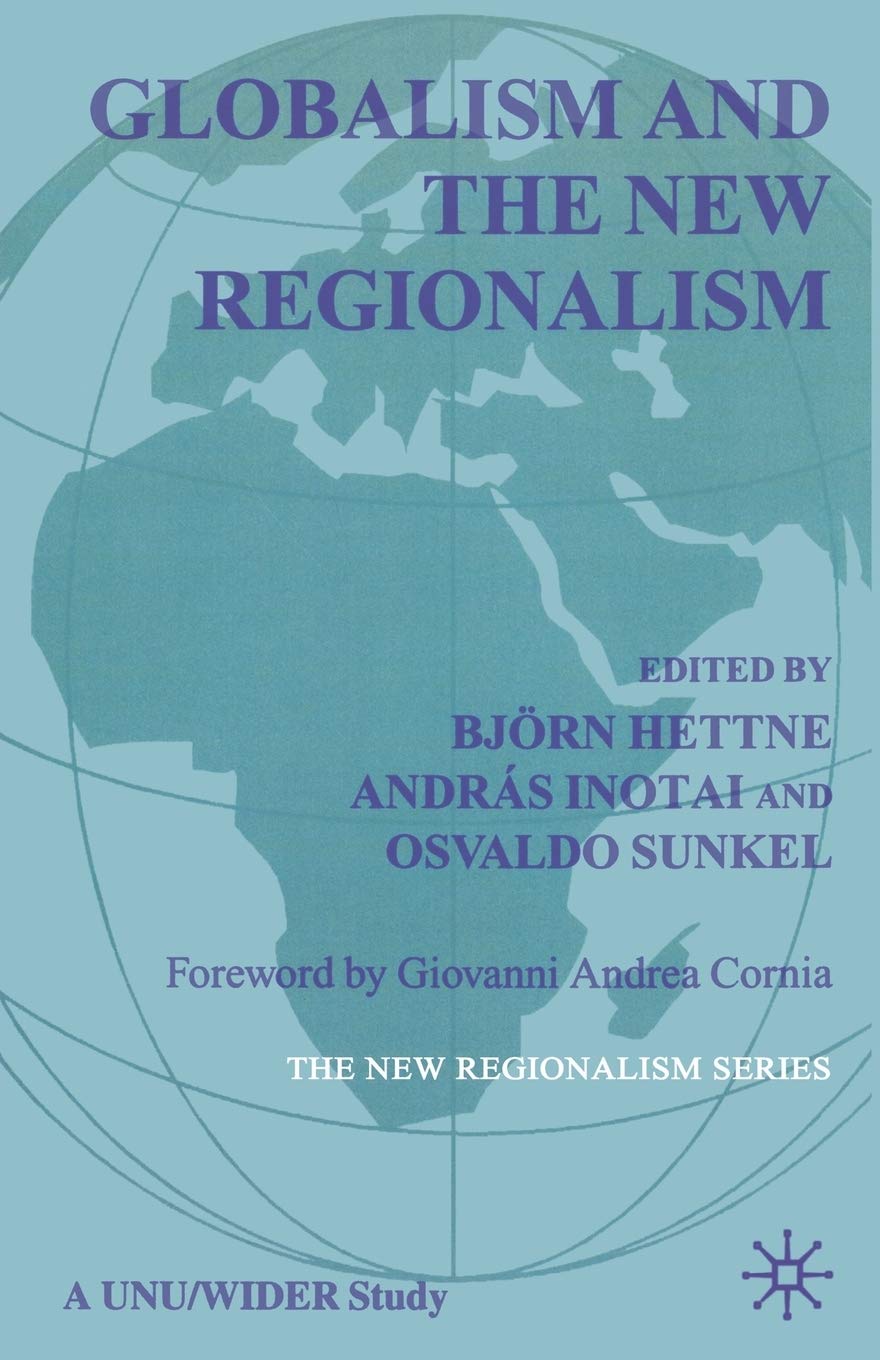
Globalism and the New Regionalism
The text discusses the impact of globalism on the new regionalism trend, emphasizing how regions are increasingly important economically, politically, and culturally in the global landscape. The author explores how global interconnectedness has led to a rise in regional cooperation and integration as a response to globalization, highlighting the various ways in which regions are shaping international relations and global governance.
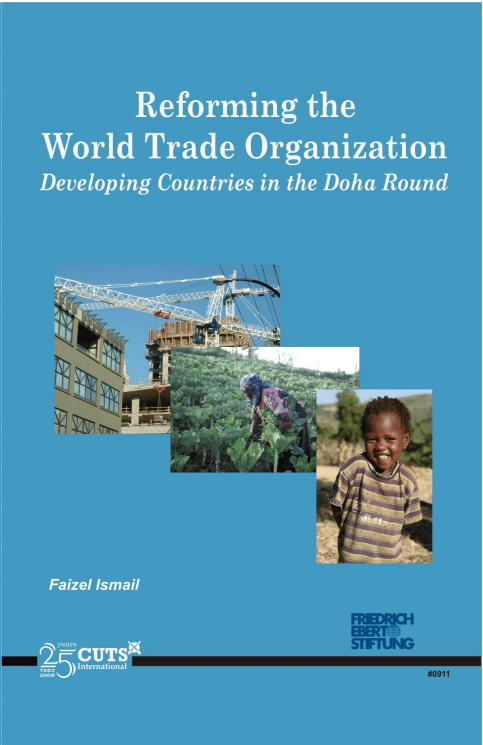
Reforming the World Trade Organisation: Developing Countries in the Doha Round
In tne text, the focus is on the necessity of reforming the World Trade Organisation to better support developing countries participating in the Doha Round negotiations. Key points likely include addressing imbalances in trade rules, improving access to markets, and ensuring fair treatment for developing nations in the global trade arena.
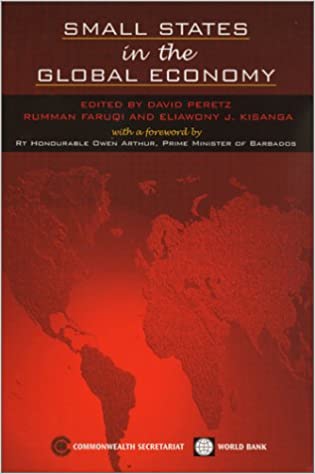
Small States in the Global Economy
The book, born out of the Commonwealth Secretariat/World Bank Joint Task Force on Small States, presents recommendations aimed at addressing the vulnerability of small states, advocating for broader recognition of their challenges.

European Infopolitik: Developing EU Public Diplomacy Strategy
The text discusses the strategic approach of European Infopolitik in developing a public diplomacy strategy for the EU.
The Global Health System: Actors, Norms, and Expectations in Transition
The global health system is undergoing significant changes as various actors, norms, and expectations are in transition.

Historical rhetoric and diplomacy – An uneasy cohabitation
Part of Language and Diplomacy (2001): Drazen Pehar writes about historical rhetoric; specifically the historical analogies used by diplomats and politicians to strengthen their arguments and convince others of their views. Using numerous historical and current examples, especially from the Balkans region, Pehar explains why historical analogies are used. He examines the role historical analogies often play in worsening relations between nations and bringing about conflict.

Conditionality in development aid policy
The text discusses the importance of conditionality in development aid policy.
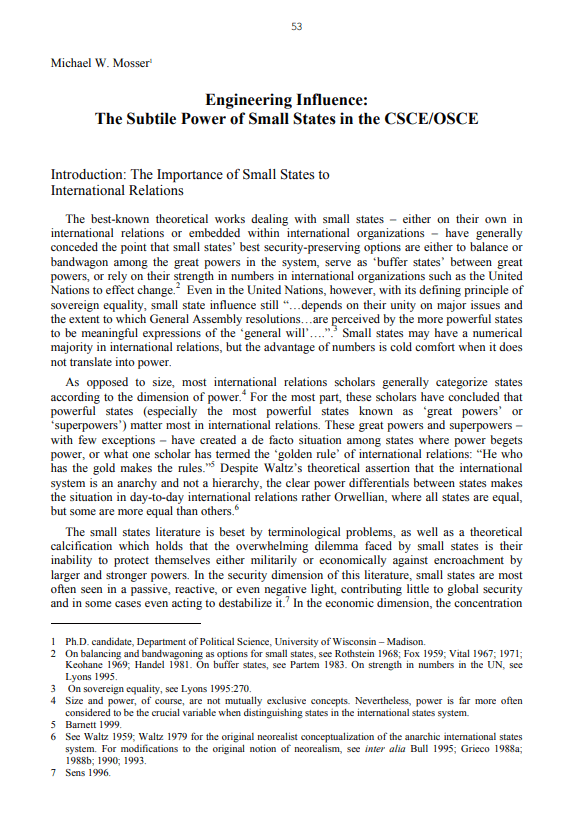
Engineering Influence: The Subtile Power of Small States in the CSCE/OSCE
The text discusses the significant impact small states have within the CSCE/OSCE through their diplomatic strategies and ability to shape agendas and outcomes.

Stakeholderism in African Internet Governance: the Case of the .africa gTLD
In 2012, ICANN announced plans to delegate over 1000 new generic top level domain names, one of which was the long awaited .africa.
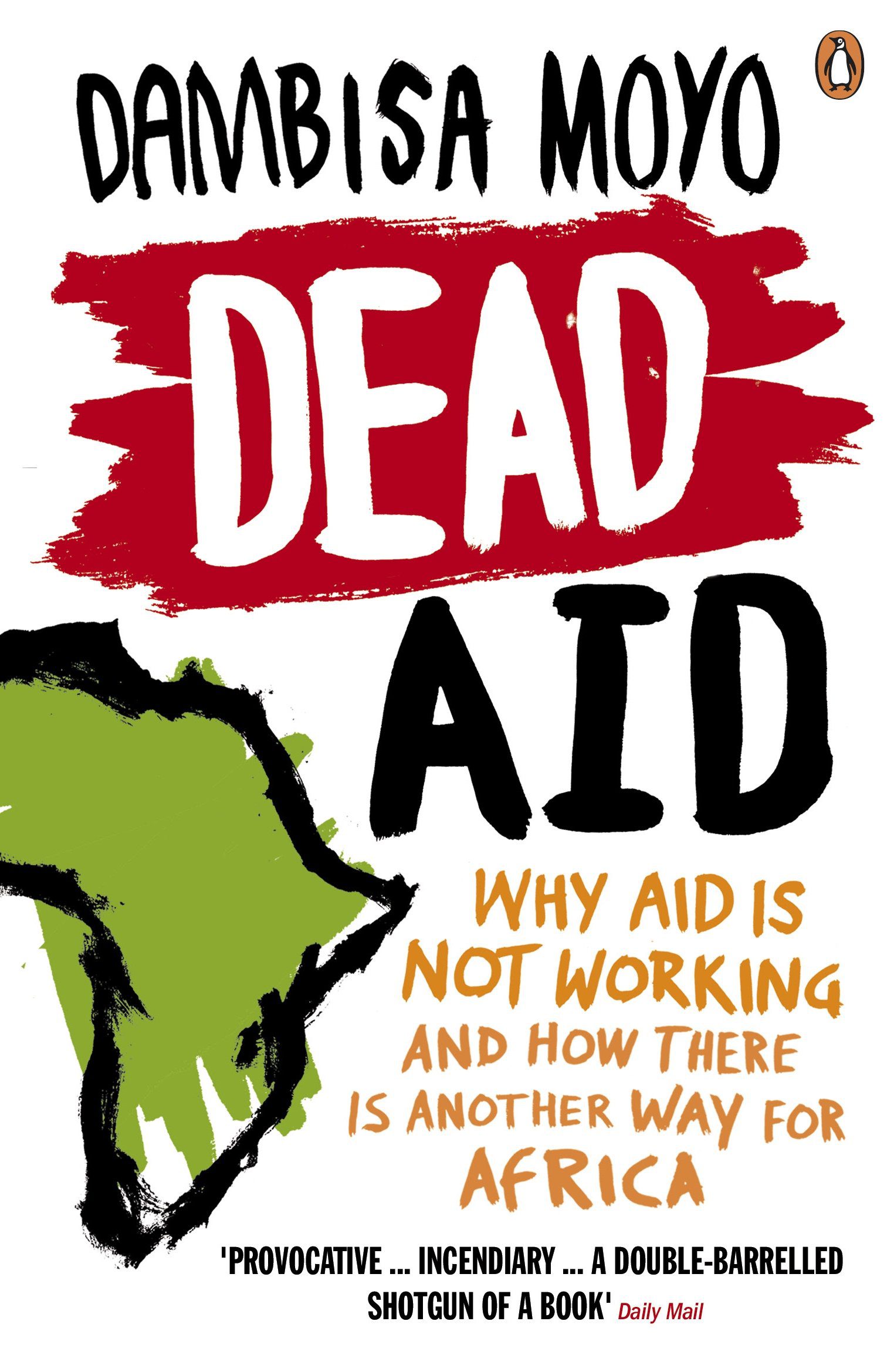
Dead Aid: Why Aid is Not Working and How There is a Better Way for Africa
The book "Dead Aid: Why Aid is Not Working and How There is a Better Way for Africa" argues that traditional aid to Africa is ineffective and harmful. It claims that aid perpetuates poverty by fostering corruption and dependency instead of promoting sustainable economic growth. The author advocates for alternative solutions such as investment and trade to create long-term prosperity in Africa, emphasizing the need for African countries to take control of their own development.
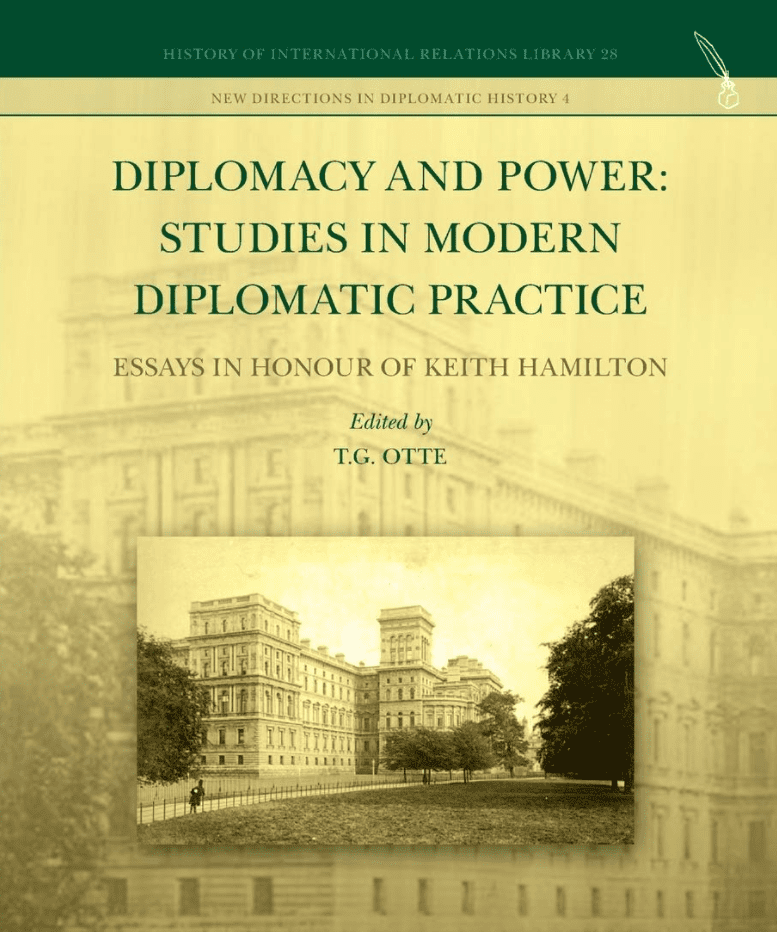
A kind of diplomatic incantation: Exchanging British and Japanese diplomats in the Second World War
The content discusses how British and Japanese diplomats were exchanged during World War II in a diplomatic ritual that followed strict protocols to ensure the safety and respect of both parties.
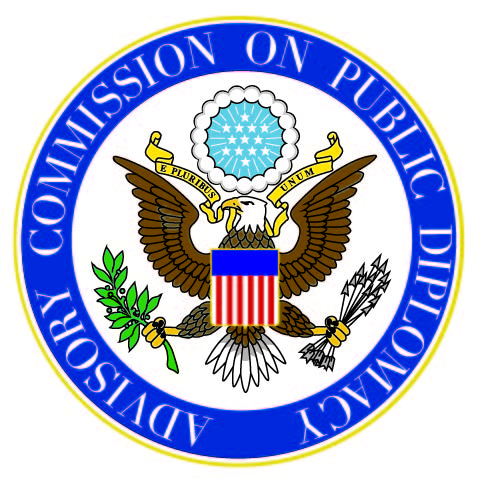
Data-driven Public Diplomacy: Progress Towards Measuring the Impact of Public Diplomacy and International Broadcasting Activities
The text discusses the progress made in measuring the impact of public diplomacy and international broadcasting activities.
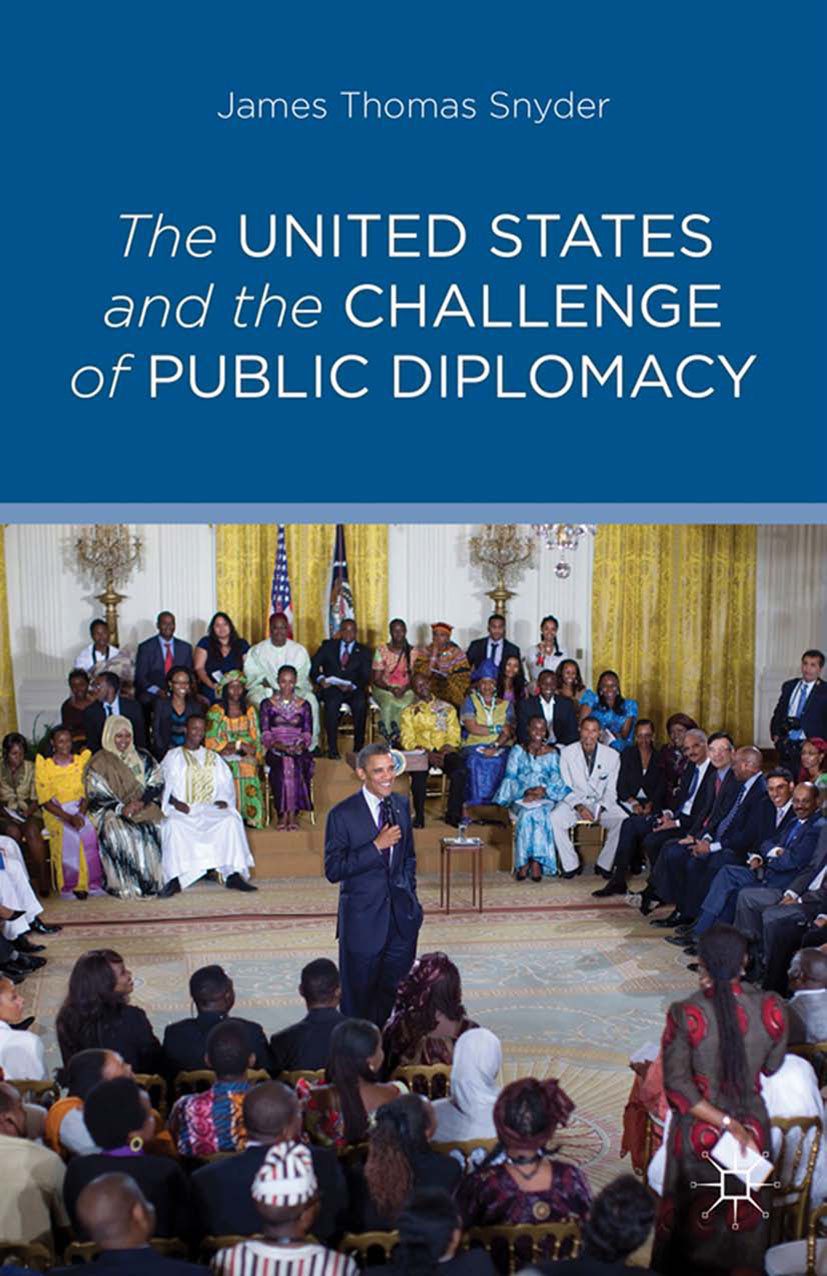
The United States and the Challenge of Public Diplomacy
The United States faces challenges in public diplomacy, influencing global perception, and understanding the perceptions of various audiences, necessitating a strategic and comprehensive approach to communication.
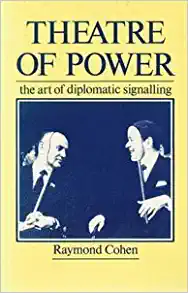
Theatre of Power: The Art of Signaling
Theatre of Power: The Art of Signaling discusses how strategic signaling plays a vital role in navigating power dynamics. Leaders can use various techniques to convey strength and influence, such as body language, attire, and other symbols. Mastering the art of signaling can help individuals assert dominance and command respect in various settings.
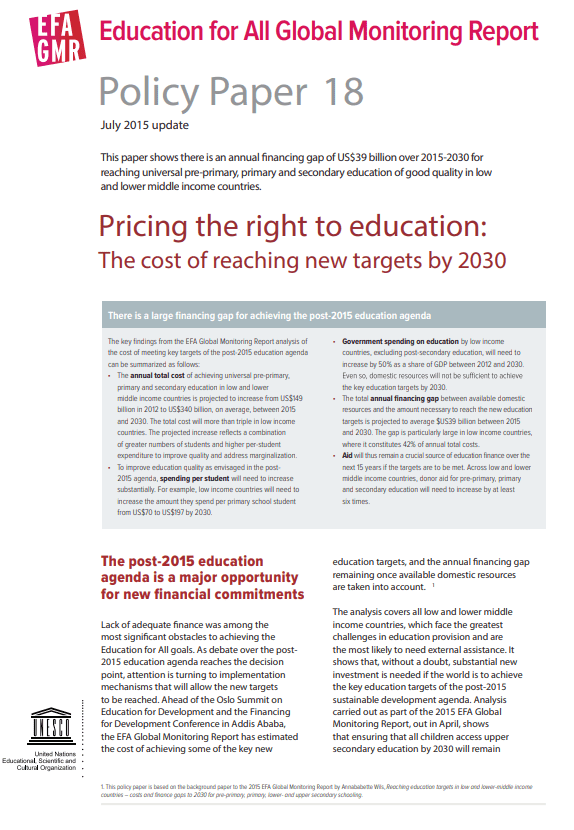
Pricing the right to education: The cost of reaching new targets by 2030
This paper shows there is an annual nancing gap of US$39 billion over 2015-2030 for reaching universal pre-primary, primary and secondary education of good quality in low and lower middle income countries.

Climate change, small island developing states
The message highlights the vulnerability of small island developing states to the impacts of climate change. These countries face challenges such as rising sea levels, extreme weather events, and loss of biodiversity. Urgent action is needed to address these issues and support these vulnerable nations in adapting to and mitigating the effects of climate change.
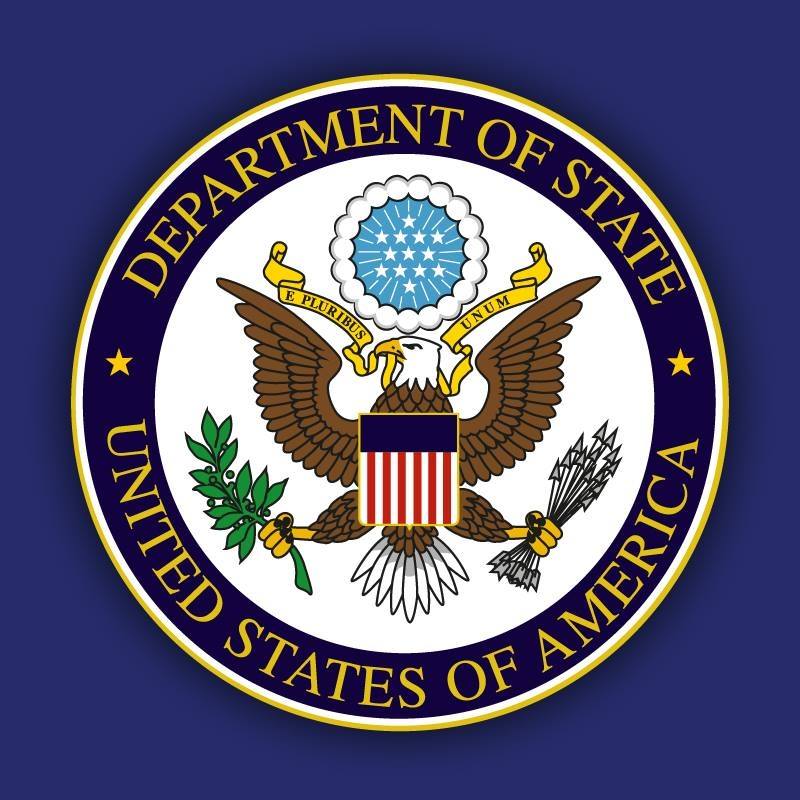
U.S. National Strategy for Public Diplomacy and Strategic Communication
The U.S. National Strategy for Public Diplomacy and Strategic Communication aims to enhance America's image and leadership globally through effective communication strategies and engagement with international audiences. It emphasizes the importance of promoting democratic principles, countering misinformation, and building strong partnerships to advance U.S. interests and values. By leveraging technology, cultural exchanges, and targeted messaging, the strategy seeks to foster mutual understanding and trust with foreign populations while advancing national security goals.

Message on Switzerland’s International Cooperation in 2013-2016
The text discusses Switzerland's international cooperation activities from 2013 to 2016.
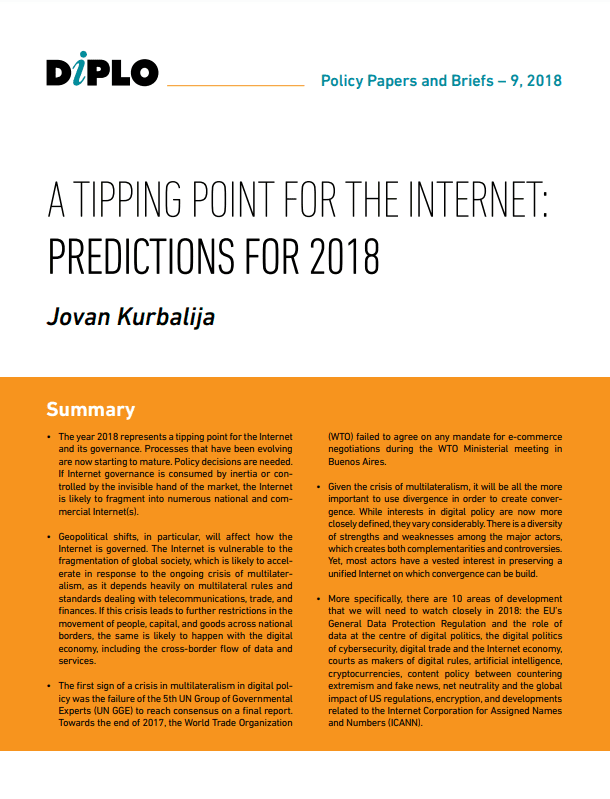
A Tipping Point for the Internet: Predictions for 2018 (Briefing Paper #9)
The briefing paper discusses various predictions for the internet in 2018, focusing on key trends and developments that will shape the digital landscape. Key areas include the rising importance of cybersecurity, the impact of artificial intelligence on online platforms, growing concerns over data privacy, increased regulation of tech giants, and the potential for blockchain technology to revolutionize various industries. These trends are expected to drive significant changes in how we use and interact with the internet in the coming year.
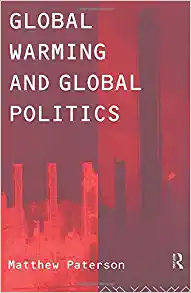
Global Warming and Global Politics
Global warming is a pressing issue with far-reaching consequences. It is crucial that global politics address this problem collaboratively, as it affects all nations and requires collective action. The impact of climate change is evident worldwide, and political leaders must prioritize sustainability and environmental protection in their policies. Cooperation on a global scale is necessary to combat the effects of global warming and ensure a sustainable future for all. Political decisions and policies have a significant impact on the environment, and it is essential for leaders to prioritize t...

What are the priorities for small states in the international system?
There is no evidence that the vigorous political action needed to implement the recommendations of previous reports on the vulnerability of small states in the Commonwealth will be forthcoming in the near future. In matters of security, economics and particularly the environment, the collective interests of small states do not appear to have been recognized in the international community. Major donors find dealing with small individual demands from multiple small states difficult, but a regional approach simplifies matters and should be the primary area of concern. The Vulnerability Index prov...
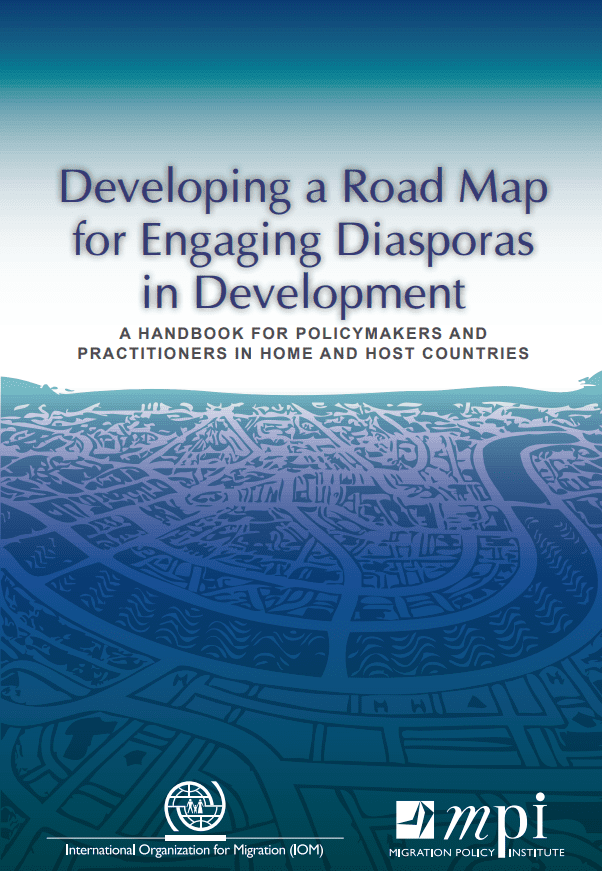
Developing a Road Map for Engaging Diasporas in Development
Governments of countries of migrant origin and migrant destination recognize the value that diaspora populations may bring to development efforts in their countries of origin. The Global Forum on Migration and Development has, since its first meeting in 2007, looked for ways to highlight the kinds of policies and programs that can magnify the resources, both human and financial, that emigrants and their descendants contribute to development. This handbook continues that effort on the basis of earlier investigations by the collaborating institutions, the academic and policy literature, ...
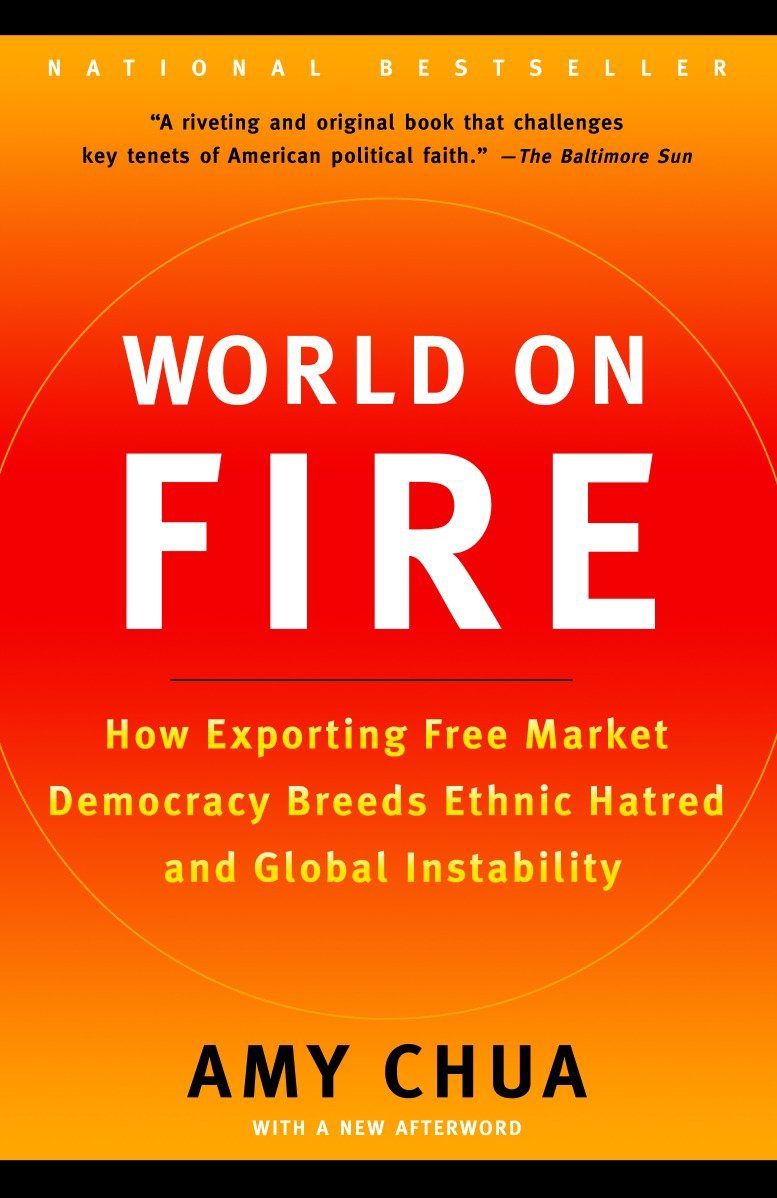
World on Fire: How Exporting Free-Market Democracy Breeds Ethnic Hatred and Global Instability
Markets only function optimally when there is perfect information. Joseph Stiglitz received the Nobel Prize in economics for proving that when there are asymmetries of information markets fail. Information economics, with its better analyses of labour, capital, and product markets, enables the construction of macroeconomic models that provide deeper insights into unemployment, recessions and depressions, and other problems that have marked capitalism since its beginnings.

Contemporary Diplomacy: Representation and Communication in a Globalized World
The text discusses how diplomacy has evolved in the present globalized world, focusing on representation and communication.

Internet governance (IG) as a diplomatic priority
This dissertation demonstrates that IG is a significant, emerging diplomatic process that should be studied and addressed seriously by diplomats to prepare them to manage the implications it has for future impact on global governance of the Internet.

Multilateral Conferences: Purposeful International Negotiation
Ron Walker was a member of the Australian diplomatic service for 37 years, for the last 22 of which (1975-96) he specialized in multilateral diplomacy. His book on this subject is not an academic book. Instead he has done for multilateral diplomacy what Kishan Rana has done for bilateral diplomacy, namely, provided on the basis of long and wide experience, much at a senior level, a splendid handbook of practical advice for the novice.

Information and communications technologies for development
The text discusses the role of information and communications technologies (ICTs) in development.

The New Public Diplomacy: Soft Power in International Relations
"The New Public Diplomacy: Soft Power in International Relations" is a thought-provoking and insightful book that delves into the realm of public diplomacy and its significance in the context of modern international relations. Authored by Jan Melissen, a renowned scholar in the field, this book offers a comprehensive analysis of the evolving nature of diplomacy and the growing importance of soft power.

Economic Diplomacy: India’s experience
Kishan Rana is a widely published former Indian ambassador and Bipul Chatterjee, his co-editor, is the deputy executive director of the Indian NGO, and CUTS International is the the publisher of this book. Both editors are also trained economists. Their volume consists of 25 chapters, all except three written by serving or former members of the Indian Foreign Service. The chapters are divided into five parts, the titles of three of which clearly indicate the broad meaning given by the editors to the term economic diplomacy: ‘Export promotion’; ‘Investment and economic aid’; and ‘Mana...

Multistakeholder diplomacy: Forms, functions, and frustrations
In the first part of the book, Brian Hocking, suggests the importance of seeing diplomacy in a context broader than that of the state system with which it is often associated. Hocking also explains how problems of interpretation and understanding, applicable to MSD as it is to other models, result from evolving patterns of diplomacy. Hocking also suggests that it is possible to recognise the intersection of two diplomatic cultures overlaying and informing one another, whose coexistence generates, simultaneously, creative and negative tensions.
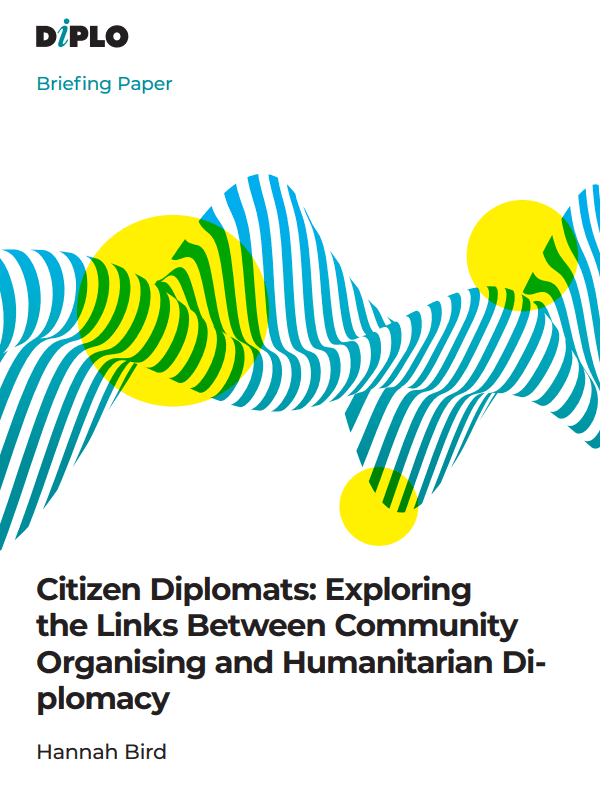
Citizen Diplomats: Exploring the Links Between Community Organising and Humanitarian Diplomacy
In this briefing paper, Hannah Bird explores the links between community organising and humanitarian diplomacy by drawing on the concepts and methods of community organising.

Public diplomacy and nation brand
In a time where interaction with citizens is the key to diplomatic success, Morocco still lags behind other small states and does not yet pursue efficient strategies of public diplomacy and nation brand.
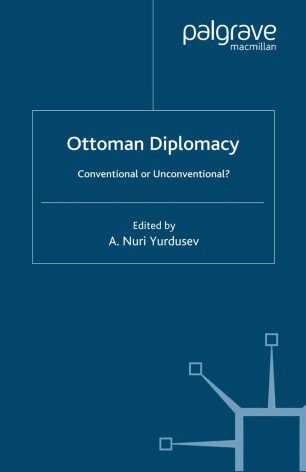
Diplomatic integration with Europe before Selim III
The text explores the historical dynamics and mechanisms of diplomatic integration between European powers and the Ottoman Empire before the era of Selim III, examining the factors, strategies, and challenges involved in this complex process of diplomatic engagement and interaction.

Small States at the United Nations
The proliferation of small states in the past few decades has brought small and larger states on the same playing field. Their increase in number triggered a wave of studies, raised concern by 'realists' and some powerful states, and led to an affirmation that at the United Nations, all states are equal, regardless of size.
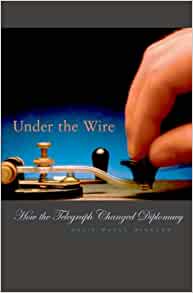
Under the Wire: How the Telegraph Changed Diplomacy
Review by Geoff Berridge
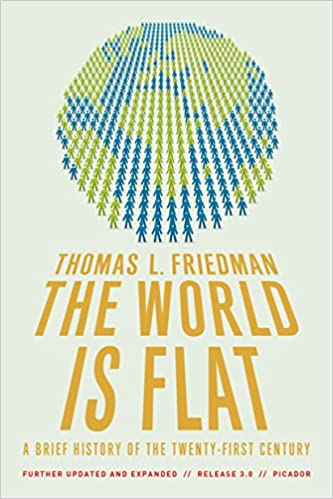
The World Is Flat 3.0: A Brief History of the Twenty-first Century
One mark of a great book is that it makes you see things in a new way, and Mr. Friedman certainly succeeds in that goal," the Nobel laureate Joseph E. Stiglitz wrote in The New York Times reviewing The World Is Flat in 2005. In this new edition, Thomas L. Friedman includes fresh stories and insights to help us understand the flattening of the world. Weaving new information into his overall thesis, and answering the questions he has been most frequently asked by parents across the country, this third edition also includes two new chapters--on how to be a political activist and social entreprene...
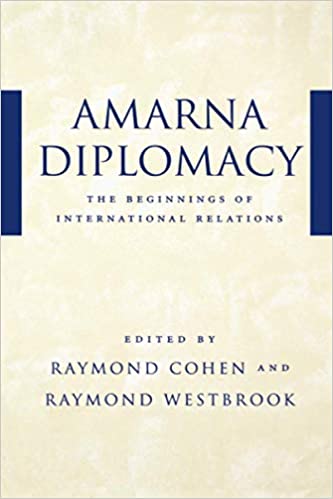
Amarna Diplomacy: The Beginnings of International Relations
The text discusses the emergence of diplomatic relationships during the Amarna period, highlighting how this era marked the start of international relations.
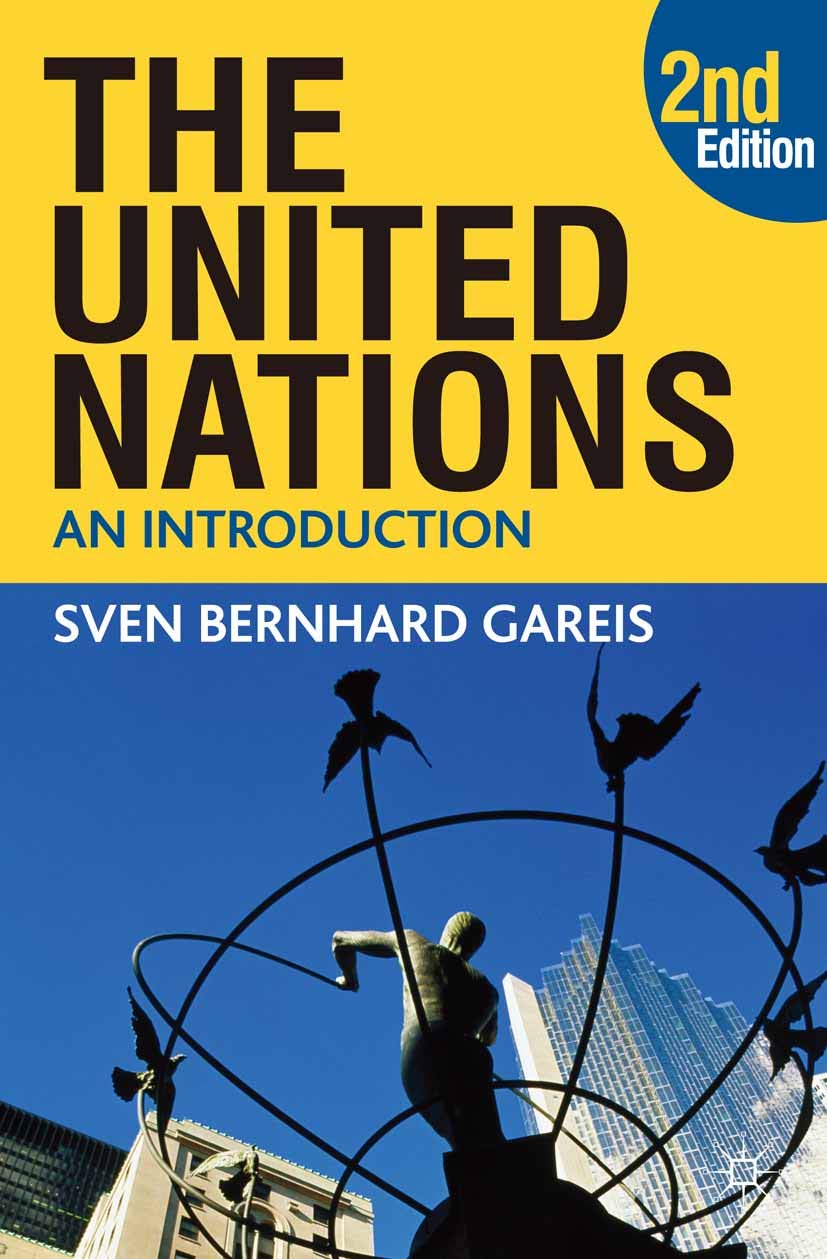
The United Nations: An Introduction
The United Nations is an international organization aiming to promote peace, cooperation, and sustainable development among nations through diplomacy, dialogue, and collaboration. Its key bodies include the General Assembly, Security Council, and specialized agencies like the World Health Organization and UNICEF. By providing a platform for member states to address global challenges together, the UN plays a vital role in fostering international relations and addressing issues such as human rights, climate change, and armed conflicts.
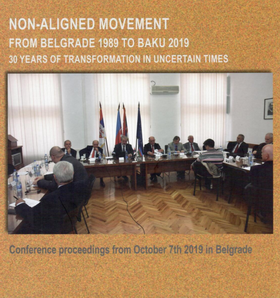
The ‘Working’ Non-Aligned Movement: Between Belgrade, Cairo, and Baku – The NAM’s Leadership Visibility
The objective of this chapter is to highlight lessons learned, promote best practices, and carry takeaways that are useful for other levels of the Non-Aligned Movement (NAM), or even other forums.
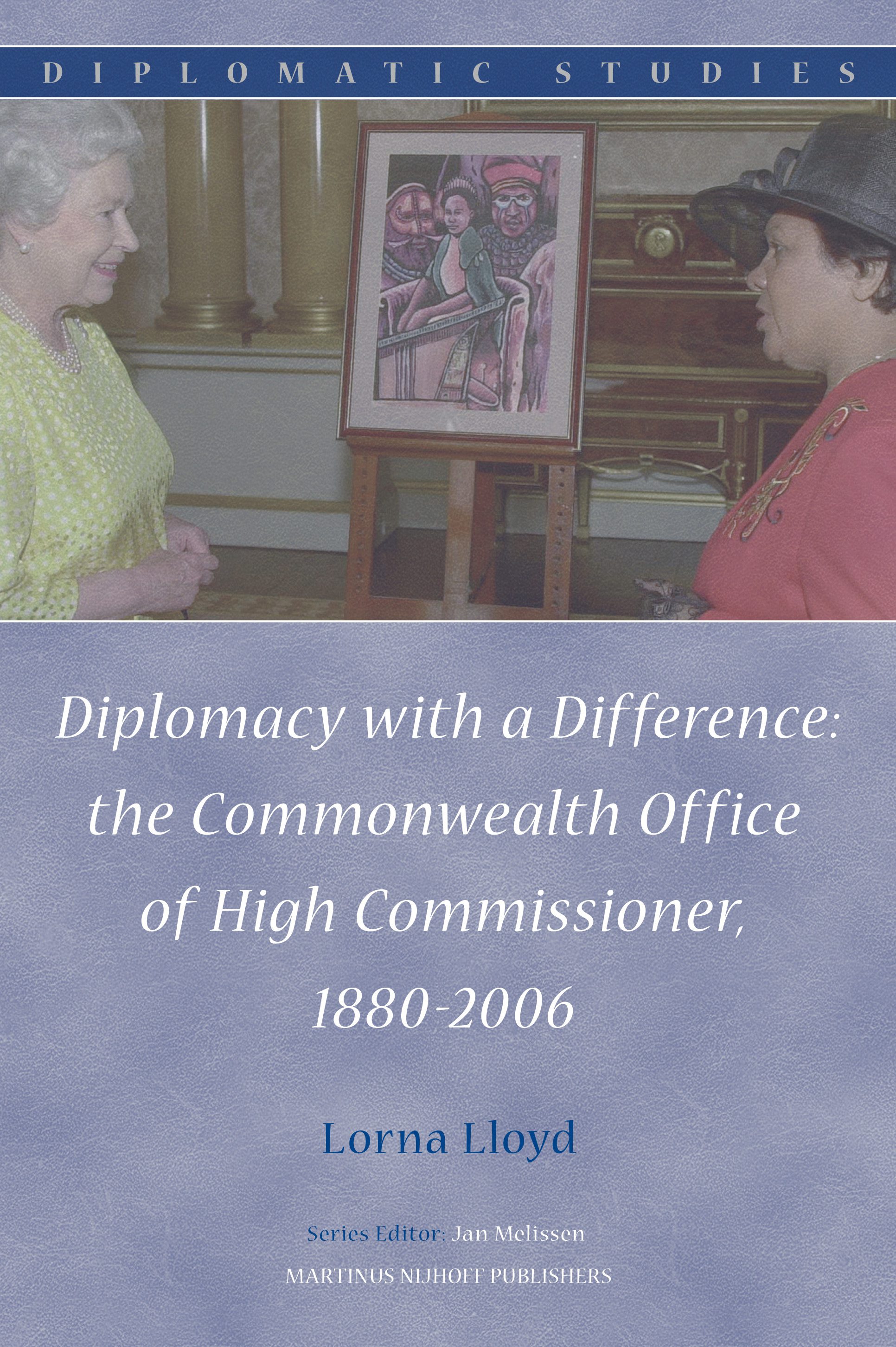
Diplomacy with a Difference: The Commonwealth Office of High Commissioner, 1880-2006
In writing her history of the origins and evolution of the office of high commissioner, Dr Lloyd, who is a Senior Lecturer in International Relations at Keele University, has drawn on a vast range of sources. She has sifted through archives of public and private papers not just in Britain but in Ireland, Canada, and South Africa; and she has conducted many interviews and much correspondence with former high commissioners.

Science diplomacy capacity development
Diplo has a track record of more than 20 years of capacity development in diplomacy. Given the increasing relevance of science diplomacy, expanding our program to include aspects of its theory and practice felt like an organic development. We offered our ten-week Science Diplomacy course for the first time in October 2021.
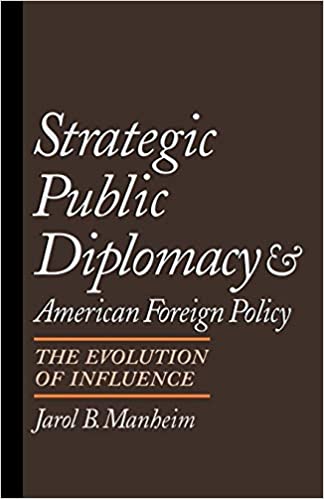
Strategic Public Diplomacy: The Evolution of Influence
Strategic Public Diplomacy: The Evolution of Influence" explores the development of public diplomacy strategies, focusing on their impact and evolution over time.
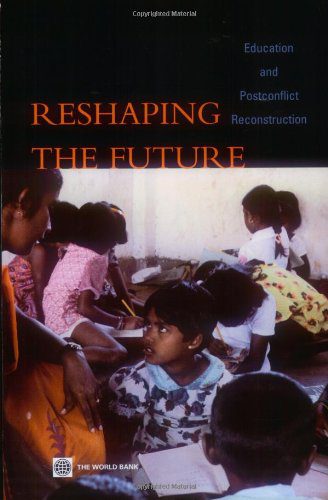
Reshaping the Future: Education and Postconflict Reconstruction
The text explores the vital role of education in post-conflict reconstruction efforts, highlighting its transformative potential in reshaping societies and fostering sustainable peace and development.

Diaspora Diplomacy: A Case Study of Uganda
International migration in the 21st Century is attracting a lot of attention of policy makers due to its global impact and increasing linkages to development in an era of increased cooperation and interdependence between countries.
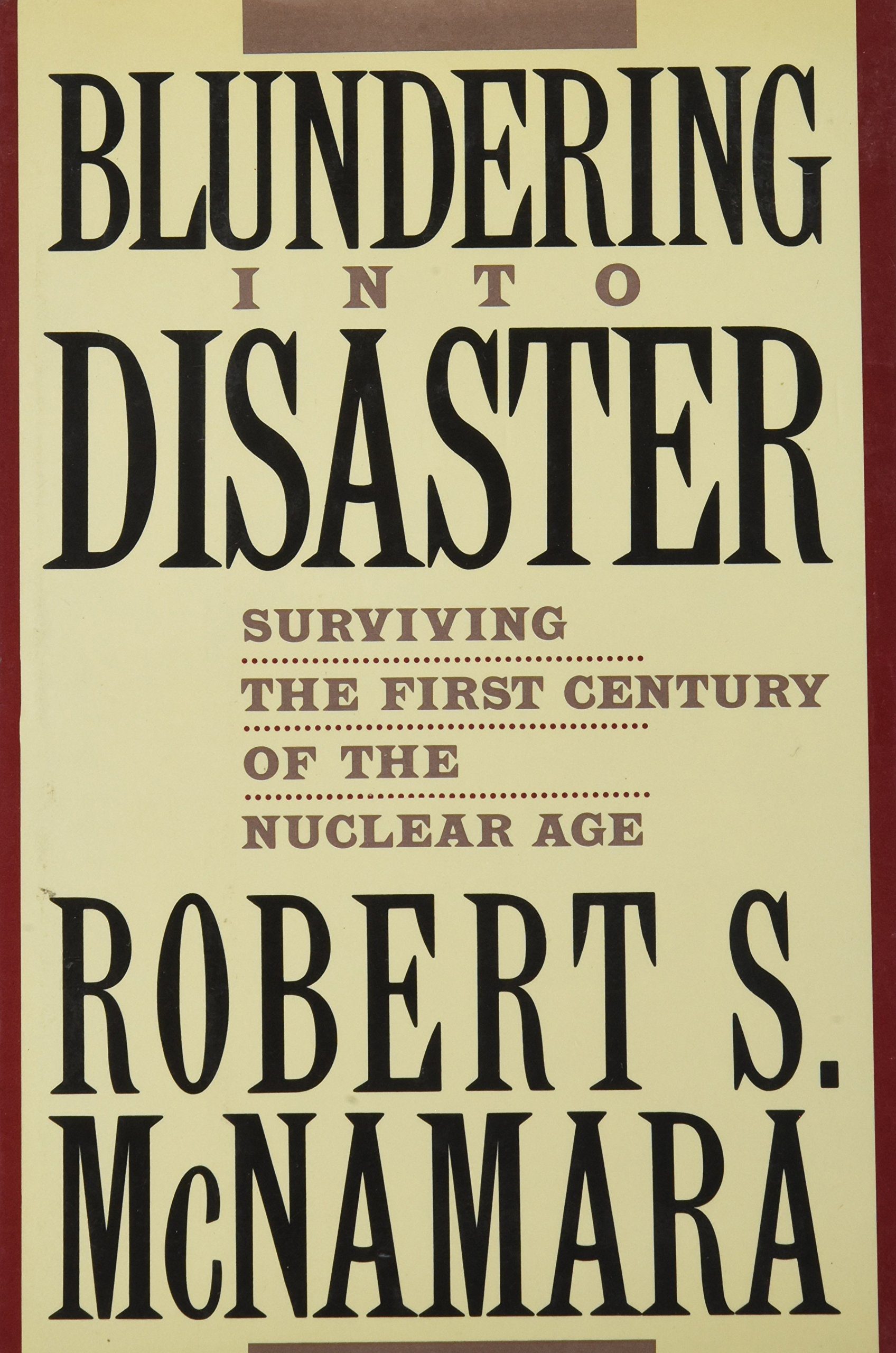
Blundering Into Disaster: Surviving the First Century of the Nuclear Age
Blundering Into Disaster: Surviving the First Century of the Nuclear Age" discusses the history of nuclear weapons, their impact on global politics, and the potential threats they pose to humanity. The book explores past nuclear incidents and the dangers of accidental nuclear conflict, emphasizing the need for responsible decision-making to prevent catastrophic outcomes.
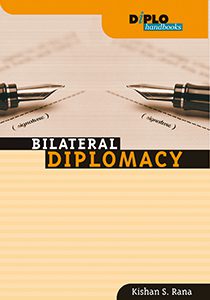
Bilateral Diplomacy
Bilateral Diplomacy is the first of the DiploHandbooks, a new series on practical diplomacy. The book breaks new ground in the role ascribed to bilateral diplomacy, and its importance in international affairs today. It also covers the de facto “empowerment” of the embassy that flows from its new responsibility for relationship management.

Oslo Summit: Financing Education in Developing Countries
The Oslo Summit focuses on financing education in developing countries to ensure access and quality education for all children.
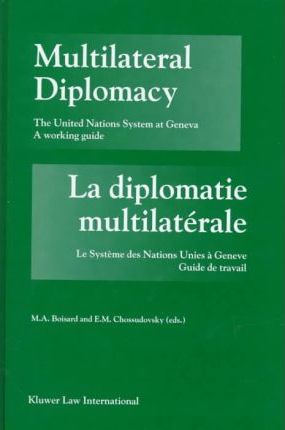
Multilateral Diplomacy: The United Nations System at Geneva: A Working Guide
The message provides guidance on the United Nations System at Geneva, focusing on multilateral diplomacy.
The birth and the existence of Lesotho: A diplomatic lesson
The dissertation will focus on the birth and present state of existence of Lesotho, as a nation state, a state inside another state, looking at how diplomacy is at the centre of all this. The research will examine the history of South Africa and the events that led to the emergence of a territory that became a chiefdom known as Basutoland (land of the Basuto/Basotho people) and, ultimately, became the kingdom of Lesotho.

Texts in diplomacy
Part of Language and Diplomacy (2001): Professor Dietrich Kappeler provides an overview of the various types of formal written documents used in diplomacy, pointing out where the practices surrounding these documents have changed in recent years. He also discusses multi-language treaties, including the difficulties of translation and interpretation.

Evaluating Public Diplomacy Programmes
The new operational environment generated by the mass media revolution and the advent of the global information society lays the ground for a generalized re-emergence of public diplomacy (PD). After having been dismantled during the 1990s, this branch of foreign policy is undergoing a redevelopment phase within the chancelleries of many states around the globe. The growing salience of public opinion and the exponential development of the new information and communication technologies predispose this diplomacy of persuasion to play an increasing role at the forefront of twenty-first century int...
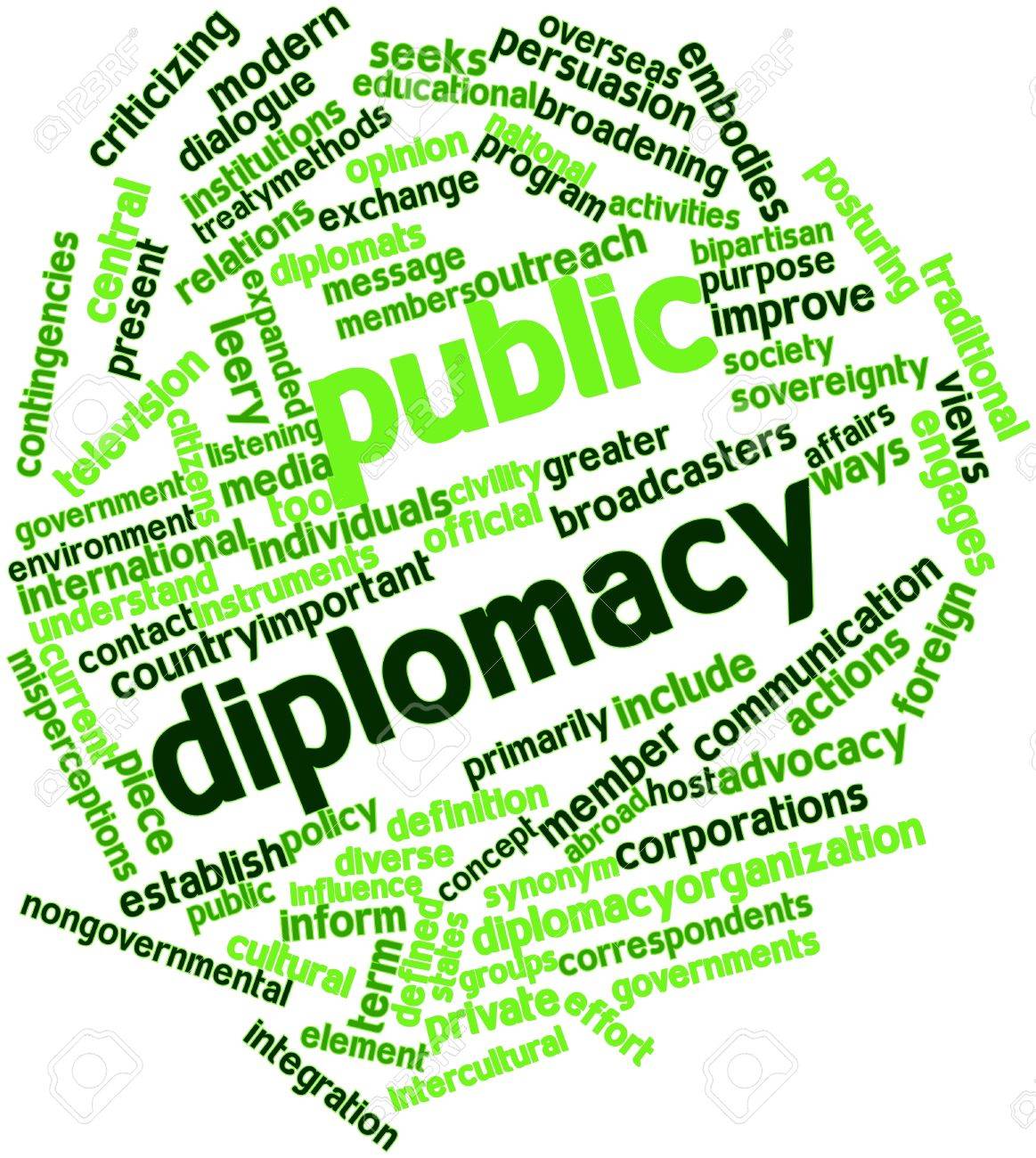
Public diplomacy: Taxonomies and histories
The text discusses public diplomacy, providing taxonomies and historical perspectives.
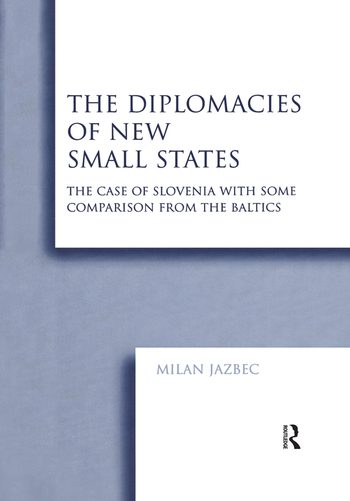
The Diplomacies of New Small States: The case of Slovenia with some comparison(s) from the Baltics
Milan Jazbec is the State Secretary at the Ministry of Defence in Slovenia responsible for his ministry’s co-operation and preparations for integration with NATO.
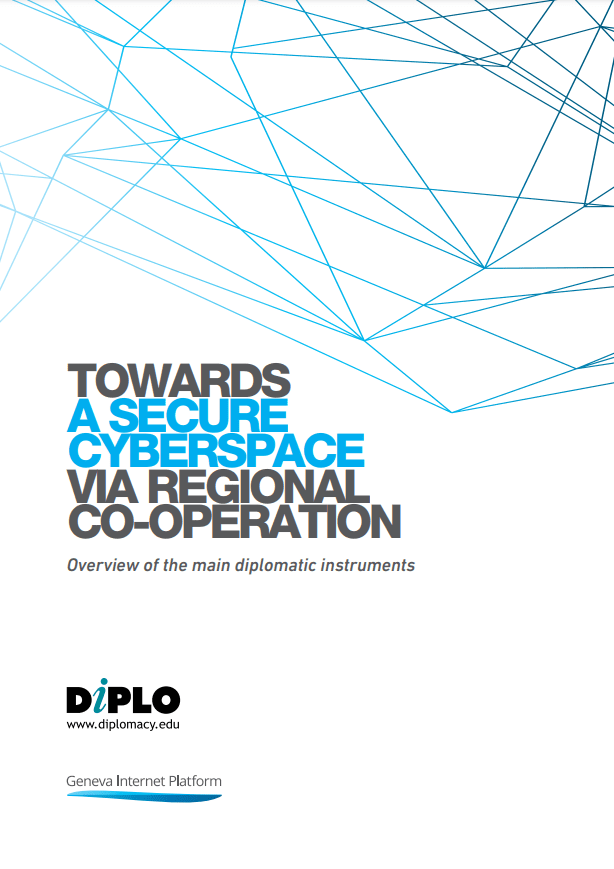
Towards a secure cyberspace via regional co-operation
The study Towards a secure cyberspace via regional co-operation provides an overview of the international dialogue on establishing norms of state behaviour and confidence-building measures in cyberspace.

Public Diplomacy Between Home and Abroad: Norway and Canada
The text discusses public diplomacy efforts between Norway and Canada. Both countries recognize the importance of cultural exchange, education, and communication in fostering positive international relations. Various initiatives, such as academic partnerships and cultural events, are highlighted as examples of how these nations engage in public diplomacy to strengthen their ties and promote mutual understanding.

Trends in Diplomatic Communication: A Case Study of Uganda
The aim of this research was to examine the communication trends in diplomacy with a focus on Uganda.

China and Public Diplomacy: A CPD Reader
China and Public Diplomacy: A CPD Reader provides an overview of China’s approach to public diplomacy, an examination of China’s cultural diplomacy, its nation branding during the 2010 Shanghai Expo and media depictions of China. The blogs, articles, reports and essays featured in the eBook were originally published by CPD between October 2009 and August 2012.
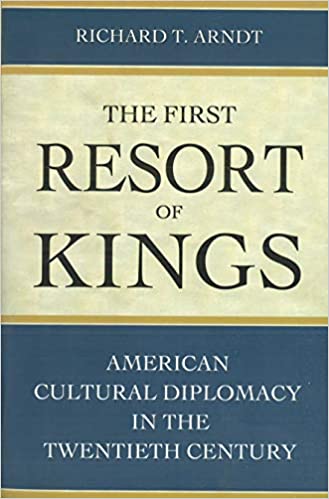
The First Resort of Kings: American cultural diplomacy in the twentieth century
The text discusses the significance of American cultural diplomacy throughout the twentieth century, highlighting its role as an essential tool for promoting American values and influence on a global scale.
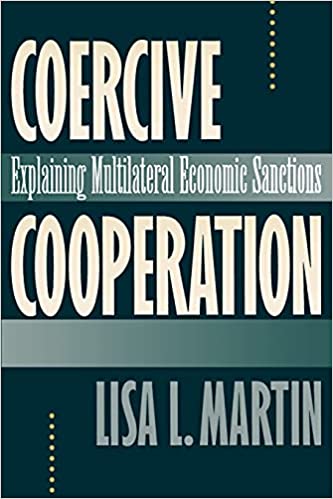
Coercive Cooperation: Explaining Multilateral Economic Sanctions
The text discusses how multilateral economic sanctions can be effective in coercing cooperation from targeted states by increasing the costs of noncompliance.

Kyoto Protocol to the United Nations Framework Convention on Climate Change
The Kyoto Protocol to the United Nations Framework Convention on Climate Change outlines international commitments to reducing greenhouse gas emissions to combat climate change.

Small States, Small Problems? Income, Growth, and Volatility in Small States
The article discusses the economic performance of small states, focusing on income, growth, and volatility trends.

Economic Partnership Agreement and it’s Effect on Lesotho’s Economy
There is a dire situation of poverty in Lesotho. This is attributable to several factors such as: poor climatic conditions, HIV and AIDS pandemic and poor Government policies.
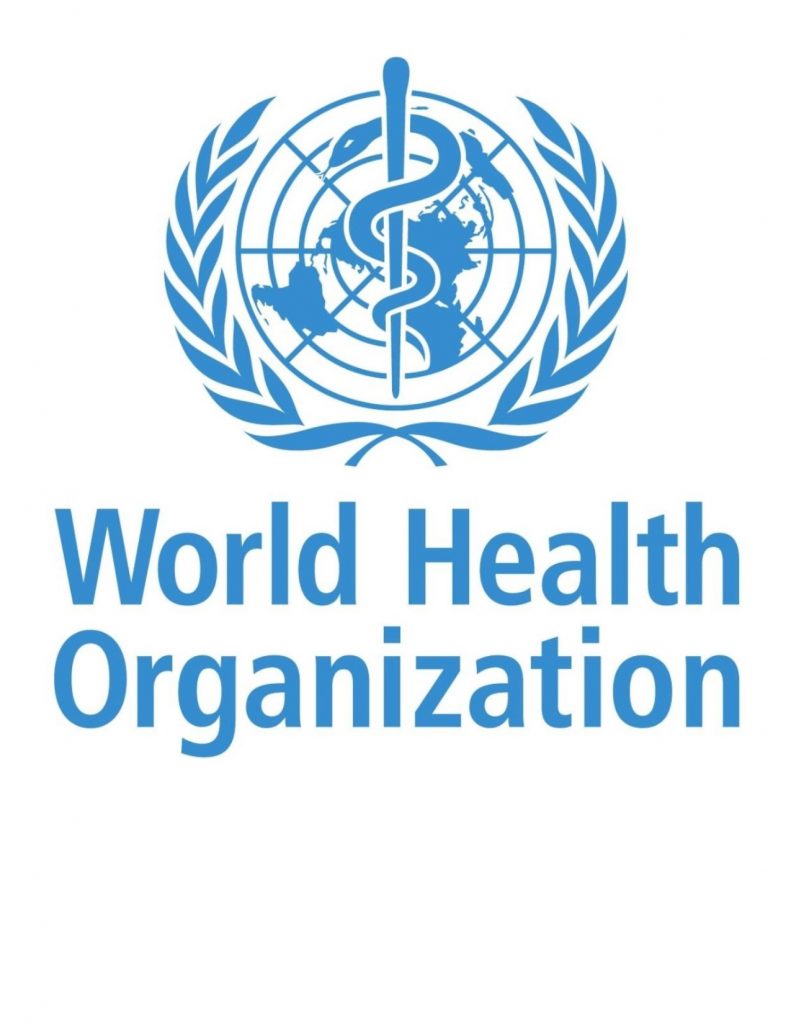
Governance fore Health in the 21st Century: A study conducted for the WHO Regional Office for Europe
The study conducted for the WHO Regional Office for Europe focuses on governance for health in the 21st century.

Understanding Humanitarian Diplomacy: Principles and Practice
This book, edited by Hafize Zehra Kavak, introduces readers to the development, principles, and philosophy of humanitarian diplomacy, before demonstrating how it works in practice, using a range of case studies from humanitarian work in the field.
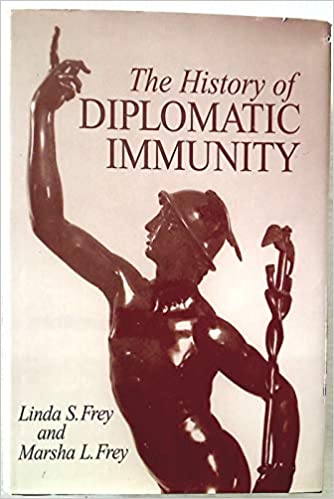
The History of Diplomatic Immunity
A thorough and extensive book on diplomatic immunity covering Western tradition, the Ottoman Empire, and the Far East. It provides a comprehensive historical overview, but its heavy reliance on examples and cases sometimes clouds key ideas. The authors occasionally overemphasize reciprocity's role in diplomatic relations, overlooking other significant factors. The book also paints a bleak picture of late 20th-century diplomacy, neglecting positive aspects like the strengthening of the international system. Despite some flaws, the reviewer recommends it to students.

Diplomatic language and translation. Case study: President Donald Trump’s rhetoric
This thesis explores the importance of diplomatic language, persuasive rhetoric and translation in international diplomacy. The hypothesis here is that diplomatic language is changing and that this change affects both our understanding and use of language and linguistic devices. In order to exemplify this trend, a case study analyses President Donald Trump’s controversial rhetoric and its translatability. The thesis provides, first, a close reading of texts that illustrate the pervasive power of a politician’s style, rhetoric and persuasiveness. Second, it considers the translation challen...

The role of knowledge in the cyber-age of globalisation
In his paper, Richard Falk reflects on the application of information technology on diplomacy, and discusses the challenge of converting information technology to ‘knowledge technology’, and subsequently to ‘wisdom technology’. Yet, the ‘crossroads in human experience’ brings many challenges and dangers which the author analyses.
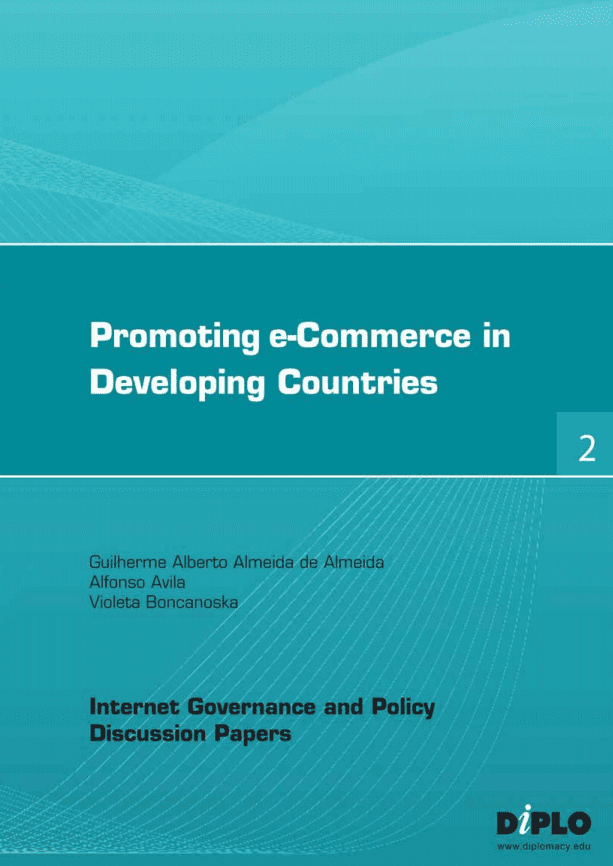
Promoting e-Commerce in developing countries
This study examines the advantages and possibilities for the use of digital signatures to carry out electronic transactions. It focuses on developing and transition countries that have not fully implemented the use of digital signatures in their economic, commercial and productive processes. An important aim of this research is to create awareness on the likely effects for enforcing the use of digital signatures to carry out e-commerce transactions on the economies of developing and transition countries. The study also proposes key issues to be considered for policy-makers in countries in orde...
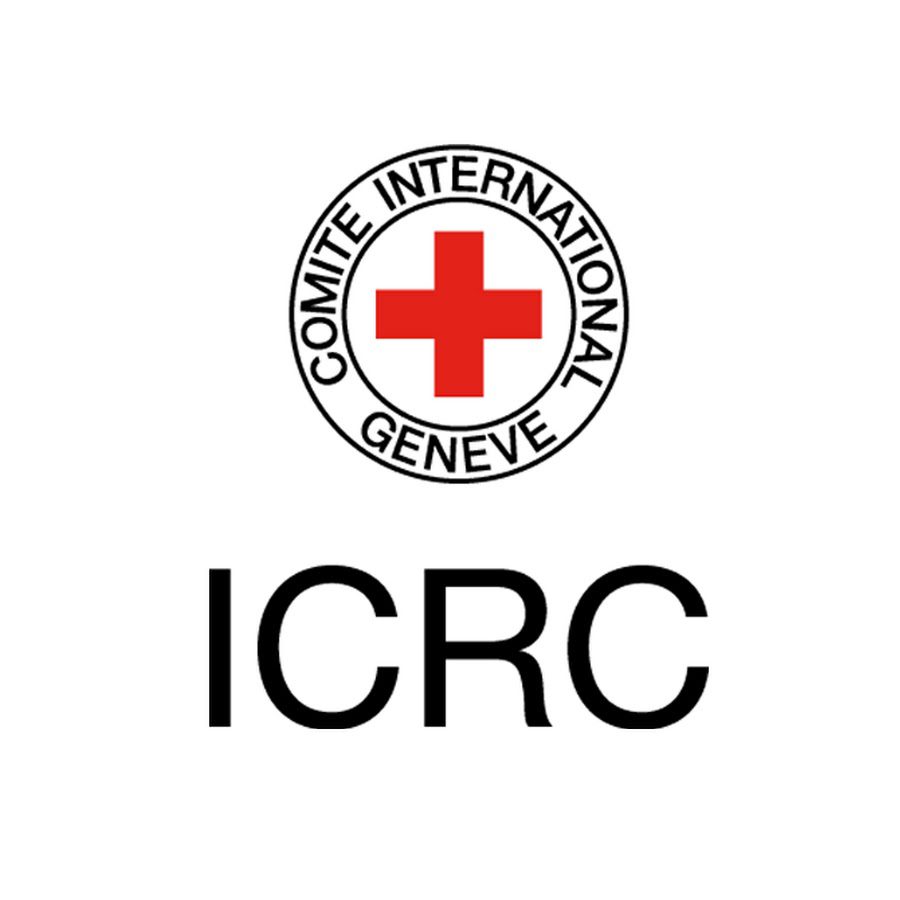
Humanitarian diplomacy
The message highlights the importance of humanitarian diplomacy as a critical tool in addressing global challenges and promoting humanitarian efforts worldwide.

Trends and Progress in International Cooperation: Report of the Secretary-General
The report discusses the current state and trends in international cooperation.
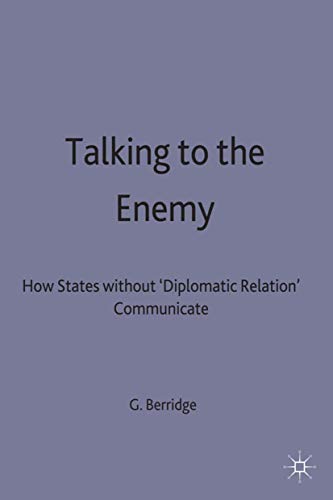
Talking to the Enemy: How states without ‘diplomatic relations’ communicate
‘This is an elegant little monograph on what Churchill once called ‘black-market diplomacy, that is, communication between states that, for one reason or another, for example, war, strained relations or non-recognition, lack the normal methods of diplomatic converse… This is illuminating work in an uncultivated field’, Percy Cradock, Prime Minister’s Foreign Policy Adviser, 1984-92, International Relations.
Global health diplomacy: The need for new perspectives, strategic approaches and skills in global health
The text discusses the importance of new perspectives, strategic approaches, and skills in global health diplomacy to address global health challenges effectively.
The Diplomacy of Small States
The text discusses the unique diplomatic strategies employed by small states to navigate international relations successfully.
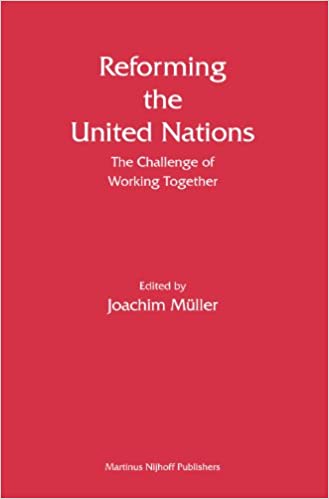
Reforming the United Nations: The Challenge of Working Together
Reforming the United Nations: The Challenge of Working Together" discusses the complexities of reforming the United Nations to enhance its effectiveness. It emphasizes the importance of collaboration and cooperation among member states to address global challenges and make the organization more responsive to current needs. The article highlights the need for transparency, accountability, and flexibility in the reform process to ensure the United Nations remains a relevant and impactful international institution.

Enyclopedia of International Development
The Encyclopedia of International Development is a comprehensive resource that covers a wide range of topics related to development, including theories, practices, actors, and key issues. It offers insights from various disciplines and perspectives, making it an invaluable tool for researchers, policymakers, and practitioners in the field of international development.
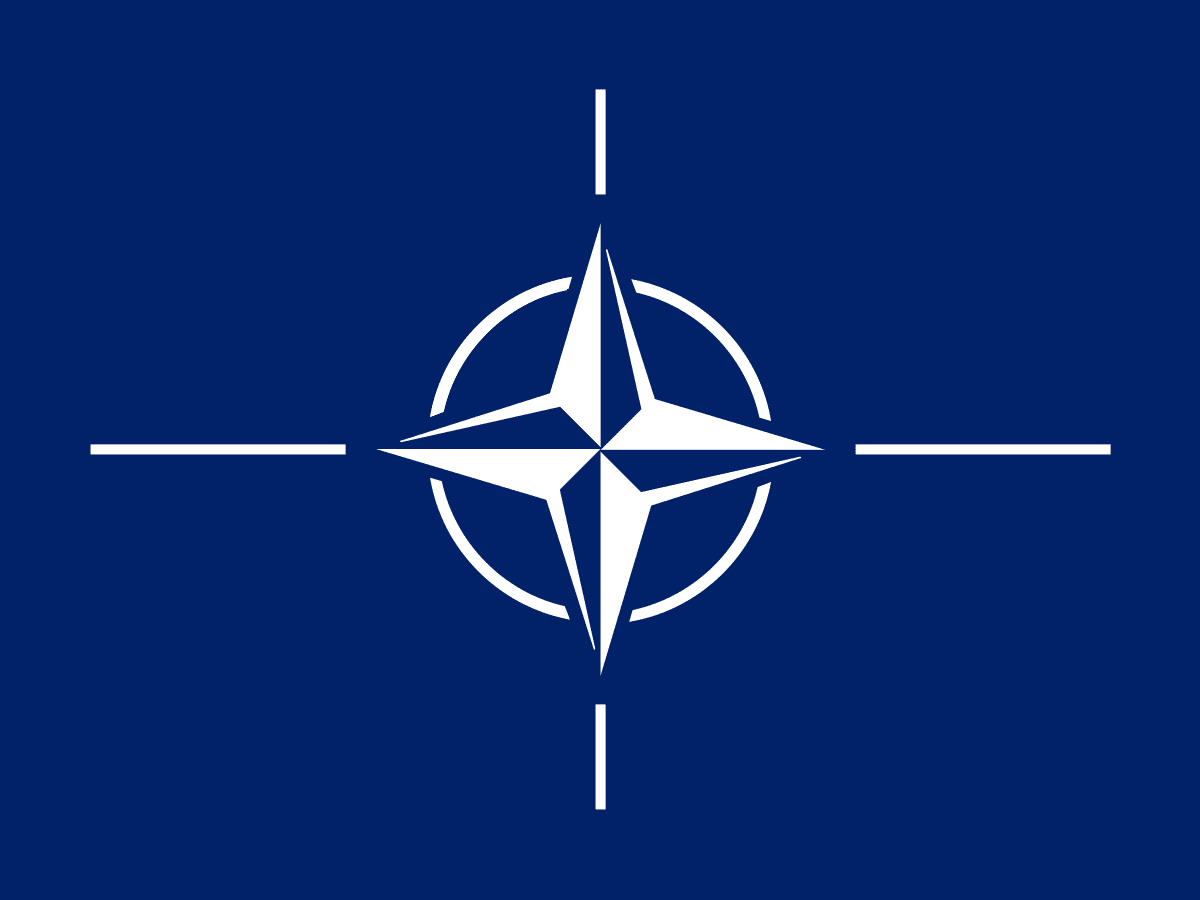
New threats: the cyber-dimension
The text discusses emerging cyber threats and the need for increased cybersecurity measures to address these new challenges.

Development diplomacy and poverty reduction strategy
Lichia Yiu and Raymond Sanner describe in detail the application of development diplomacy in the context of international co-operation for poverty reduction in Highly Indebted Poor Countries. In particular, the authors describe the goal of the International Labour Organisation – a non-state actor – in advocating the inclusion of employment and Decent Work Agenda policies in Poverty Reduction Strategy Papers, an instrument developed by the International Monetary Fund and the World Bank.
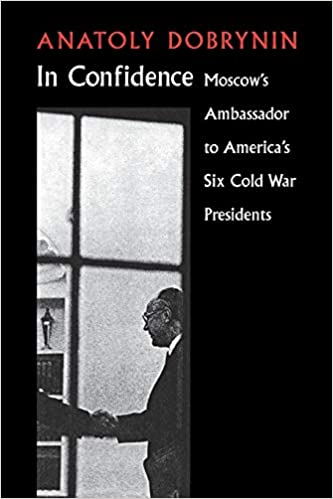
In Confidence: Moscow’s Ambassador to Six Cold War Presidents
The book "In Confidence: Moscow's Ambassador to Six Cold War Presidents" gives an inside look at diplomatic relations during the Cold War by sharing the experiences of Moscow's ambassador to the United States.
The Responsibility to Protect
The Responsibility to Protect doctrine asserts that states have the responsibility to protect their populations from genocide, war crimes, ethnic cleansing, and crimes against humanity. When a state fails to do so, the international community must intervene responsibly to prevent and protect populations from mass atrocities. This principle emphasizes the importance of upholding human rights and promoting peace and security globally.
A Framework of Best Practices for Caribbean Small States to Meet the Challenges of Climate Change
Caribbean Small States are considered vulnerable by virtue of their geographical peculiarities, economic exigencies, delicate ecosystems and rate of social development among other characteristics. Their ability to meet challenges such as climate change is therefore deficient.
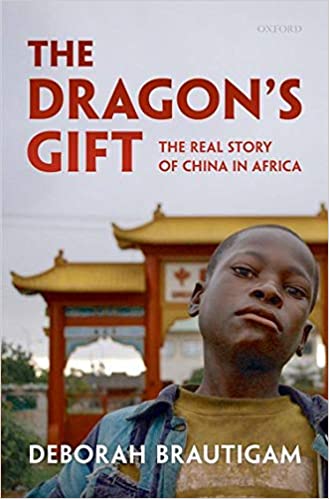
The Dragon’s Gift: The Real Story of China in Africa
The book "The Dragon's Gift: The Real Story of China in Africa" explores China's involvement in Africa, discussing its economic impact, investments, and infrastructure projects across the continent. The author challenges common misconceptions and offers a nuanced perspective on China's role in Africa, highlighting both the benefits and challenges of this relationship.
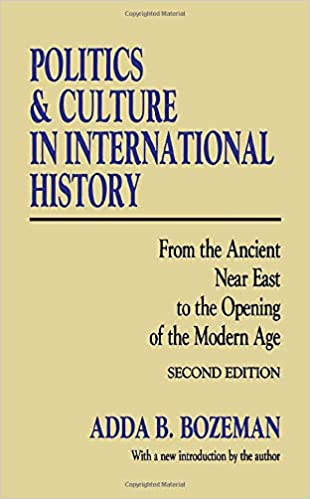
Politics and Culture in International History, 2nd ed
The message focuses on the interactions between politics and culture in international history, emphasizing its complexities and interconnected nature. It delves into how political decisions and cultural aspects influence each other, shaping the course of international relations.

Language and Diplomacy: Preface
Part of Language and Diplomacy (2001): In the preface below, Jovan Kurbalija and Hannah Slavik introduce the chapters in the book, and extract the general themes covered by the various authors.
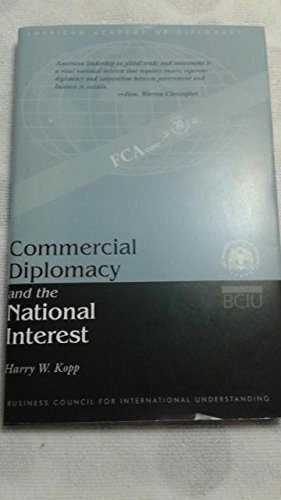
Commercial Diplomacy and the National Interest
This short and lively book lays out the why and the how of promoting US business abroad. America's place in the world depends more than is usually acknowledged on the vigor and global reach of American business. The United States is the world's leading exporter, the world's leading importer, and the world's primary source and destination of funds for foreign investment. Our position as the best place in the world to do business-the most reliable in which to buy, the most lucrative in which to sell, and the safest and surest in which to invest or to raise capital-is a cause, not an effect, of A...
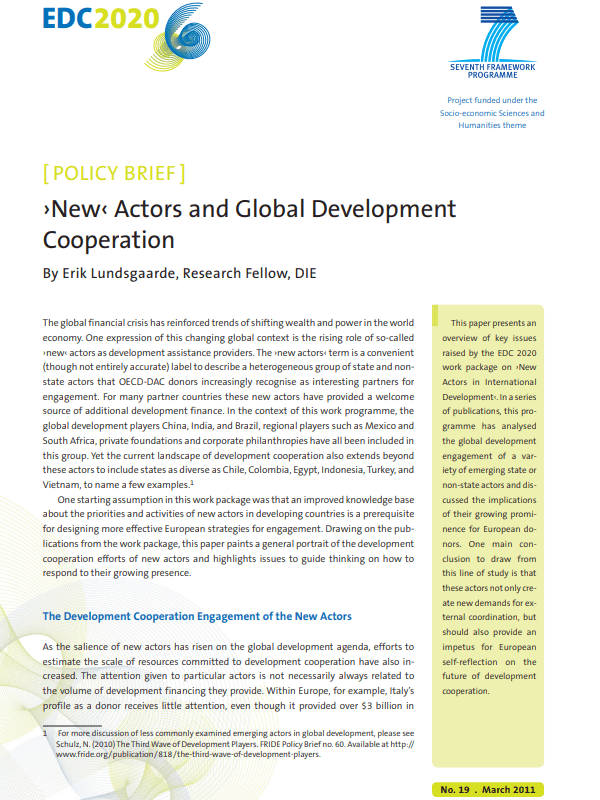
New’ Actors and Global Development Cooperation
The global financial crisis has reinforced trends of shifting wealth and power in the world economy. One expression of this changing global context is the rising role of so-called ›new‹ actors as development assistance providers. The ›new actors‹ term is a convenient (though not entirely accurate) label to describe a heterogeneous group of state and nonstate actors that OECD-DAC donors increasingly recognise as interesting partners for engagement. For many partner countries these new actors have provided a welcome source of additional development finance. In the context of this wo...
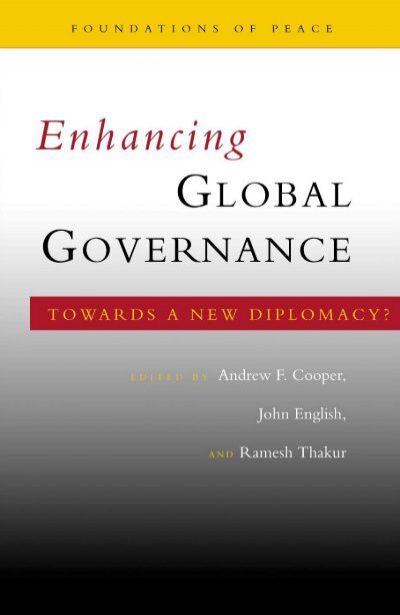
Enhancing Global Governance: Towards a New Diplomacy
The text is about the importance of improving global governance through a new approach to diplomacy.
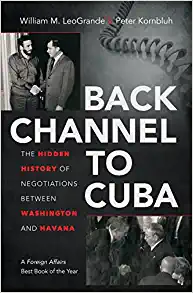
Back Channel to Cuba: The Hidden History of Negotiations Between Washington and Havana
The book "Back Channel to Cuba" discusses the negotiations between Washington and Havana, leading up to the historic announcement of the normalization of relations in December 2014. The authors highlight the failed methods employed by the U.S. in dealing with Cuba and emphasize the importance of common interests in facilitating diplomatic discussions. The book provides a detailed account of the various forms of "back-channel" diplomacy utilized, showcasing the intricate negotiations between the two countries. Despite some criticisms of the structure of the book, the work is considered richly d...

The Role of the United Nations in Making Progress Towards Peace in Burundi
The United Nations plays a crucial role in facilitating peace efforts in Burundi through conflict resolution, peacekeeping, and promoting dialogue among various stakeholders in the region.
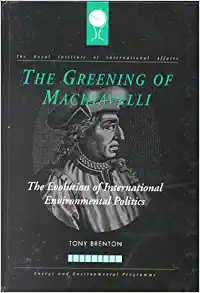
The Greening of Machiavelli: The Evolution of International Environmental Policy
The Greening of Machiavelli: The Evolution of International Environmental Policy" discusses the transformation of environmental policy on a global scale, reflecting a shift towards sustainability and cooperation.
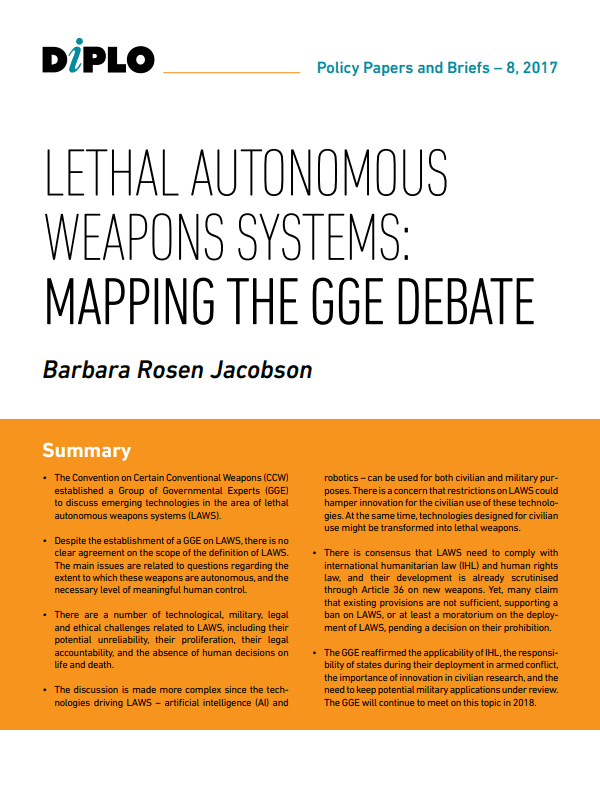
Lethal Autonomous Weapons Systems: Mapping the GGE Debate (Briefing Paper #8)
The paper discusses the ongoing debate in the Group of Governmental Experts (GGE) on Lethal Autonomous Weapons Systems (LAWS) and the varying perspectives on the need for regulation and control of these weapons.

Modern Diplomacy – Opening address
Opening address of the Honourable Dr. George F. Vella, Deputy Prime Minister and Minister of Foreign Affairs and the Environment of Malta.

Small States and Alliances
The article discusses the challenges small states face in forming alliances to enhance their security and influence on the global stage. It explores the strategies small states can employ to navigate power dynamics and build effective alliances with other countries. Additionally, the importance of leveraging both hard and soft power resources in alliances is highlighted as a key factor in small states' success in international relations.

Meeting the needs of microstate security
This article examines the pressing security concerns of microstates, particularly against the backdrop of recurring themes of vulnerability in the literature. It reviews those arguments in the early years of decolonization which expressed scepticism about the prospects for independence in such very small dependencies given their lack of defensive capacity and the geopolitical risks which they face in a potentially dangerous external milieu. The article argues that these doubts and concerns have not been realised in the actual experience of microstates particularly in terms of conventional thre...
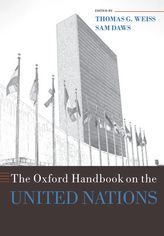
The Oxford Handbook on the United Nations
The Oxford Handbook on the United Nations offers a comprehensive examination of the organization, detailing its history, structure, functions, and impact on global affairs. Covering topics such as peace and security, human rights, development, and international law, this handbook provides valuable insights into the UN's role in addressing global challenges and promoting cooperation among member states. Scholars, policymakers, and students will find this resource to be a valuable reference for understanding the complexities of the United Nations and its significance in the international landsca...
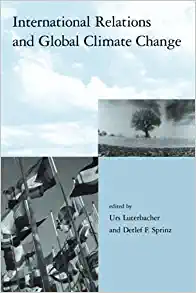
International Relations and Global Climate Change
International relations play a crucial role in addressing global climate change. Cooperation among nations is essential to develop and implement effective solutions to combat climate change. Additionally, international agreements like the Paris Agreement serve as frameworks for countries to work together towards reducing greenhouse gas emissions and mitigating the impacts of climate change on a global scale. By fostering collaboration and sharing resources, countries can make significant progress in the fight against climate change.
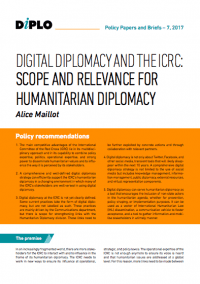
Digital Diplomacy and the ICRC (Briefing Paper #7)
In this briefing paper, Ms Alice Maillot discusses the potential of digital diplomacy for the International Committee of the Red Cross (ICRC). She looks at the changing nature of diplomacy, new developments in digital diplomacy, and how the ICRC can implement and adopt some of the current trends.
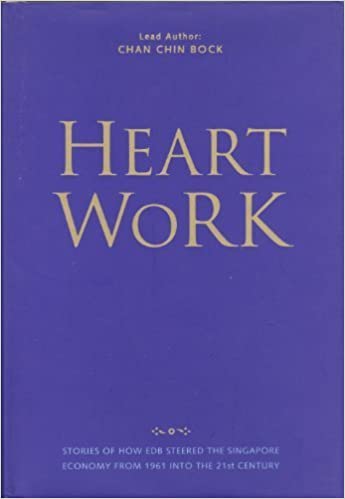
Heart Work: Stories of How EDB Steered the Singapore Economy from 1961 to the 21st Century
The message provides a detailed account of how the Economic Development Board (EDB) played a crucial role in steering the Singapore economy from 1961 to the 21st century.

Assessing feasibility for a binding international legal instrument on cyberweapons: A maturity model approach
Cyberwarfare has emerged from the expeditious expansion of the Internet as a new mode of conflict that can anonymously and remotely disrupt the core functions of a state.
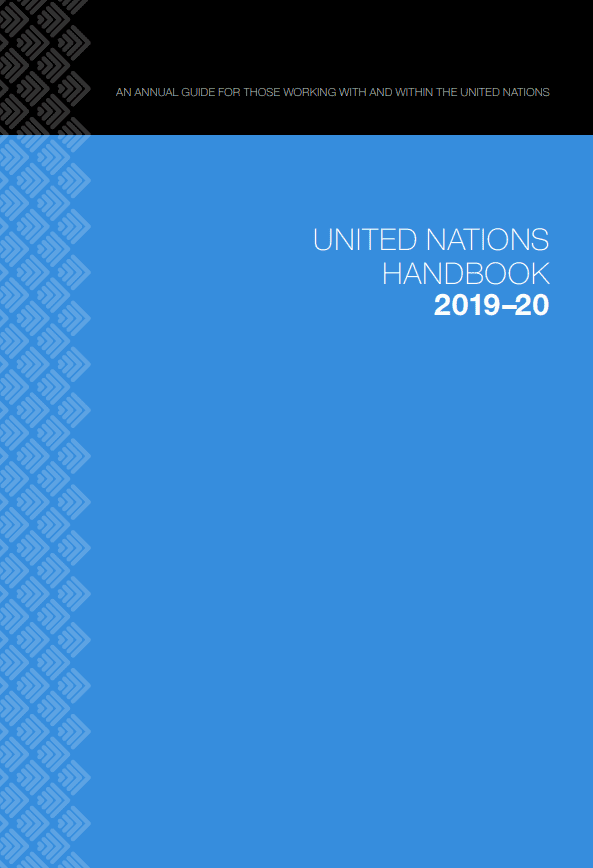
United Nations Handbook 2015-16
The United Nations Handbook 2015-16 provides comprehensive information on the organization's structure, goals, and activities. It serves as a valuable resource for understanding the UN's role in promoting peace, security, and development globally. The handbook covers various topics such as peacekeeping, human rights, and sustainable development, offering insights into the UN's efforts to address pressing global challenges. This resource is essential for policymakers, diplomats, students, and anyone interested in international relations.
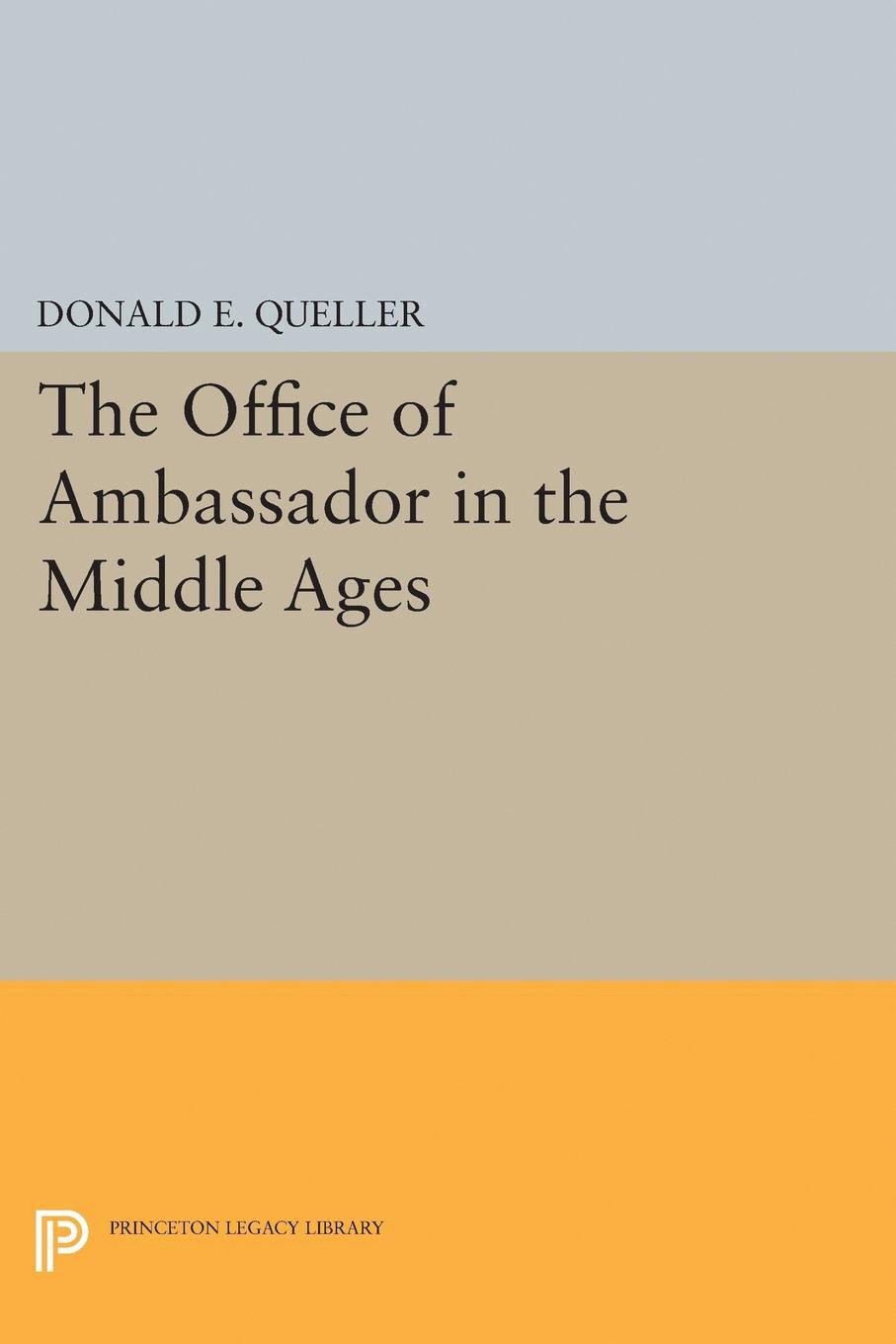
The Office of Ambassador in the Middle Ages
The text discusses the role and responsibilities of an ambassador in the Middle Ages. It touches upon the importance of diplomatic skills, cultural awareness, and the power dynamics involved in representing a kingdom or ruler in foreign territories. The text emphasizes the ambassador's role in negotiation, communication, and fostering positive relationships to advance their country's interests.
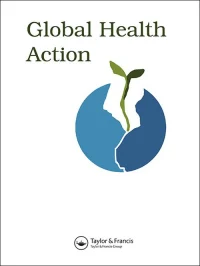
A New Governance Space for Health
Global Health Action is an international journal publishing research in the field of global health, addressing transnational health and policy issues.
The globalization of public health: the first 100 years of international health diplomacy
Global threats to public health in the 19th century sparked the development of international health diplomacy. Many international regimes on public health issues were created between the mid-19th and mid20th centuries. The present article analyses the global risks in this field and the international legal responses to them between 1851 and 1951, and explores the lessons from the first century of international health diplomacy of relevance to contemporary efforts to deal with the globalization of public health.
Reforming the Working Methods of the UN Security Council: The Next ACT
ACT is a new group of 22 UN member states that is pressing for reform of the working methods of the UN Security Council in order to improve its accountability, coherence and transparency. To achieve its aims, ACT will have to avoid being caught up in the stalled debate over Council membership reform. The group, currently dominated by small states, will also need new partners from different geographical regions, and with more political weight. Moreover, if ACT wants to involve the permanent members of the Security Council, it may have to limit its emphasis on the role of the veto. ACT aim...
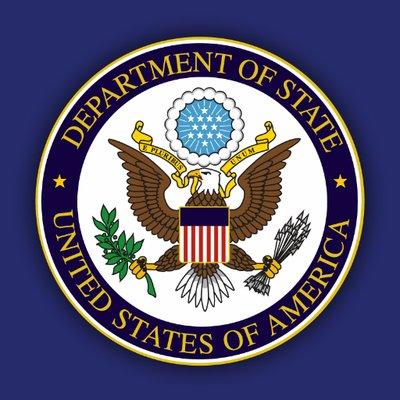
Diplomacy Before and After Conflict
The importance of diplomacy in preventing conflicts is highlighted in this text. Diplomatic efforts both before and after conflicts are crucial for resolving disputes peacefully. Diplomacy plays a key role in preventing escalation of tensions, promoting understanding, and finding mutually acceptable solutions. It emphasizes the need for respectful communication, negotiation, and compromise to maintain peace and stability in the international arena. Diplomatic channels must be utilized effectively to address grievances, build trust, and foster cooperation among nations. Diplomacy is a vital too...
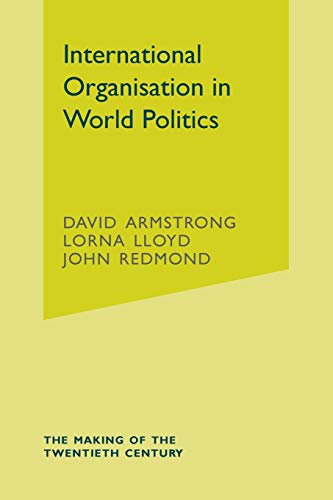
International Organisation in World Politics
The text highlights the increasing importance of international organizations since the end of the Cold War, particularly the United Nations and the European Union, in addressing major security issues and global challenges, while also emphasizing the emergence of a structure of global governance and the role of international non-governmental organizations and social movements in shaping global civil society.

Small states in the global politics of development
Much of the discussion surrounding small states has treated them as a discrete category, with common vulnerabilities and opportunities. However, a productive approach is to look at the global politics of development, and then see where small states fit in. The author looks in turn at the global politics of finance, trade and the environment. He concludes that small states have been largely unsuccessful in asserting their own interests in global politics, and that (to the extent that it is possible to generalize about states which differ greatly) vulnerabilities rather than opportunities are th...
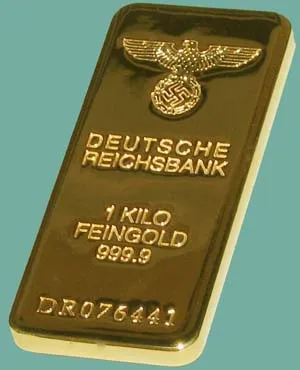
Diplomacy of Image & Memory: Swiss Bankers and Nazi Gold
The text discusses the perception of Swiss bankers in relation to their handling of Nazi gold during World War II.

Reducing Disaster Risk: A Challenge for Development
The text discusses the complex challenge of reducing disaster risk in development projects.
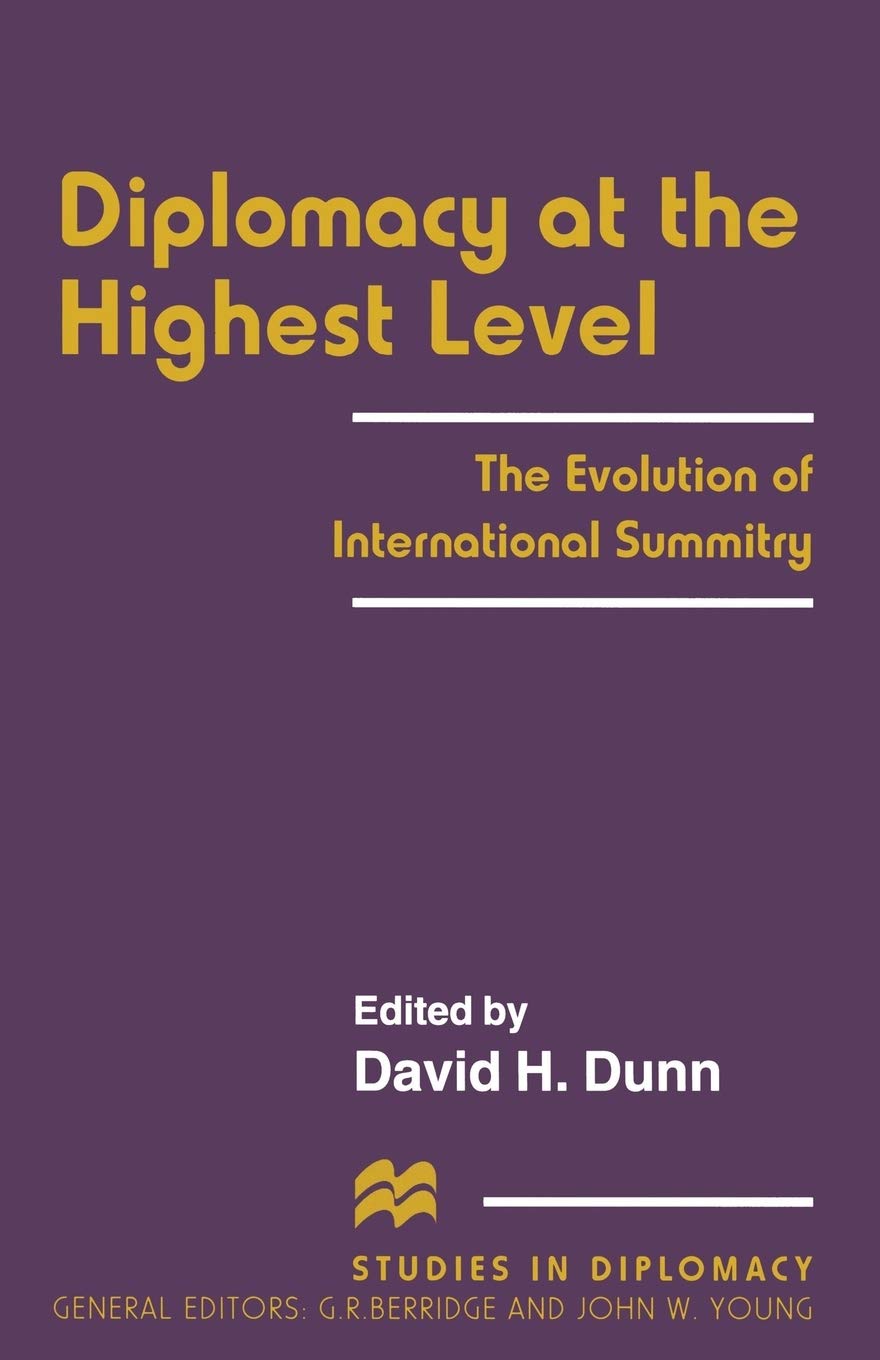
Diplomacy at the Highest Level: The Evolution of International Summitry
The text discusses the evolution of international summitry and how it has become a key tool for diplomacy at the highest levels.
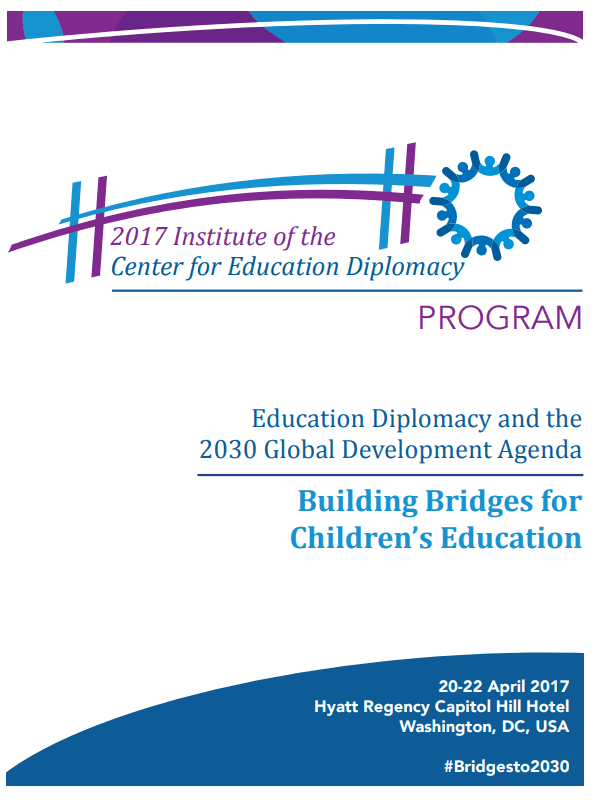
Education Diplomacy Briefs
The Education Diplomacy Briefs focus on global education issues, emphasizing diplomacy for education policy discussions. It highlights the importance of education in achieving sustainable development goals and the role of diplomatic efforts in shaping education policies worldwide.

Climate for Change: Non-state Actors and the Global Politics of the Greenhouse
The text explores the role of non-state actors in global climate politics, analyzing their impact on greenhouse gas emissions and environmental policies. These actors include businesses, NGOs, and local governments, who often operate independently of national governments to address climate change. Their efforts are crucial in mitigating the effects of global warming and pushing for stronger environmental regulations on a global scale.

Global health diplomacy: How foreign policy can influence health
Ilona Kickbusch argues that public health experts need to work with diplomats in order to achieve global health goals.
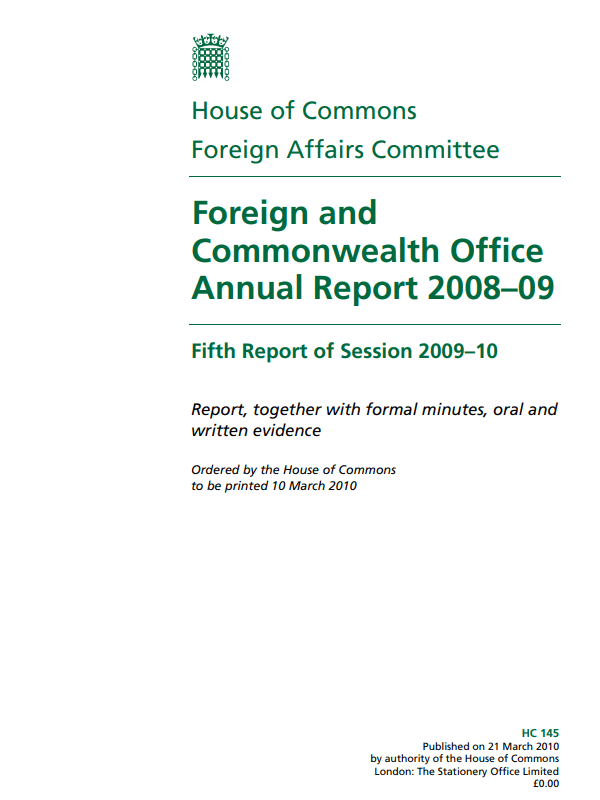
Consular Services Annual Report 2008/09
The Consular Services Annual Report 2008/09 showcases the work and assistance provided to citizens in need during the specified period.
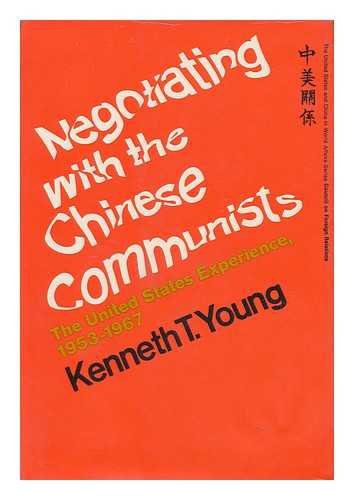
Negotiating with the Chinese Communists: The United States Experience, 1953-1967
The message provides a summary of the negotiation process with the Chinese Communists between 1953 and 1967, focusing on the United States' experience.
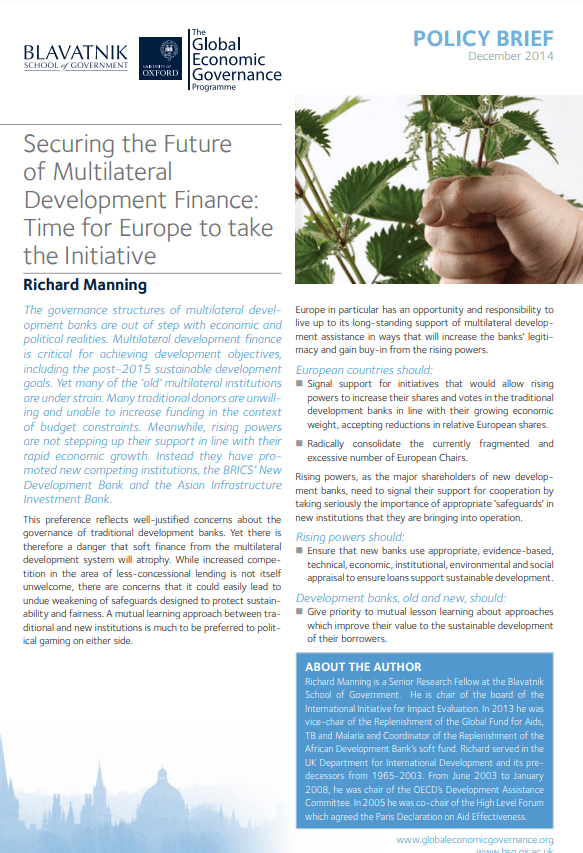
Securing the Future of Multilateral Development Finance: Time for Europe to take the Initiative
The message emphasizes the importance of Europe taking the lead in securing the future of multilateral development finance.
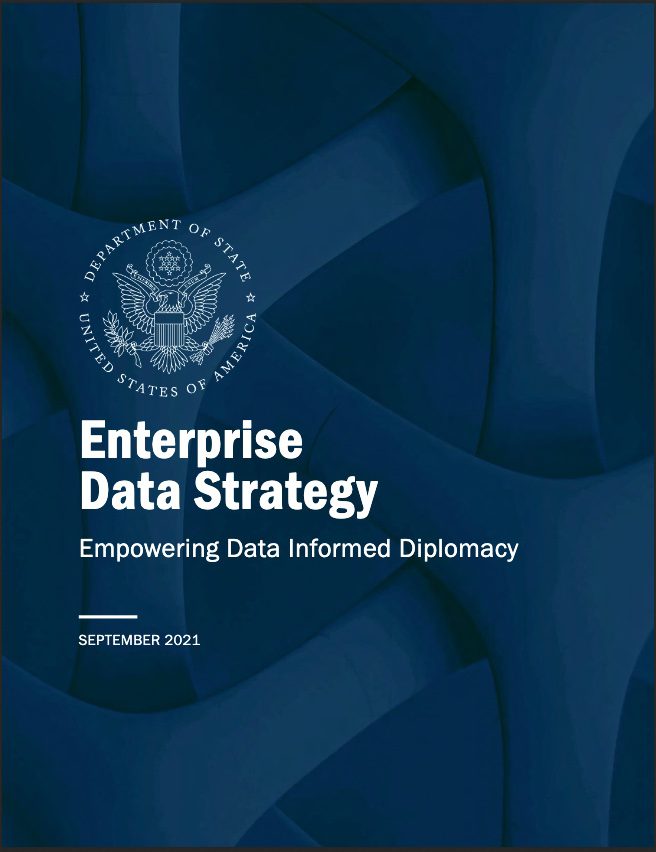
Enterprise Data Strategy: Empowering Data Informed Diplomacy (U.S. State Departement)
The Enterprise Data Strategy (EDS) aims to ensure that State Department’s workforce is equipped with the timely and relevant data necessary to make informed management decisions.
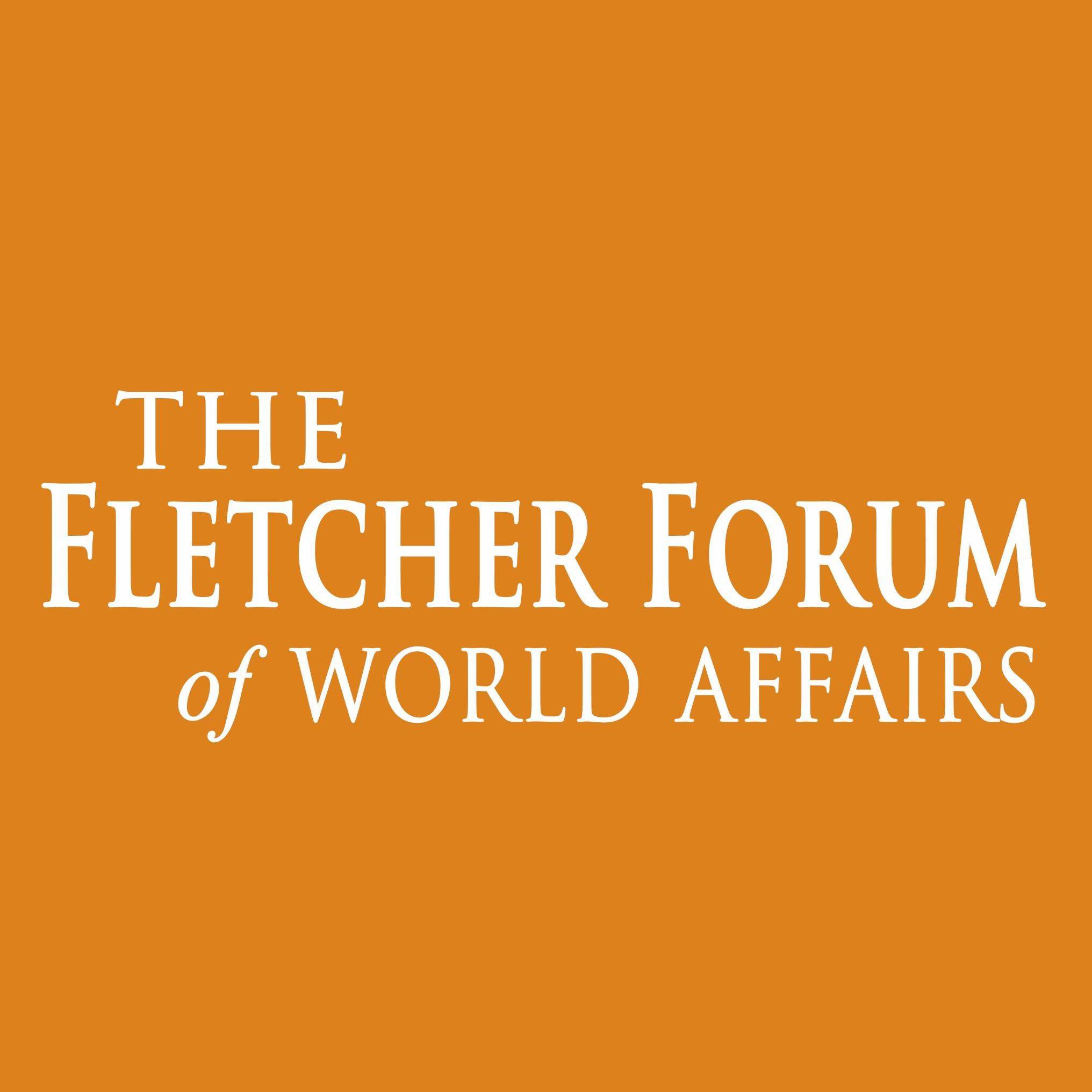
Public diplomacy at the crossroads: Definitions and challenges in an ‘Open Source’ era
The text discusses the current state of public diplomacy and its challenges in an era of open source information.
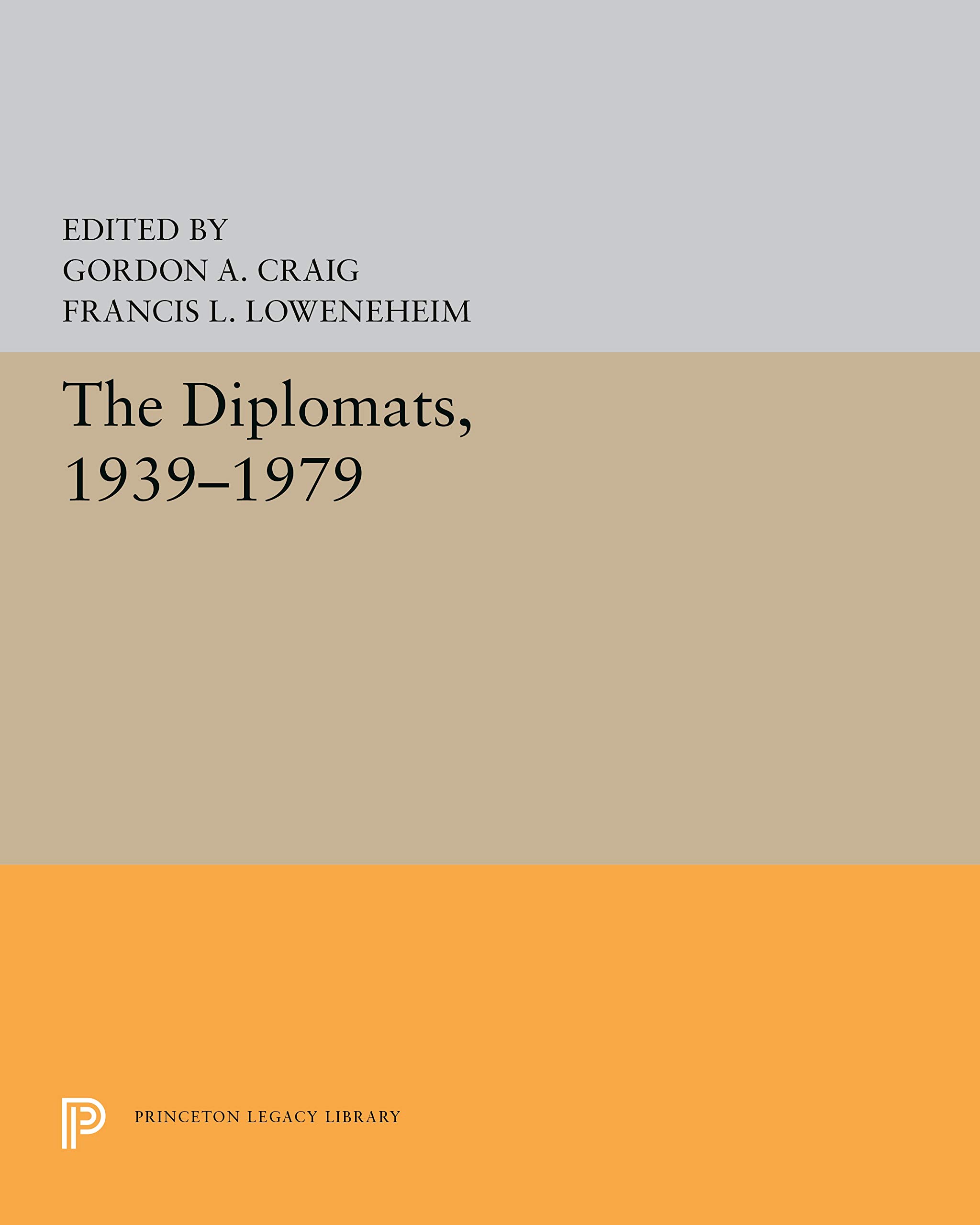
The Diplomats, 1939-1979
The message provides a brief overview of a diplomatic history spanning the years from 1939 to 1979.
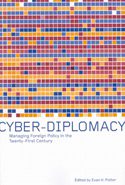
Cyber-diplomacy: Managing Foreign Policy in the Twenty-first Century
Cyber-diplomacy: Managing Foreign Policy in the Twenty-first Century" discusses the importance of digital diplomacy in modern international relations. It explores how governments can leverage technology to engage with other countries, protect national interests, and navigate cyber threats effectively. This book offers insights into how cyber-diplomacy is reshaping traditional diplomatic practices and the key role it plays in shaping foreign policy in the digital age.
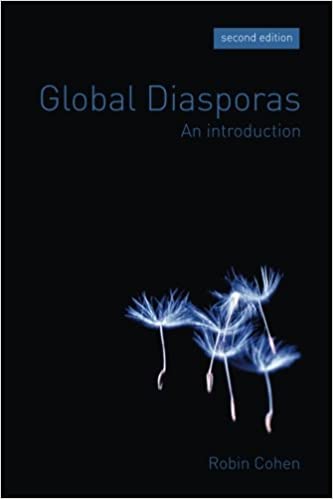
Global Diasporas: An Introduction
The text discusses the concept of diasporas, exploring how people are dispersed across the world while maintaining connections to their homelands. It examines the impact of globalization, technology, and migration on diasporic communities, emphasizing the complexity and diversity of diasporic experiences. Additionally, it highlights the significance of identity, belonging, and transnational connections within diasporas, shedding light on the dynamic nature of diasporic cultures.

The role of the legal adviser in modern diplomatic services
The role of the legal adviser in modern diplomatic services. This paper discusses the role of the legal adviser in modern diplomacy services and the efforts that must go into preserving all possibilities, meagre as they may be, to raise his voice and keep making efforts which eventually could lead in the right direction.

Asymmetry of cultural styles and the unintended consequences of crisis public diplomacy
This essay examines how intercultural communication differences among nations can inadvertently magnify tensions during a crisis when nations rely on their own cultural style of public diplomacy to communicate with foreign publics. Beginning with posing the question of how American efforts to intensify its public diplomacy efforts resulted in declining support, public diplomacy is examined as a communication phenomenon, as opposed to a purely political phenomenon.
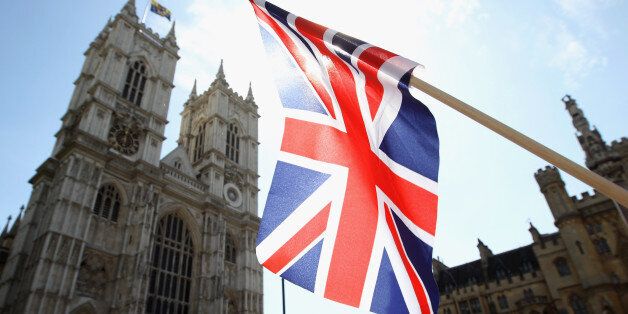
Public Diplomacy’s Branding Trap
In "Public Diplomacy's Branding Trap," the author warns against oversimplifying and relying too heavily on branding in public diplomacy efforts. They argue that focusing too much on branding can diminish the complexity and nuances of a country's image, potentially leading to misunderstandings and oversights in communication strategies. The author emphasizes the importance of authenticity, context, and relationships in successful public diplomacy initiatives.
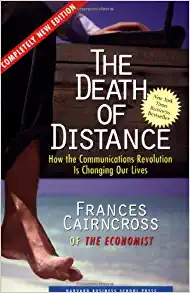
The Death of Distance: How the Communications Revolution Is Changing Our Lives
The Death of Distance: How the Communications Revolution Is Changing Our Lives" discusses how advancements in communication technology are diminishing the significance of physical distance in our lives. It explores how these changes are transforming the way we connect with others, conduct business, and experience the world around us. This book delves into the impact of these developments on various aspects of society and highlights the increasing interconnectedness of the global community as a result of these innovations.

International cyber security diplomatic negotiations: Role of Africa in inter-regional cooperation for a global approach on the security and stability of cyberspace
This research paper examines African countries cybersecurity readiness and how Africa can play a role in shaping international negotiations and discussions on global cybersecurity governance.

South Africa and the Simonstown Agreements
In John Young (ed.), The Foreign Policy of Churchill’s Peacetime Administration 1951-1955 (Leicester UP, 1988)

Economic Diplomacy: The Level of Development and Trade
The text discusses the correlation between a country's level of development and its participation in international trade through economic diplomacy.
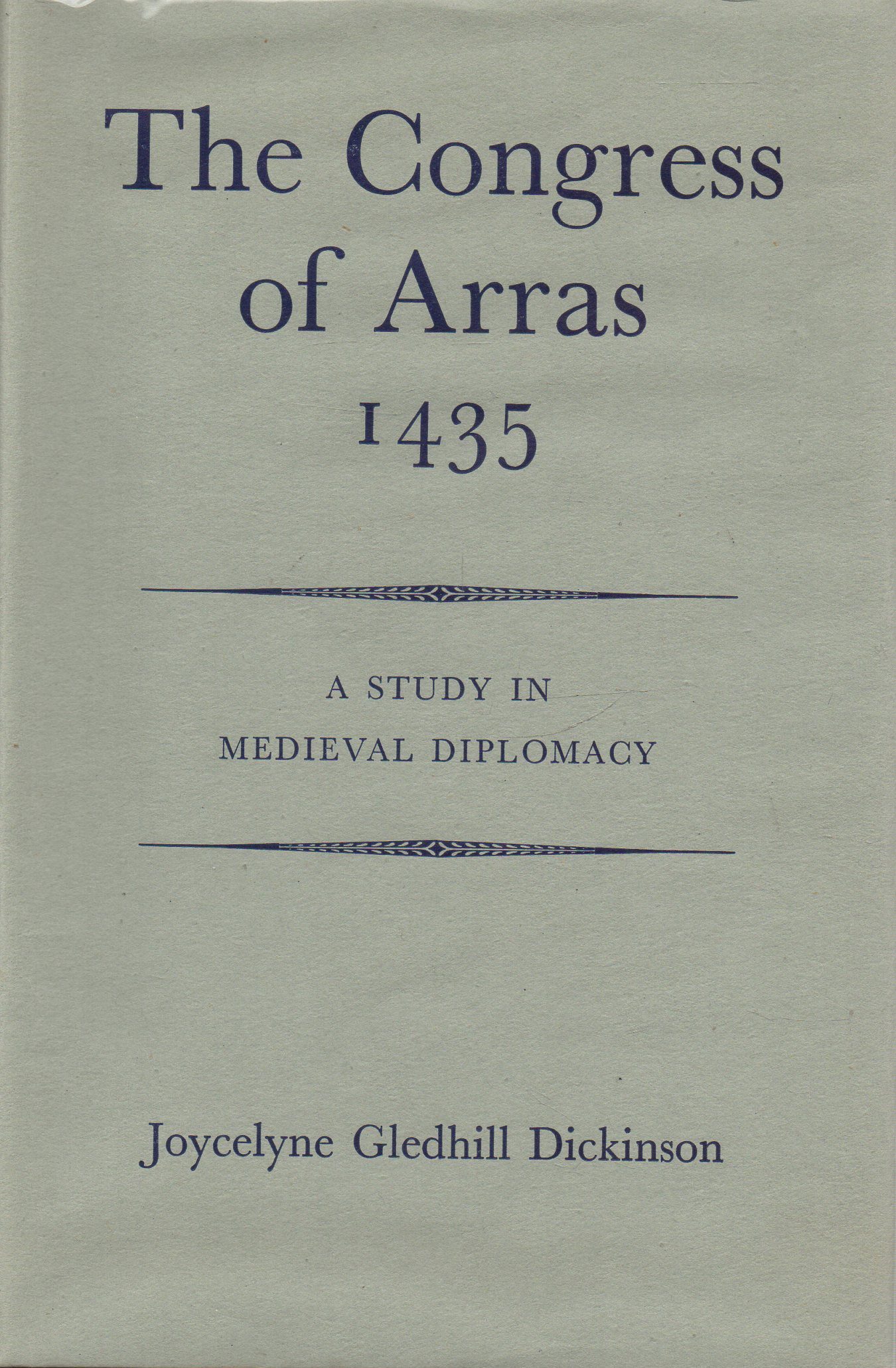
The Congress of Arras, 1435
The Congress of Arras in 1435 was a diplomatic gathering aimed at negotiating peace between France and Burgundy after years of conflict. The congress resulted in the Treaty of Arras, in which Burgundy agreed to abandon its alliance with England and recognize the authority of the French king, Charles VII, thus contributing to the eventual reunification of France under his rule. This diplomatic achievement marked an important step towards ending the Hundred Years' War and establishing a more unified France.

Knowledge management: experience from international organisations
In this chapter, John Pace decribes the three-phase evolution of knowledge management in the human rights program of the United Nations. The realisation that knowledge management is a necessity came during the third phase. The author also describes the complex system of monitoring bodies and ad hoc mechanisms, and the developments that took place following four decisions taken in the mid-eighties.
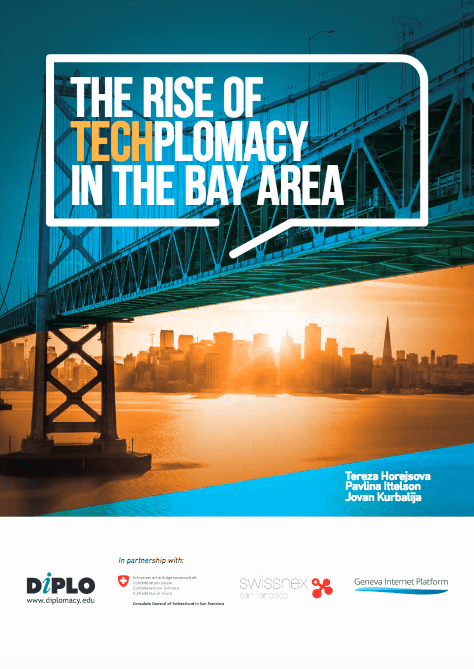
The Rise of TechPlomacy in the Bay area
Tech diplomacy is becoming a necessity for countries worldwide. Countries need to capture the nexus between technology innovation and economic developments. To be effectively present in the Bay Area, countries need to use innovative diplomatic approaches. This report discusses how tech diplomacy can be developed, and more specifically, how countries approach the Bay Area tech industry.
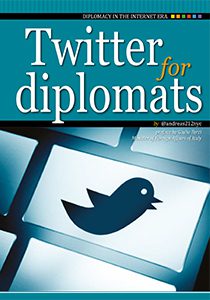
Twitter for Diplomats
Twitter for Diplomats is not a manual, or a list of what to do or not to do. It is rather a collection of information, anecdotes, and experiences. It recounts a few episodes involving foreign ministers and ambassadors, as well as their ways of interacting with the tool and exploring its great potential. It wants to inspire ambassadors and diplomats to open and nurture their accounts – and it wants to inspire all of us to use Twitter to also listen and open our minds.
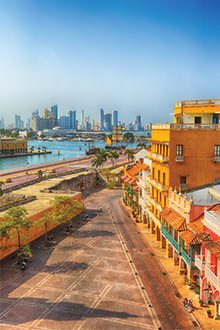
Uncertain Times
Not long ago, Latin America was a success story of economic growth. While advanced economies suffered a severe recession during the 2008–09 financial crisis in the United States and western Europe, followed by a weak recovery, emerging market economies were seen as the promise for renewed world economic growth. Latin America was viewed as part of that promise.
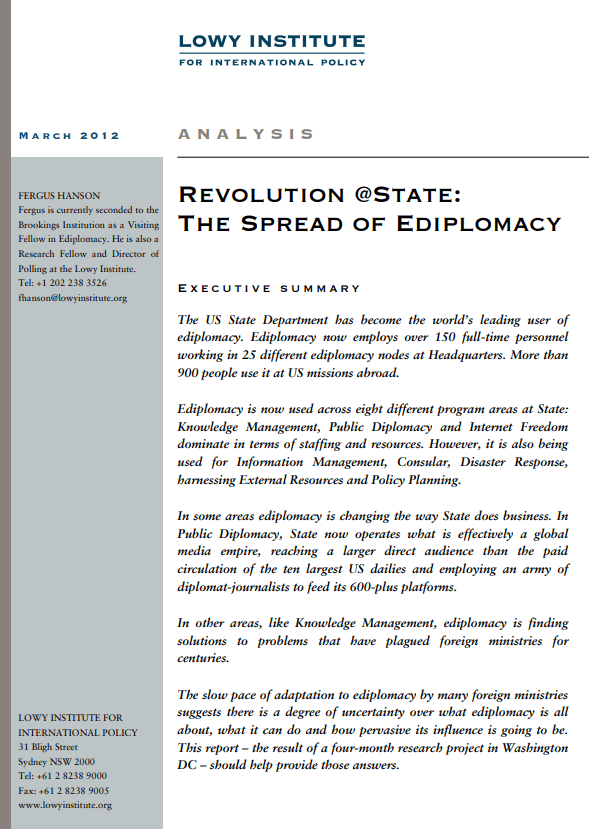
Revolution @State: The Spread of E-diplomacy
The text text explores the phenomenon of e-diplomacy, analysing its impact on modern diplomacy and the ways in which digital technologies are reshaping diplomatic practices and communication strategies at the state level.
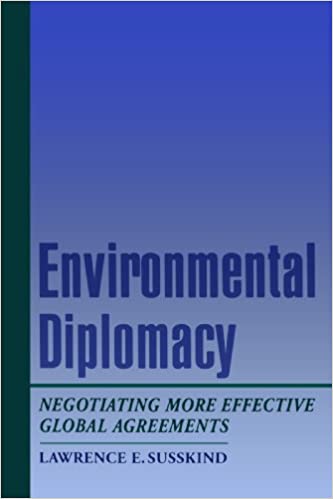
Environmental Diplomacy: Negotiating More Effective Global Agreements
The text is likely an article discussing the importance of environmental diplomacy in negotiating effective global agreements.
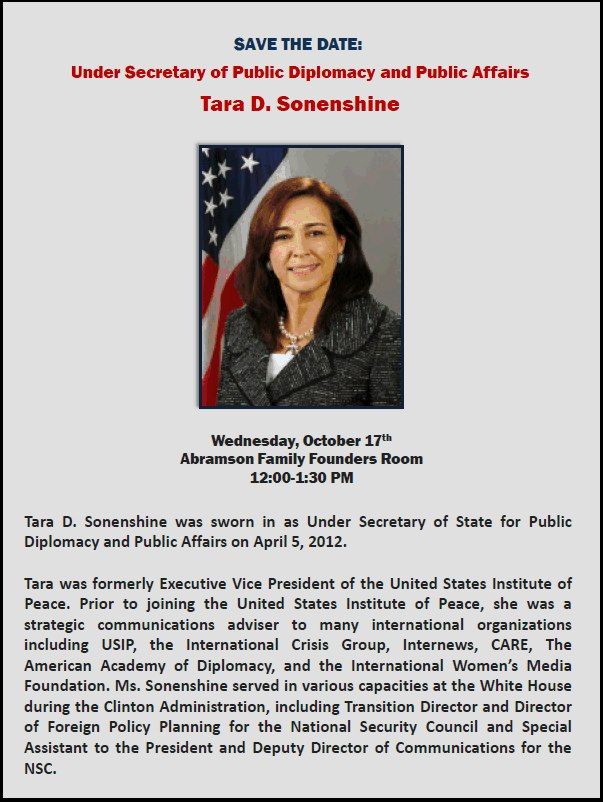
Bottom Line Diplomacy: Why Public Diplomacy Matters
Public diplomacy plays a crucial role in shaping a country's image and fostering international relations. By engaging with foreign audiences through cultural exchanges, educational programs, and social media, nations can build trust and promote their values on a global scale. In an interconnected world, public diplomacy is key to advancing national interests and fostering cooperation among nations.
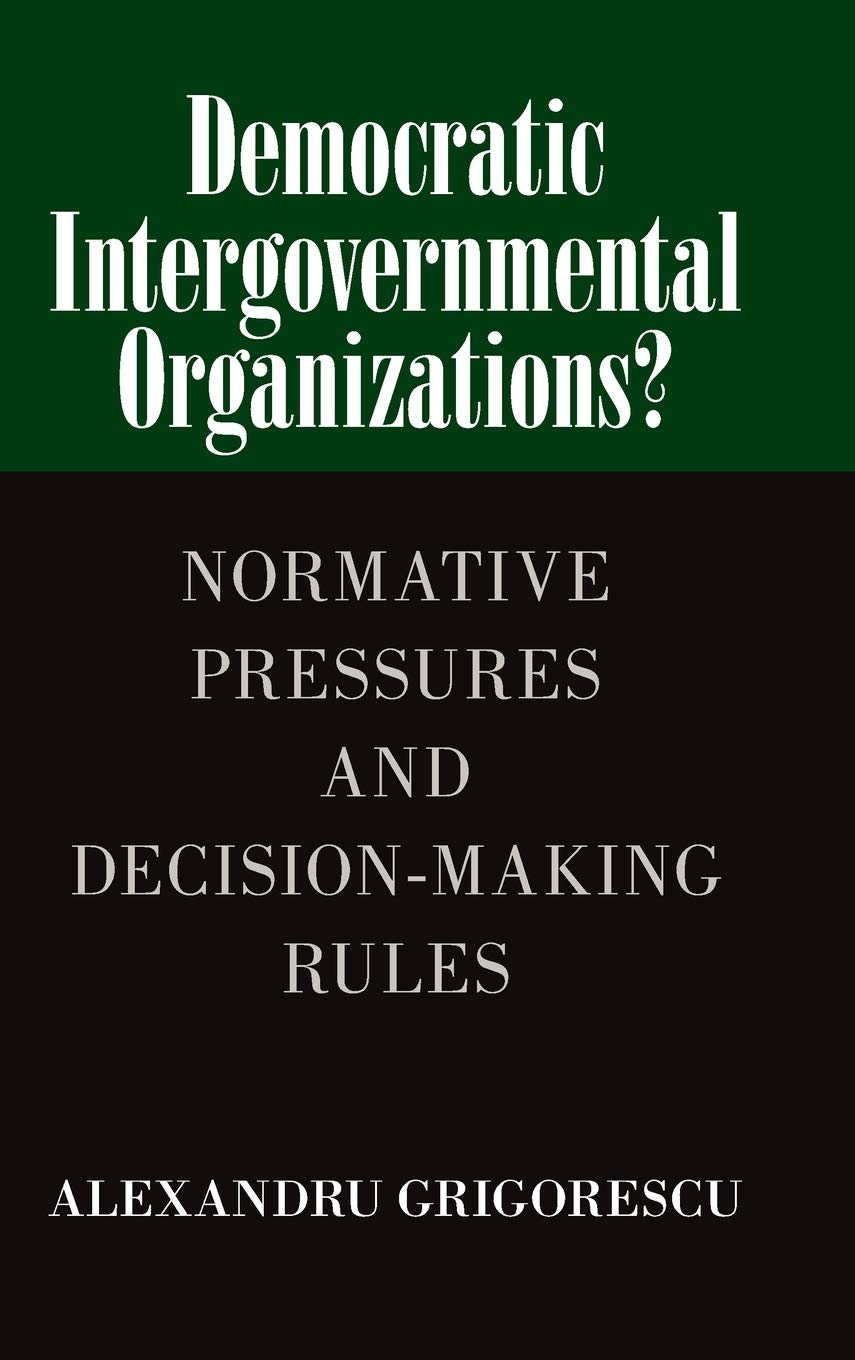
Democratic Intergovernmental Organizations? Normative Pressures and Decision-Making Rules
At first sight, the very choice of the title of this book may indicate that the author, Alexandru Grigorescu, was not sure about the existence of such thing. Indeed, to be or not to be democratic is not a top concern on the internal agenda of international organizations. Therefore, Grigorescu’s fresh endeavour to find an answer to such a purposeful question is ab initio a praiseworthy academic démarche.
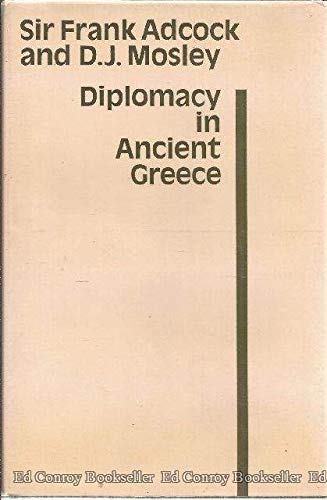
Diplomacy in Ancient Greece
The text discusses ancient Greek diplomacy, highlighting the significance of alliances, treaties, and negotiations in maintaining peace and balance of power among city-states. It also mentions the practice of sending envoys to conduct diplomatic missions and the use of oratory skills to influence decisions in the Greek world. Diplomacy played a crucial role in managing conflicts, resolving disputes, and fostering relationships between city-states in Ancient Greece.
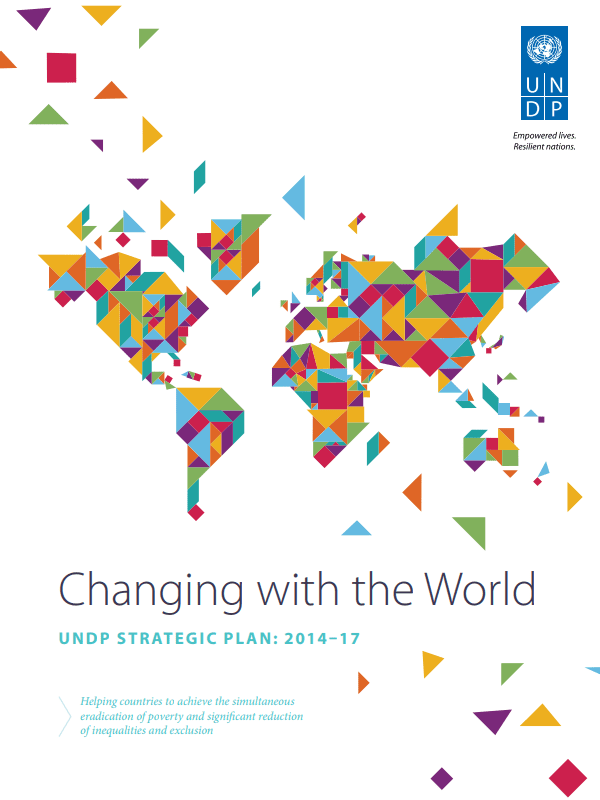
Changing with the World: UNDP Strategic Plan 2014-17
With the changing world as the backdrop, and building on our core strengths, our vision is focused on making the next big breakthrough in development: to help countries achieve the simultaneous eradication of poverty and significant reduction of inequalities and exclusion. This is a vision within reach, with the eradication of extreme poverty and major reductions in overall poverty feasible within a generation. It should be possible as well to make significant inroads against income and non- income measures of inequality and exclusion within this time frame.

Singapore’s Diplomacy: Vulnerability into Strength
Singapore is a practitioner of focused, innovative diplomacy, constantly in search of the political space for itself that would overcome its sense of vulnerability resulting from its geopolitical location.
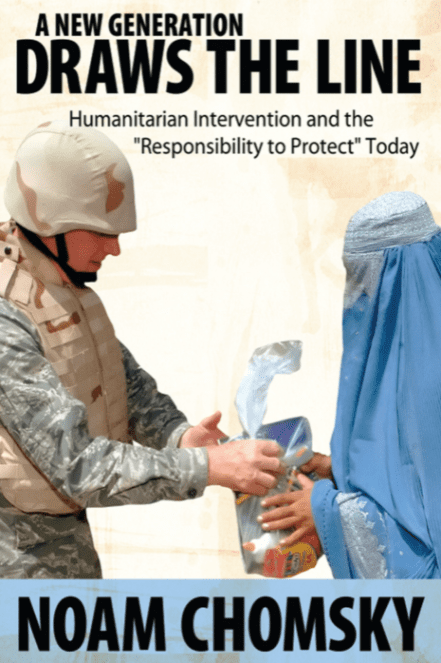
A New Generation Draws the Line: Kosovo, East Timor and the Standards of the West
Note: The author of this review compares Noam Chomsky's A New Generation Draws the Line: Kosovo, East Timor and the Standards of the West and David Fromkin's Kosovo Crossing: American Ideals meet Reality on the Balkan Battlefields.
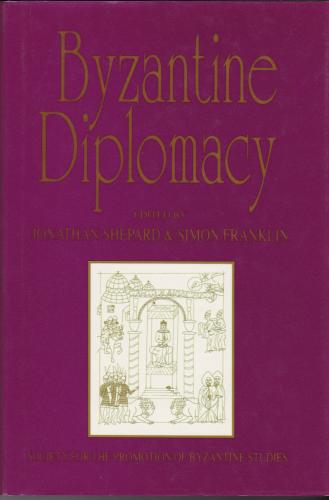
Byzantine Diplomacy: Papers of the Twenty-fourth Spring Symposium of Byzantine Studies
A detailed examination of Byzantine diplomacy, from its emergence to its fall to the Ottoman Turks, is presented in the collection of papers from the 24th Spring Symposium of Byzantine Studies held in 1990 in Cambridge. The volume covers political relations, societal aspects, and even includes a mysterious communication from an ancient emperor. Published on behalf of the Society for the Promotion of Byzantine Studies, this book is part of a series focusing on various aspects of Byzantine history.

Humanitarian intervention and international society
The text discusses the concept of humanitarian intervention within international society.
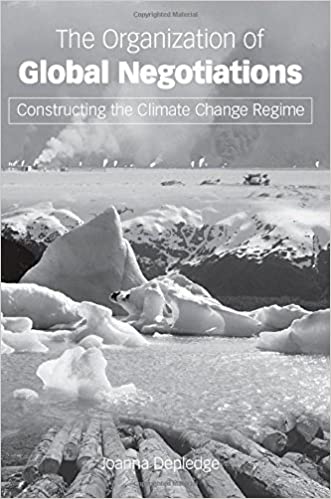
The Organization of Global Negotiations: Constructing the Climate Change Regime
The text discusses the importance of organizing global negotiations to construct the Climate Change Regime effectively.
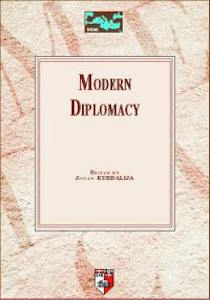
Public Diplomacy
This paper describes and discusses public diplomacy from the practitioner’s perspective.

The waning of the state and the waxing of cyberworld
This paper discusses whether IT is functioning mainly as an instrument of states in their quest for power and wealth or is principally operating as a transformative agent by market forces and various sectors of civil society.

Cybersecurity in the Republic of Fiji
This paper discusses cybersecurity in Fiji and offers recommendations to challenges such as the vulnerability of systems due to lack of a cybersecurity framework. The poorly framed laws and lack of appropriate policies.
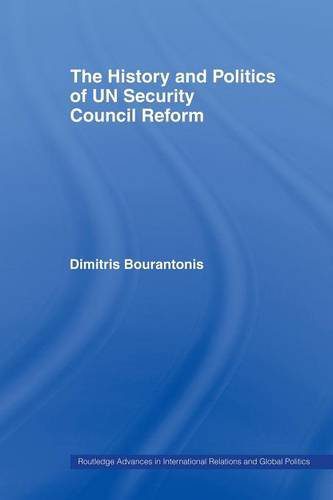
The History and Politics of UN Security Council Reform
Dimitris Bourantonis, Assistant Professor of International Relations at the Athens University of Economics and Business and a well-published writer on the UN over many years, has provided a very valuable service for students of the world body by writing this short book.

Inclusive Internet Governance
In this paper, Derrick Cogburn outlines a vision for multistakeholder democratic participation in global information and communication policy processes. Drawing on international regime theory, Cogburn suggests that the UN World Summit on the Information Society (WSIS) is an explicit attempt to formulate the principles, norms, and values of an emergent international regime to govern the information society in general, and the Internet specifically.

Humanitarian Diplomacy Policy
Humanitarian diplomacy is persuading decision makers and opinion leaders to act, at all times, in the interests of vulnerable people, and with full respect for fundamental humanitarian principles.
Power: The nexus of global health diplomacy?
The text appears to be missing content within the triple quotes. Could you please provide the content so that I can summarize it for you?
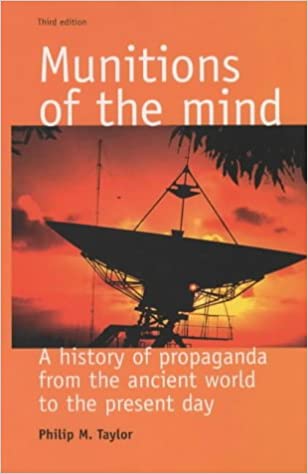
Munitions of the Mind: A history of propaganda from the ancient world to the present era
The text discusses how propaganda has been used throughout history, dating back to ancient times, up to the present era.
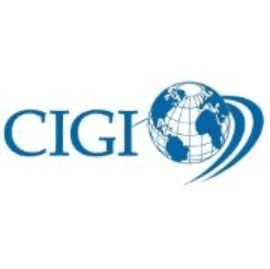
On the manner of practising the new diplomacy
The traditional model of diplomacy, founded on the principles of national sovereignty and of statecraft, is becoming less relevant as a field of new, influential actors enter the international system.
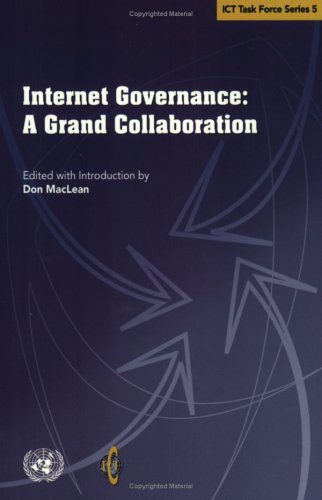
Internet Governance: A Grand Collaboration
This publication is an edited collection of papers contributed to the United Nations ICT Task Force Global Forum on Internet Governance (New York, 25 - 26 March 2004). The papers provide useful information on how many different organizations are already governing the Internet and its effects on society.
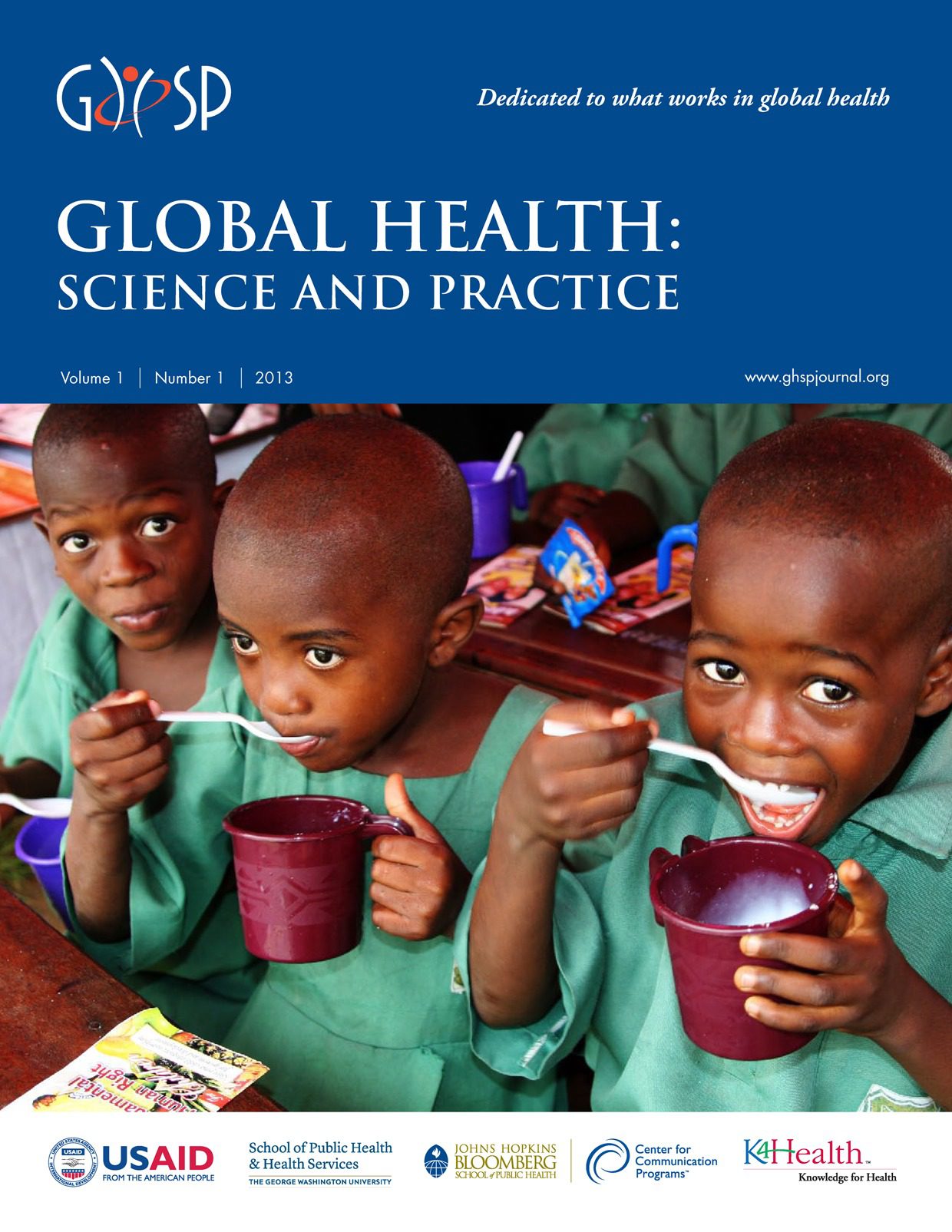
Global health diplomacy: Advancing foreign policy and global health interests
Attention to global health diplomacy has been rising but the future holds challenges, including a difficult budgetary environment. Going forward, both global health and foreign policy practitioners would benefit from working more closely together to achieve greater mutual understanding and to advance respective mutual goals.
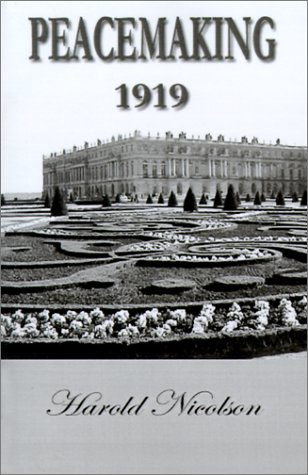
Peacemaking 1919
The message examines the peacemaking efforts of 1919, reflecting on the challenges faced during the time and lessons learned from the process.
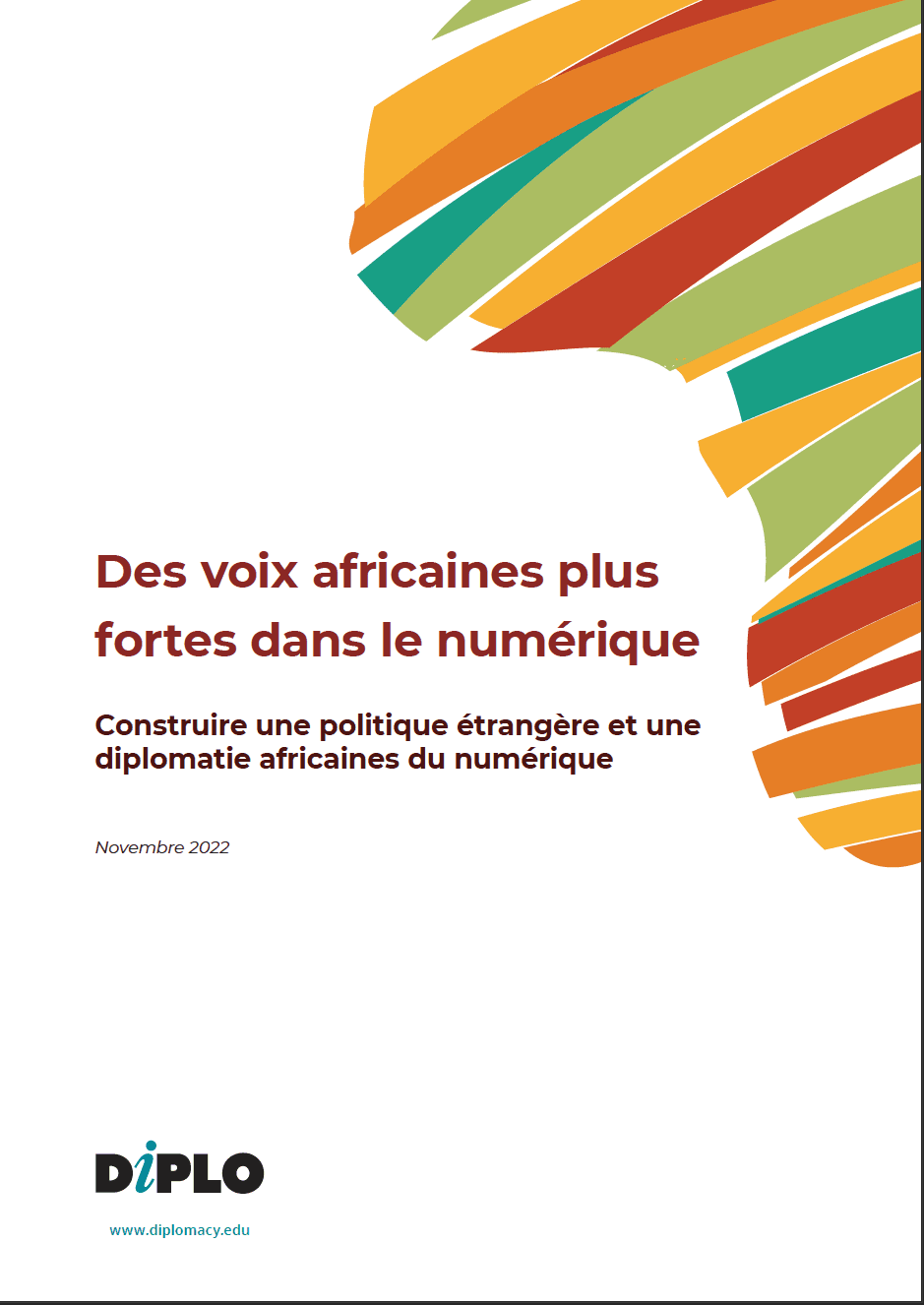
Rapport: Des voix africaines plus fortes dans le numérique : construire une politique étrangère et une diplomatie africaines du numérique
À mesure que le dynamisme numérique de l'Afrique s'accroît, sa participation à la politique numérique mondiale doit augmenter. Dans cette transition, les pays africains doivent composer avec les réalités géopolitiques de notre époque.

Lord Elgin and the Marbles
The text provides a thorough examination of the controversy surrounding Lord Elgin's acquisition of the Parthenon Marbles, offering insights into the historical, cultural, and ethical dimensions of their removal from Greece to Britain.
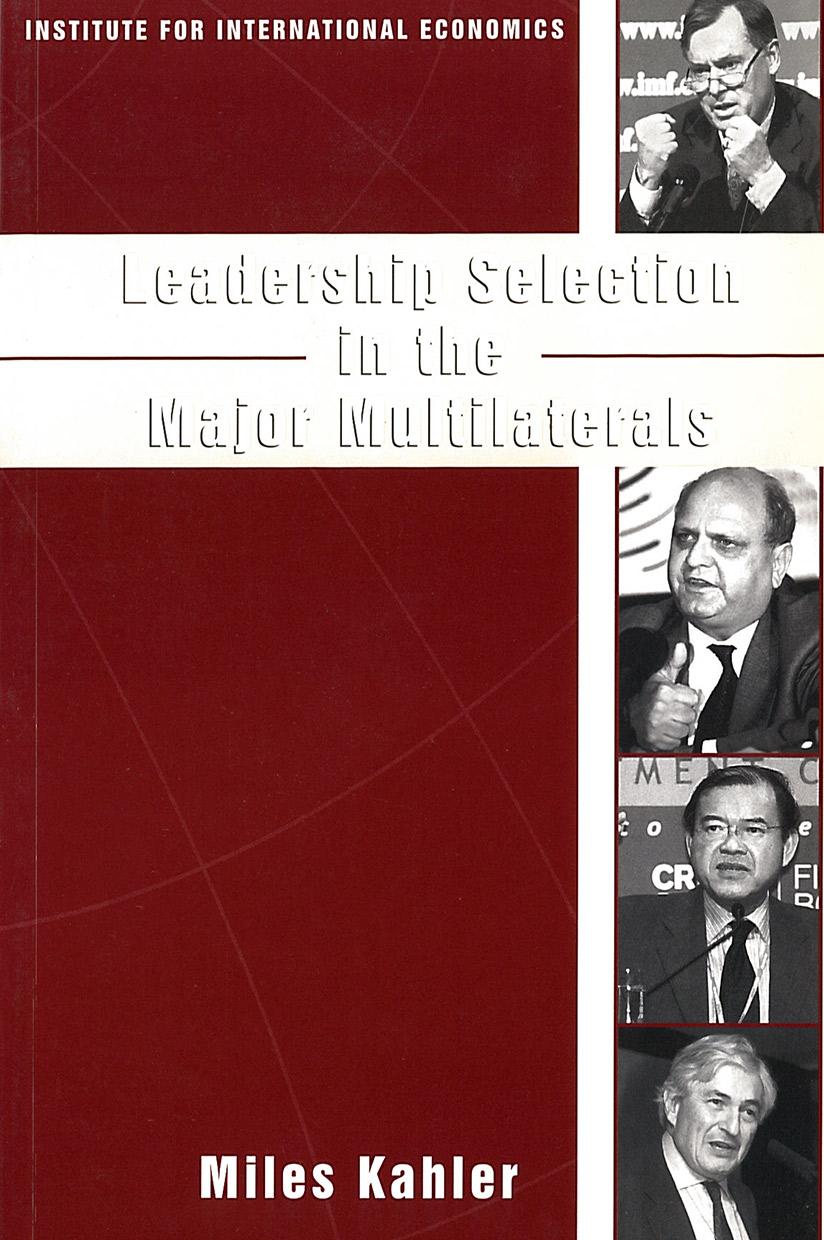
Leadership Selection in the Major Multilaterals
Inspired by the damaging leadership contest fiascos of recent years in certain international organizations, not least that in the World Trade Organization (WTO) in 1998-9, this is a timely and important book. Kahler emphasises that if these bodies do not abandon their old, creaking 'club system of governance' and get their acts together, they will lose their already precarious support in the US Congress and forfeit that of their increasingly assertive members among the developing countries, particularly the large emerging market-economies. With the institutions of global governance thus put at...

Summitry in the Americas: The End of Mass Multilateralism?
Summits among large numbers of leaders that convene on a periodic basis are the “new diplomacy.” In the Western Hemisphere, summits continue to multiply, whether in response to specific issues or to the desire by certain countries to assert their leadership. At the same time, skepticism regarding the value of summits has become widespread. A common view is that summits are largely photo ops for leaders and that their lofty communiqués are soon forgotten, leaving a wide gap between aspirations and implementation. These frustrations notwithstanding, summits are here to stay. Gathering...

The changing phases of diplomacy in a Small Island Developing State: A case study of the Kingdom of Tonga
Diplomacy is an integral tool of communication utilised by nations as a means to achieve their intended interest and goals. The foundations and mode of diplomacy practiced by nations differs according to their circumstances. For Small Island Developing States who differ in size, economy, location, resources, the use of diplomacy has become a vital tool for survival.
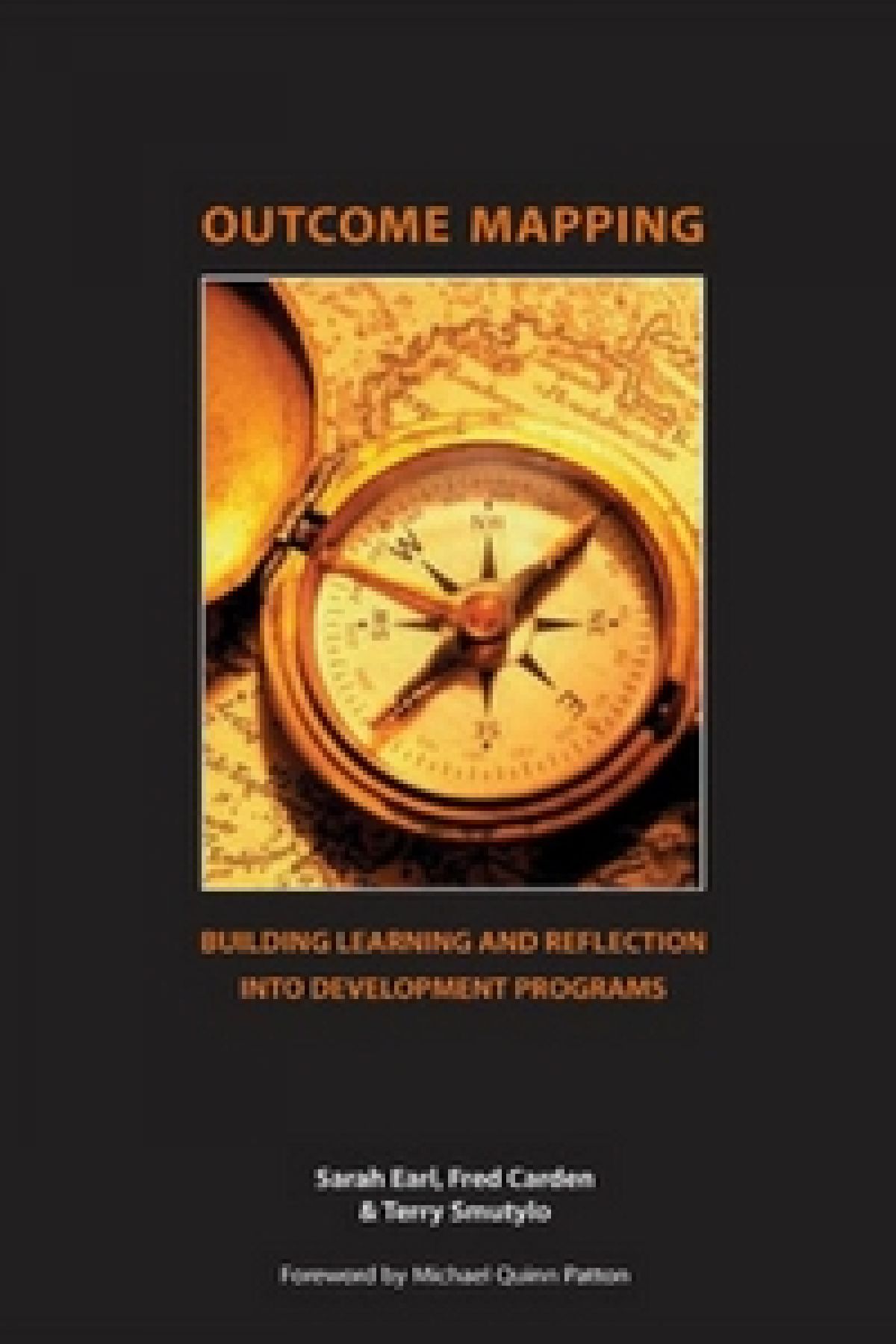
Outcome Mapping: Building, learning and reflection into development programs
"Outcome Mapping" offers a comprehensive approach to development programs, integrating building, learning, and reflection processes to effectively navigate and assess the outcomes of development initiatives.

The Milennium Development Goals Report 2015
The Millennium Development Goals Report 2015 reflects on the progress made towards achieving the eight goals set by world leaders in 2000. It highlights significant accomplishments in areas such as poverty reduction, child mortality, and access to clean water. However, challenges remain, including disparities among regions and persistent inequalities. The report emphasizes the need for continued efforts to address these issues and accelerate progress towards sustainable development.

Impact of Russia’s Foreign Energy Policy on Small European States’ Security. Case Study: The Baltic States
Russia is the main energy supplier for Europe and Europe is the biggest market for Russian energy sources. This interdependency is the main cause for complicated energy relations between the EU, that is struggling to merge divergent interests of its 27 unequal members on one side, and Russia, that has gained new confidence in its energy power, on the other.
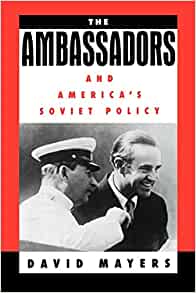
The Ambassadors and America’s Soviet Policy
The Ambassadors and America's Soviet Policy discusses the roles of three prominent American ambassadors in shaping U.S. policy towards the Soviet Union during the early Cold War period. These diplomats employed various strategies to navigate the complexities of Soviet-American relations, including engaging in diplomacy, intelligence gathering, and negotiation. Overall, their efforts helped influence U.S. foreign policy towards the Soviet Union and contributed to the eventual end of the Cold War.
The Clash of Civilizations
The Clash of Civilizations discusses the idea that cultural and religious differences will be the primary source of conflict in the post-Cold War world. The author argues that conflicts will arise along cultural fault lines, such as between Western and Islamic civilizations, rather than the political and economic divisions of the past. This perspective challenges the notion of a peaceful global community and emphasizes the importance of understanding and managing cultural differences to prevent future conflicts.
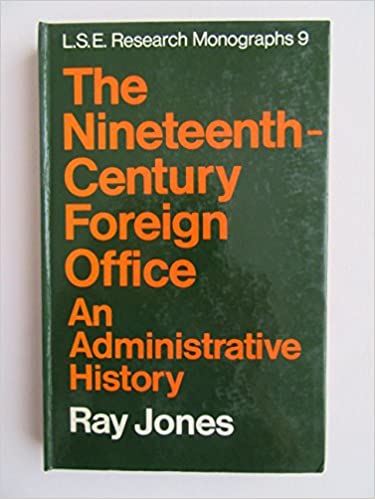
The Nineteenth Century Foreign Office
The Nineteenth Century Foreign Office discusses the evolution of foreign diplomacy during the 1800s, emphasizing the growth of Britain's diplomatic service, the influence of key diplomats and foreign secretaries, and the changing dynamics of international relations during this time period. It explores the impact of major events such as the Congress of Vienna, the Crimean War, and the development of the British Empire on the role and function of the Foreign Office. The article highlights the significant role played by diplomats and foreign secretaries in shaping British foreign policy and navig...
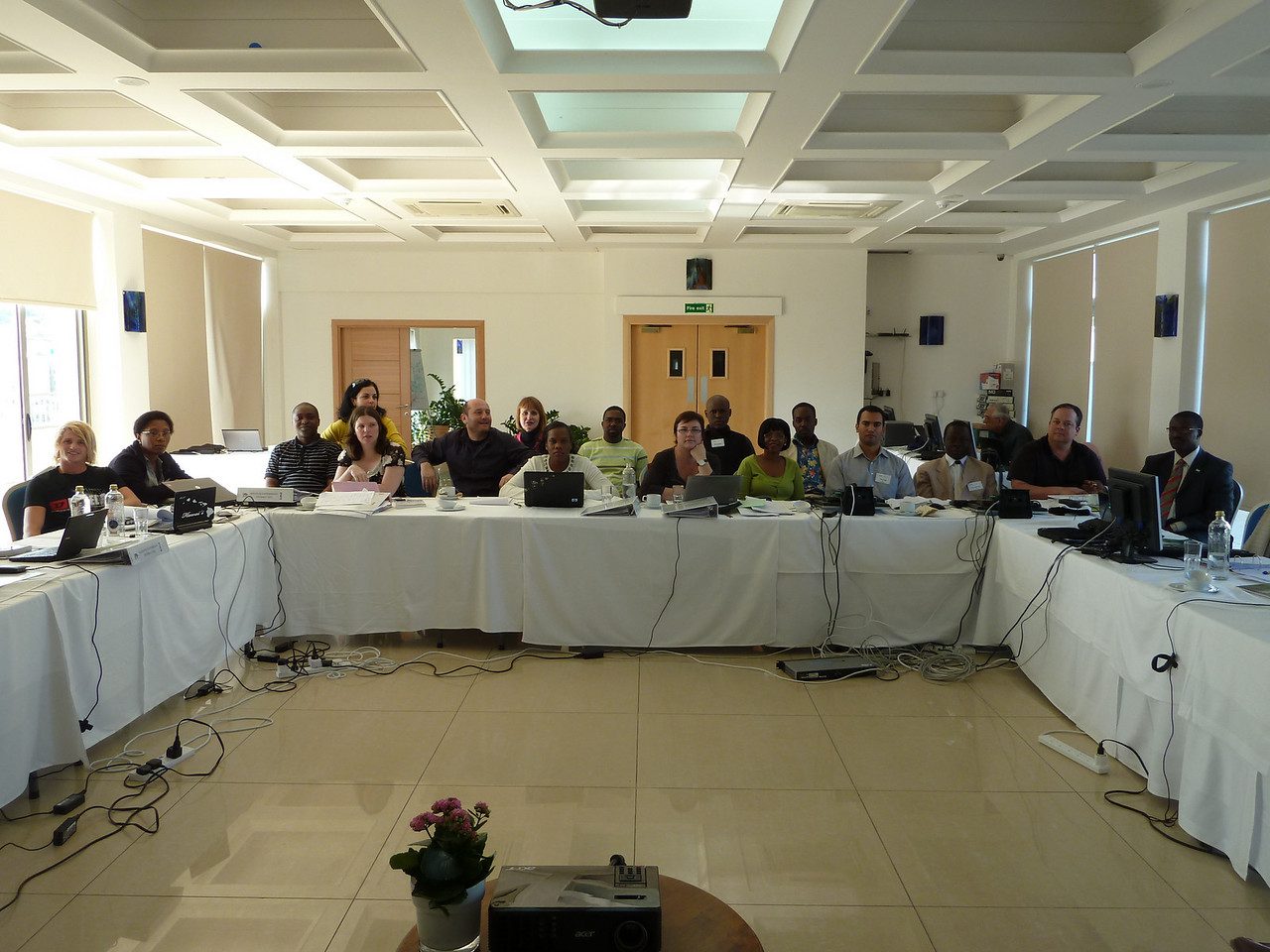
Diplomatic Reporting in the Internet Era
Paper delivered by Ambassador Victor Camilleri during the E-diplomacy panel on Diplomatic Reporting in the Internet Era after WikiLeaks, held on 9 February, 2011.
Major country diplomacy with Chinese characteristics
On July 30, Xi Jinping oversaw a meeting of the Politburo to discuss economic reform, ahead of the widely-anticipated discussions at Beidaihe leading up to the release of a new economic reform package at the Third Plenum in October (Xinhua, July 30). The official press provides no further detail about the meeting, but Premier Li Keqiang has described the center’s economic priorities at great length in recent months. Meanwhile, Xi has been busy consolidating power, gaining hold of what appears to be an unusually strong grasp of the party’s central apparatus. It remains unclear, howev...
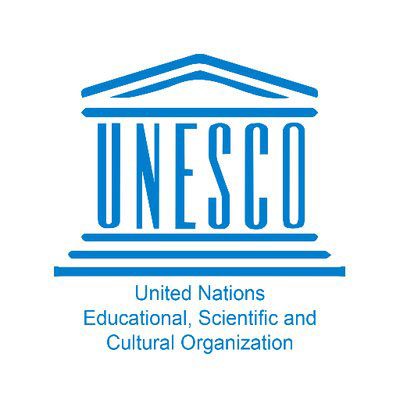
Education Counts: Towards the UN Development Goals
The text discusses the importance of education in achieving the UN Development Goals. It highlights the critical role education plays in economic growth, reducing poverty, improving health outcomes, and promoting gender equality. By investing in education, countries can address various societal challenges and work towards sustainable development.

A Declaration of the Independence of Cyberspace
A declaration of independence for cyberspace, asserting that traditional governments have no authority over this virtual realm. Barlow believes that cyberspace should be free from external regulation and should be governed by the individuals who inhabit it.
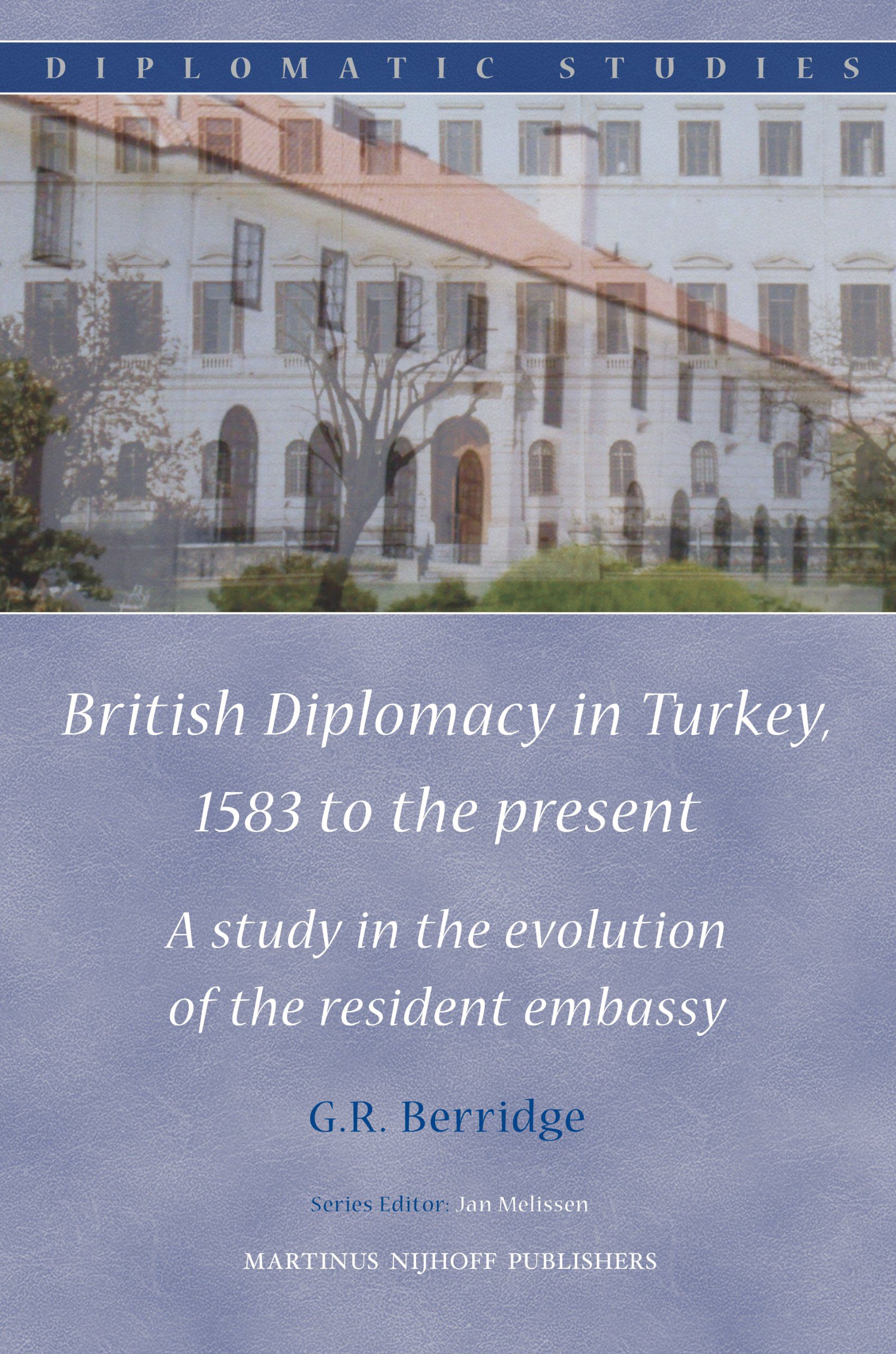
British Diplomacy in Turkey, 1583 to the Present: A Study in the Evolution of the Resident Embassy
The text discusses the evolution of the resident embassy in Turkey from 1583 to the present, focusing on British diplomacy in the region. It delves into the historical development and changes in diplomatic practices over time.
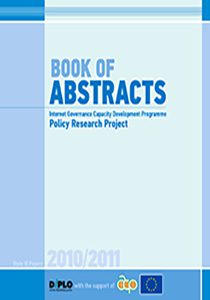
Book of Abstracts (Internet Governance)
This collection of abstracts comes from from research projects conducted during the 2010/2011 Internet Governance Capacity Building Programme (IGCBP).

The Imperial Component in Iran’s Foreign Policy: Towards Arab Mashreq and Arab Gulf States
One of the most important developments the Middle East has witnessed in the 20th centaury was the success of the Iranian revolution of Islamist ideology, with ambitions to control.
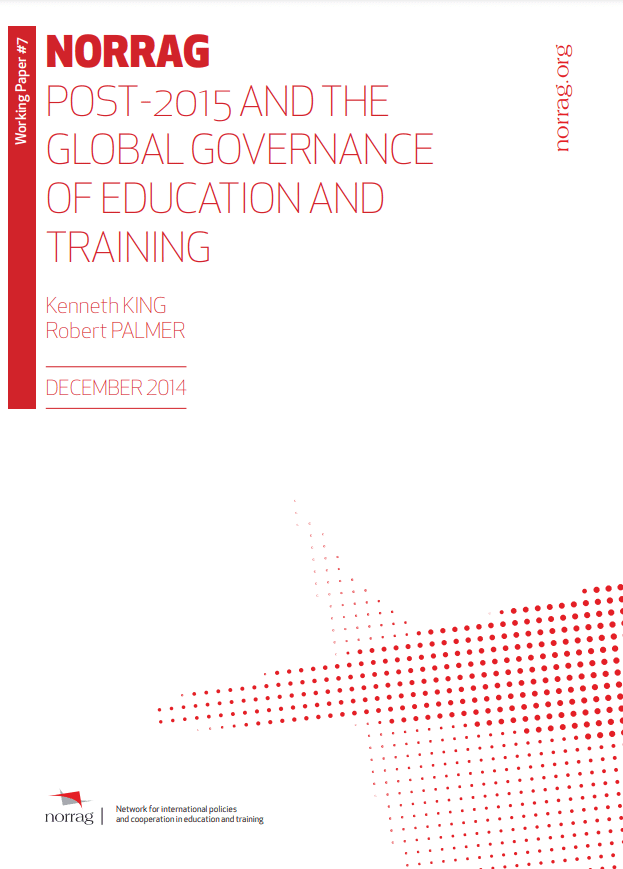
Post-2015 and the Global Governance of Education and Training
The text discusses the importance of post-2015 global governance in education and training. It emphasizes the need for a comprehensive and inclusive framework that addresses the challenges and opportunities in education worldwide. The focus is on creating policies that promote equity, quality, and relevance in education to meet the demands of the 21st century.
Definition of Aggression | United Nations General Assembly Resolution 3314
The United Nations General Assembly Resolution 3314 (XXIX) establishes a Definition of Aggression for the purpose of maintaining international peace and security. It outlines acts that qualify as aggression, condemns war of aggression as a crime against international peace, and emphasizes that no justification can validate aggression. The resolution aims to deter potential aggressors, simplify identifying aggression, and protect the rights of victims.
The miscalculation of small nations
The text discusses how small nations can often be underestimated, showcasing examples where these countries have made significant impacts on the world stage despite their size.

Instruzione e formazione del diplomatico: la tradizione inglese
The text discusses English traditions in diplomatic instruction and training.

The Forgotten French
The text discusses the impact and significance of French immigrants on American history and culture, highlighting their contributions and accomplishments that are often overlooked or forgotten.
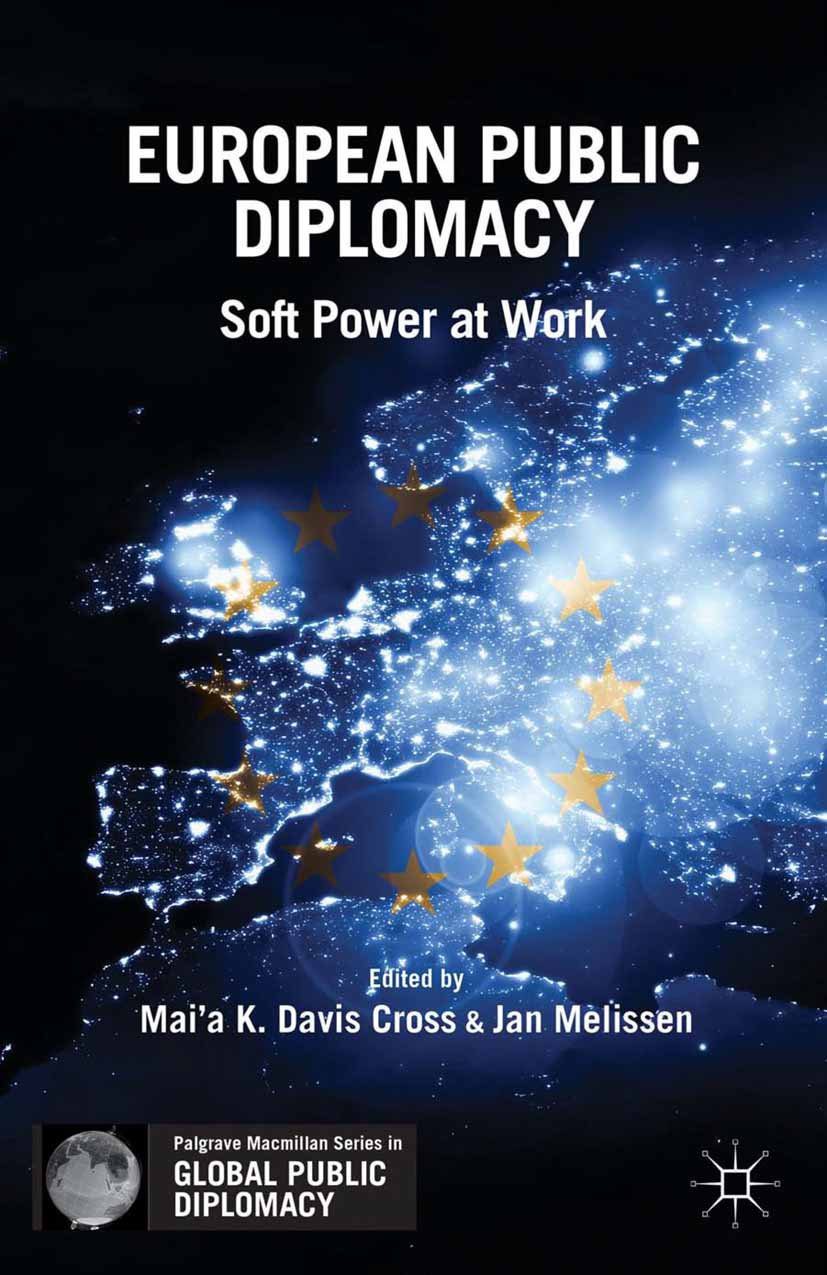
European Public Diplomacy: Soft Power at Work
The text discusses the concept of European public diplomacy and its role in exerting soft power influence globally. It emphasizes the importance of enhancing the EU's image and credibility through strategic communication, cultural diplomacy, and people-to-people exchanges. The text highlights how public diplomacy can help build relationships, foster understanding, and promote the EU's values and interests on the international stage.
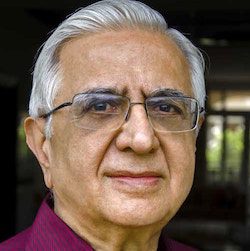
India’s diaspora diplomacy
India emphasizes the importance of its diaspora in expanding its global influence through diaspora diplomacy, focusing on enhancing connections with people of Indian origin worldwide.

The United Nations and Israel
This dissertation studies the relationship between the United Nations and Israel. Similar to most relationships, the one under review keeps evolving due to changing internal realities and emerging external factors.

Internet governance and service provision in Zimbabwe
From an Internet governance perspective, multilingualism and security have been two of the cornerstone themes since its inception. The security theme addresses topics regarding the Domain Names System (DNS), Public Key Infrastructure (PKI), Internet attacks, security awareness, and policies and legal measures to ensure a safe and secure Internet experience. Security is a very diverse area where multiple topics should be tackled, and ignoring one or more topics while securing other areas would still jeopardise the safety of Internet users.

Knowledge and Diplomacy – Alex Sceberras Trigona
In his paper, Alex Sceberras Trigona stresses the importance of the diplomatic document as a primary source of diplomatic knowledge, in the light of the distinction between ‘information’ (can be recorded) and knowledge (not easily recorded), the flow of knowledge as information. He then explains the need for dissecting diplomatic documents, and the various level of analysis which are possible, and the effects of digitalisation on knowledge, information and diplomacy.

Economic and Commercial Diplomacy in Micro States: A Case Study of the Maldives and Mauritius
The Maldives and Mauritius serve as examples of micro states engaging in economic and commercial diplomacy to promote their interests on the global stage. These nations leverage their unique characteristics and resources to attract foreign investments, expand trade opportunities, and foster economic growth. By strategically engaging with international partners, both countries have been able to navigate challenges and capitalize on opportunities to enhance their economic development and overall well-being.

Development Aid and Nigeria’s Poverty Challenge: Millenium Development Goals 4 and 5 in Focus
The quest to eradicate poverty has been identified as the most critical challenge facing development in the world today. Women and children are disproportionately affected by poverty.
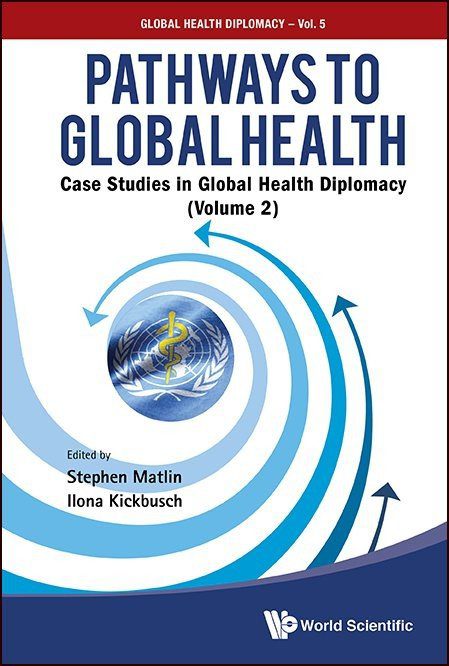
How should the WHO reform: An analysis and review of literature
The WHO should focus on enhancing its governance structure, accountability, and flexibility to effectively address global health challenges. Strengthening collaboration with other organizations, improving funding mechanisms, and prioritizing transparency and inclusivity are crucial for successful reform.
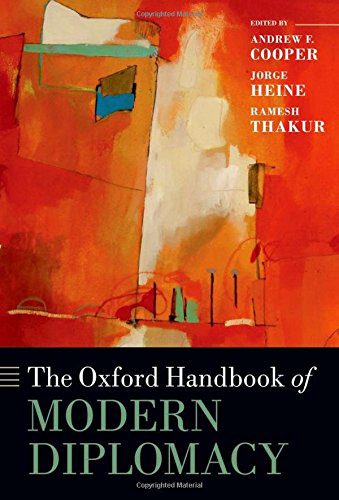
The Oxford Handbook of Modern Diplomacy
The message provides information on modern diplomacy from The Oxford Handbook of Modern Diplomacy.
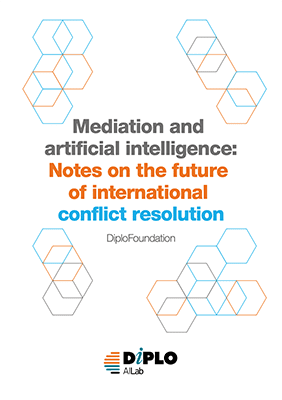
Mediation and artificial intelligence: Notes on the future of international conflict resolution
Over the last years AI has emerged as a hot topic with regard to its impact on our political, social, and economic lives.
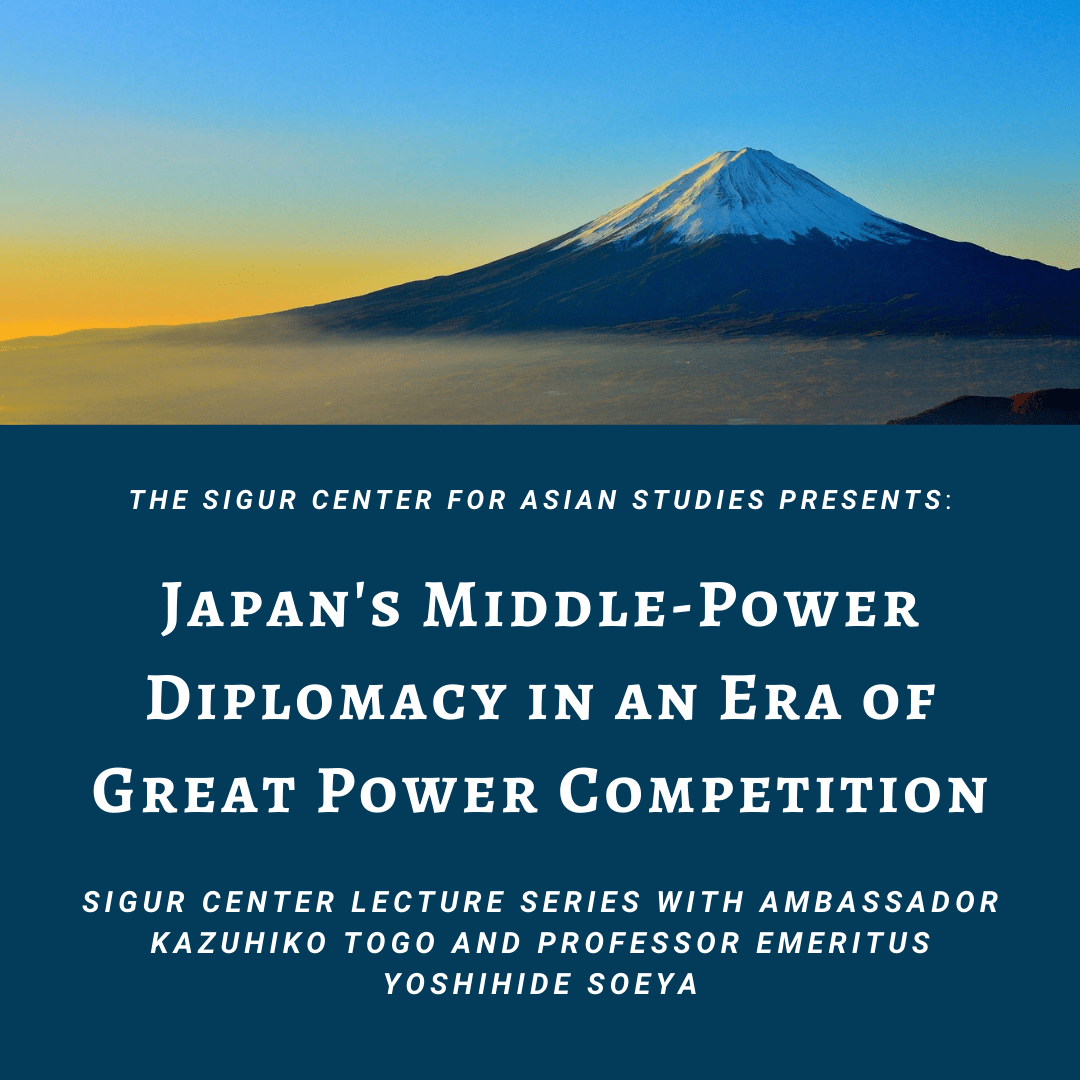
Japanese middle-power diplomacy
In the realm of international relations, Japan engages in middle-power diplomacy, showcasing its influence and capabilities while fostering beneficial relationships on the global stage.
Negotiating the Balkans: The Prenegotiation Perspective
The issues, the activities and the relations preceding the formal international negotiations have increasingly become an area of a special theoretical interest.
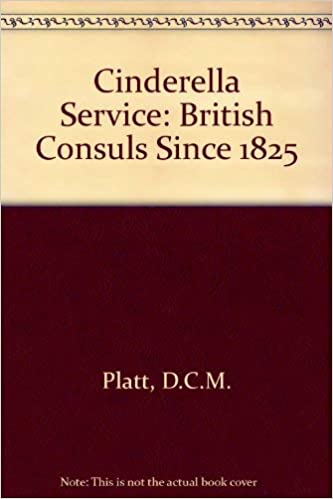
The Cinderella Service: British Consuls since 1825
The British Consul Service has evolved over the years since 1825, adapting to modern times while maintaining its traditional values and responsibilities.
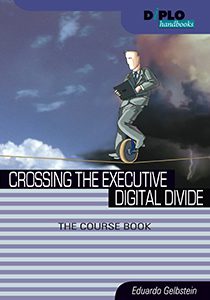
Crossing the Executive Digital Divide
Information and communications technologies (ICT) have become critical in business, government, manufacturing, critical infrastructures, academia, and, literally, everywhere else, and yet, despite the large sums of money involved, ICT remains the least well understood function in an organization.

The Fundamental Principles of the Red Cross: Commentary
The Fundamental Principles are the result of a century of experience. Proclaimed in Vienna in 1965, they bond together the National Red Cross and Red Crescent Societies, the International Committee of the Red Cross and the International Federation of Red Cross and Red Crescent Societies, and guarantee the continuity of the Movement and its humanitarian work. In this succinct commentary intended for the general public, Jean Pictet explains the meaning of each of the seven Fundamental Principles; he analyses them on the basis of different criteria and presents all their various aspects, thus mak...
What is Global Health Diplomacy? A Conceptual Review
The article explores the concept of global health diplomacy, highlighting its complexity and interdisciplinarity. It emphasizes the importance of collaboration between various sectors, such as health and foreign affairs, to address global health challenges effectively. Key components include negotiation, advocacy, and communication skills, alongside political awareness and cultural sensitivity. The review underscores the need for innovative strategies to tackle health issues on a global scale through diplomatic efforts that prioritize equity, solidarity, and cooperation among nations.

EU’s Council Conclusions on digital diplomacy
EU's Council Conclusions on Digital Diplomacy introduce a holistic approach including cybersecurity, standardisation, human rights, and other digital topics. There is also a prominent link between green and digital/cyber diplomacy.
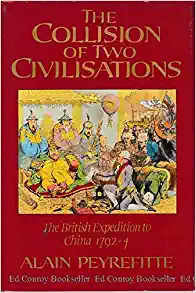
The Collision of Two Civilisations: The British Expedition to China 1792-4
The text discusses the British expedition to China in 1792-94, examining the clash between two cultures.
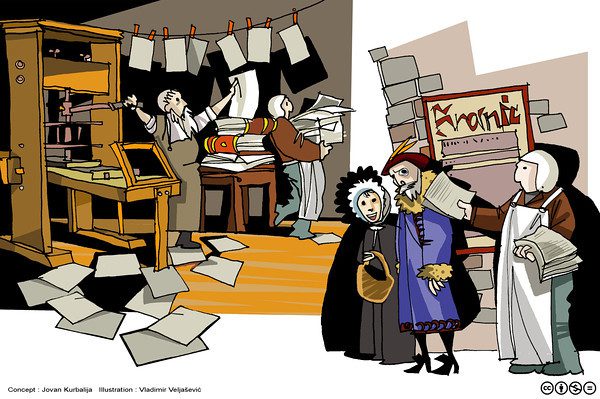
Renaissance Diplomacy and the Reformation
We invite you to continue our walk along timeline of Evolution of diplomacy and technology. In May, our next stop is Renaissance diplomacy and the impact of the invention of the printing press on diplomacy in the Reformation period.
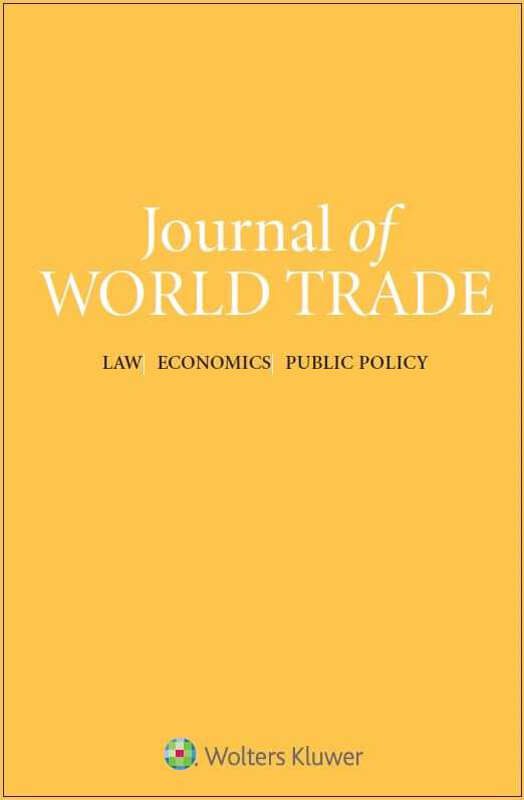
Rethinking trade in education services: A wake-up call for trade negotiators
Education plays a crucial role in fostering personal and social development, as well as economic growth. Government policies play a dominant role in this sector. Over time, trade in education services, particularly at the tertiary level, have been growing in importance. Driving factors include a combination of demographic changes, technological developments, national development goals, and governmental reforms to the funding and provision of higher education. The educational market has grown in size with more exporters entering the field to satisfy growing demand worldwide. The education ...
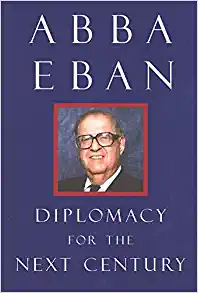
Diplomacy for the New Century
The text discusses the importance of diplomacy in the modern era, emphasizing the need for updated approaches and strategies in international relations. Diplomacy plays a crucial role in addressing global challenges and fostering cooperation among nations in the 21st century.
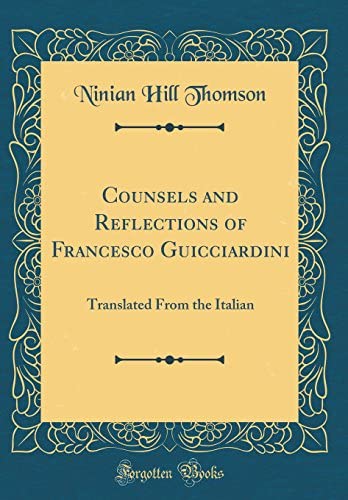
Guicciardini’s Ricordi: The Counsels and Reflections of Francesco Guicciardini
Francesco Guicciardini was born into a long-established patrician family in Florence in 1483. He trained and then practised successfully as a lawyer, but in January 1512 was sent by the signoria, despite his youth, as ambassador to Spain.1 His mission was conducted against a background of acute tension and at a time when the goodwill of Ferdinand the Catholic — that master of deceit’ 2 — was of the first importance to the republic. (Ferdinand’s soldiers, only recently allied to those of Pope Julius II against Florence’s ally, France, were entering the nearby Romagna.) Guicciardini re...
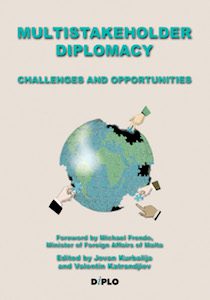
Multistakeholder Diplomacy – Challenges and Opportunities
This book is a collection of papers from Diplo’s February 2005 conference in Malta and from research interns involved in our Multistakeholder Diplomacy internship programme.
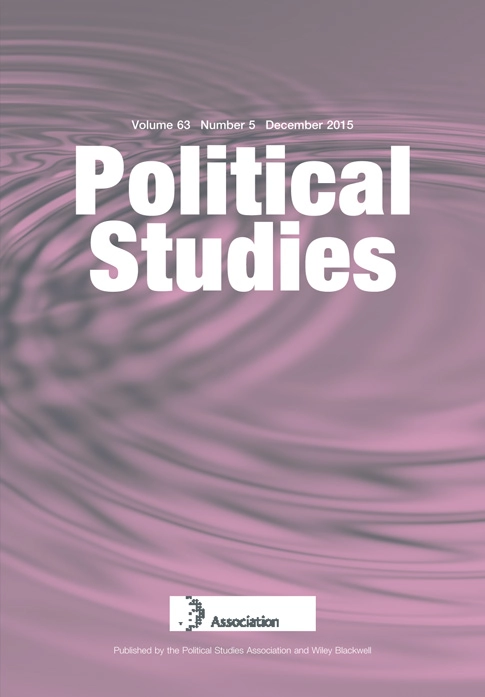
Lilliput under threat: The security problems of small island and enclave developing states
The article discusses the security challenges faced by small island and enclave developing states like Lilliput.

Use of language in diplomacy
Part of Language and Diplomacy (2001): Ambassador Stanko Nick takes a practical approach, examining issues such as the choice of language in bilateral and multilateral meetings, the messages conveyed by language choice, difficulties posed by interpretation, and aspects of diplomatic language including nuance, extra-linguistic signalling, and understatement. Language, according to Nick, is not a simple tool but "often the very essence of the diplomatic vocation."

Graduating from least developed country to middle income country status: A trap for small island developing states?
SIDS tends to perform particularly well with regards to their socio-economic achievements and development endeavours. As a result, several SIDS graduate from their Least Development Country status to Middle-Income Country status. This graduation implies that SIDS are much better-off economically and can do without the special treatments and benefits in terms of Overseas Development Assistance that they were receiving as an LDC. However, and this is the thrust of the argument in this paper, this is not the case at all. The support was and is crucial to SIDS. After all, it was the catalyst which...

Barriers to conflict resolution in Africa: Mediating beyond power and ethnicity in the EAC and SADC countries through a Kenyan case study
This paper assesses the relevance of ethnicity and power in conflicts occurring in the EAC and SADC regions through a case study of Kenya. It engages with elites’ power contestation and the manner in which power has historically caused violence and instability in Kenya. Further, an account of researches on ethnicity and its inducing of violence is made. Through this, one discovers the importance of ethnicity beyond that of being a channel for the upsurge of violence.
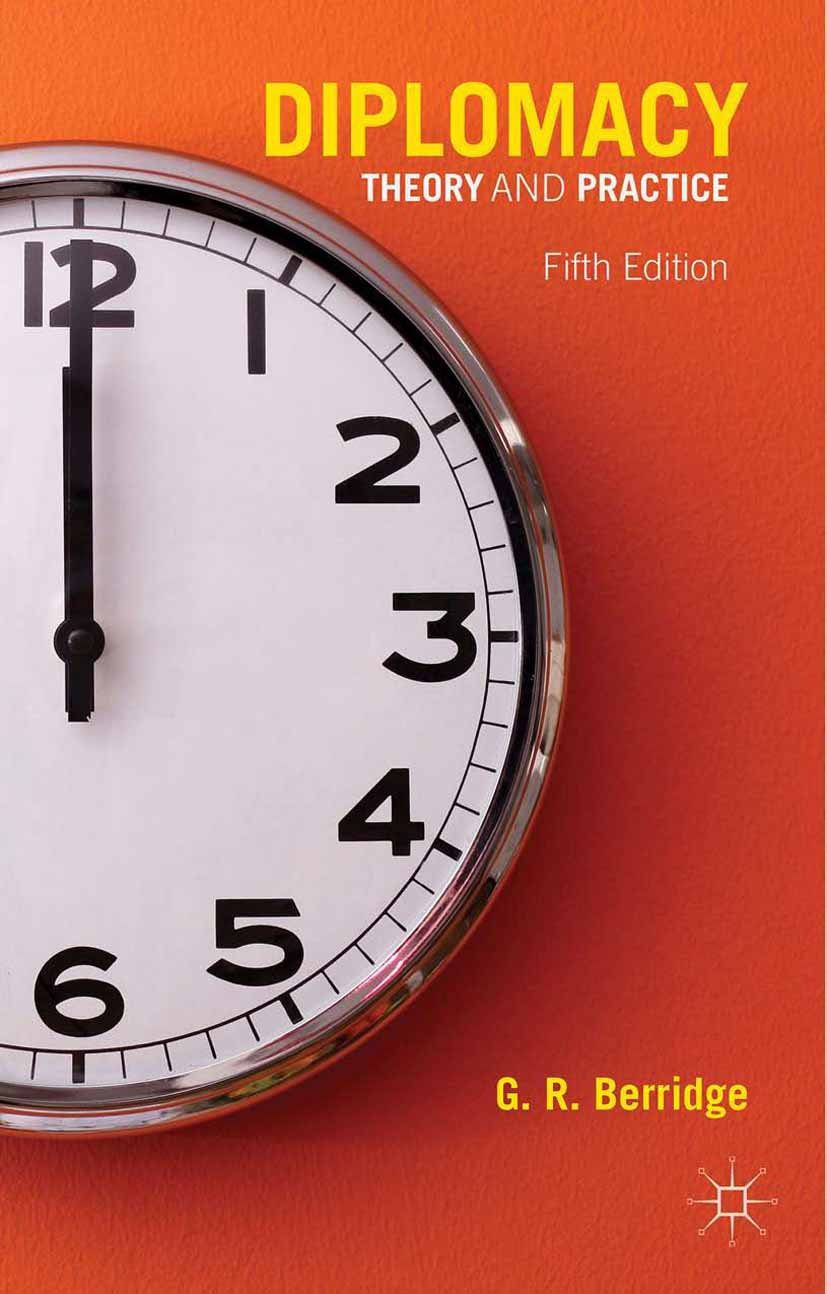
Diplomacy: Theory and Practice, Fifth Edition
In 2005, I reviewed the third edition of Diplomacy: Theory and Practice by G.R. Berridge as essential reading for Robinson Crusoe, had he been a student of diplomacy. We all know that eventually Crusoe ended his assignment on the foreign island and returned to his native country where he found himself a wealthy man for whom bibliography no longer had a role to play … unlike the rest of us, who have continued to practise diplomacy and read books about it.
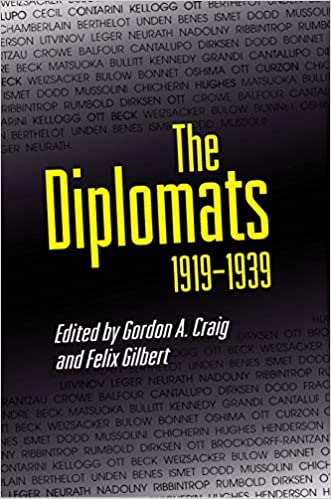
The Diplomats, 1919-1939
The message outlines the diplomatic efforts and challenges between 1919 and 1939, exploring key events and agreements during this period.
The NIRSA Diaspora Strategy Wheel and Ten Principles of Good Practice
A Diaspora Strategy is an explicit and systematic policy initiative or series of policy initiatives aimed at developing and managing relationships between homelands and diasporic populations. These policy initiatives vary from highly formalised and structured programmes to projects that are quite light in conception and application. A diaspora strategy is perhaps best thought of then as an overarching framework for providing a level of coherence to the range of diaspora policies devised and implemented by a variety of agencies. The NIRSA Diaspora Wheel is designed as a checklist for poli...
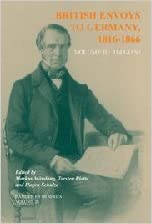
British Envoys to Germany 1816-1866
The text discusses the role and activities of British envoys in Germany from 1816 to 1866.
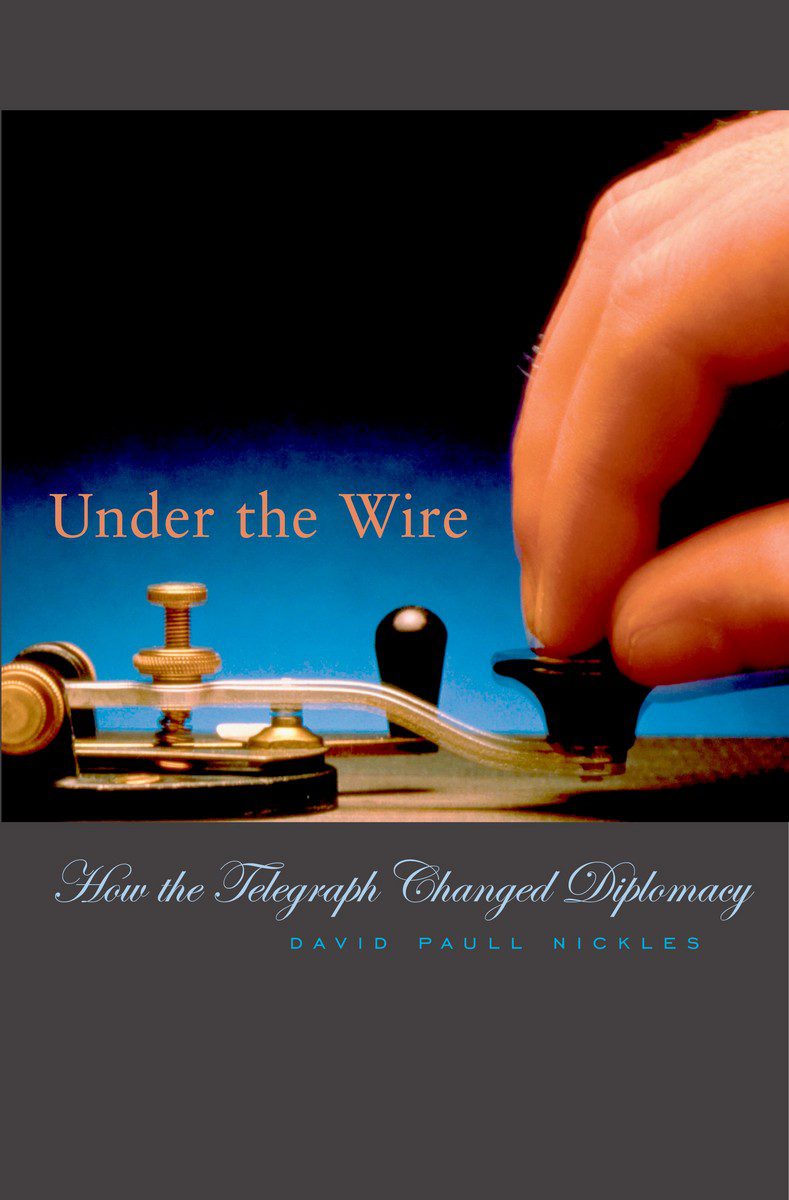
Under the Wire: How the telegraph changed diplomacy
Nickles, who is a State Department historian, has written the first full-length study of this important and intriguing subject. Excluding an introduction and short conclusion, it has seven chapters presented in three parts ('Control', 'Speed', and 'The Medium'), each having a chapter devoted to a case study: the Anglo-American crisis of 1812, the further Anglo-American crisis of 1861 ('the Trent affair'), and the Zimmerman telegram of January 1917 - which of course also involved the United States.

“Control yourself, Sir!”: A call for research into emotion cultures in diplomacy
This essay examines and seeks to explode the notion that diplomats are, or should be, immune to emotion in the conduct of their duties. It also discusses the concept of emotion cultures - cultural rules governing the experience and expression of emotion and suggests the possibility that modern diplomacy, perhaps a distinctive culture in itself, encourages the socialisation of diplomats into a distinctive, ostensibly global diplomatic emotion culture.

DiploDialogue – Metaphors for Diplomats
On Diplo’s blog, in Diplo’s classrooms, and at Diplo’s events, dialogues stretch over a series of entries, comments, and exchanges and may even linger. DiploDialogue summarises. It’s like in sports events: DiploDialogue aims to bring focus by deleting what, in hindsight, is less relevant. In this first DiploDialogue, Katharina Höne and Aldo Matteucci discuss the usefulness of analogies and metaphors for understanding international relations and diplomacy.

The Role of Diplomacy in Achieving Representation and Participation for the Roma
In his dissertation Valeriu Nicolae takes the position that conventional diplomacy needs not only reform, but also the development of efficient approaches towards the prevention and negotiation of interstate/intrastate ethnic conflict. He proposes that a European Roma diplomatic corps may offer a solution in negotiating more sustainable European inclusion policies as well as in resolving inter-ethnic conflicts and in bringing about a change of attitudes within not only diplomatic and political circles, but also within the majority populations in regard to Roma.
Equity and state representations in climate negotiations
The text examines the dynamics of equity and state representations within climate negotiations, highlighting the complexities and challenges of addressing fairness and inclusivity in global climate governance.

Relations between Cyprus and Germany 1960 to 1968
Antonis Sammoutis attempts an examination of relations between Germany and Cyprus during the years 1960-1968. He starts by examining bilateral relations in the first three years of the Republic of Cyprus and then going into the most crucial year of the conflict in Cyprus - 1964. Sammoutis then examines the years 1965-1968 ending with a summary of the main issues along with the main conclusions drawn from the research.
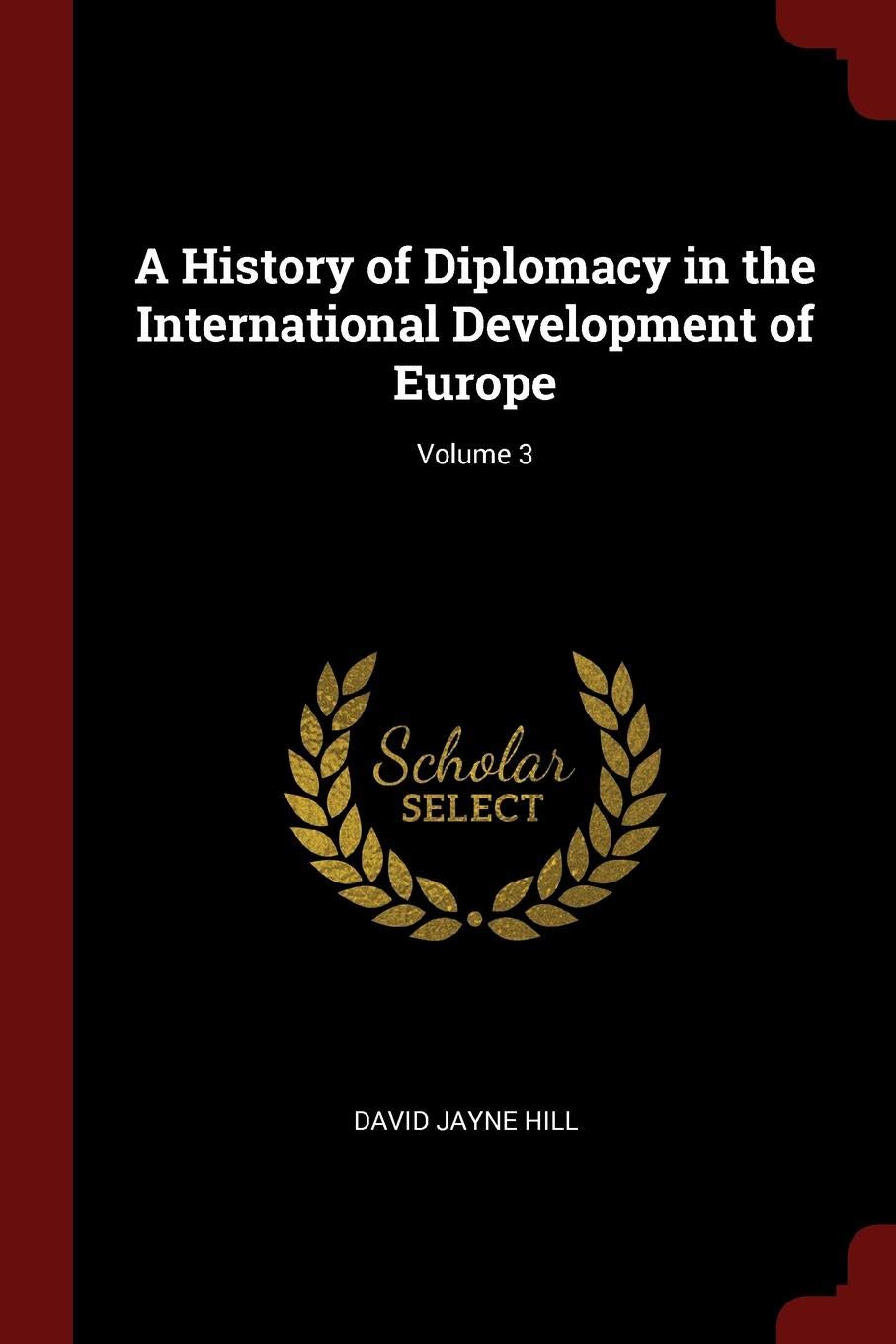
A History of Diplomacy in the International Development of Europe, vol. 3
The text provided was empty. Could you please provide the content you would like to be summarized?
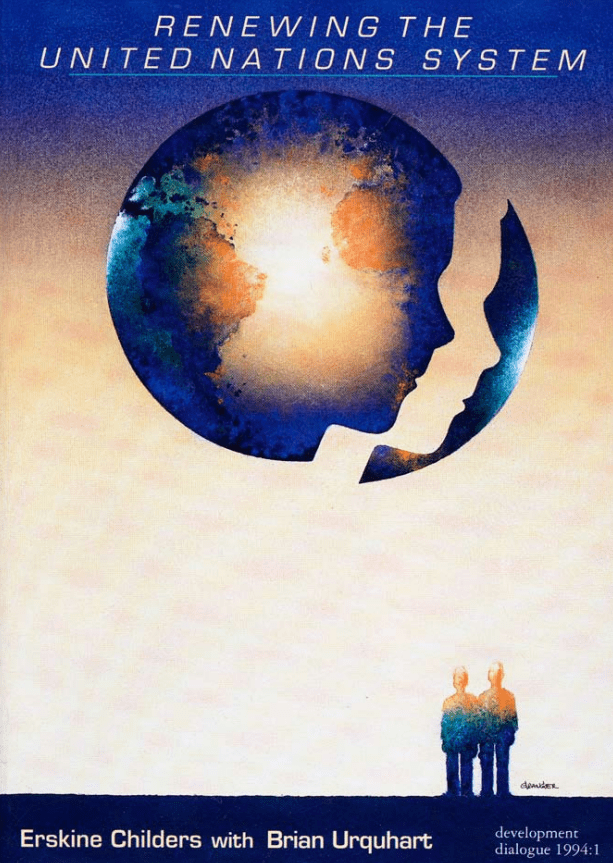
Renewing the United Nations System
Our object in this study is to analyse the present state of the UN 'system' and to suggest changes and reforms which might allow it to function in a more systematic and effective manner. This study is the fourth in a sequence analysing salient problems in the working of the United Nations system and recommending how to equip it better to meet the enormous challenges of a new era. Each study has benefited from the sponsorship and consistent encouragement of the Dag Harnrnarskjold Foundation (Uppsala, Sweden) and the Ford Foundation (New York, USA). The work began in 1989-1990 with issues ...

Language, culture and the globalisation of discourse
To explore the idea that word use is culture-bound, this paper examines the English words culture and globalisation, to discover how they are used, and how they have come to have certain meanings or represent certain ideas.

Current developments in South African diplomacy
As the new South Africa adapts to an ever-changing regional, continental and global environment, this paper reviews current developments against the background of the historic situation and of the evolution of diplomacy world-wide.
Multilateralism and the End of History
The essay delves into the significance of multilateralism in the post-Cold War era, exploring its role in shaping global politics during a time when some believed that the end of the Cold War marked the "end of history." It discusses how multilateralism has become a key feature in navigating international relations and addresses the challenges and opportunities associated with this cooperative approach to diplomacy. The essay concludes by emphasizing the continued relevance and potential of multilateralism in today's complex and interconnected world.
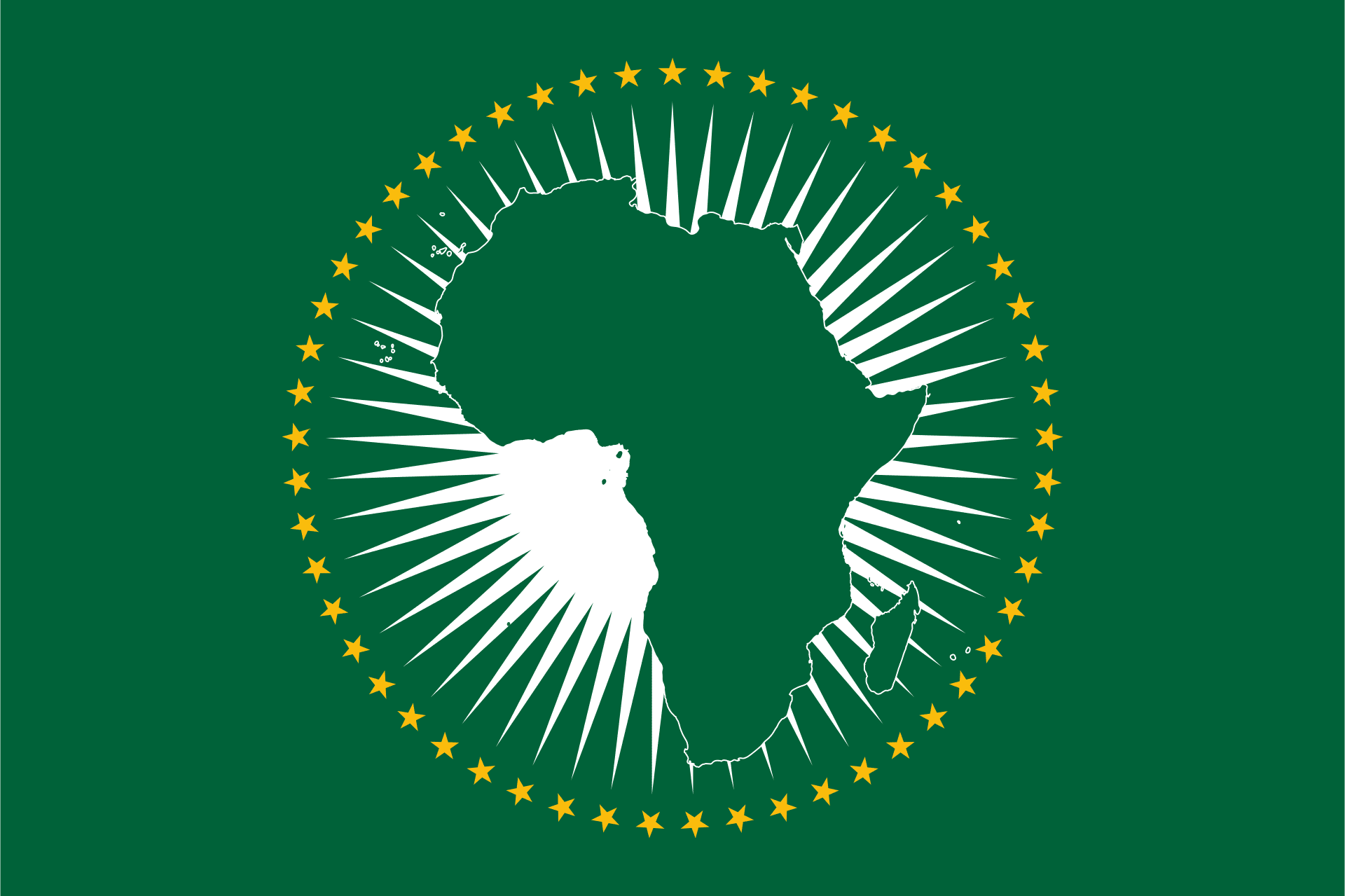
Declaration of the Global African Diaspora Summit
The text describes the Global African Diaspora Summit as a significant platform for discussing issues affecting people of African descent worldwide, fostering unity, and promoting economic development and social inclusion within the diaspora.

Politics and Diplomacy in Early Modern Italy: The structure of diplomatic practice, 1450-1800
This collection of essays, edited and well introduced by Daniela Frigo of the University of Trieste, reflects the comparatively recent rediscovery of interest in the diplomacy of their own peninsula by Italian historians. (The only non-Italian contributor is Christopher Storrs.) All of the essays are of a high standard and most contain much new research. Adrian Belton is, therefore, also to be congratulated for making them accessible to English readers by means of his excellent translation.

Knowledge and Diplomacy
Knowledge and Diplomacy presents papers on knowledge and knowledge management from the January 1999 Conference on Knowledge and Diplomacy in Malta. The papers in this book, examining the topic from a variety of backgrounds, academic interests and orientations, reflect the multidisciplinary character of knowledge management. This publication is only available online.
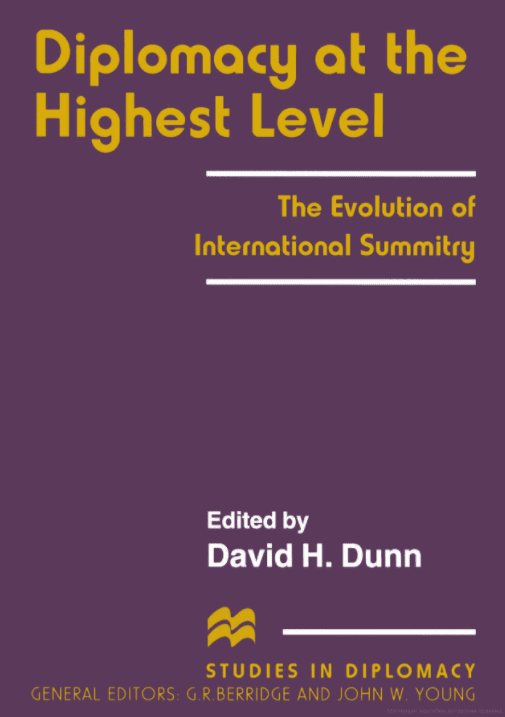
Funeral summits
Berridge, G. R. (1996) 'Funeral summits', in David H. Dunn (ed.), Diplomacy at the Highest Level: The evolution of international summitry (Macmillan - now Palgrave Macmillan: Basingstoke).

The positive branding of Islam
In the text, the positive aspects of Islam are highlighted, emphasizing values such as peace, justice, and compassion present within the religion. The message aims to counter negative stereotypes and promote a better understanding and appreciation of Islam.
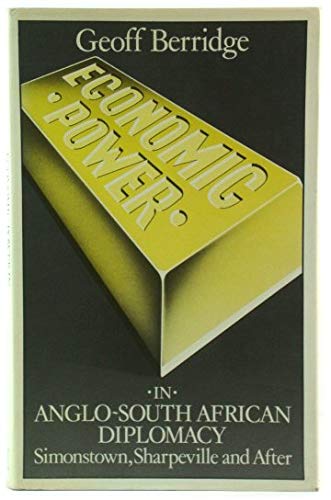
Economic Power in Anglo-South African Diplomacy
The text discusses how economic power influences Anglo-South African diplomatic relations.

Manual on Compliance with and Enforcement of Multilateral Environmental Agreements
The text provides comprehensive guidance on compliance with and enforcement of multilateral environmental agreements, offering practical strategies and tools for enhancing global environmental governance.

A Future for Small States: Overcoming Vulnerability
The message provides strategies for small states to overcome vulnerability and thrive in the future.
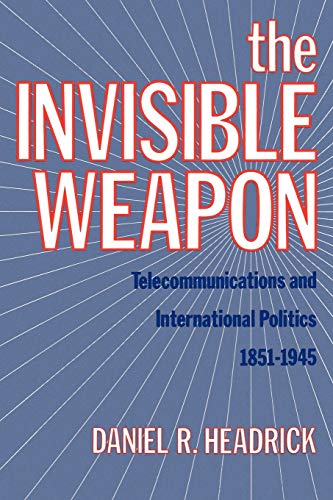
The Invisible Weapon: Telecommunications and International Politics 1851-1945
The text discusses the impact of telecommunications on international politics from 1851 to 1945.
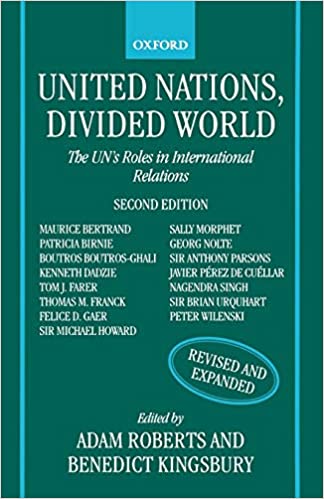
United Nations, Divided World, 2nd ed
The message is a placeholder and does not contain any actual content to summarize.
The Hypocrisy Threatening the Future of the Internet
The message highlights the threat of hypocrisy to the future of the internet, raising concerns about the negative impact of inconsistent actions and standards on the digital landscape.
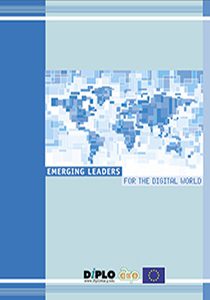
Emerging Leaders for the Digital World
Emerging leaders, whose stories feature in this publication, are among 501 participants from 60 ACP countries who participated in the Capacity Development programme in ICT Policy and Internet Governance for Africa Caribbean and Pacific (ACP) 2010/2011.
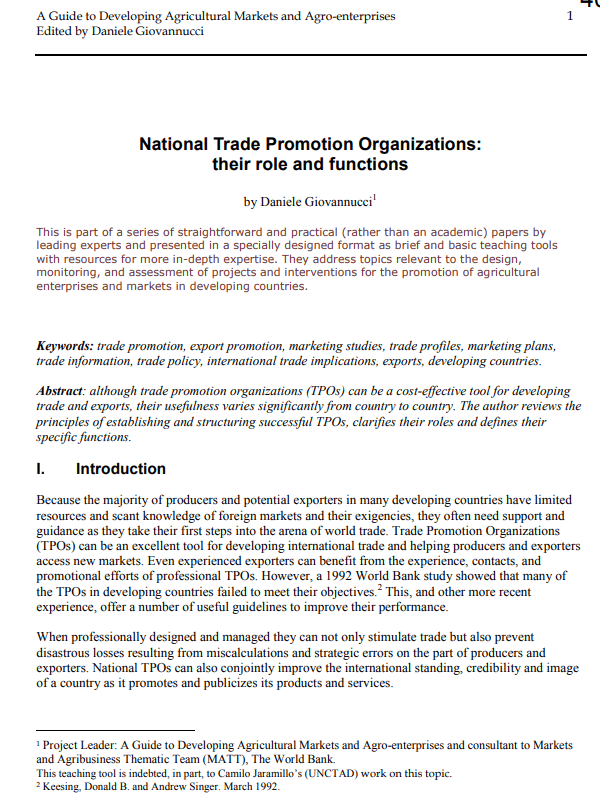
National Trade Promotion Organizations: Their role and functions
Although trade promotion organizations (TPOs) can be a cost-effective tool for developing trade and exports, their usefulness varies significantly from country to country. The author reviews the principles of establishing and structuring successful TPOs, clarifies their roles and defines their specific functions.
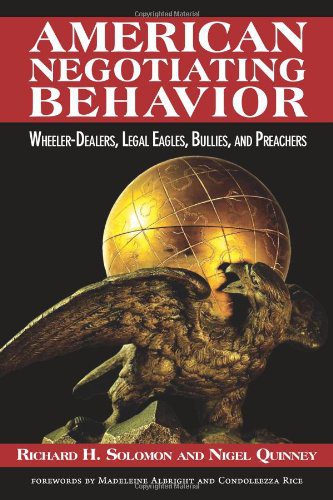
American Negotiating Behaviour: Wheeler-Dealers, Legal Eagles, Bullies, and Preachers
The text discusses various negotiating behaviors commonly observed in Americans, categorizing them as wheeler-dealers, legal eagles, bullies, and preachers.

Our Global Neighbourhood
The text discusses the importance of global cooperation and the need for collaborative efforts to address various global challenges and create a sustainable and peaceful world. It emphasizes the interconnectedness of nations and the shared responsibility to work together for the betterment of all.
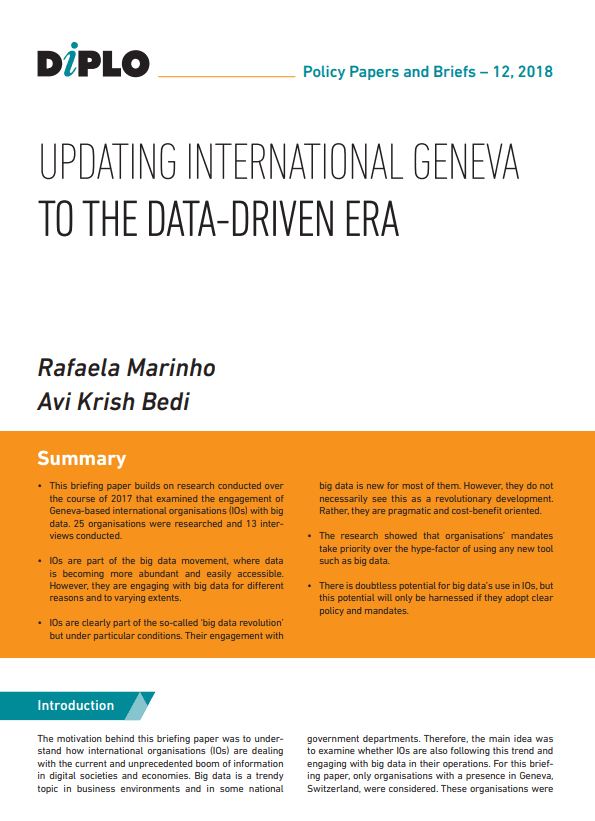
Updating International Geneva to the Data-driven Era (Briefing Paper #12)
In this briefing paper, Ms Rafaela Marinho and Mr Avi Krish Bedi outline their research on how international organisations (IOs) in Geneva address and use big data in their work.
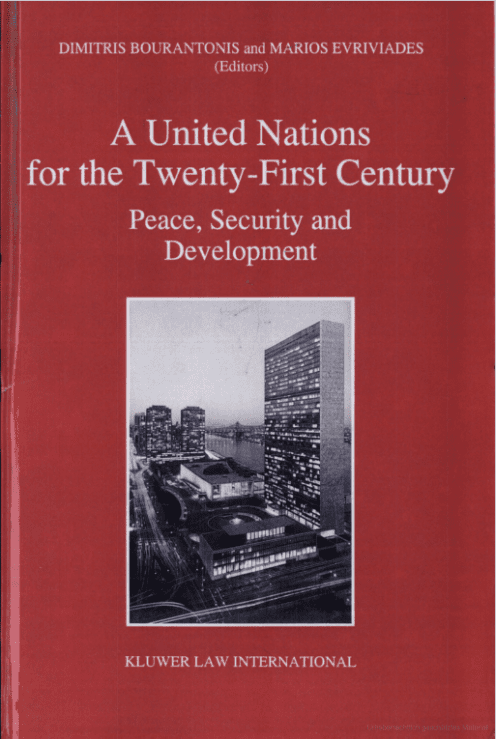
A United Nations for the Twenty-First Century
The United Nations needs to be reformed to effectively address global challenges in the modern era. More representation, increased funding, and a focus on prevention rather than reaction are crucial for the organization to be successful in the twenty-first century.
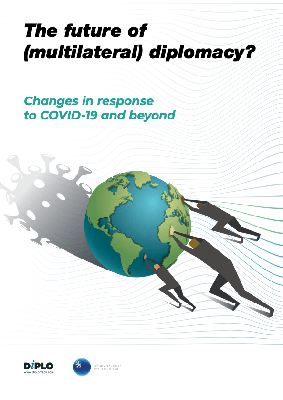
The future of (multilateral) diplomacy? Changes in response to COVID-19 and beyond
The year 2020 marked the 75th anniversary of the United Nations (UN). It is also the year that the world was faced with responding to the emergence of the novel coronavirus, COVID-19, an unprecedented global challenge that has left no area of society and no individual life untouched.
Introduction and… The Health Diplomacy of Diversity
The message will focus on highlighting that diversity plays a crucial role in health diplomacy. It will emphasize the importance of embracing and recognizing diverse perspectives in addressing global health challenges effectively. The text will likely discuss how valuing diversity can lead to more innovative solutions and improved healthcare outcomes worldwide.
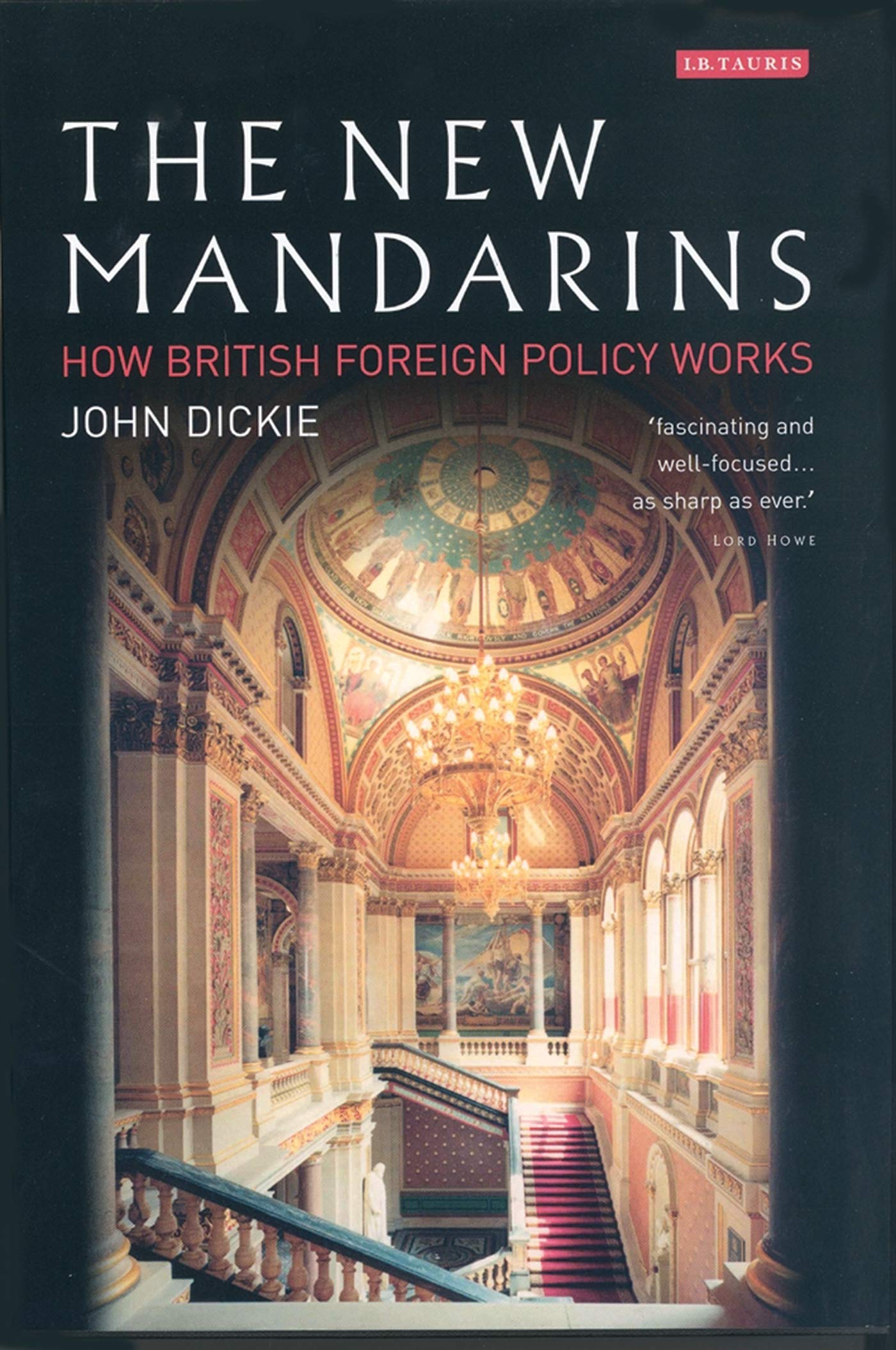
The New Mandarins: How British foreign policy works
The message delves into how British foreign policy operates, examining the role of the "new mandarins" in shaping decisions and strategies.

In search of the most sustainable and coherent diplomatic approaches to addressing the fundamental challenges Small States (including Small Island States or SIDS) perennially face in an uncertain world of hegemonic giants
Small states, in every sphere of natural and human activity, are negatively and disproportionately impacted by crises, when compared to their hegemonic, larger and stronger counterparts.

The Role of the Beijing Olympics in China’s Public Diplomacy and its Impact on Politics, Economics and Environment
The 2008 Beijing Olympics were ardently sought, lavishly staged and hugely successful, despite intense scrutiny, speculation and setbacks. Amplified by modern media, most controversies revolved around China's political repression, epitomised by Tibet brutality. Resultant protests threatened boycott and terror, putting internal cohesion, national image and Olympic dream at stake.
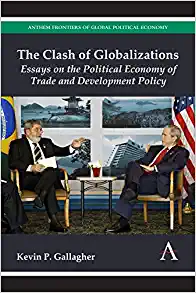
The Clash of Globalizations: Essays on the Political Economy of Trade and Development Policy
The Clash of Globalizations: Essays on the Political Economy of Trade and Development Policy explores the tensions between different approaches to globalization, examining how they impact trade and development policy.

Persuasion: bad practices and … others
Persuasion is a very relative concept. Like beauty, persuasion is the eye of the beholder. Admittedly, persuasion does not exist in the absence of results. One can say that persuasion can be defined as such, if and only if it is effective and reaches its goals. If we accept this prerequisite, we may find persuasion where we least expect it.

US Public Diplomacy: A Cold War Success Story?
The post-'9/11' revival of interest in US public diplomacy encompasses a wide variety of opinions, all overwhelmingly critical.
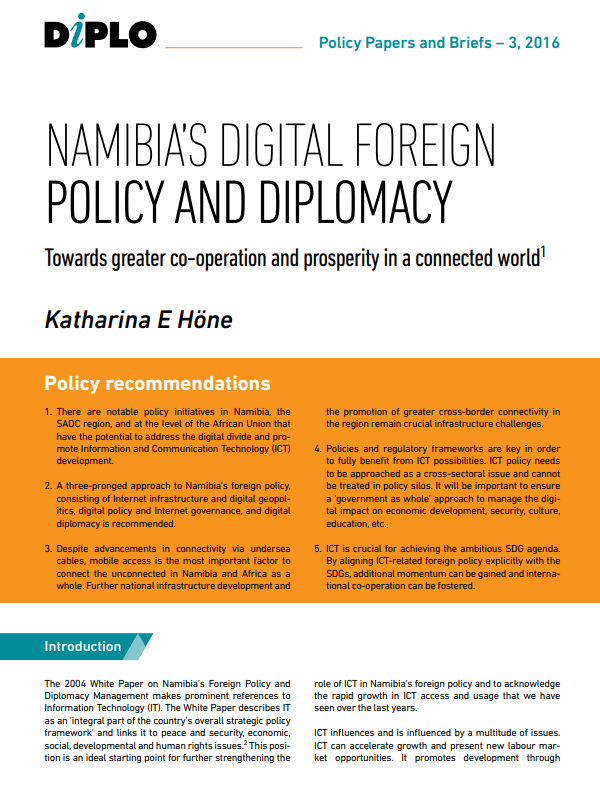
Namibia’s Digital Foreign Policy and Diplomacy (Briefing Paper #3)
This briefing paper emerged from Diplo's participation in Namibia's Foreign Policy Review Conference (July 2016). In this paper, Dr Katharina E. Höne suggests a three-pronged approach to Namibia's digital foreign policy and diplomacy, and looks at the discourse on information and communications technology (ICT) and development.

The Long Summer: How Climate Changed Civilisation
Nothing is more changeable than ancient history. As we begin to interpret nature’s archives new insights emerge, overthrowing older orthodoxies, only to be toppled in turn by the next spate of facts. Brian Fagan's latest book too is but history in progress, with a fairly short shelf-life. In some parts it has already been challenged [1].
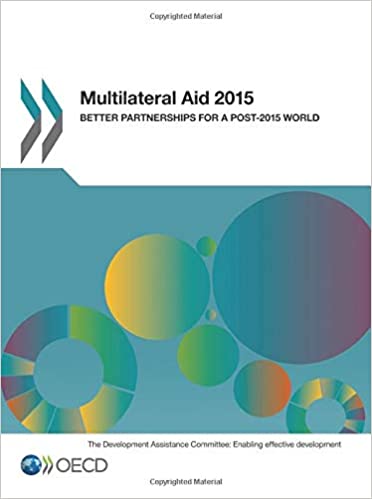
Multilateral Aid 2015: Better Partnerships for a Post-2015 World
The message emphasizes the importance of improving partnerships in multilateral aid for a post-2015 world.
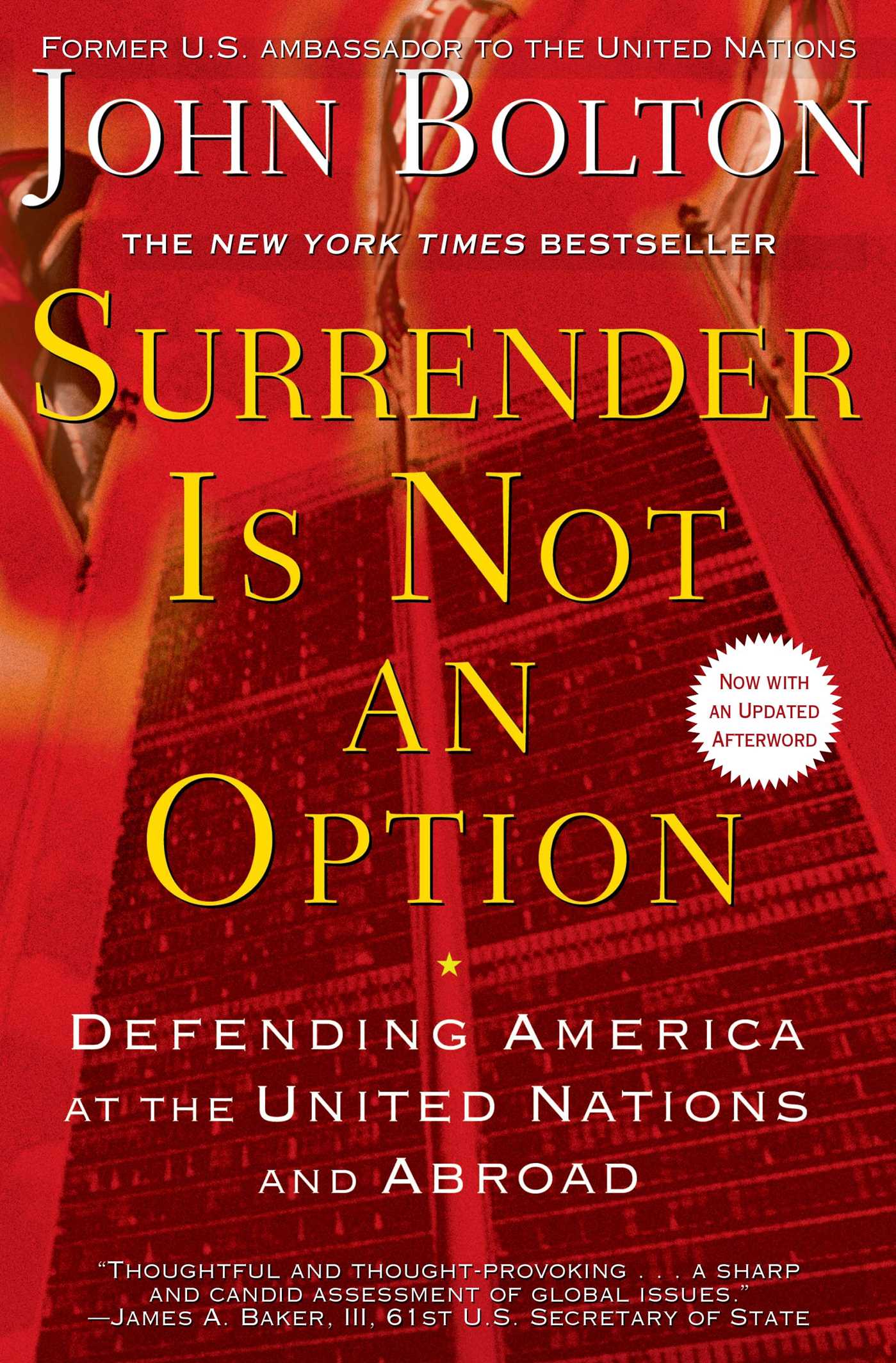
Surrender is Not an Option: Defending America at the United Nations and Abroad
In the book "Surrender is Not an Option: Defending America at the United Nations and Abroad," the author emphasizes the importance of standing firm in defense of America's interests, explaining that surrender should never be considered as a viable option in international relations. The book likely offers insights into strategies for navigating diplomatic challenges while maintaining a strong stance on key issues.

Language: Setting the stage
Part of Language and Diplomacy (2001): Benoit Girardin takes a philosophical approach to rhetoric - along with the issues of interpretation and ethics. He examines each of these three fields and its relation to diplomatic practice and negotiations, showing with examples how diplomatic language exhibiting either a lack or an excess of any of these qualities may lead to problems.
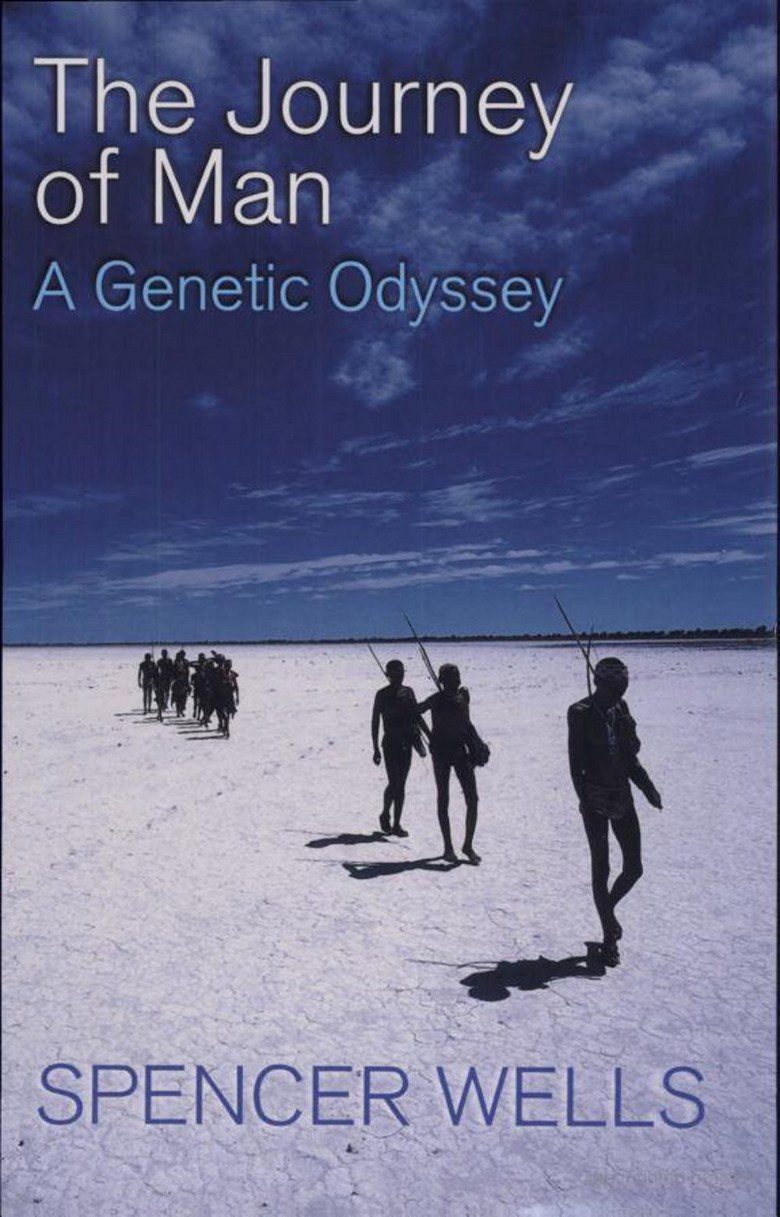
The Journey of Man: A Genetic Odyssey
If God ever gave mankind a mission – it was not so much to multiply as to walk. And walk we did, to the farthest corners of the earth. Homo sapiens sapiens is the only mammal to have spread from its place of origin, Africa, to every other continent – before settling down to sedentary life ogling a TV screen or monitor, that is.
Assessing implementation mechanisms for an international agreement on research and development for health products
The Member States of the World Health Organization (WHO) are currently debating the substance and form of an international agreement to improve the financing and coordination of research and development (R&D) for health products that meet the needs of developing countries. In addition to considering the content of any possible legal or political agreement, Member States may find it helpful to reflect on the full range of implementation mechanisms available to bring any agreement into effect. These include mechanisms for states to make commitments, administer activities, manage financial co...
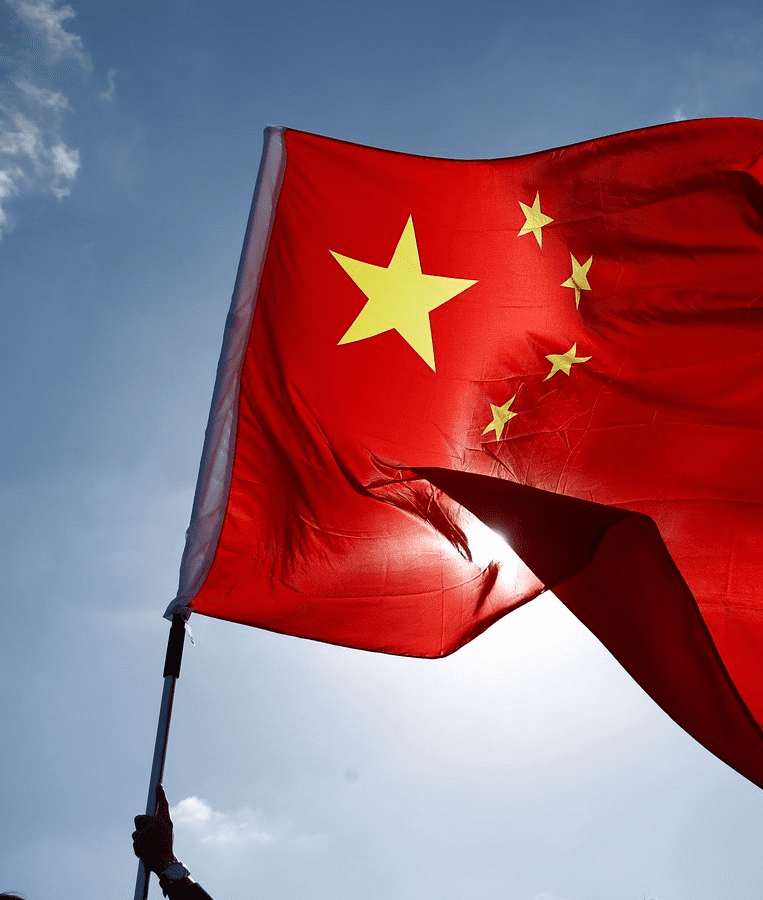
China’s Soft Power in the Information Age: Think Again
This essay provides a comprehensive analysis of the Chinese public diplomacy in the digital era.
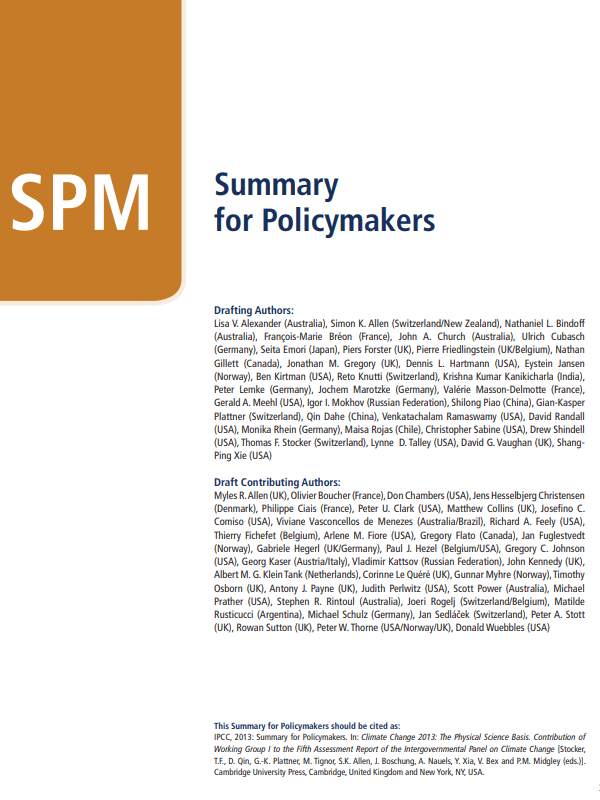
Fifth Assessment Report: Summary for Policymakers
The document provides a comprehensive summary of the scientific understanding of climate change, highlighting key findings, observed changes, and projected impacts, as assessed by the Working Group I contribution to the Fifth Assessment Report (AR5) of the Intergovernmental Panel on Climate Change (IPCC).

DC Confidential: The controversial memoirs of Britain’s ambassador to the U.S. at the time of 9/11 and the Iraq War
DC Confidential: The controversial memoirs of Britain's ambassador to the U.S. at the time of 9/11 and the Iraq War.
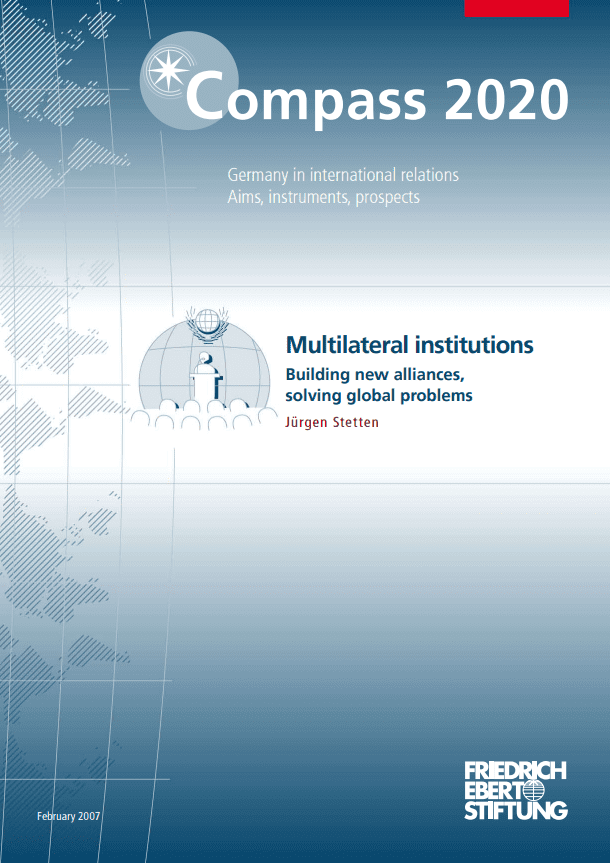
Multilateral Institutions: Building New Alliances, Solving Global Problems
The mountain of global problems, viz. the list of world tasks that can be solved only collectively by the international community, continues to grow. At the same time, the multilateral institutions find themselves in the midst of a difficult process of change, one marked by a high degree of mistrust and fragmentation in the international community as well as by a low level of willingness and ability to tackle global tasks in the multilateral framework. This trend has been due to certain unilateral reflexes that emerged when the Cold War drew to a close and above all to the experiences th...
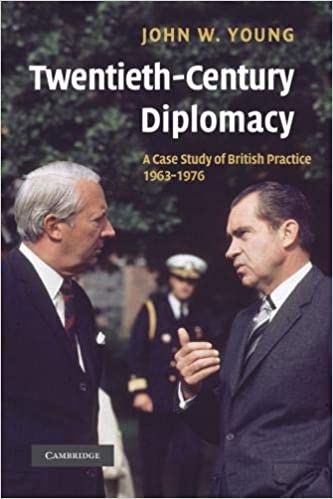
Twentieth Century Diplomacy: A case study of British practice, 1963-1976
The book review discusses a case study of British diplomacy from 1963 to 1976. It delves into various diplomatic methods employed during this period, such as resident embassies, special missions, summitry, state visits, and dealing with unfriendly governments. The study highlights the importance of traditional diplomatic practices alongside newer forms, showing how they complement rather than compete with each other. The review praises the book's thorough research and insightful analysis, suggesting it as a model for enhancing understanding of diplomatic practices in different contexts.

Language and negotiation: A Middle East lexicon
Part of Language and Diplomacy (2001): Professor Raymond Cohen writes that "when negotiation takes place across languages and cultures the scope for misunderstanding increases. So much of negotiation involves arguments about words and concepts that it cannot be assumed that language is secondary." With numerous examples of the culturally-grounded references, associations and nuances of certain words and phrases in English and the Middle Eastern languages (Arabic, Turkish, Farsi and Hebrew), Cohen introduces his project of developing a negotiating lexicon of the Middle East as a guide for condu...
The challenge of regionalism
The challenge of regionalism is to balance the benefits of local autonomy with the need for cooperation and unity on broader issues. It seeks to foster collaboration among neighboring areas while respecting their unique identities and interests. Regionalism aims to address common challenges and opportunities through shared goals and strategies, promoting sustainable development and collective well-being. It requires finding a delicate equilibrium between fostering regional cohesion and preserving individual identities, all while working towards common objectives for the greater good of the reg...

European challenges to cross cultural borders
The text addresses the challenges faced by Europeans when navigating cross-cultural boundaries.

Diplomacy on a south-south dimension
Building international diplomacy requires understanding ourselves, others, and how we relate together. It also involves understanding how others relate among themselves. In efforts to internationalise and build a truly global future, the consideration of contacts among all parts of the world becomes critical. The sustained diplomatic cooperation that has taken place in the last 50 years between China and African nations is an instructive example. This major phenomenon is the focus of this paper.
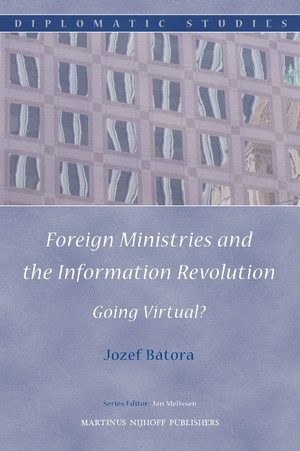
Foreign Ministries and the Information Revolution: Going Virtual?
The ongoing information revolution is perceived as a profound organizational challenge for foreign ministries. Yet there is only scant empirical evidence on the nature of the change dynamics. Anchored in new institutionalist approaches in political science, this book reconceptualizes diplomacy as an institution of the modern state order and identifies its key organizing principles maintained by the global group of foreign ministries. With this conceptualization as a point of departure, the book provides a comparative analysis of information technology effects in the foreign ministries of Canad...

The Positive Branding of Islam: A Case Study of Islamic Countries, their Public Diplomacy Efforts and Effectiveness
Abstract: This thesis examines if any attempts are made by the Muslim world to address the current negative image of Islam using public diplomacy (PD) and if these efforts are effective and successful. It is the aim of this research to show that the correct use of PD can result in a positive improvement of the image of Islam.
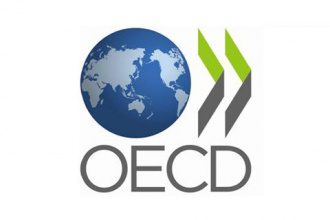
Why modernise official development assistance?
Most ODA continues to be provided in the form of grants. Nonetheless, concessional loans – in other words, loans provided on favourable terms to developing countries – are also important, and will continue to play a key role in mobilising resources to support the Sustainable Development Goals (SDGs). The concept of ODA was developed by the OECD Development Assistance Committee (DAC) in 1969, yet until recently the definition of what made a loan “concessional in character” – which in turn determines the extent to which a loan can be reported as ODA – was open to interpretation. ...
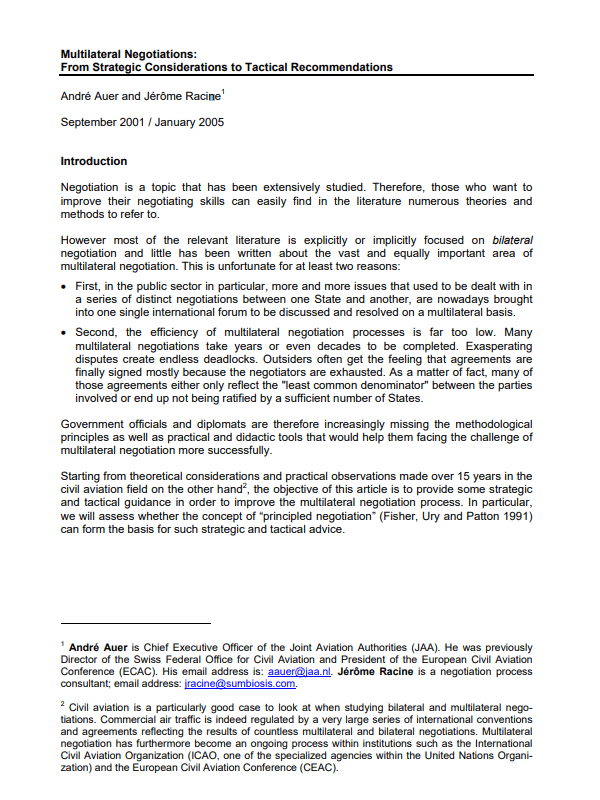
Multilateral Negotiations: From Strategic Considerations to Tactical Recommendations
The text provides strategic insights and tactical recommendations for navigating multilateral negotiations effectively, offering guidance on achieving diplomatic goals in complex international settings.
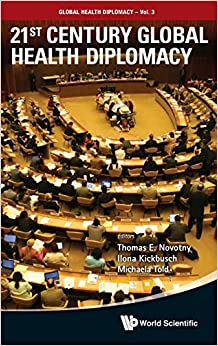
21st century health diplomacy: A new relationship between foreign policy and health
The 21st century sees a shift towards the integration of foreign policy and health, emphasizing the importance of health diplomacy in global affairs.
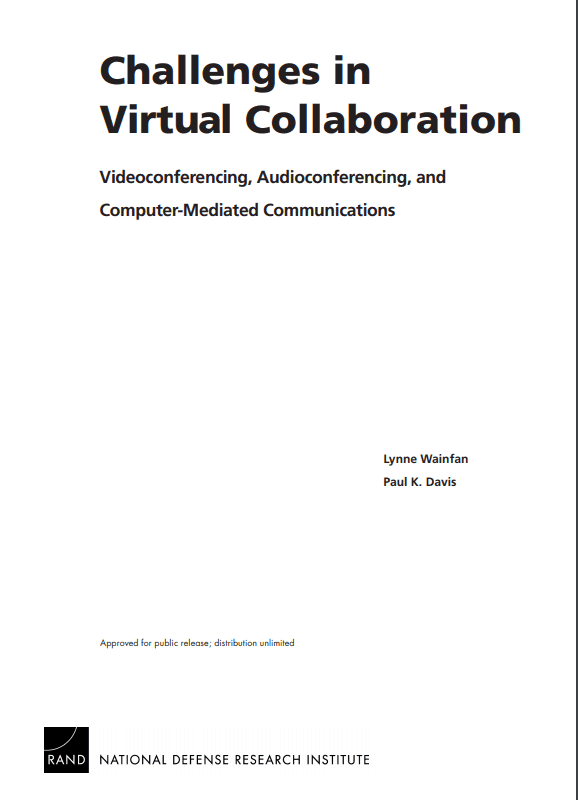
Challenges in Virtual Collaboration: Videoconferencing, Audioconferencing and Computer Mediated Communications
This report was developed as part of a larger project on aids to highlevel national-security decisionmaking. It discusses the effects of the medium of collaboration (face-to-face, videoconferencing, audioconferencing, or computer-mediated conferencing) on group processes and outcomes.

Conclusions (‘Salina Bay’ Conclusions)
The following is a list of reflections derived from the International Conference on Multistakeholder Diplomacy, held in Malta ,11-13 February, 2005. The Salina Bay Conclusions were an official statement delivered by Ambassador Saviour F. Borg, Permanent Representative of Malta to the United Nations in Geneva, during the PrepCom 2 Plenary of the World Summit on the Information Society (Geneva, 24 February 2005).

Knowledge management in the Ministry of Foreign Affairs of Malta
In this paper, Maltese diplomat Gaetan Naudi explains how the Maltese MFA embraced the changes introduced by the informatics era. He looks at such changes from a business management perspective, to show how ICTs were introduced to such a fairly large organisation, the concerns raised by the changes, and the progress on computerised knowledge management. He concludes that despite the positive changes introduced thanks to ICTs, this would not have been possible without human involvement.

Small island states in the face of climatic change: The end of the line in international environmental responsibility
Small island states are disproportionately affected by climate change but are least responsible for causing it. They face severe consequences such as rising sea levels and extreme weather events, despite contributing very little to global carbon emissions. This poses a challenge to international environmental responsibility as these countries are vulnerable to the effects of climate change while having limited resources to adapt and mitigate its impacts.
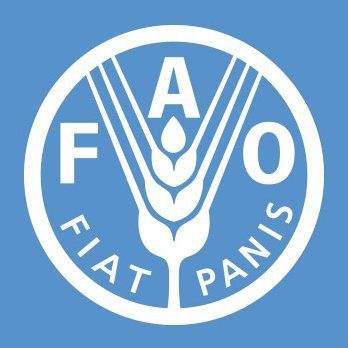
Special Ministerial Event on Food Security and Sustainble Development in Small Island Developing States
A summary of the Special Ministerial Event on Food Security and Sustainable Development in Small Island Developing States.

The multistakeholder model in Internet policy-making: A case study of Paraguay
Internet Governance was a vague topic in Latin America and especially in Paraguay. Only after Snowden´s revelations of mass surveillance, the topic becomes familiar.

History and the evolution of diplomacy
Update: Visit our page on History of Diplomacy and Technology, where we try to discover how civilizations dealt with ‘new’ technologies, from simple writing, via the telegraph, to the internet.

Finance, Trade and Politics in British Foreign Policy, 1815-1914
The text explores the interplay of finance, trade, and politics in British foreign policy from 1815 to 1914. It discusses how economic factors influenced decision-making and shaped diplomatic relations during this period.
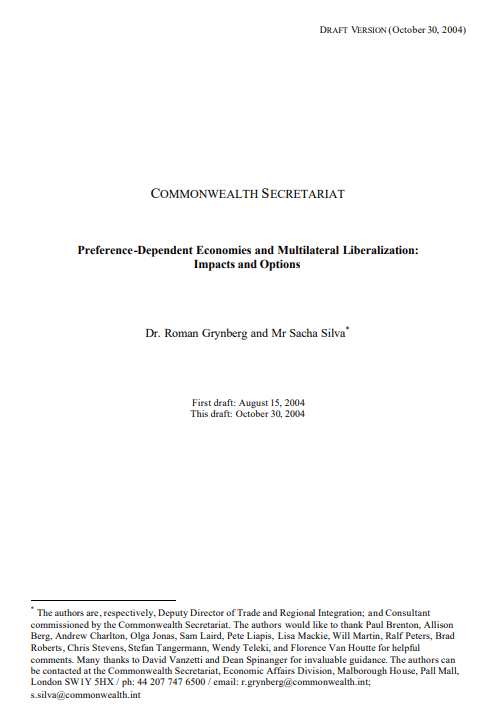
Preference-Dependent Economies and Multilateral Liberalization: Impacts and Options
The text examines the impacts and options surrounding multilateral liberalization within preference-dependent economies, shedding light on the complexities and considerations involved in navigating trade policies in such contexts.

How the ‘inscrutables’ negotiate with the ‘inscrutables’: Chinese negotiating tactics vis-à-vis the Japanese
I had the opportunity to participate in the five major negotiations between China and Japan from 1972 to 1975 (i.e., the talks over the normalization of diplomatic relations, and the aviation, trade, shipping and fishery agreements), and to observe the tactics, both offensive and defensive, used by the Chinese participants. Personal impressions are bound to be biased, but fortunately there are at least two books which give us detailed accounts of negotiations between China and Japan in the post-war period. These are The Record of Fishery Talks between China and Japan and The Secret Memorandum ...
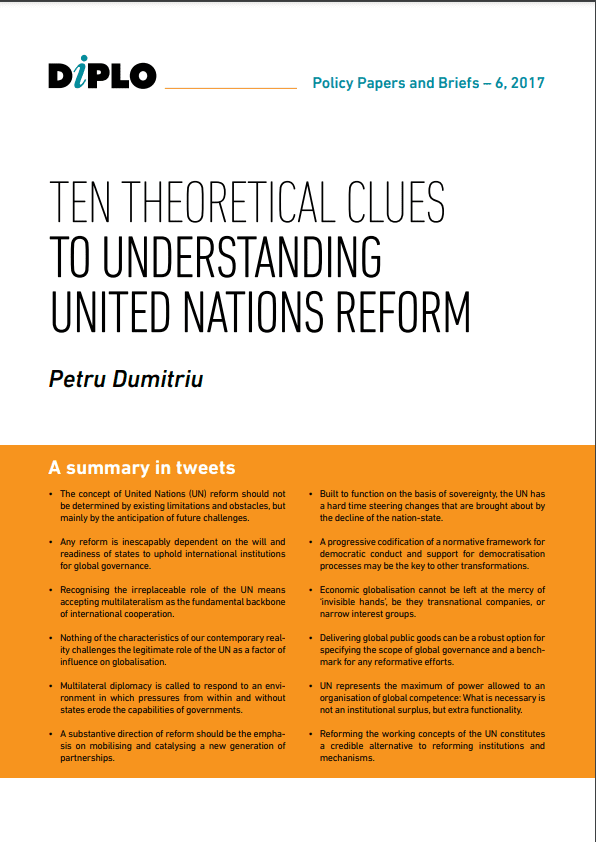
Ten theoretical clues to understanding United Nations reform (Briefing Paper #6)
The message provides ten theoretical clues for understanding United Nations reform in Briefing Paper #6.
The Visa Dimension of Diplomacy
The text provides an overview of how visas play a crucial role in diplomatic relations between countries. It discusses the importance of visa policies in shaping international interactions, fostering bilateral relationships, and promoting various diplomatic objectives. The article emphasizes the significance of understanding the visa dimension in diplomacy for effective communication and cooperation between nations. Overall Summary: The text explores the essential role visas play in diplomatic relations, highlighting their significance in shaping international interactions and fostering bilate...
The security of small nations: Challenges and defences
The 'essentially contested concept' of security is analysed, and some main kinds of ambiguity and dimensions outlined: level, kind of threat and kind of defence. Discourses on security, particularly of small nations, must avoid being trapped into dealing only with one level (national, which in practice normally means state), one kind of threat (military) and one kind of defence (again military). There is no clear relation between kind of alignment and military expenditures, but non-aligned states are overrepresented both among the very high armers and among the very low armers. Increasing gaps...
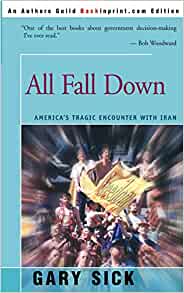
All Fall Down: America’s fateful encounter with Iran
All Fall Down is the definitive chronicle of Americas experience with the Iranian revolution and the hostage crisis of 1978-81. Drawing on internal government documents, it recounts the controversies, decisions and uncertainties that made this a unique chapter in modern American history. From his personal experiences, the author draws revealing portraits of the people who engaged in this test of wills with an Islamic revolutionary regime.

Secret Channels: The Inside Story of Arab-Israeli Peace Negotiations
Secret Channels: The Inside Story of Arab-Israeli Peace Negotiations" delves into the clandestine negotiations that paved the way for peace agreements between Arab nations and Israel. It provides insight into the complexities, challenges, and breakthroughs that occurred during these diplomatic efforts, offering a behind-the-scenes look at the intricate process of brokering peace in the Middle East.
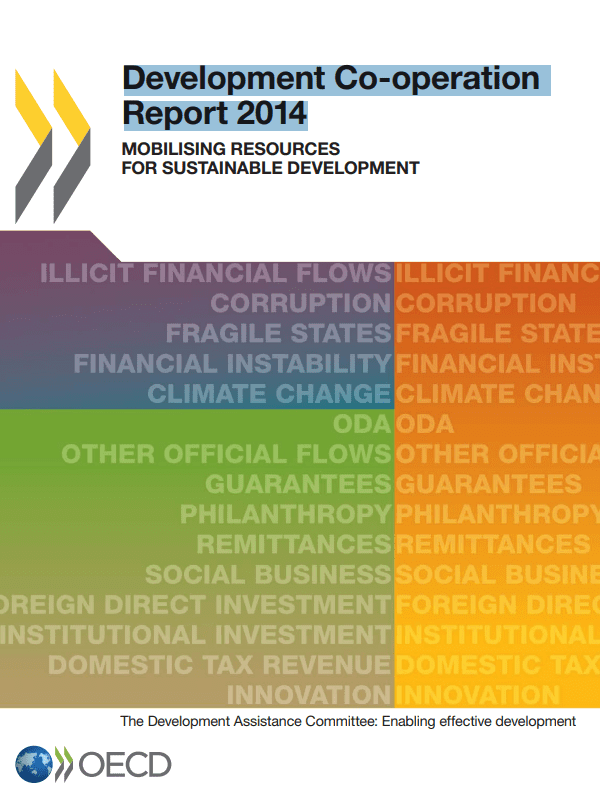
Development Co-operation Report 2014: Mobilising Resources for Sustainable Development
The Development Co-operation Report 2014 emphasizes the importance of mobilizing resources for sustainable development. It highlights the need for effective partnerships, innovative financing mechanisms, and increased transparency to achieve development goals. The report also stresses the importance of policy coherence, human rights-based approaches, and the engagement of a wide range of stakeholders in development efforts.
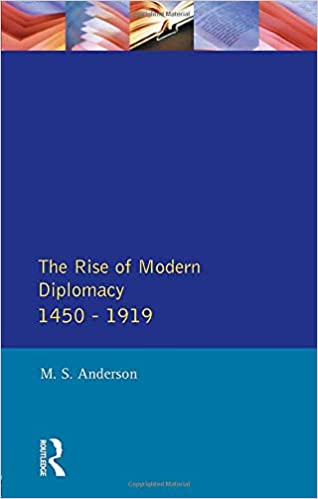
The Rise of Modern Diplomacy, 1450-1919
The text discusses how modern diplomacy evolved between 1450 and 1919, highlighting the changes in diplomatic practices, the emergence of new diplomatic actors, and the impact of historical events on diplomacy during this period.
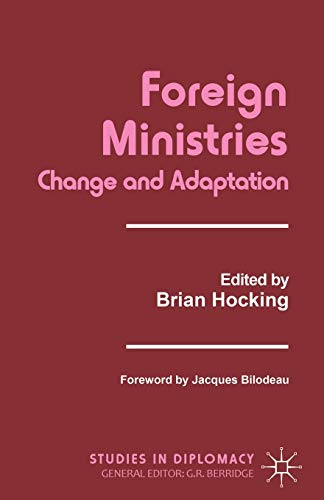
Foreign Ministries: Change and adaptation
The message talks about how foreign ministries need to adapt and change to meet the demands and challenges of the modern world.

The development of multilateral diplomacy and its fundamental role in global security and progression.
This dissertation is written to present the notion of peace and security to be the direct result of international cooperation through multilateral means
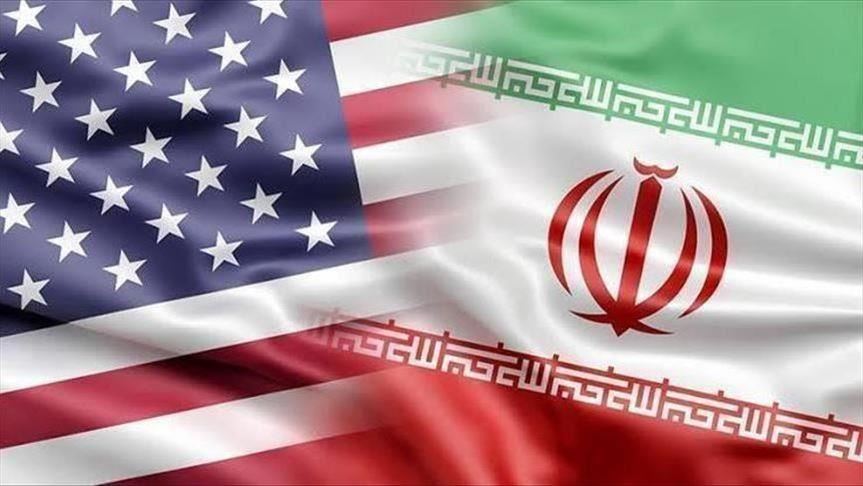
Public Diplomacy in the Middle East: A Comparative Analysis of the U.S. and Iran
The message provides a comparative analysis of public diplomacy strategies employed by the United States and Iran in the Middle East.
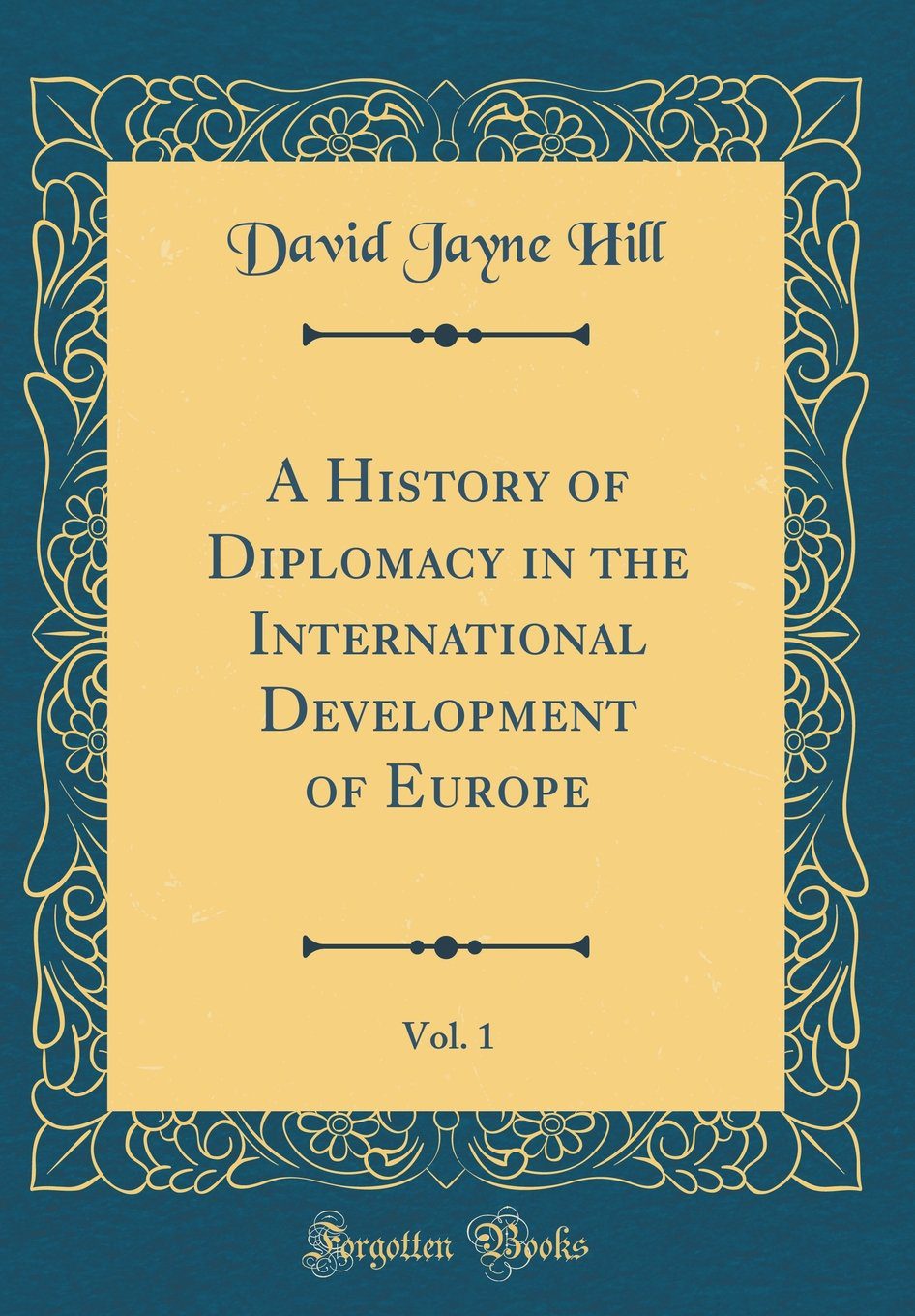
A History of Diplomacy in the International Development of Europe, vol. 1
Although special questions and particular periods of diplomatic history have been carefully studied and ably discussed by historical writers, it is a noteworthy fact that no general history of European diplomacy exists in any language.
On intercultural training of diplomats
Today the world is becoming smaller and smaller - distances shrink and become irrelevant, information flows are immense and very fast. People tend to speak foreign languages and, to their surprise, find out that this is not enough. There is more to it, and it is culture. It is of paramount importance to educate a generation of people capable of communicating effectively and working together with representatives of other cultures.

Emerging Leaders for a Digital World (2011): Dalsie Greenrose Kalna Baniala from Vanuatu
‘With the number of training courses I have attended, including attending the Internet Governance Forum (IGF), I have learnt a lot.’
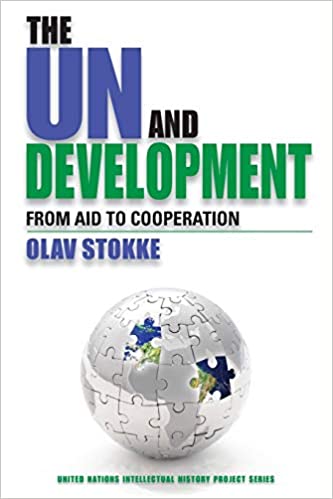
The United Nations and Development: From Aid to Cooperation
The text examines the evolution of the United Nations' approach to development, emphasizing the transition from traditional aid-based strategies to collaborative cooperation frameworks aimed at sustainable development outcomes.
The international dimension in national higher education policies: What has changed in Europe in the last five years?
The text discusses changes in European higher education policies over the last five years with a focus on the international dimension.
Governing global health: Is Europe ready?
The text discusses Europe's readiness in governing global health.
The Role of NRNs in Nepal’s Economic Diplomacy
The text discusses the significance of Non-Resident Nepalis (NRNs) in Nepal's economic diplomacy efforts, highlighting their role in promoting trade, investment, and cultural exchanges between Nepal and other countries. NRNs serve as crucial bridges connecting Nepal to the global market and facilitating economic growth and development through their expertise, resources, and networks. Their contributions play a vital role in expanding Nepal's international presence and fostering mutually beneficial relationships with foreign nations.
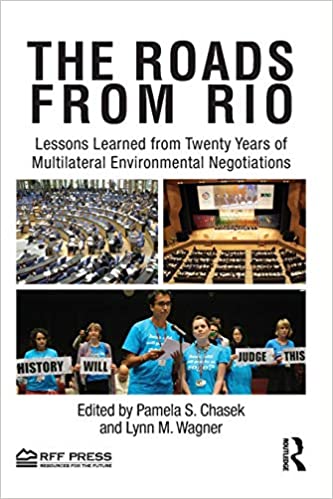
The Roads from Rio: Lessons Learned from Twenty Years of Multilateral Environmental Negotiations
The text discusses key lessons learned from two decades of multilateral environmental negotiations, emphasizing insights gained since the Rio conference.

The geopolitics of access to oil resources: The case of Uganda
Ten years ago, Uganda joined other sub-Saharan African Countries with new discoveries of oil; and just as the case always is, this news comes with high prospects for development and economic transformation. These ambitious projections are always based on the success stories of oil money in other countries without prejudice to the fear of the infamous oil curse that results from poor exploitation of oil revenues. With these aspirations at hand, Uganda has clearly stated in its national polices and development plans the fact that the country's development in the next 30 years shall be largely de...

The languages of the Knights
Part of Language and Diplomacy (2001): In his examination of the languages used by the Knights of St John in Rhodes and Malta during the 14th to 16th centuries, Professor Joseph Brincat applies the methodology of historical linguistics. As an international and multi-lingual entity, the Order faced difficulties with its administrative methods intimately linked to linguistic issues.
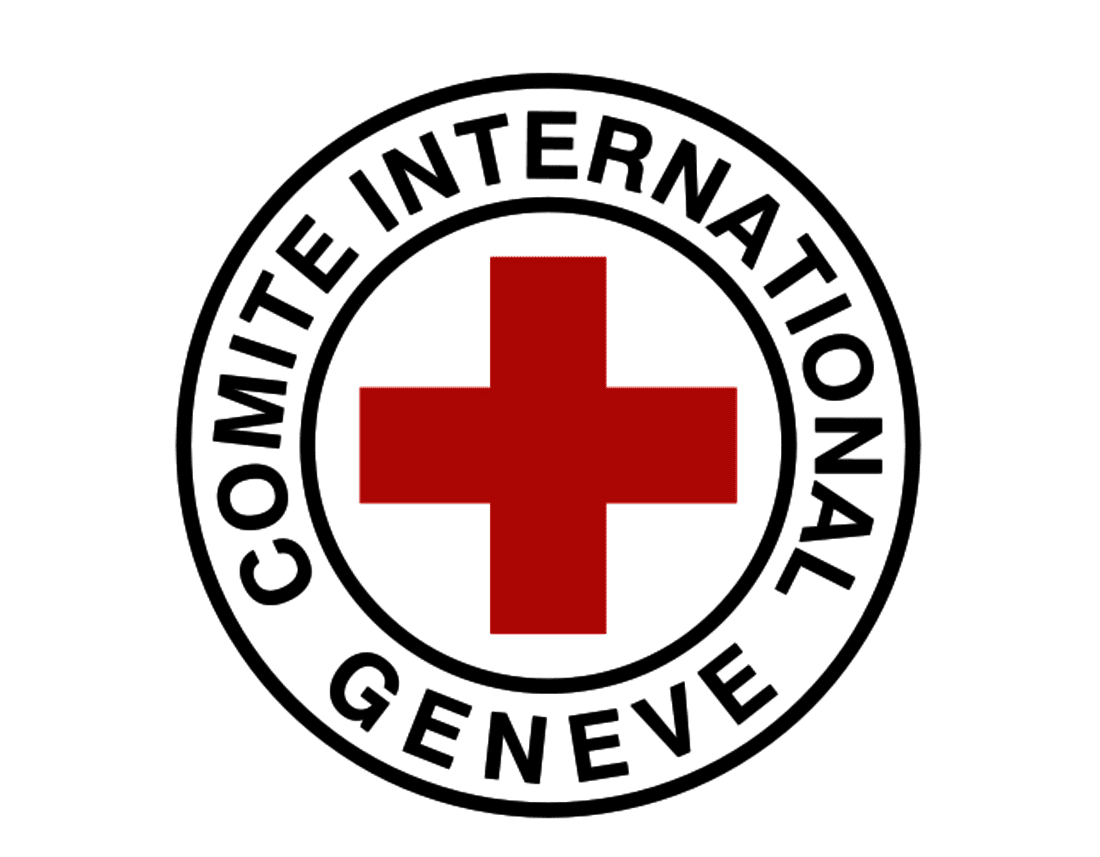
Strengthening of the Coordination of Emergency Humanitarian Assistance of the United Nations
The text discusses the Strengthening of the Coordination of Emergency Humanitarian Assistance of the United Nations.

5th MIKTA Foreign Ministers’ Meeting: Joint Communiqué
The Joint Communiqué issued at the 5th MIKTA Foreign Ministers' Meeting emphasizes the commitment to enhancing cooperation in various fields such as global health, climate change, sustainable development, and peace and security. The document reaffirms support for a rules-based international order, multilateralism, and the United Nations. MIKTA members also expressed solidarity in addressing challenges brought by the COVID-19 pandemic and agreed on the importance of equitable global vaccine distribution. The meeting highlighted the significance of promoting regional peace and stability, unders...

The Role of Religion in Shaping Saudi Arabia’s Foreign Policy Towards Sub Saharan Africa: A Case Study of Uganda
Cultural and geographical proximity between Saudi Arabia and Sub-Sahara African region makes the relations between the two sides an interesting and wanting area of study. It was against this backdrop that this researcher decided to investigate into this important area.

World Bank Symposium: Assessment for Global Learning
This session highlighted the need for a clear vision and strategy on the part of the international development community if we are to overcome the global “learning crisis”. This vision must place learning at the core of the post-2015 development agenda – as a tool that contributes to personal, social, and economic development. Many developing countries currently lack the vision and leadership required to overcome the learning crisis. If action is not taken, the situation will only worsen.

Is a special treatment of small island developing States possible?
The text outlines the challenges faced by Least Developed Countries (LDCs) in achieving sustainable development and proposes strategies to address these issues through international cooperation and policy interventions.

Strengthening Regional Management: A Review of the Architecture for Regional Co-operation in the Pacific
The review focuses on the architecture for regional co-operation in the Pacific and aims to strengthen regional management in the area.
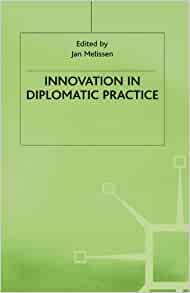
Innovation in Diplomatic Practice
The text discusses the need for innovation in diplomatic practice to address modern challenges effectively. Diplomats must adapt to changing dynamics, such as digital diplomacy and non-state actors, to achieve diplomatic objectives successfully. Traditional diplomatic methods may need to be revised or replaced to meet the demands of contemporary international relations. Innovation and creativity are essential for diplomats to navigate complex global issues and promote peace and cooperation among nations.
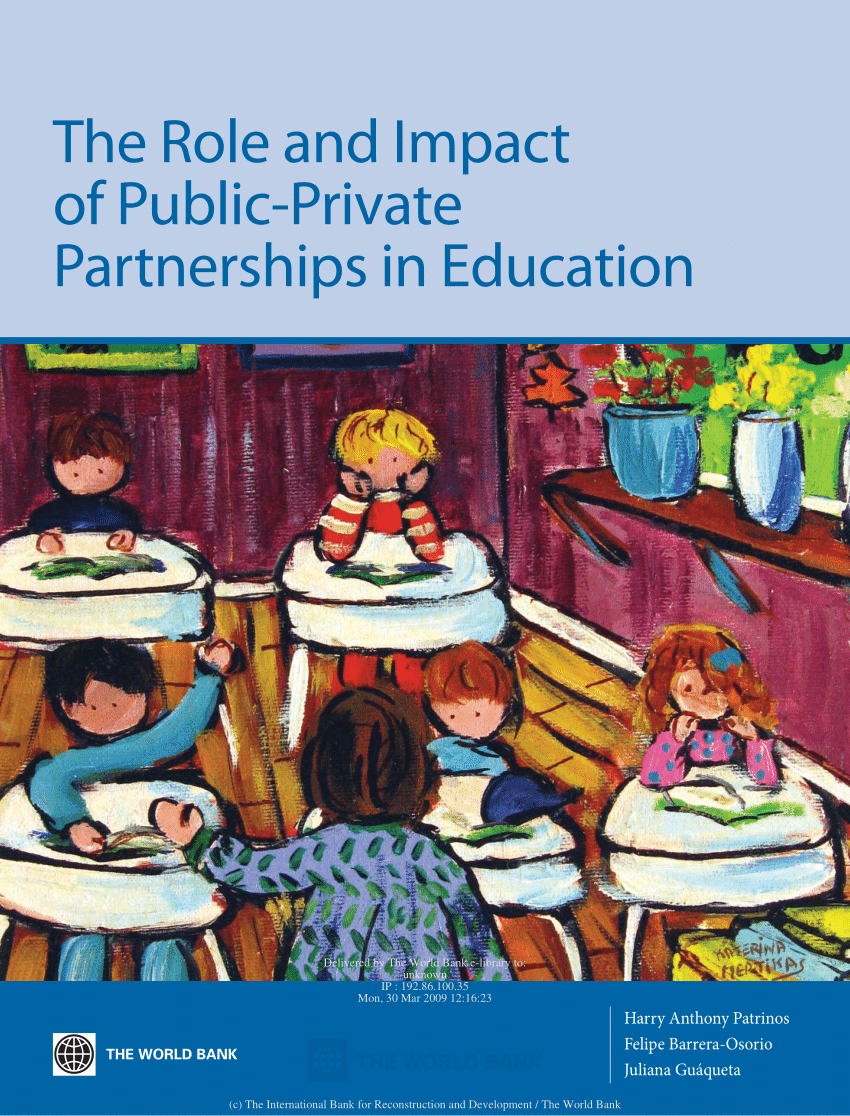
The Role and Impact of Public-Private Partnerships in Education
The article discusses the significance of public-private partnerships in education. These partnerships bring together government resources and private sector expertise to enhance educational initiatives. By combining forces, they can address common challenges, improve access to quality education, and foster innovation in educational practices. Public-private partnerships play a vital role in expanding educational opportunities and improving outcomes for students globally.
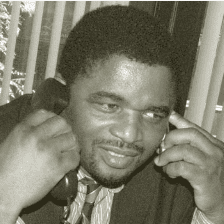
Broadening the diplomatic bandwidth
‘I believe whistle-blowing websites have a greater role to play in the future of the humankind. These are a few of the issues that I became aware of through DiploFoundation, on whose blogosphere these issues continue to be debated.’ - Felix Samakande from Zimbabwe
From sovereignty to solidarity: A renewed concept of global health for an era of complex interdependence
The text discusses the necessity of transitioning from a focus on sovereignty to a more collaborative approach centered around solidarity in the realm of global health, reflecting the complexities of our interconnected world.
Public Diplomacy and Nation Branding: Conceptual Similarities and Differences
In the text "Public Diplomacy and Nation Branding: Conceptual Similarities and Differences," the authors explore how public diplomacy and nation branding share common goals of improving a country's reputation and influence globally. They highlight the distinctions between the two concepts, emphasizing public diplomacy's focus on building relationships through communication, while nation branding involves promoting a country's image and identity. The authors discuss how these practices can complement each other in shaping international perceptions of a nation.

EU Strategy for Africa
The EU Strategy for Africa aims to strengthen partnerships with African countries through political dialogue and cooperation on various issues, including peace and security, migration, trade, and investment. It prioritizes sustainable development, job creation, green growth, and digitalization to foster a mutually beneficial relationship between the EU and Africa. By working together, the EU and African countries can address common challenges, promote prosperity, and achieve shared goals for the benefit of both regions.
A Game Change in Global Health. The Best is Yet to Come
Health will continue to gather strength as a global public domain if it links itself strategically with other transnational agendas and strengthens its political ability to produce global public goods for health. Three new political spaces offer opportunities to take the global health agenda a significant step forward: the emerging new development paradigm, the post-2015 debates at the United Nations and the dynamics created through the increasing trans-border health challenges the World Health Organization (WHO) must deal with under conditions of globalization.
The latest from Diplo and GIP
Tailor your subscription to your interests, from updates on the dynamic world of digital diplomacy to the latest trends in AI.
Subscribe to more Diplo and Geneva Internet Platform newsletters!
Diplo: Effective and inclusive diplomacy
Diplo is a non-profit foundation established by the governments of Malta and Switzerland. Diplo works to increase the role of small and developing states, and to improve global governance and international policy development.

